MAY 2025
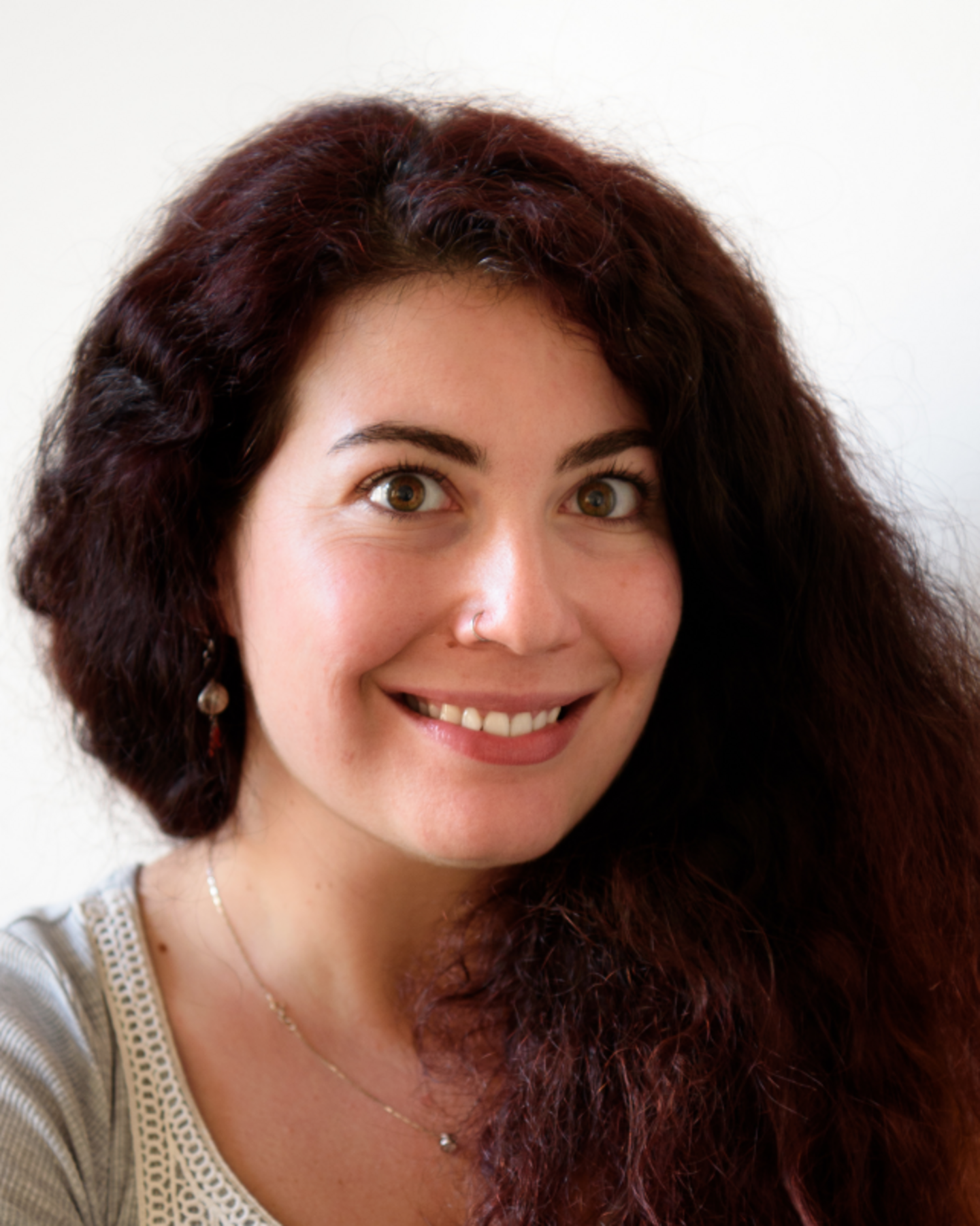
© Tiss: Renata Raidou
Associate Prof. Dr. Renata Georgia Raidou, opens an external URL in a new window has been assigned to the Institute of Visual Computing and Human-Centered Technology, opens an external URL in a new window (E193) at the Faculty of Computer Science, opens an external URL in a new window as Associate Professor of Biomedical Visualization on 1.5.2025.
Renata Raidou comes from Greece and studied Electrical and Computer Engineering at NTUA, the National Technical University of Athens. She completed a further Master's degree in Biomedical Engineering at TU Delft (Netherlands). She then stayed in the Netherlands and completed her PhD at TU Eindhoven in 2017 with a dissertation entitled "Visual Analytics for Digital Radiotherapy: Towards a Comprehensible Pipeline, opens an external URL in a new window" (for which she received the Best PhD Award 2018 from the EuroVis Awards). In 2017 - after around 7 years in the Netherlands - she moved to Vienna for the first time and took up a postdoc position at the Institute for Visual Computing and Human-Centered Technology (E193) at TU Wien. The opportunity of a position as assistant professor brought her back to the Netherlands, this time to the University of Groningen. In April 2021, she moved to TU Wien for good after successfully securing a career position at TU Wien in the field of Biomedical Engineering. She has now successfully completed this by qualifying as an Associate Professor. In addition, she was awarded the Dirk Bartz Prize for Visual Computing in Medicine (1st place) and the EuroVis Young Researcher Award 2022 at Eurographics 2017.
Renata Raidou's scientific home is in the Computer Graphics research area (E193-02), where she works on the design of visualization and visual analytics strategies that can be applied in the biological and medical field.
Publications by Renata Raidou in the Scopus, opens an external URL in a new window database and in ReposiTUm, opens an external URL in a new window.
[Website Renata Raidou, opens an external URL in a new window]
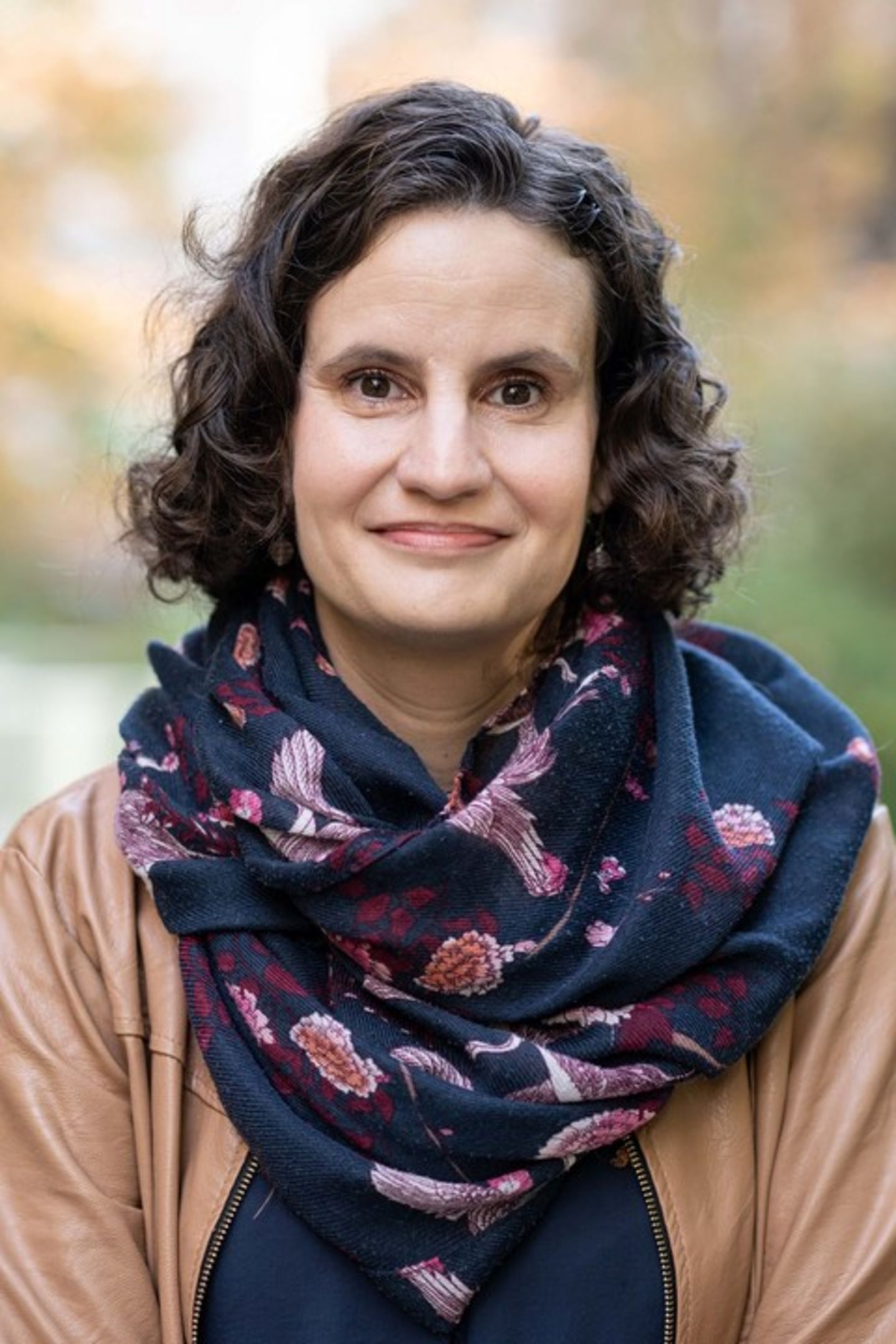
© Tiss: Astrid Weiss
Associate Prof. Mag.phil. Dr. Phil. Astrid Weiss, opens an external URL in a new window has been assigned to the Institute of Visual Computing and Human-Centered Technology, opens an external URL in a new window (E193) at the Faculty of Computer Science, opens an external URL in a new window as Associate Professor for Human Interaction with Embodied Artificial Intelligence since 1.5.2025.
Astrid Weiss completed her studies in sociology with a focus on empirical research methods and applied statistics at the University of Salzburg. She also completed her dissertation on "Validation of an Evaluation Framework for Human-Robot Interaction, opens an external URL in a new window" there in 2010 and subsequently remained associated with the University of Salzburg as a postdoc. In 2013, she moved to TU Wien (Faculty of Electrical Engineering and Information Technology, Institute of Automation and Control Engineering - ACIN) with a Hertha Firnberg Scholarship. In 2017, she was awarded an Elise Richter Scholarship from the FWF, which she used to move to the Faculty of Computer Science at TU Wien. In 2018, Astrid Weiss also became a member of the Young Academy of the Austrian Academy of Sciences, opens an external URL in a new window. In 2022, she successfully applied for a career position on the topic of "Human Interaction with Embodied Artificial Intelligence" and was appointed Assistant Professor. In 2022, she also obtained her Venia Docendi with the topic "One cannot know everything - On the Need of Epistemological Diversity in Human-centered HRI Research" at the University of Salzburg. In 2025, she successfully completed her career with the qualification of Associate Professor.
Astrid Weiss's scientific home is in the research area Human Computer Interaction (E193-05), where she specializes in research into the interaction of humans and robots.
Publications by Astrid Weiss in the Scopus, opens an external URL in a new window database and in ReposiTUm, opens an external URL in a new window.
[Website Astrid Weiss, opens an external URL in a new window]
APRIL 2025
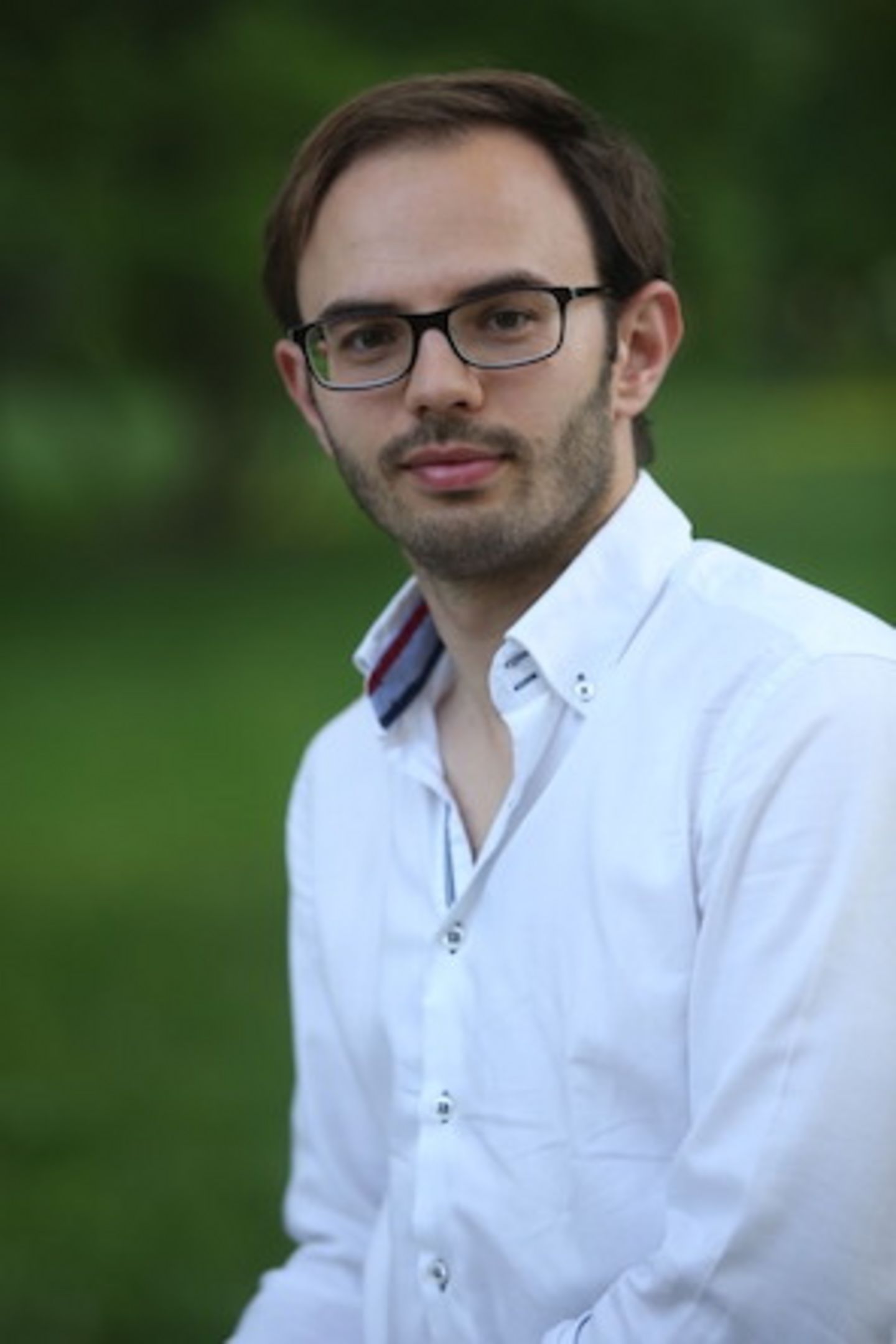
Associate Prof. Dipl.-Ing. Dr.techn. Lukas Eberhardsteiner, opens an external URL in a new window has been assigned to the Institute of Transportation Sciences (E230) at the Faculty of Civil and Environmental Engineering as Associate Professor of Structural Transportation Engineering since 1.4.2025.
Lukas Eberhardsteiner comes from Linz in Upper Austria. He completed his degree in Civil Engineering and Infrastructure Management at the TU Wien. After completing his studies, he started as a university assistant at the Institute of Transportation Sciences and received his doctorate there in 2014 with a dissertation on the topic of "Extension of the multi-scale model for predicting the stiffness of asphalt to take bitumen ageing into account in superstructure dimensioning (Erweiterung des Mehrskalenmodells für die Vohersage der Steifigkeit von Asphalt zur Berücksichtigung der Bitumenalterung in der Oberbaudimensionierung, opens an external URL in a new window)". After his dissertation, he completed a one-year research stay abroad at the Department of Structural Engineering at TU Delft. He then continued to work as a postdoc at the aforementioned institute and was able to continue his academic career at TU Wien in 2019 by successfully acquiring a career position on the subject of "Constructive traffic route construction". He was appointed Assistant Professor in 2020 and received his Venia Docendi in the field of "Constructive Road Engineering, opens an external URL in a new window" in 2024. He has now successfully completed his career with the qualification of Associate Professor.
Lukas Eberhardsteiner's scientific home is anchored in the Road Engineering research area (E230-03), where he works on material and structural modeling in road construction and the mechanical behavior of road construction materials as well as the simulation of the structural behavior of road structures. These applied methods are used, for example, for the scientific support of new construction methods and for the targeted dimensioning of asphalt, concrete and paved roads.
Publications by Lukas Eberhardsteiner in Scopus, opens an external URL in a new window and in the ReposiTUm, opens an external URL in a new window of the TU Wien.
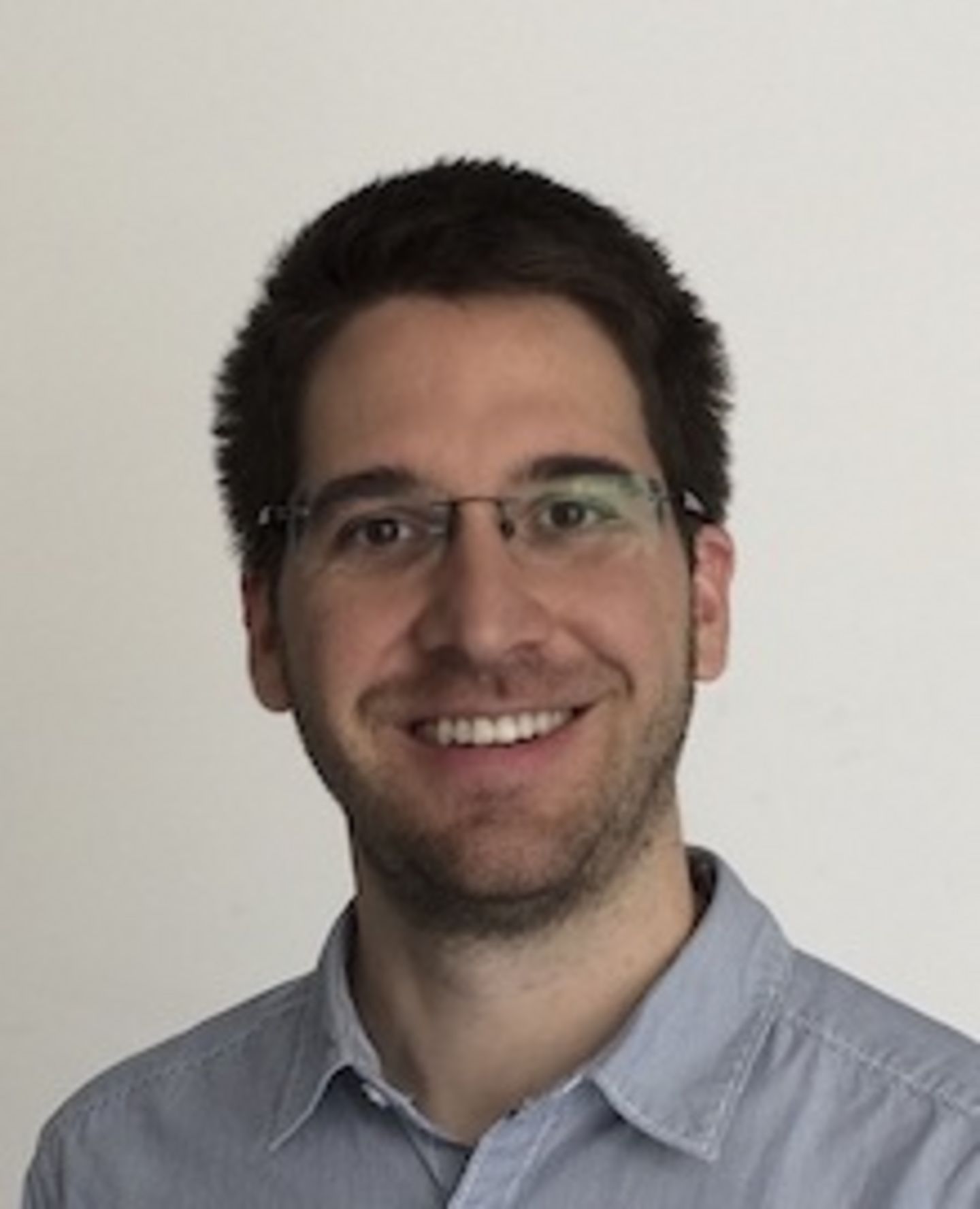
© Tiss: Markus Kubicek
Associate Prof. Dipl.-Ing. Dr.rer.nat. Markus Kubicek, opens an external URL in a new window has been assigned to the Institute of Chemical Technologies and Analytics, opens in new window (E164) at the Faculty of Technical Chemistry as Associate Professor of Functional Ceramics since April 1, 2025.
Markus Kubicek comes from Vienna and studied Technical Chemistry at TU Wien. He then obtained his doctorate there in 2013 with a dissertation on "Lanthanum Strontium Cobaltite as a Model System to Study Relationships of Surface Chemistry, Structure, and the Oxygen Exchange Kinetics, opens an external URL in a new window". After completing his dissertation, he took up a two-year postdoctoral position in the field of electromechanical materials at ETH Zurich, but returned to TU Wien in 2015. The successful acquisition of a career position on the topic of "functional ceramics" in 2020 gave him a long-term perspective for his scientific career. In January 2025, he was also awarded the Venia Docendi for the subject of "Electrochemistry, opens an external URL in a new window" after completing his habilitation. He has now also successfully completed his career with the qualification of Associate Professor.
Markus Kubicek's scientific home is the Solid State Ionics research group within the Technical Electrochemistry research area (E164-04), where he works on all aspects of functional ceramics.
Publications by Markus Kubicek in Scopus, opens an external URL in a new window and in the ReposiTUm, opens an external URL in a new window of the TU Wien.
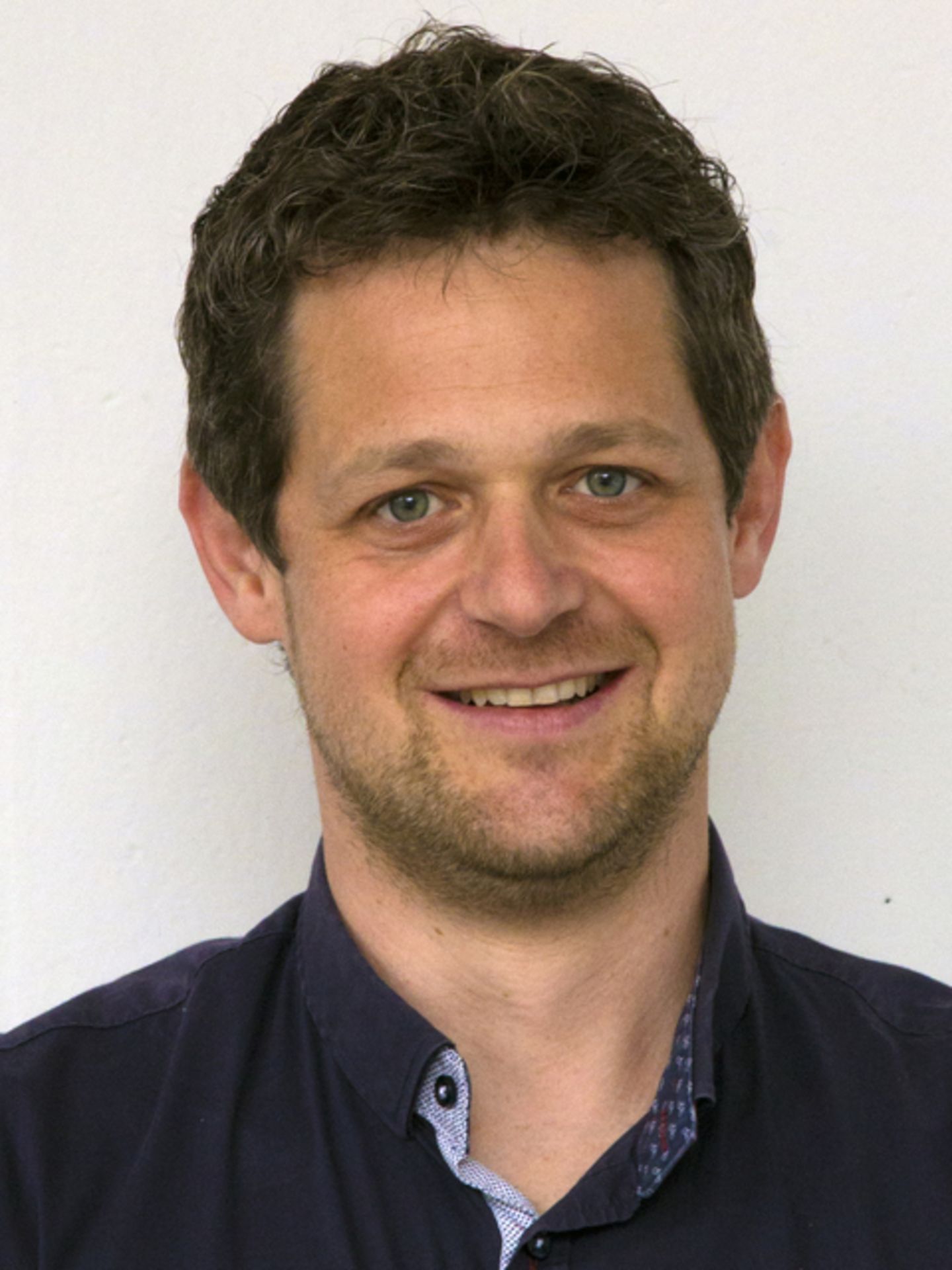
© Tiss: Alexander Karl Opitz
Univ.Prof. Dipl.-Ing. Dr.techn. Alexander Karl Opitz, opens an external URL in a new window has been assigned to the Institute of Chemical Technologies and Analytics, opens an external URL in a new window (E164) of the Faculty of Technical Chemistry, opens an external URL in a new window at TU Wien since April1st, 2025 as University Professor for "Solid State Electrochemistry".
Alexander Opitz studied technical chemistry at the TU Wien. In 2011 he received his PhD (with distinction) for a dissertation on "Oxygen Exchange Pathways of Platinum Model Electrodes on Yttria-stabilized Zirconia, opens an external URL in a new window". He then remained connected as a researcher at the TU Wien. He was able to gain experience abroad in 2017 during a research stay as a guest scientist at the "Department of Nuclear Science and Engineering" at MIT (Cambridge, Massachusetts, USA). In 2018 he successfully applied for a career in "Solid Electrochemistry", which he then held as a Associated Professor and completed as University Professor. The necessary Venia Docendi for the subject "Electrochemistry" was awarded to him in January 2022 on the basis of a habilitation thesis on "Electrochemical model experiments for an in-depth understanding of electrode reactions in solid oxide cells".
The scientific home of Alexander Opitz is the Research Unit of Technical Electrochemistry, where he has headed the Research Group for Electrochemical Energy Conversion, opens an external URL in a new window (E164-04-1) since 2014. His scientific interest is primarily in understanding electrode reactions in solid-state electrochemistry, as they are relevant in high-temperature electrolysis cells, for example.
Publications by Alexander Opitz in ReposiTUm, opens an external URL in a new window.
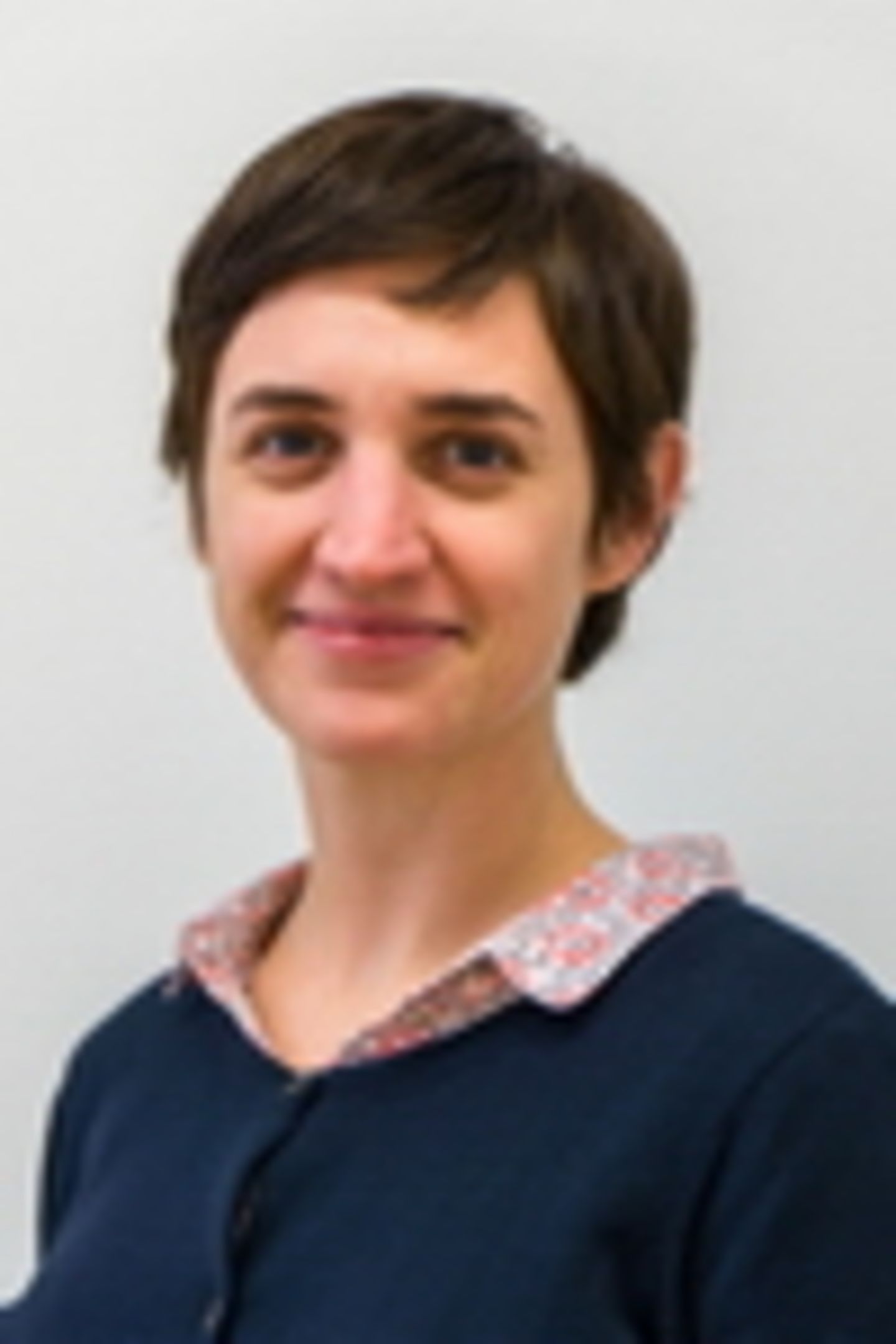
© Tiss. Ottavia Zoboli
Associate Prof. Dr.techn. Ottavia Zoboli, MSc, opens an external URL in a new window has been assigned to the Institute of Water Quality and Resource Management (E226) at the Faculty of Civil and Environmental Engineering as Associate Professor of River Basin Management since 1.4.2025.
Ottavia Zoboli comes from Italy and studied at the University of Parma, where she graduated with a Master's degree in Environmental Sciences. She specialized in water sciences with a further Master's degree at the University of Salamanca (Spain). In Spain, at the EOI Business School in Madrid, she also completed a course on project consulting for renewable energy technologies and was involved in the implementation of projects in this field during this time. She moved to Austria in 2013 and completed her doctorate in 2016 with a dissertation on "Novel approaches to enhance regional nutirents management and monitoring applied to the Austrian phosphorus case study, opens an external URL in a new window". She then worked at the Institute of Water Quality and Resource Management (Faculty of Civil and Environmental Engineering), first as a postdoc and later as a senior scientist. In 2022, she was able to acquire a career position in river basin management, which she has now successfully completed by qualifying as an Associate Professor. In 2024, she also obtained a teaching license for the subject "Water Quality and River Basin Management" with a habilitation on the topic "Trace contaminants and nutrients in surface water systems : Sources, emission pathways and environmental fate, opens an external URL in a new window".
Ottavia Zoboli's scientific home is in the research area of water quality management (E226-01), where she works on nutrient and resource management, water quality and river basin management with a particular focus on nutrients and priority substances.
Publications by Ottavia Zoboli in the Scopus, opens an external URL in a new window database and in ReposiTUm, opens an external URL in a new window.
We welcome

© Tiss: Renata Raidou
Associate Prof. Dr. Renata Georgia Raidou, opens an external URL in a new window ist seit dem 1.5.2025 dem Institut für Visual Computing and Human-Centered Technology, opens an external URL in a new window (E193) an der Fakultät für Informatik, opens an external URL in a new window als Associate Professorin für Biomedical Visualization zugeordnet.
Renata Raidou stammt aus Griechenland und studierte an der NTUA, der Nationalen Technischen Universität Athen, Elektrotechnik und Computertechnik. Einen weiteren Master im Bereich Biomedical Engineering absolvierte sie an der TU Delft (Niederlande). Anschließend blieb sie in den Niederlanden und promovierte an der TU Eindhoven im Jahr 2017 mit einer Dissertation mit dem Thema “Visual Analytics for Digital Radiotherapy: Towards a Comprehensible Pipeline, opens an external URL in a new window” (dafür bekam sie den Best PhD Award 2018 des EuroVis Awards). 2017 - nach 7 Jahren in den Niederlanden - übersiedelte sie nach Wien und nahm eine PostDoc Stelle am Institut für Visual Computing and Human-Centered Technology (E193) an der TU Wien an. Die Möglichkeit einer Stelle als Assistenzprofessorin brachte sie wieder in die Niederlande, diesmal an die Universität Groningen. Im April 2021 übersiedelte sie endgültig an die TU Wien, nachdem sie erfolgreich eine Laufbahnstelle an der TU Wien zum Thema Biomedical Visualisation einwerben konnte. Diese konnte sie nun erfolgreich mit der Qualifizierung zur Associate Professorin beenden. Darüber hinaus wurde sie auf der Eurographics 2017 mit dem Dirk Bartz Prize for Visual Computing in Medicine (1. Platz) und dem EuroVis Young Researcher Award 2022 ausgezeichnet.
Die wissenschaftliche Heimat von Renata Raidou liegt im Forschungsbereich Computer Graphics (E193-02), wo sie sich mit dem Entwurf von Visualisierungs- und Visual-Analytics-Strategien beschäftigt, die im biologischen und medizinischen Feld angewandt werden können.
Publikationen von Renata Raidou in der Scopus, opens an external URL in a new window Datenbank und im ReposiTUm, opens an external URL in a new window.
[Website Renata Raidou, opens an external URL in a new window]

© Tiss: Astrid Weiss
Associate Prof. Mag.phil. Dr. Phil. Astrid Weiss, opens an external URL in a new window ist seit dem 1.5.2025 dem Institut für Visual Computing and Human-Centered Technology, opens an external URL in a new window (E193) an der Fakultät für Informatik als Associate Professorin, opens an external URL in a new window für Human Interaction with Embodied Artificial Intelligence zugeordnet.
Astrid Weiss hat ihr Studium der Soziologie mit Schwerpunkt auf empirische Forschungsmethoden und angewandter Statistik an der Universität Salzburg absolviert. Ihre Dissertation zum Thema: „Validation of an Evaluation Framenwork for Human-Robot Interaction, opens an external URL in a new window“ schloss sie 2010 ebenso dort ab und blieb der Universität Salzburg auch anschließend als PostDoc verbunden. 2013 übersiedelte sie mit einem Hertha Firnberg Stipendium an die TU Wien (Fakultät Elektrotechnik und Informationstechnik, Institut für Automatisierungs- und Regelungstechnik - ACIN). 2017 konnte sie ein Elise-Richter-Stipendium des FWF für sich lukrieren, mit dem sie innerhalb der TU Wien an die Fakultät für Informatik wechselte. 2018 wurde Astrid Weiss zudem Mitglied der Jungen Akademie, opens an external URL in a new window der ÖAW. Im Jahr 2022 warb sie erfolgreich eine Laufbahnstelle zum Thema “Human Interaction with Embodied Artificial Intelligence” ein und wurde zur Assistenzprofessorin ernannt. 2022 erlangte sie auch ihre Venia Docendi mit dem Thema “One cannot know everything — On the Need of Epistemological Diversity in Human-centered HRI Research” an der Universität Salzburg. 2025 konnte sie nun die Laufbahnstelle erfolgreich mit der Qualifizierung zur Associate Professorin beenden.
Die wissenschaftliche Heimat von Astrid Weiss liegt im Forschungsbereich Human Computer Interaction (E193-05), wo sie sich auf die Erforschung der Interaktion von Menschen und Robotern spezialisiert hat.
Publikationen von Astrid Weiss in der Scopus , opens an external URL in a new windowDatenbank und im ReposiTUm, opens an external URL in a new window.
[Website Astrid Weiss, opens an external URL in a new window]
FEBRUARY 2025
![[Translate to English:] Bild von Wolfgang Kemmetmüller](/fileadmin/_processed_/9/e/csm_kemmetmueller_wolfgang_7b1bb01ff5.jpg)
© Tiss: Wolfgang Kemmetmüller
kemmetmüller_wolfgang
Univ. Prof. Dipl.-Ing. Dr.-Ing. Wolfgang Kemmetmüller, opens an external URL in a new window was appointed University Professor for Modeling and Control of Nonlinear Systems with effect from 1.2.2025. He is assigned to the Institute of Automation and Control Engineering, opens an external URL in a new window (E376) at the Faculty of Electronic Engineering and Information Technology.
Wolfgang Kemmetmüller comes from Upper Austria and studied mechatronics at the Johannes Kepler University Linz. He completed his dissertation at Saarland University, where he received his doctorate with distinction in 2007 on the subject of "Mathematical Modeling and Nonlinear Control of Electrohydraulic and Electrorheological Systems, opens an external URL in a new window". He was awarded the Dr. Eduard Martin Prize, opens an external URL in a new window there for his excellent research work. After completing his doctorate, he returned to TU Wien and was able to secure a career position in 2016, which he successfully completed in 2020 with the qualification of Associate Professor. In 2016, he also obtained the Venia Docendi for the subject "System Theory and Automatic Control" with a habilitation thesis on "Model-Based Analyses and Control of Nonlinear Systems, opens an external URL in a new window". He has been Vice Dean of Studies for Electrical Engineering since 2020.
Wolfgang Kemmetmüller's scientific home is the Complex Dynamical Systems research area, opens an external URL in a new window (E376-02) at the above-mentioned institute. There he deals with topics such as model-based control, optimization of mechatronic systems and automation in vehicle and production engineering.
Publications by Wolfgag Kemmetmüller are available in the Scopus, opens an external URL in a new window database and in ReposiTUm, opens an external URL in a new window.
![[Translate to English:] Univ. Prof. Dipl.-Ing. Mag.rer.soc.oec. Dr.rer.soc.oec. Dr.techn. Emanuel SALLINGER](/fileadmin/_processed_/c/0/csm_Sallinger_Emanuel_ae94597d58.jpeg)
© Tiss: Emanuel Sallinger
Univ.Prof. Dipl.-Ing. Mag.rer.soc.oec. Dr.rer.soc.oec. Dr.techn. Emanuel SALLINGER , opens an external URL in a new windowhas been assigned to the Institute of Logic and Communications, opens an external URL in a new window (E192) at the Faculty of Informatics, opens an external URL in a new window at TU Wien since February 1, 2025 as University Professor for Scalable Artificial Intelligence.
Emanuel Sallinger comes from Vienna and studied computer science at the TU Wien. He also received his doctorate from the TU Wien in 2014 (sub auspiciis praesidentis rei publicae) with a dissertation on the topic "Foundations of information integration: analyzing, managing and reasoning about schema mappings, opens an external URL in a new window". In 2015 he moved to the University of Oxford as a senior researcher, where he led the VADA ("Value-Added Data") laboratory for more than six years. In 2020, he returned to Austria because he was able to secure a career position on the topic of “Scalable Reasoning” at the TU Wien. He has now successfully completed this career position by qualifying as an associate professor. In addition to research, teaching is also very important to him, for example he received a degree in "Teaching and Learning in Higher Education" (PGCHE) from the University of Oxford. Emanuel Sallinger is also Vice Dean of Studies for Business Informatics and Data Science at the Faculty of Computer Science.
Emanuel Sallinger's scientific home is the Research Unit of Database and AI , opens an external URL in a new window(E192-02). There he researches knowledge graphs as part of a WWTF Vienna Research Group that he leads. This includes theory, scalable systems and applications - including in the areas of sustainability and economic resilience.
![[Translate to English:] Bild von Thomas Sheppard](/fileadmin/_processed_/2/8/csm_Sheppard_Thomas_1a52aa5b07.jpg)
© Tiss: Thomas Sheppard
Prof. Dr. Thomas Lennon Sheppard was appointed as University Professor of Applied Solid State Chemistry, with effect from February 3, 2025. He is assigned to the Institute for Chemical Technologies, opens in new window and Analytics of Faculty of Technical Chemisty at TU Wien.
Thomas L. Sheppard was born in Swansea, Wales, UK. He studied Chemistry at Queen’s University Belfast, where he completed his PhD in 2014 with the thesis “Development of Copper Zeolite Catalysts for Selective Alkane Oxidation, opens an external URL in a new window”. He subsequently worked as a postdoctoral researcher at Karlsruhe Institute of Technology (KIT) before leading an independent research group in X-ray Microscopy in Catalysis there in 2018. In 2023, he habilitated in Technical Chemistry at KIT with a dissertation on “Hard X-ray Imaging of Heterogeneous Catalytic Materials and Processes”. His international research activities have included a role as a Visiting Researcher at the German Electron Synchrotron (DESY) in Hamburg, as well as collaborations with numerous synchrotron light sources worldwide. Additionally, he is co-founder and former Chief Scientific Officer of REACNOSTICS X-ray Science GmbH, a company specializing in high-resolution X-ray analysis for industrial applications. For his scientific achievements, Thomas Sheppard received, among others, the Researcher Plus Award from Queen’s University Belfast in 2014.
His research focuses on heterogeneous catalysis, the application of X-ray imaging in chemical processes, and sustainable chemistry, particularly in CO₂ conversion and Power-to-X technologies.
Publications by Thomas Sheppard can be found in the Scopus, opens an external URL in a new window, opens an external URL in a new window database and ReposiTUm.
![[Translate to English:] Bild von Andreas Steinböck](/fileadmin/_processed_/3/0/csm_Steinboeck_Andreas_aeb9bc4216.jpg)
© Tiss: Andreas Steinböck
Associate Prof. DI Dr.techn. Andreas Steinböck, opens an external URL in a new window was assigned to the Automation and Control Institute, opens an external URL in a new window (E376) at the Faculty of Electrical Engineering and Information Technology , opens an external URL in a new windowof TU Wien, assuming his post as University Professor for process automation, with effect from 1st of February, 2025.
Andreas Steinböck graduated in Mechatronics at the Universities Loughborough (UK) and Linz as well as in Business, Economics and Social Sciences at the Vienna University of Economics and Business. Since 2007, he has been with the Automation and Control Institute of TU Wien, where he finished his doctorate with the thesis "Model-Based Control and Optimization of a Continuous Slab Reheating Furnace, opens an external URL in a new window" in 2011. From then on, he researched on "Nonlinear Model Predictive Control of Continuous Production Processes" supported by a three-year Apart Fellowship of the Austrian Academy of Sciences. He teaches and researches in the fields mathematical modeling, systems theory, observer design, nonlinear control, and mathematical optimization. His research focusses on applications in the metals industry. In 2016, Andreas Steinböck obtained a tenure track position on "Advanced Control of Industrial Production Processes", which succesfully ended 2020. In addition he obtained the habilitation degree (venia docendi) in the field "Systems Theory and Control". The title of his habilitation thesis is "Model-Based Analysis and Control of Industrial Production Processes, opens an external URL in a new window".
Andreas Steinböck is assigned to the Research Unif of Complex Dynamical Systems, opens an external URL in a new window(E376-02).
Publications of Andreas Steinböck in ReposiTUm, opens an external URL in a new window.
JANUARY 2025
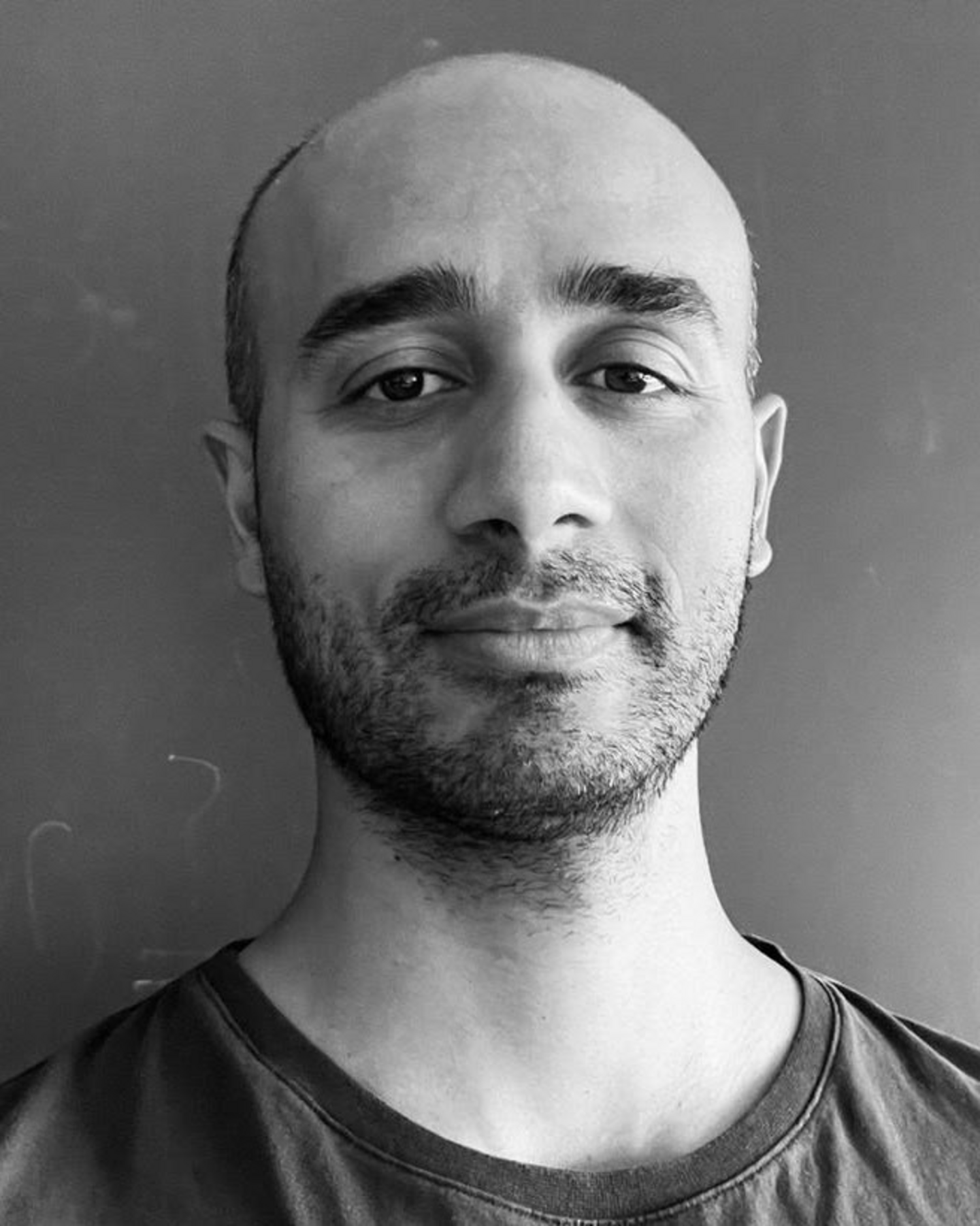
© Tiss: Mohammad Ivaki
DECEMBER 2024
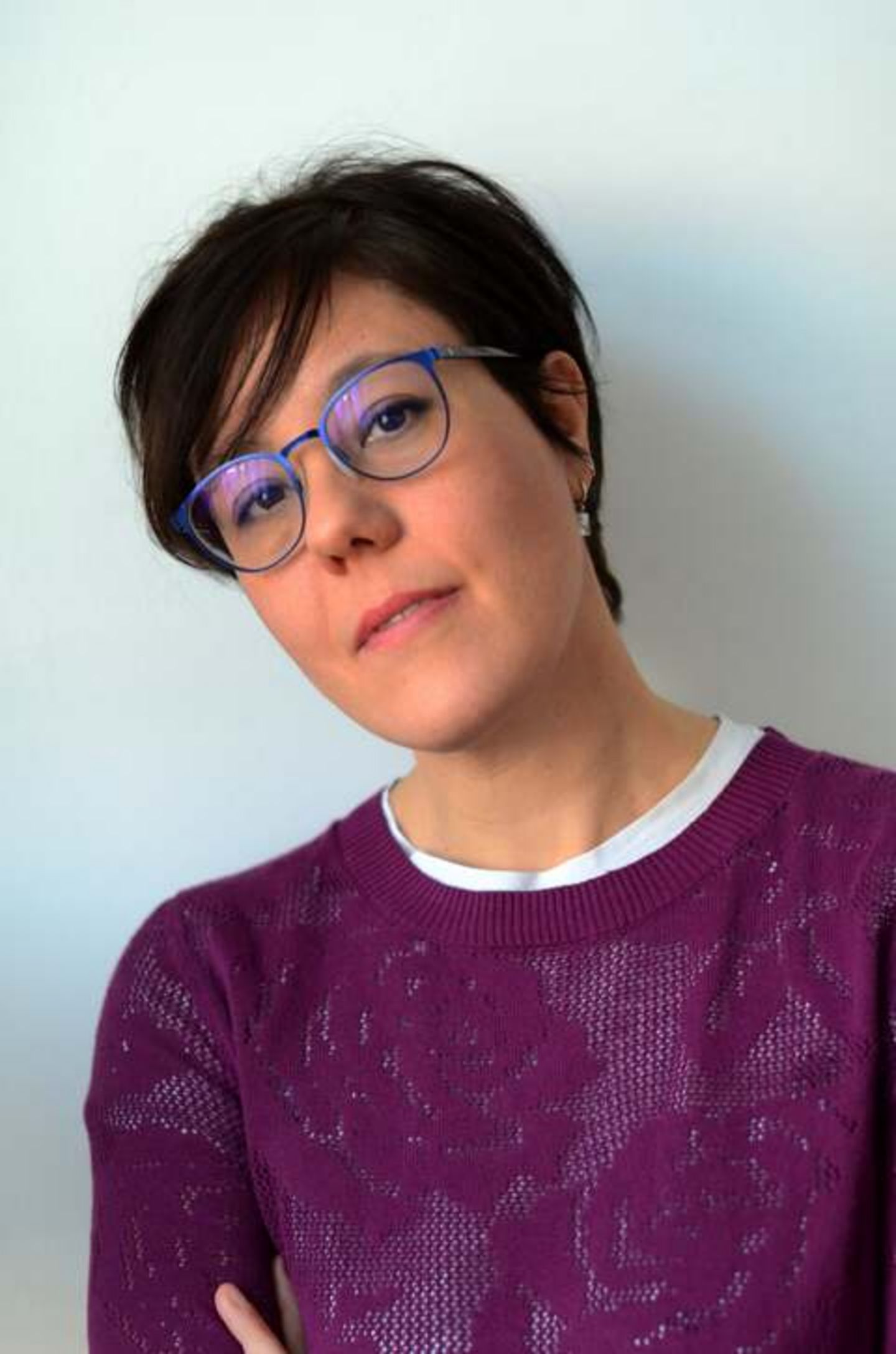
© Tiss: Emanuela Bianchi
Associate Prof. Dr. Emanuela Bianchi, opens an external URL in a new window has been assigned to the Institute of Theoretical Physics (E136) at the Faculty of Physics, opens an external URL in a new window as Associate Professor of Soft Matter Theory since 1.12.2024.
Emanuela Bianchi comes from Rome and studied physics at the University of Rome La Sapienza (summa cum laude). She obtained her doctorate there in 2009 with a dissertation on “Equilibrium behavior of patchy particles: thermo-reversible gelation, phase separation and self-assembly”. After a six-month stay at the Vienna University of Technology (Institute E136) through an Erwin Schrödinger Fellowship, an Alexander von Humboldt Fellowship brought her to the Heinreich Heine University Düsseldorf for about 1 year from 2009. The successful acquisition of a Lise Meitner Fellowship enabled her to return to the Institute of Theoretical Physics at TU Wien in 2010. From 2012, an Elise Richter Fellowship enabled her to extend her research activities at TU Wien. In 2016, she moved to the University of Vienna as a Senior PostDoc and habilitated in Italy in 2017 in the field of “Theoretical Condensed Matter Physics”. From 2018, she was also employed as a permanent researcher at her home university, the University of Rome La Sapienza (at the Institute for Complex Systems, CNR), where she has been associated as a “Primo Ricercatore” since 2023. The acquisition of a career position on the topic of “Theory of Soft Matter” in 2019 brought her back to TU Wien. She has now successfully completed this by qualifying as an Associate Professor.
Emanuela Bianchi's scientific home is now the Institute of Theoretical Physics. There she works on the development of nano- and micron-sized colloids for the production and optimization of intelligent materials and the understanding of equilibrium phenomena in biological systems.
Publications by Emanuela Bianchi in the Scopus, opens an external URL in a new window database and in ReposiTUm, opens an external URL in a new window.
Website Emanuela Bianchi, opens an external URL in a new window
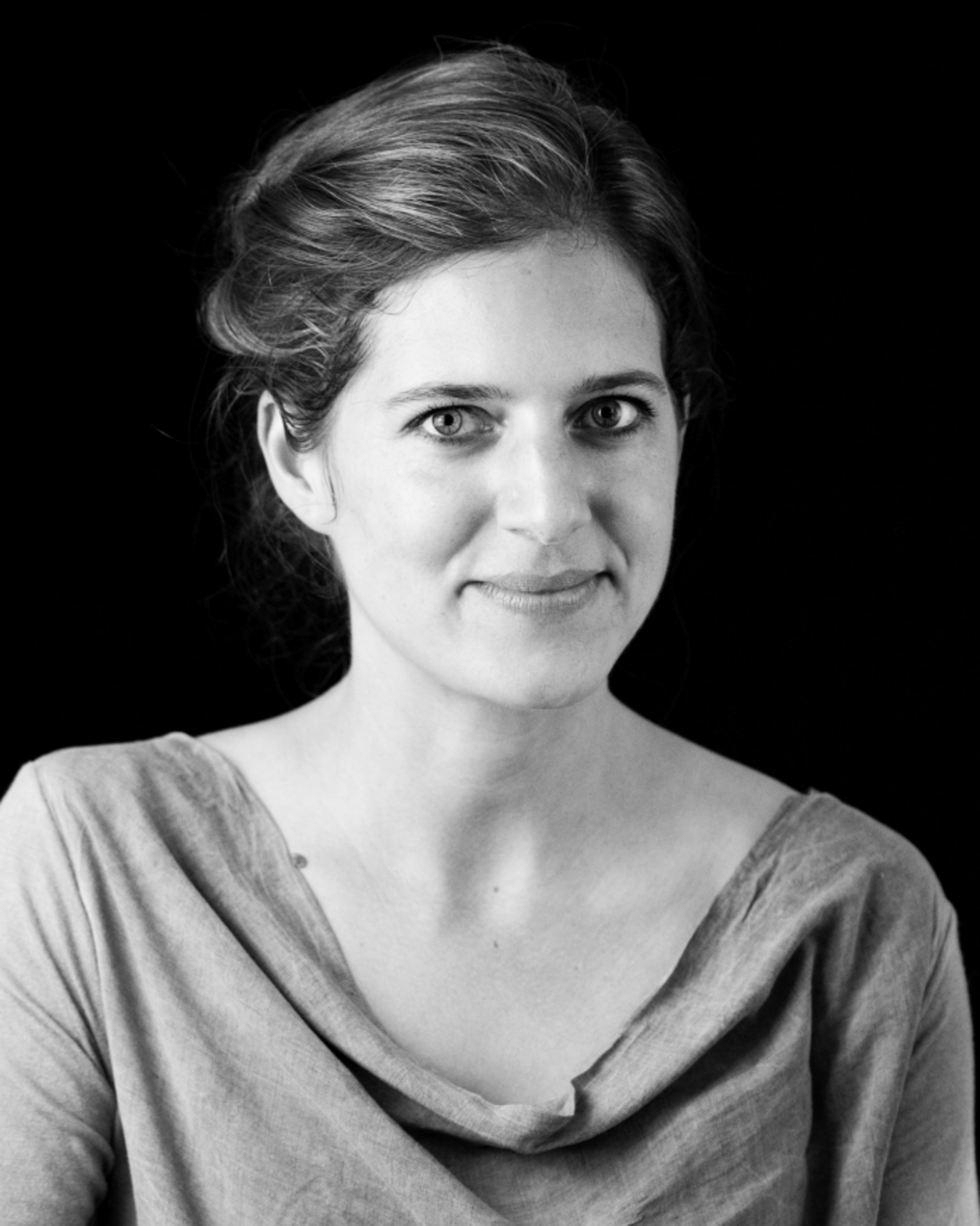
© Tiss: Julia Derx
Associate Prof. Dipl.-Ing. Dr. tech. Julia Derx, opens an external URL in a new window has been assigned to the Institute of Hydraulic Engineering and Engineering Hydrology (E222) at the Faculty of Civil and Environmental Engineering as Associate Professor of Groundwater Management since December 1, 2024.
Julia Derx comes from Vienna and studied civil engineering with a specialization in water and resource efficiency and hydrometry at the Vienna University of Technology. During her studies, she spent two periods abroad, both in the USA at the Colorado School of Mines and in Australia at the University of Queensland. In 2012, she obtained her doctorate at TU Wien with a dissertation on “Virus and organic carbon removal during bank filtration: the effects of changing hydraulic conditions of large rivers, opens an external URL in a new window”, and her dissertation was awarded the 2012 Ressel Prize, opens an external URL in a new window for the best interdisciplinary doctoral thesis at TU Wien. This was followed by research activities as a postdoc and senior scientist at TU Wien and for the ICC Water & Health (the Interuniversity Cooperation Center Water and Health between TU Wien, MedUni Vienna and Karl Landsteiner University of Health Sciences). In 2020, she was offered a career position in groundwater management, which she has now successfully completed by qualifying as an Associate Professor. In 2024, she also obtained the Venia Docendi, opens an external URL in a new window for the subject “Groundwater Management” with a habilitation thesis on “Understanding the impact of global changes and management measures on the microbiological water quality and safety in river basins”
Julia Derx's scientific home is the research area of engineering hydrology (E222-02) at the aforementioned institute. There she deals with topics such as flow and transport processes in the unsaturated and saturated soil zone, interactions of rivers with groundwater and the assessment of water safety.
Publications by Julia Derx in the Scopus, opens an external URL in a new window database and in ReposiTUm, opens an external URL in a new window.
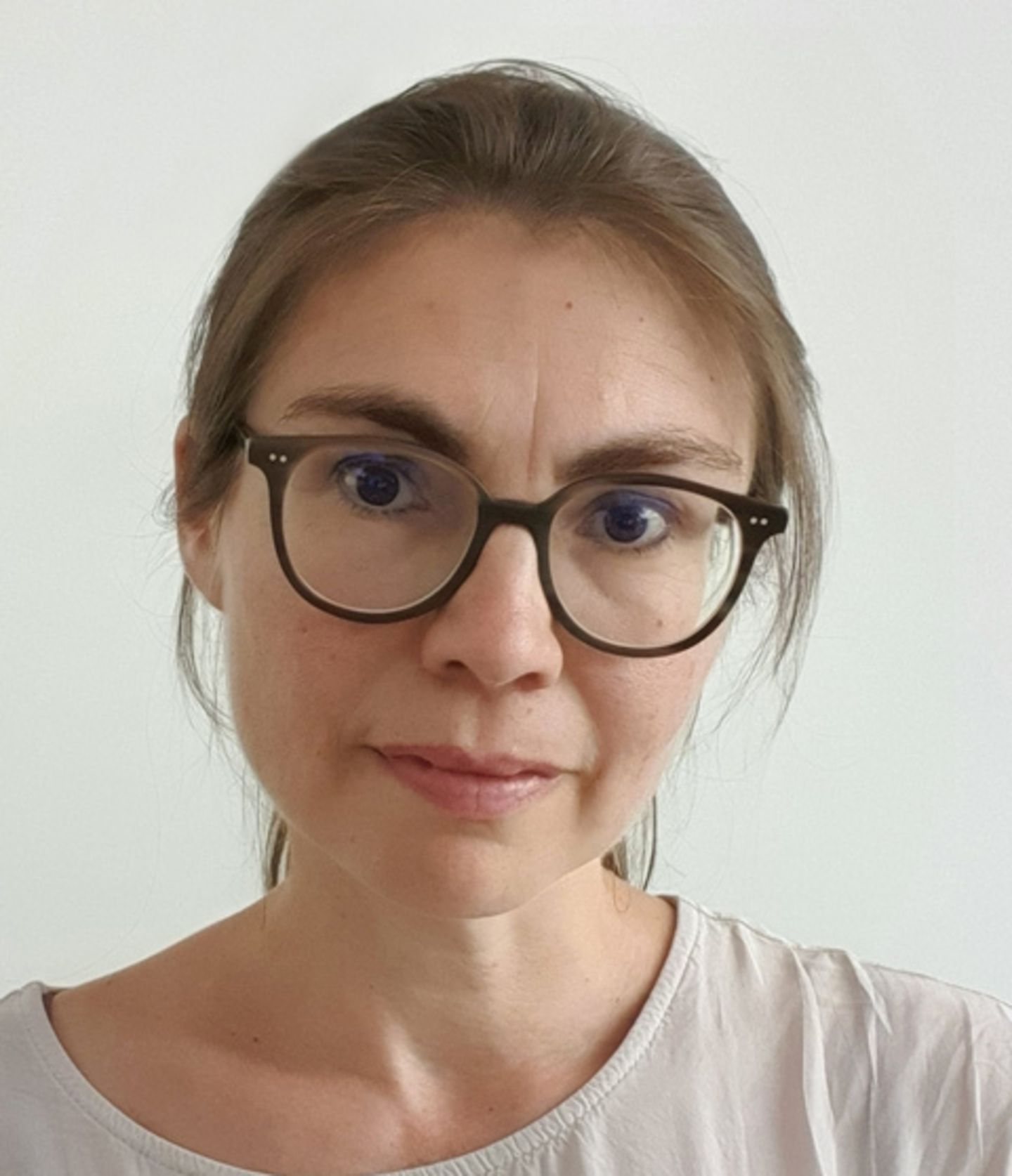
© Bild von Eva Sevcsik
Associate Prof. Dipl.-Ing. Dr. techn. Eva Sevcsik, opens an external URL in a new window has been assigned to the Institute of Applied Physics, opens an external URL in a new window (E134) at the Faculty of Physics, opens an external URL in a new window as Associate Professor of Nano-Biophysics since 1.12.2024.
Eva Sevcsik studied Technical Chemistry at Graz University of Technology, specializing in biochemistry, biotechnology and food science. She obtained her doctorate in 2006 in the field of biophysics, also at Graz University of Technology, with a dissertation on the topic of “Influence of the lipid composition of membranes on the molecular mode of action of the peptide LL-37, opens an external URL in a new window”. She has also been employed at the Academy of Science (Graz site) since 2003. A two-year PostDoc stay from 2008 brought her to Yale University (USA). In 2011, she moved to the Institute of Applied Physics at TU Wien as a PostDoc and was able to successfully apply for a career position on the subject of “Nano-Biophysics” in 2020, which she has now successfully completed by qualifying as an Associate Professor.
Eva Sevcsik's scientific home is the Biophysics research area (E134-04) at the aforementioned institute. There she works on the simulation of biological phenomena in model systems with defined components and properties in order to enable the reconstitution, observation and physical manipulation of cellular processes down to the level of individual molecules.
Publications by Eva Sevcsik in the Scopus, opens an external URL in a new window database and in ReposiTUm, opens an external URL in a new window.
NOVEMBER 2024
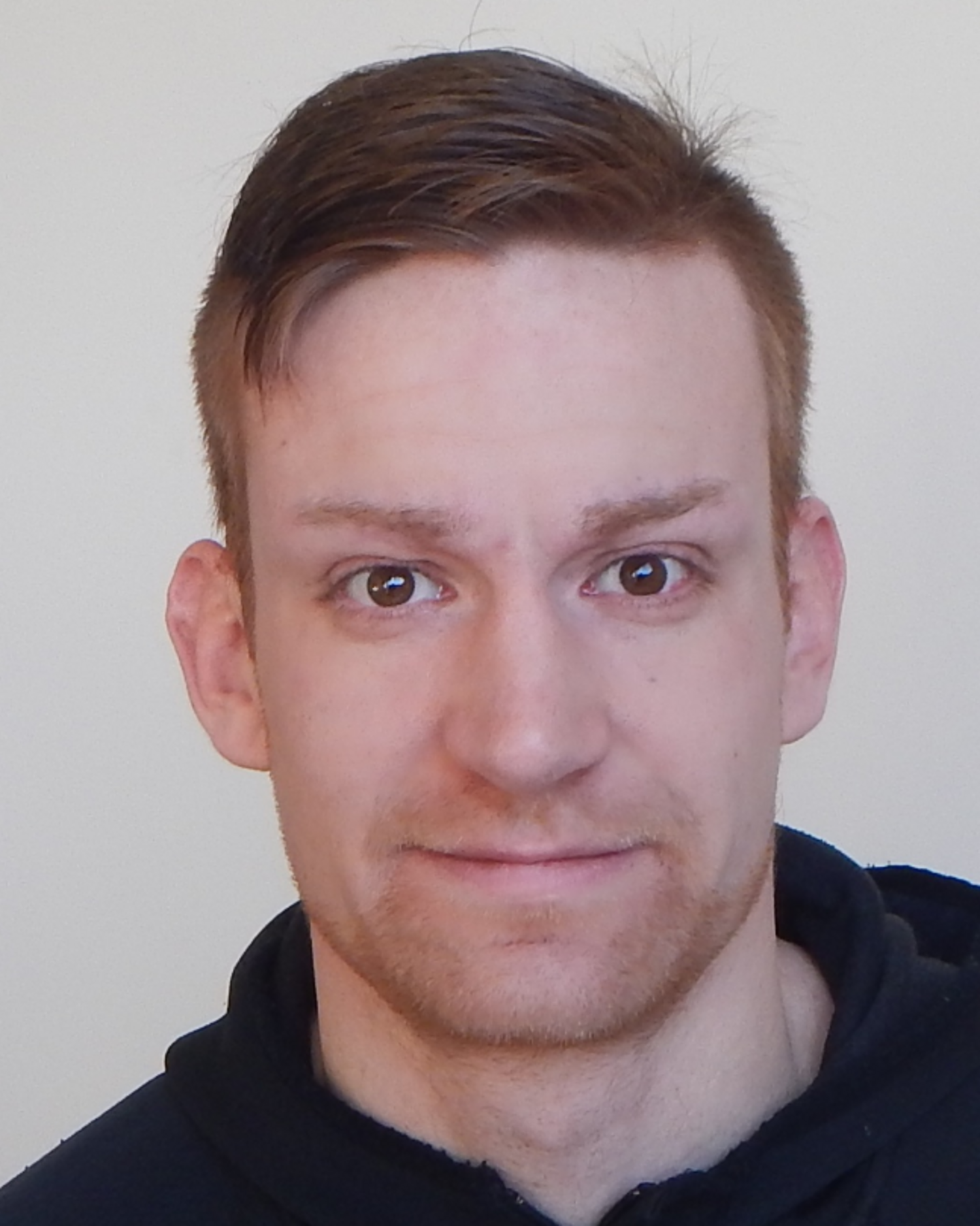
© Tiss: Bernhard Semlitsch
Associate Prof. Dipl.-Ing. Bernhard Semlitsch, PhD, opens an external URL in a new window, has been assigned to the Institute of Energy Technology and Thermodynamics (E302) at the Faculty of Mechanical Engineering and Business Administration, opens an external URL in a new window as Associate Professor of Modeling and Simulation of Fluid Machinery since 1.11.2024.
Bernhard Semlitsch comes from Vienna and studied mechanical engineering at the Vienna University of Technology, where he wrote his diploma thesis at the AIT. He also holds a diploma in engineering and energy management from the National Technological University - Buenos Aires. After completing his studies, he moved to Sweden and obtained his doctorate in 2016 at KTH (the Royal Institute of Technology) in Stockholm with a dissertation on “Large Eddy Simulation of Turbulent Compressible Jets, opens an external URL in a new window”. He then expanded his scientific expertise for several years as a Research Associate at the University of Cambridge (UK) before returning to TU Wien in 2020, as he had successfully acquired a career position in the field of modeling and simulation of turbomachinery. He has now completed this by qualifying as an Associate Professor.
Bernhard Semlitsch's scientific home is the Fluid Machinery research area (E302-02) at the aforementioned institute. There he works on fluid dynamic simulations and their optimization, acoustics, aerodynamics and mathematical modelling in general.
Publications by Bernhard Semlitsch in the Scopus, opens an external URL in a new window database and in ReposiTUm, opens an external URL in a new window.
OCTOBER 2024
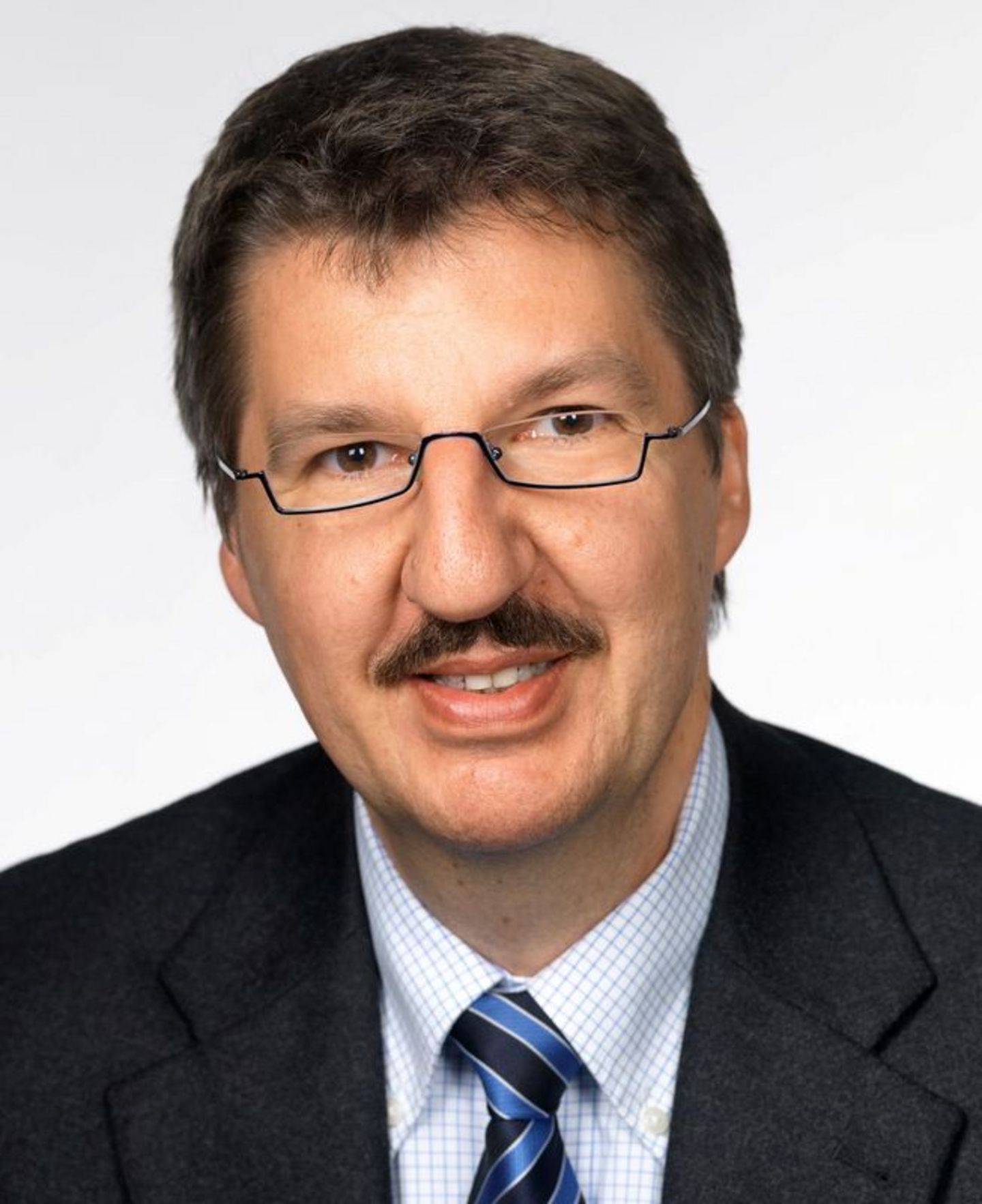
© Tiss: Michael Harasek
Univ. Prof. Dipl.-Ing. Dr. techn. Michael Harasek, opens an external URL in a new window was appointed University Professor for Material Separation and Biorefinery Technology at the Vienna University of Technology with effect from October 1, 2024. He is assigned to the Institute of Process Engineering, Environmental Engineering and Technical Biosciences (E166) at the Faculty of Technical Chemistry at TU Wien.
Michael Harasek comes from Vienna. After studying Technical Chemistry at the Vienna University of Technology, he obtained his doctorate in 1998 - sub auspiciis praesidentis - with a dissertation on the subject of “Pervaporation and Membrane Distillation for the Removal of Organic Compounds from Aqueous Mixtures, opens an external URL in a new window”. From 1999, he was head of the research group “Fluid Dynamic Simulation and Thermal Process Engineering” and combined this activity with regular stays abroad as a lecturer at the University of Wisconsin USA until 2002. Since 2015, he has been head of the research area “Thermal Process Engineering and Simulation”. In 2020, he obtained his venia docendi for the “Thermal Process Engineering” department with a habilitation thesis on “Computational Fluid Dynamics in Chemical Engineering: Solution Strategies for Complex Flow Problems, opens an external URL in a new window”. Since 2020, he has also headed the TU Doctoral School “CO2Refinery”. In addition to his academic work, he co-founded a company in 2013 to promote developments in the fields of separation technology, modeling and simulation. He has also been the winner of the Houska Prize - Wikipedia, opens an external URL in a new window (production of green hydrogen) since 2023 and won the national “Patent of the Year”, opens an external URL in a new window award, also in 2023.
Michael Harasek's scientific home is the research area Thermal Process Engineering and Simulation (E166-02), which he also heads.
Publications by Michael Harasek in the Scopus, opens an external URL in a new window database and in ResposiTUm, opens an external URL in a new window.
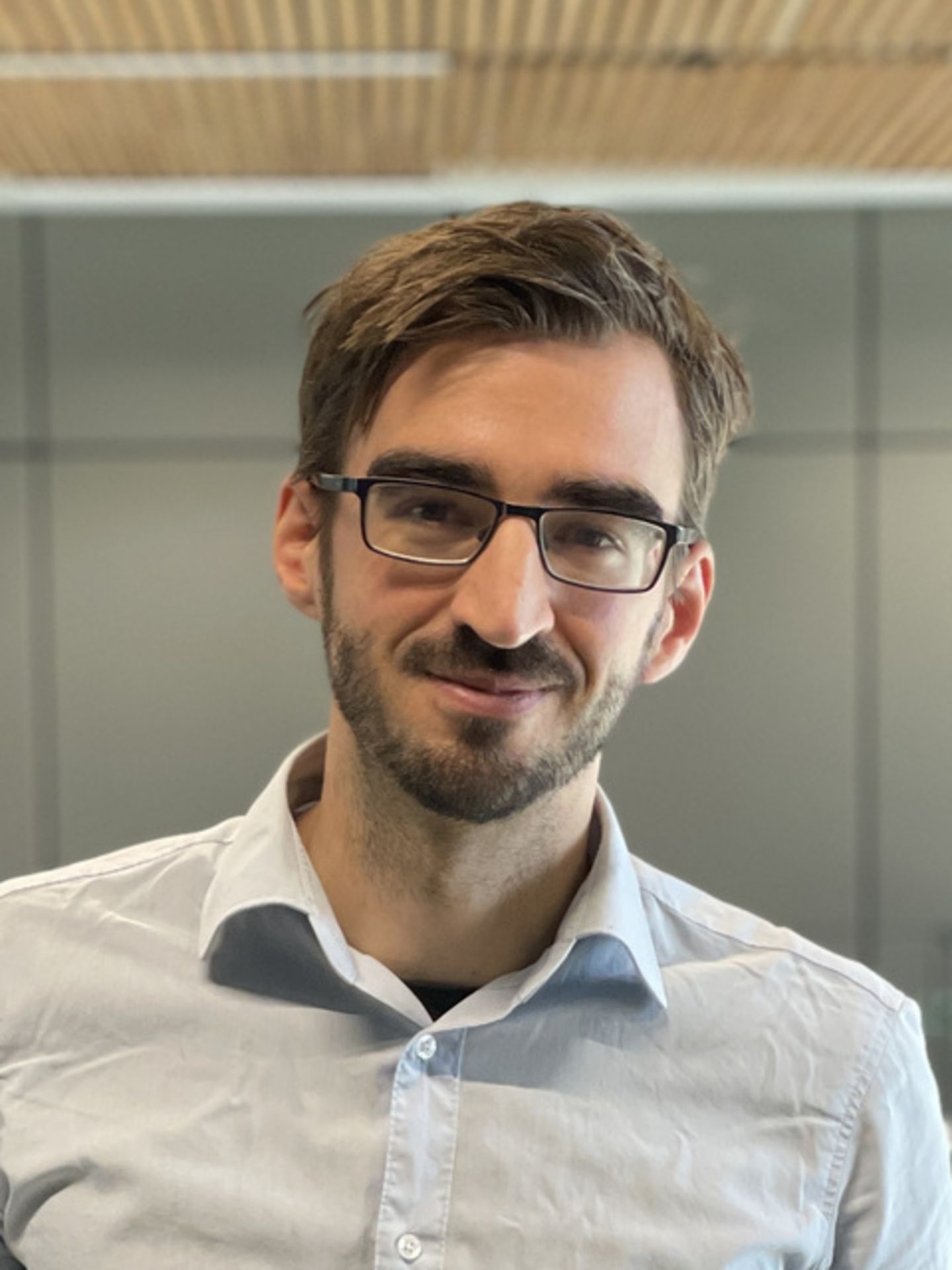
© Tiss: Philipp Preinstorfer
Associate Prof. Dipl.-Ing. Dr. techn. Philipp Preinstorfer, opens an external URL in a new window has been assigned to the Institute of Load-bearing Structures (E212) at the Faculty of Civil and Environmental Engineering at TU Wien as Associate Professor of Bionic Load-bearing Structures since October 1, 2024.
Philipp Preinstorfer comes from Gmunden in Upper Austria. After studying civil engineering at TU Wien, he obtained his doctorate there in 2019 - summa cum laude - with a dissertation on „Zur Spaltrissbildung von textilbewährtem Beton, opens an external URL in a new window“. As a postdoc at TU Wien, he was awarded a Marie Skłodowska-Curie Postdoctoral Fellowship in 2020, which took him to the University of Cambridge (UK) from 2021 to 2023. In 2023, a successfully acquired career position brought him back to TU Wien, which he has now completed with the qualification of Associate Professor. In addition to his academic work, he is co-founder of the WaLeWi association, which has been registered since 2018 and aims to realize the vision of communal, intergenerational and sustainable residential buildings.
Philipp Preinstorfer's scientific home is the Reinforced Concrete and Solid Construction research area (E212-02) at the aforementioned institute. There he works on the further development of new materials and advanced construction techniques to realize the next generation of low-carbon cement-bound structures.
Publications by Philipp Preinstorfer in the Scopus, opens an external URL in a new window database and in ReposiTUm, opens an external URL in a new window.
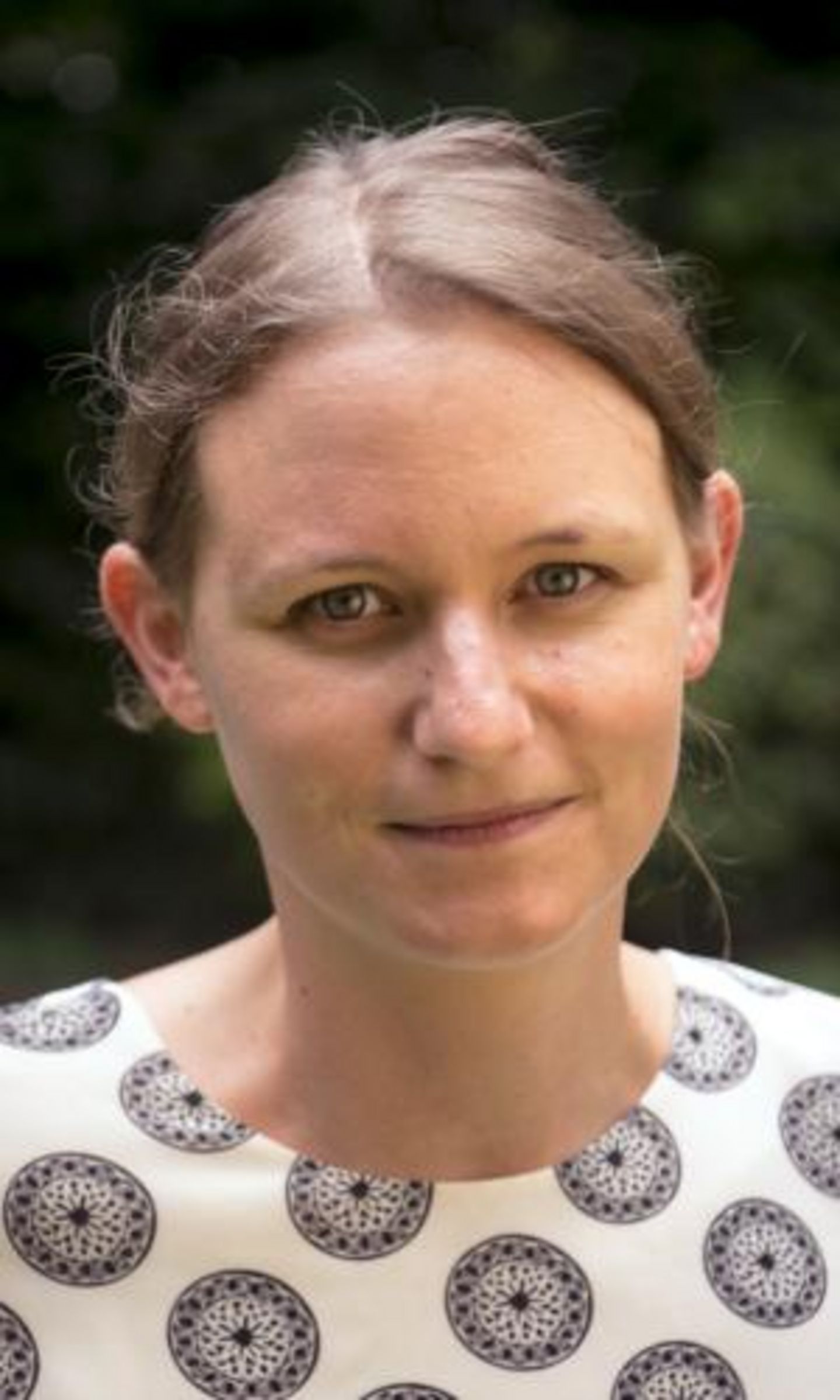
© Tiss: Manuela Waldner
Associate Prof. Dr.in. techn. Manuela Waldner, MSc, opens an external URL in a new window has been assigned to the Institute of Visual Computing and Human-Centered Technology, opens an external URL in a new window (E193) at the Faculty of Computer Science, opens an external URL in a new window at TU Wien as Associate Professor of Interactive Data Analysis & Visualization since 1.10.2024.
Manuela Waldner grew up in Berndorf (Lower Austria). After graduating from high school, she studied “Media Technology and Design” and “Digital Media” at the FH Upper Austria Campus Hagenberg (MSc degree). She then moved to Graz University of Technology, where she completed her doctorate with distinction in 2011 with a dissertation on „WIMP Interfaces for Emerging Display Environments, opens an external URL in a new window“. After a short stop as Senior HCI Researcher at the Center for Usability Research and Engineering (CURE), she moved to a PostDoc position at TU Wien in 2013. In 2020, she was able to secure a career position at TU Wien, which she has now successfully completed by qualifying as an Associate Professor.
Manuela Waldner's scientific home is the Computer Graphics research area, opens an external URL in a new window (E193-02) at the aforementioned institute. There she researches visual interfaces for the interactive exploration and analysis of complex data.
Publications by Manuela Waldner in the Scopus, opens an external URL in a new window databsase and in ReposiTUm, opens an external URL in a new window
[Website Manuela Waldner, opens an external URL in a new window]
SEPTEMBER 2024
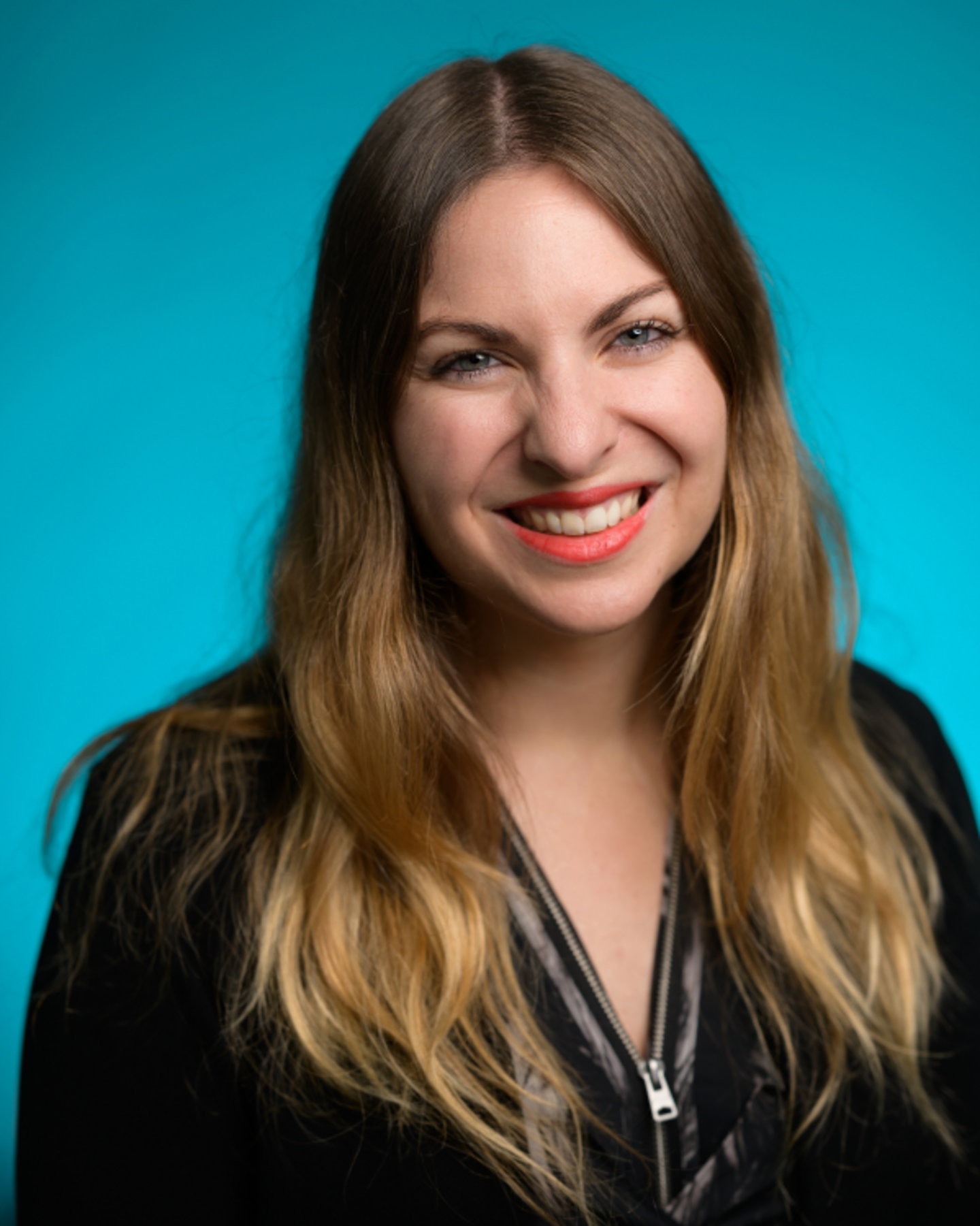
© Tiss: Jessica Cauchard
Univ. Prof. Dr. Jessica R. Cauchard, PhD, opens an external URL in a new window was appointed University Professor for Embodied Intelligent Interaction at the Vienna University of Technology with effect from September 1, 2024. She is assigned to the Institute for Visual Computing and Human-Centered Technology, opens an external URL in a new window (E193) at the Faculty of Computer Science at TU Wien, opens an external URL in a new window.
Jessica R. Cauchard comes from Toulouse? in France, where she also took up her Bachelor's degree (Robotics and Artificial Intelligence). She moved to the UK to study for a Master's degree in Computer Science at the University of Sheffield. Also in the UK, but at the University of Bristol, Jessica R. Cauchard completed her doctorate in 2014 with a dissertation on “Towards Mobile Mulit-Display Environments: A Design Exploration Using Projection-Screen Devices, opens an external URL in a new window”. She continued her academic career from 2014 to 2016 as a postdoctoral fellow at Stanford University in the USA. From 2017, she conducted research as Assistant Professor at Reichman University (also as Director of the Ubiquitous Computing Lab) in Israel and from 2019 as Associate Professor at Ben-Gurion University of the Negev, where she headed the Magic Lab she founded.
Jessica R. Cauchard's scientific home is the research area Artifact-based Computing & User Research, opens an external URL in a new window (E193-04) at the aforementioned institute. There she focuses on the development and research of interaction technologies for mobile devices and the combination of software and hardware solutions to overcome everyday challenges for people.
Publications by Jessica R. Caucahrd in the Scopus, opens an external URL in a new window database and (soon) in ResposiTUm.
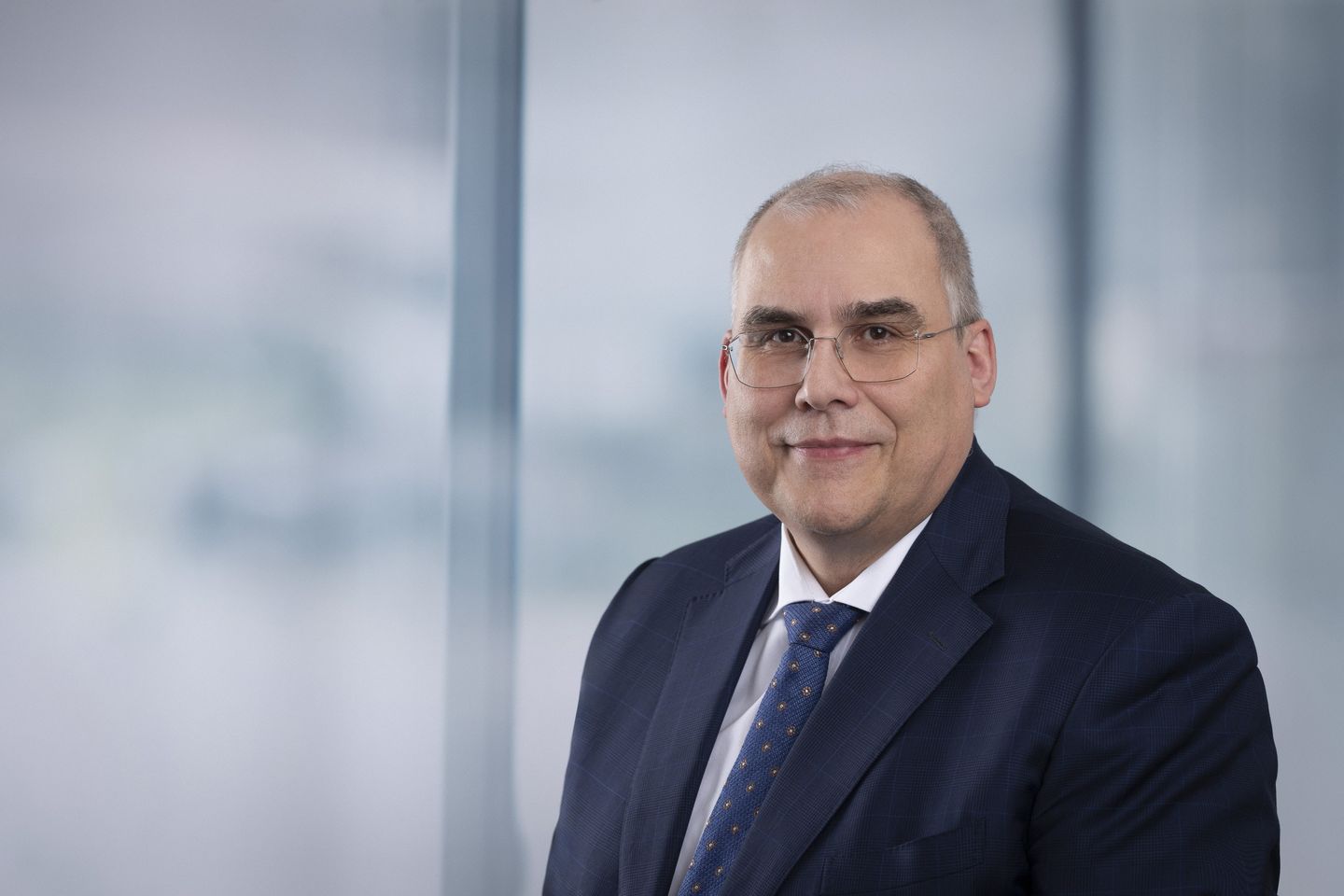
© Tiss: Uwe Dieter Grebe
Univ. Prof. Dr.-Ing. Dipl.Ing. Dieter Grebe, opens an external URL in a new window was appointed University Professor for Vehicle Powertrains and Automotive Engineering at the Vienna University of Technology with effect from September 1, 2024. He is assigned to the Institute of Powertrains and Automotive Engineering, opens an external URL in a new window (E315) at the Faculty of Mechanical and Industrial Engineering at TU Wien.
Uwe Dieter Grebe comes from Rüsselsheim in Hesse (Germany). He studied general mechanical engineering with distinction at the TU Darmstadt and received his doctorate there in 1996 - also with distinction - with a dissertation on “Possibilities for intake-side cross-section control and its analysis on a four-valve gasoline engine, opens an external URL in a new window”. While writing his dissertation, he was already working for Adam Opel AG and General Motors and their subsidiaries, later as a group engineer, executive director and department head. In 2012, he moved to AVL List GmbH in Graz, where, as Managing Director, he was responsible for the global development of the Powertrain Engineering division, sales activities and the company's international locations. In addition to his work as Managing Director, he has been a member of prestigious committees for many years, such as the Science Council of Shell Global Solutions and the Scientific Advisory Board of the journals ATL and ATL List. Advisory Board of the journals ATZ (Automobiltechnische Zeitschrift) and MTZ (Motortechnische Zeitschrift). Since 2003, he has been lecturing at the Vienna University of Technology on the “Further development of the gasoline engine, opens an external URL in a new window”.
Uwe Dieter Grebe's scientific home is now the aforementioned institute. There he deals with the technology-open further development of drive systems from hybrid drives to fuel cell and battery electric drives, with the future components and architectures of vehicles and with mobility systems. In automotive & mobility engineering GmbH, ame for short, a 100% subsidiary of TU Wien, the topics with a higher technology readiness level are worked on directly with the industrial partners.
Publications by Uwe Dieter Grebe in ReposiTUm, opens an external URL in a new window.
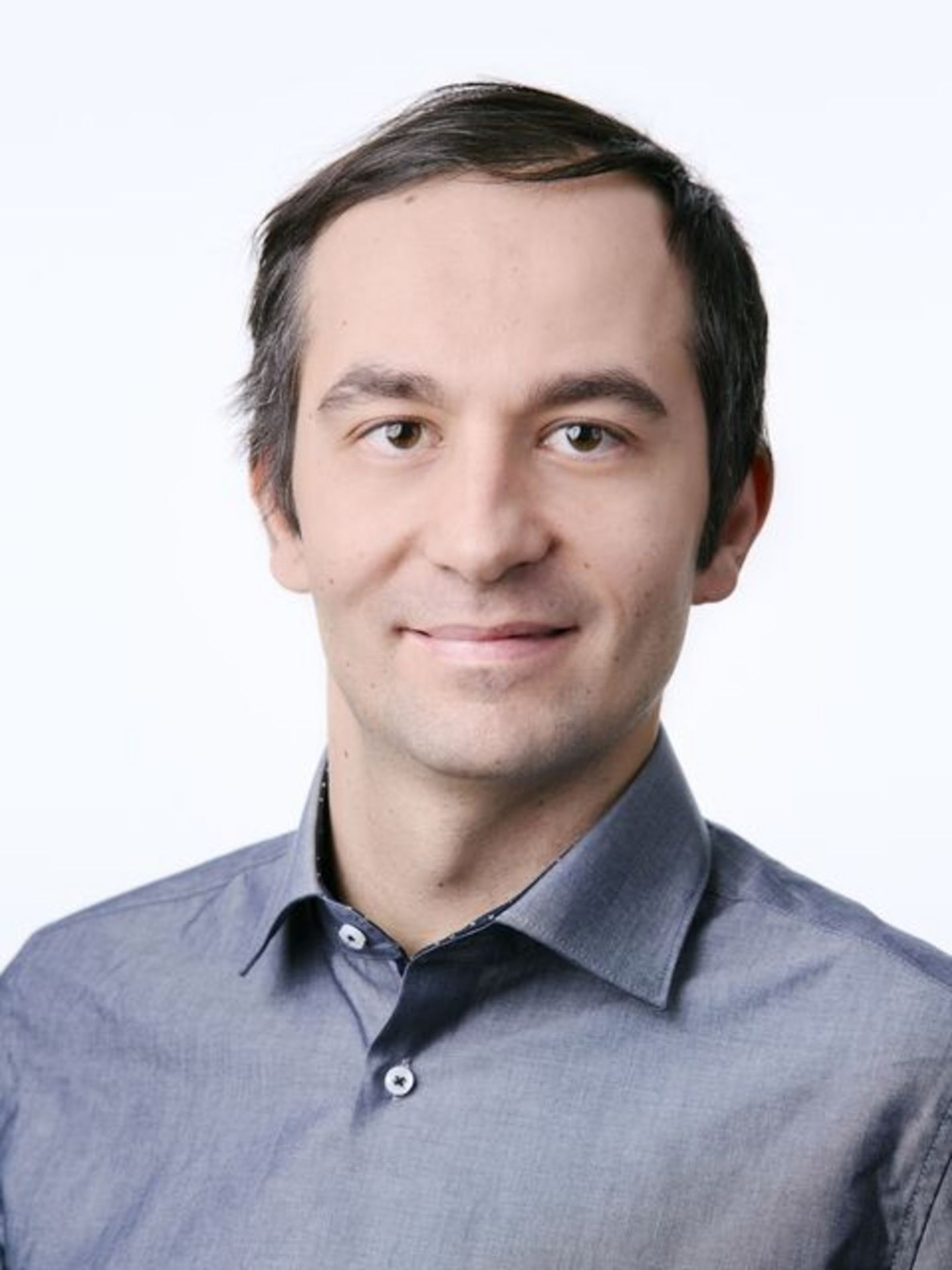
© Tiss. Patrick Huber
Univ. Prof. Dipl.-Ing. Dr. techn. Patrick Huber, opens an external URL in a new window was appointed University Professor for Reinforced Concrete and Solid Construction at the Vienna University of Technology with effect from September 1, 2024. He is assigned to the Institute of Load-bearing Structures (E212) at the Faculty of Civil and Environmental Engineering at TU Wien.
Patrick Huber comes from Lienz in East Tyrol. After graduating with honors in civil engineering from TU Wien, he received his doctorate with distinction in 2016 with a dissertation on the topic of “Assessment of the shear load-bearing capacity of existing reinforced concrete and prestressed concrete bridges, opens an external URL in a new window”. He then worked as a project manager in bridge construction at Fritsch Chiari & Partner ZT GmbH in Vienna, but remained associated with TU Wien and obtained his venia docendi for the subject “Structural Engineering” in 2022 with a habilitation thesis on “Assessment and upgrading of the load-bearing capacity of existing concrete structures, opens an external URL in a new window”. Parallel to his work at Fritsch Chiari & Partner ZT GmbH, he was first a lecturer and since 2023 a full-time lecturer at the FH Campus Wien.
Patrick Huber's scientific home is now the research area of reinforced concrete and solid construction (E212-02) at the aforementioned institute, which he also heads. His research focuses on the digital planning and fabrication of concrete components, the realistic description of the component behavior of newly developed and existing concrete components (including fatigue, load-bearing behavior, creep and shrinkage) and the strengthening of existing structures.
Publications by Patrick Huber in the Scopus, opens an external URL in a new window database and in ResposiTUm, opens an external URL in a new window.
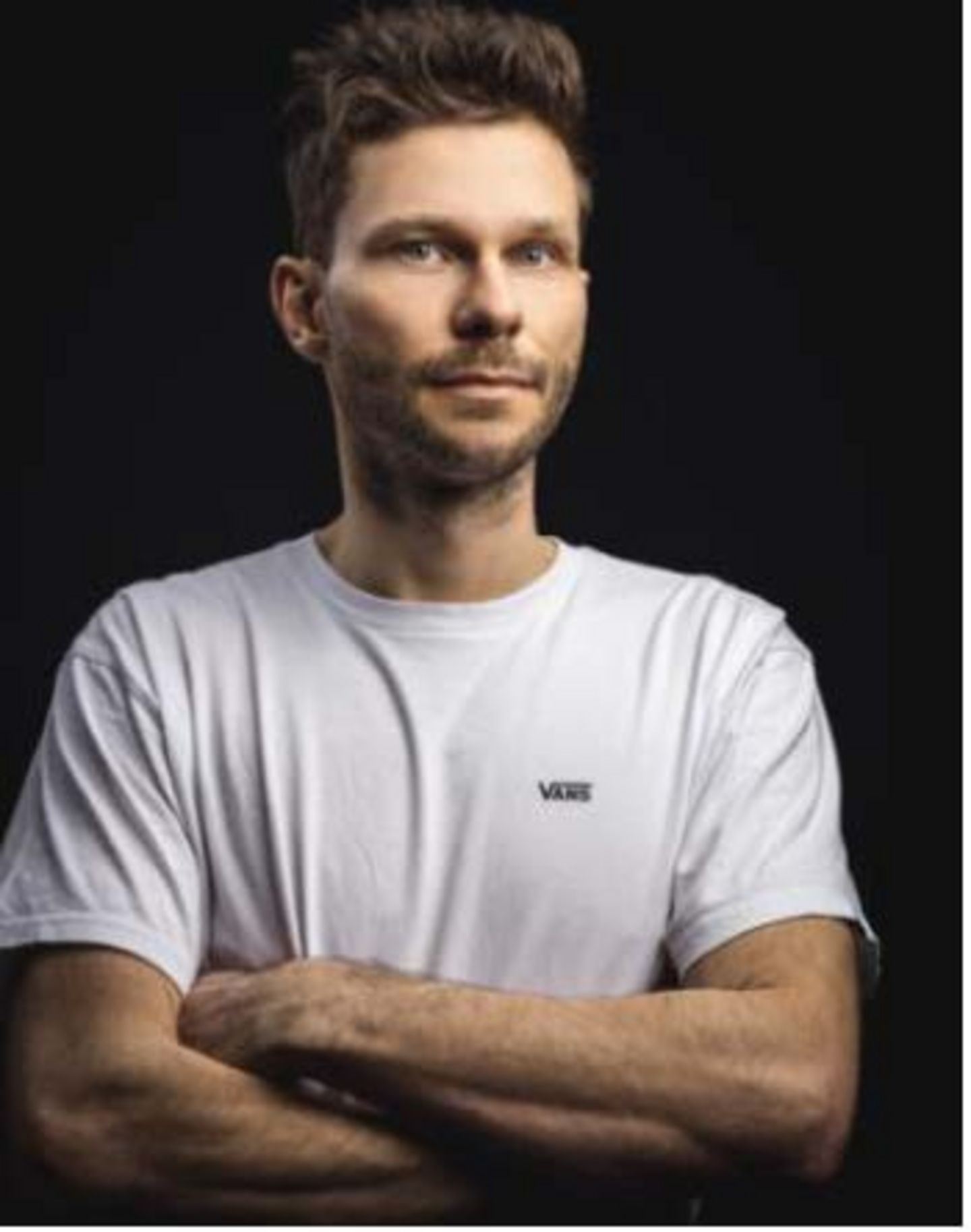
© Tiss: Gerald Schweiger
Univ. Prof. Mag. Dr. techn. Gerald Schweiger, MA MA PhD, opens an external URL in a new window was appointed University Professor for Integral Building Technology at the Vienna University of Technology with effect from 1. 9. 2024. He is assigned to the Institute of Structural and Industrial Engineering, opens an external URL in a new window (E210) at the Faculty of Civil and Environmental Engineering at TU Wien.
Gerald Schweiger comes from Mariazell (Styria) and has a technical, humanities and social science education. He received his doctorate in technical sciences from the University of Innsbruck in 2019 in the field of “Framework for Dynamic Simulation and Dynamic Optimization of District Energy Systems, opens an external URL in a new window” and in social sciences from the University of Graz in 2021 in the field of “Key technologies that facilitate Sector Coupling, opens an external URL in a new window” - he completed both doctorates with distinction. He received his Venia Docendi for the subject “Intelligent Energy Systems” in 2021. Since 2018, Gerald Schweiger has headed the Intelligent Buildings & Energy Systems research group at the Institute of Software Technology at TU Graz. During his academic career to date, he has been a visiting researcher at Lund University, Lawrence Berkeley National Laboratory and Stanford University. In addition to his academic work, he founded the spin-off DiLT Analytics, opens an external URL in a new window in 2021, which develops software solutions to increase efficiency and diagnose faults in non-residential buildings.
Gerald Schweiger's scientific home is now the Integral Building Technology research area (E210-03) at the aforementioned institute, which he also heads. His research focuses on data science for intelligent buildings and energy systems as well as on the interface between humans, technology and the environment, with a particular focus on well-being and comfort.
Publications by Gerald Schweiger in the Scopus, opens an external URL in a new window database and in ResposiTUm, opens an external URL in a new window.
AUGUST 2024
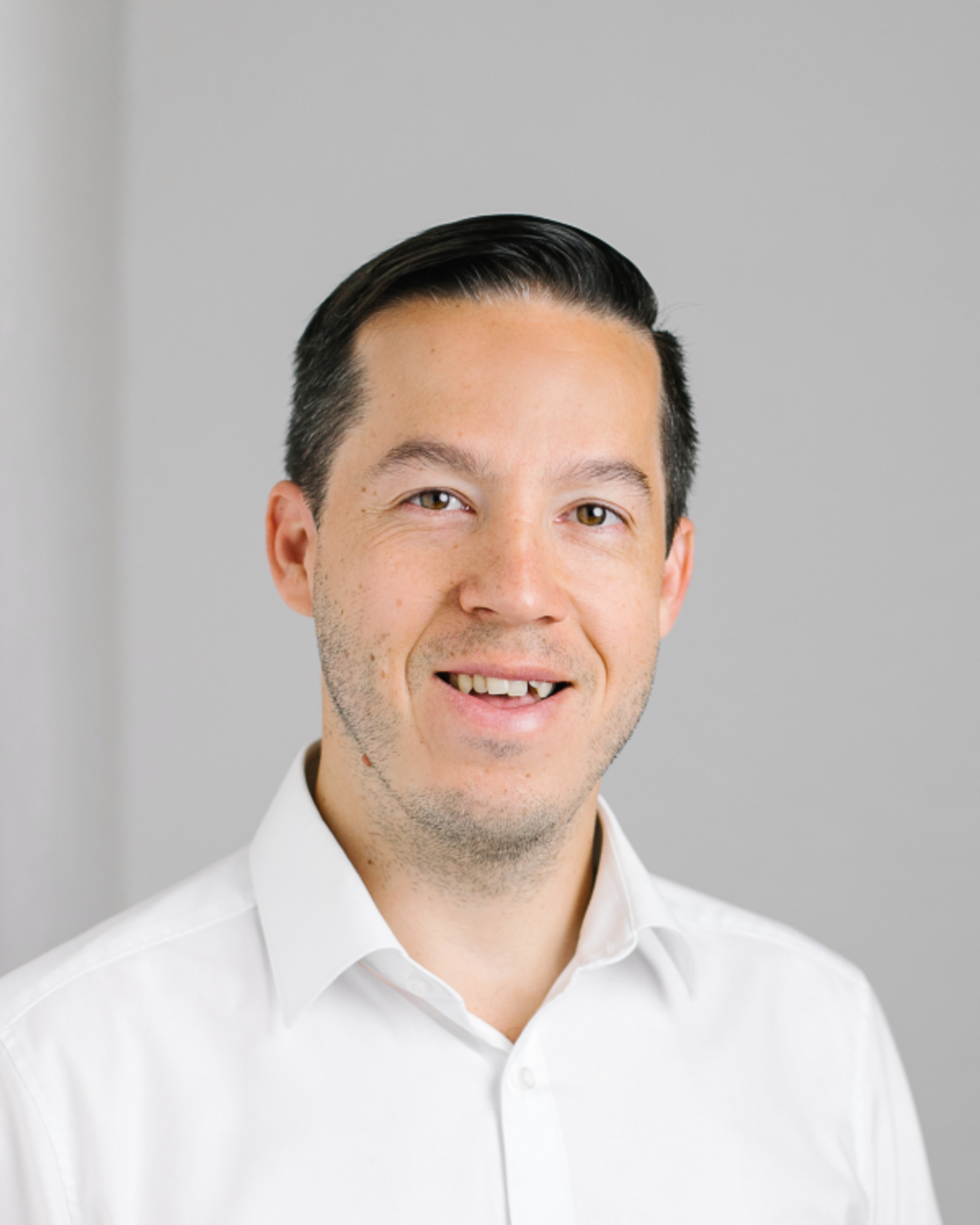
© Tiss: Dominik Bork
Associate Prof. Dipl.-Wirtsch.Inf. Dr.rer.pol.Dominik Bork, opens an external URL in a new window has been assigned to the Institute of Information Systems Engineering, opens an external URL in a new window (E194) at the Faculty of Computer Science, opens an external URL in a new window at TU Wien as Associate Professor of Business Systems Engineering since August 1, 2024.
Dominik Bork comes from Steinbach in Baden-Württemberg (D). He studied Business Informatics at the University of Bamberg and completed his doctorate there in 2015 with a dissertation on “A Development Method for the Conceptual Design of Multi-View Modeling Tools with an Emphasis on Consistency Requirements, opens an external URL in a new window”. He moved to Vienna in 2013 to conduct research at the University of Vienna, first as a university assistant and from 2017 as a postdoc. In 2020, he moved to TU Wien, as he was successful in obtaining the Business Systems Engineering career position, which he has now successfully completed with the qualification of Associate Professor. Dominik Bork has also been an Associate Professor at the Université du Québec à Rimouski since 2022 and has been a visiting researcher at the University of Technology Sydney, the Instituto Tecnologico Autonomo de Mexico, the University of Pretoria, Stockholm University and the Ecolé de Mines d'Albi during his academic career to date.
Dominik Bork's scientific home is the Business Informatics research area, opens an external URL in a new window (E194-03). There he deals with the topics of conceptual modeling and model-driven software development.
Publications by Dominik Bork in the Scopus, opens an external URL in a new window database and in ReposiTUm, opens an external URL in a new window.
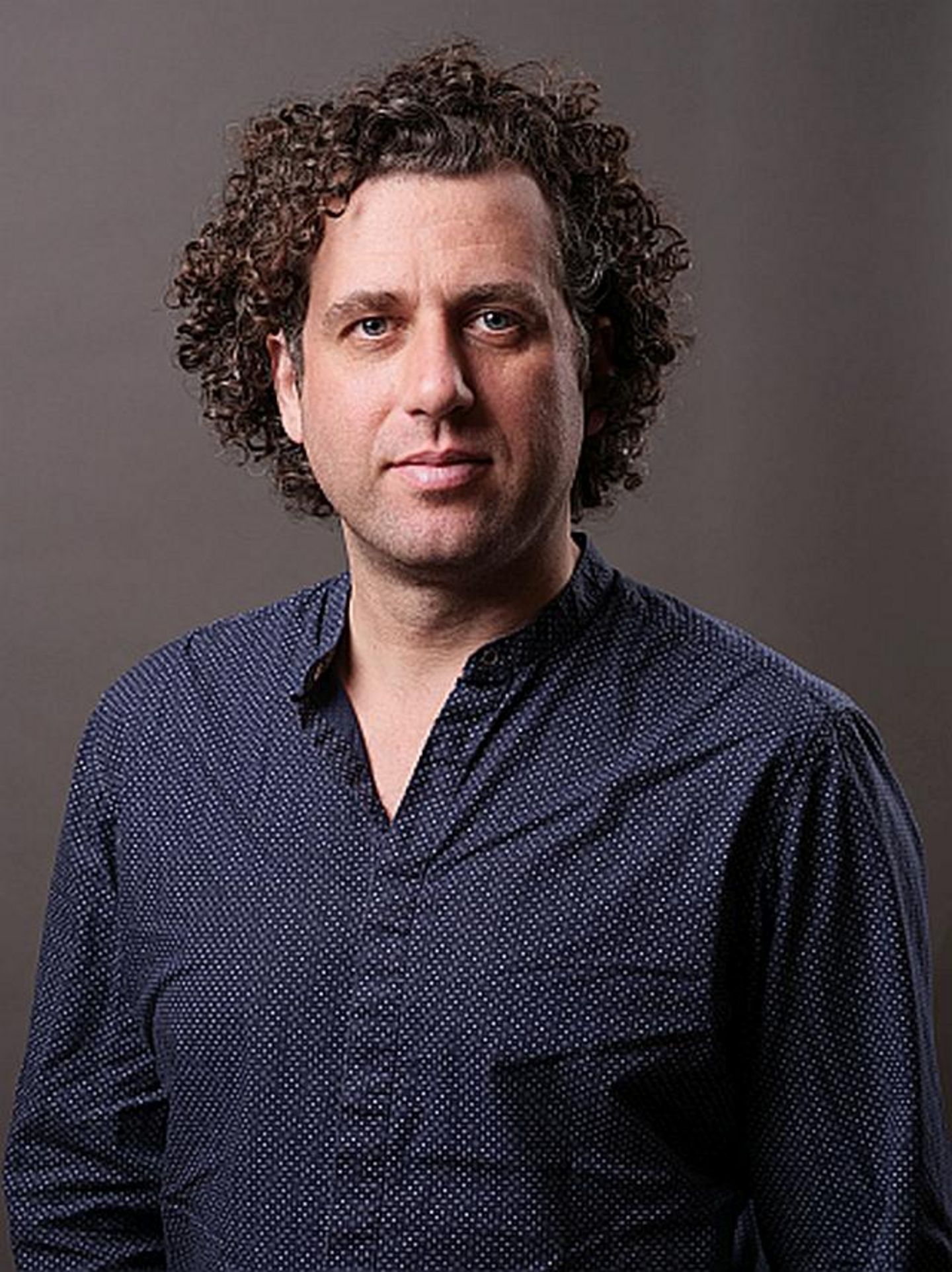
© Tiss: Michael Pinsker
Univ. Prof. Dipl.-Ing. Dr.techn. Michael Pinsker, opens an external URL in a new window was appointed University Professor of Algebra at the Vienna University of Technology with effect from August 1, 2024. He is assigned to the Institute of Discrete Mathematics and Geometry, opens an external URL in a new window (E104) at the Faculty of Mathematics and Geoinformation at TU Wien.
Michael Pinsker, born in Tübingen (Germany) and raised in Vienna, studied Technical Mathematics at TU Wien and received his doctorate there in 2005 (sub auspiciis) with the topic “Clones on infinite sets, opens an external URL in a new window” under Prof. Goldstern. Michael Pinsker financed his dissertation with a scholarship from the Austrian Academy of Sciences (DOC Scholarship, opens an external URL in a new window Program for Highly Qualified Doctoral Candidates - Approvals 2002). He also received a scholarship from the “Japan Society for the Promotion of Science” for a one-year research stay at Hitotsubashi University Tokyo in 2005. Thanks to an Erwin Schrödinger scholarship, he was also able to complete a post-doctoral stay at the Université de Caen (France) from 2007 to 2009. He was awarded his teaching license (Venia Docendi) in the field of “Algebra” in 2011 with his habilitation thesis “Further clones on infinite sets, opens an external URL in a new window”. In 2017, Michael Pinsker was awarded a career position in algebra, which he successfully completed in 2020 with the qualification of Associate Professor.
Michael Pinsker is assigned to the “Research Area Algebra, opens an external URL in a new window” (E104-01), which he also heads. In addition, his second home is at the Department of Algebra, opens an external URL in a new window at Charles University Prague (Czech Republic).
Publications by Michael Pinsker in the Scopus, opens an external URL in a new window database and in ResposiTUm, opens an external URL in a new window.
JULY 2024
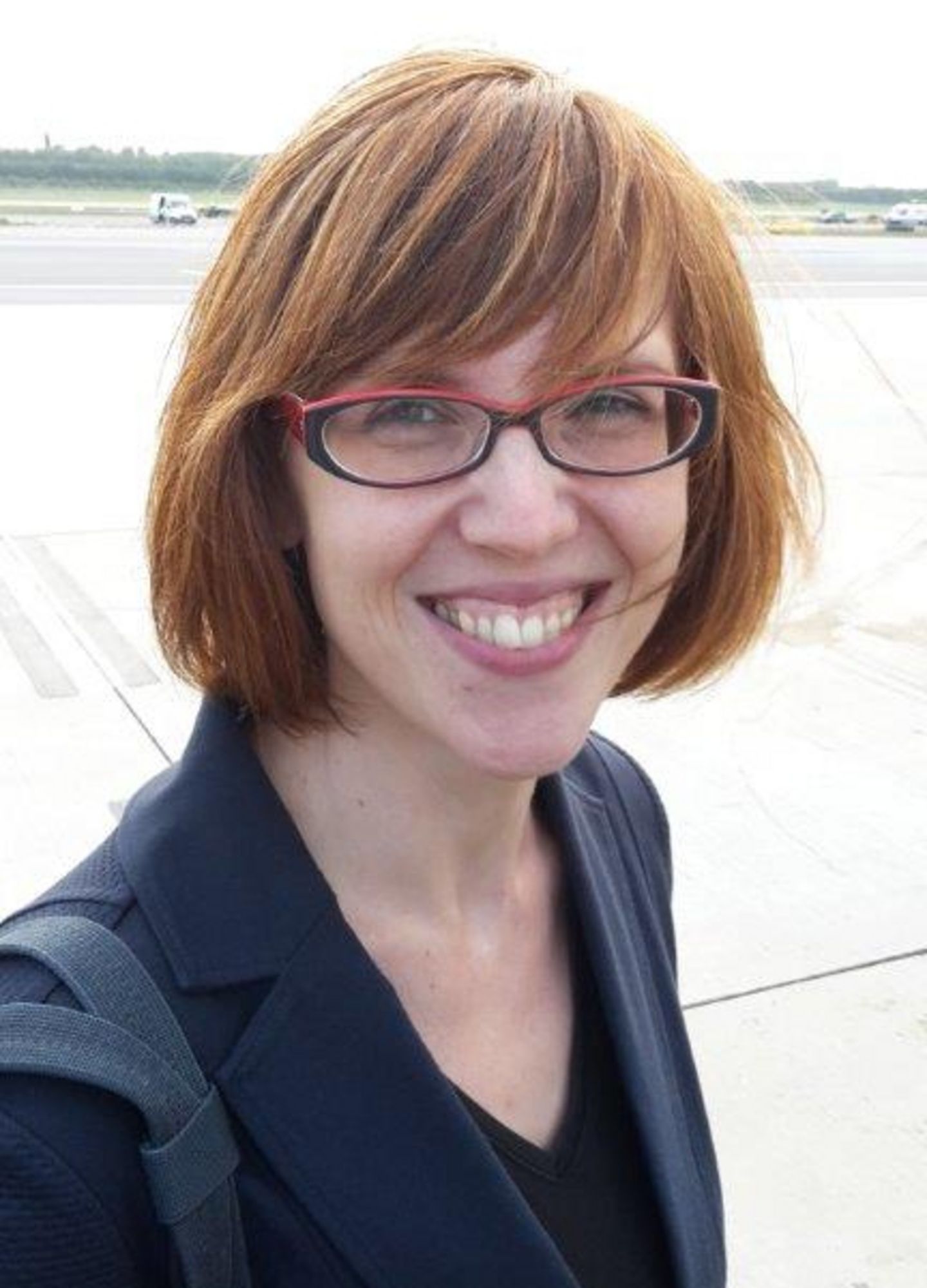
© Tiss: Julia Eisenberg
Prof. Dr.rer.nat. Julia Eisenberg , opens an external URL in a new windowhas been assigned to the Institute of Statistics and Mathematical Methods in Economics, opens an external URL in a new window (E105) at the Faculty of Mathematics and Geoinformation at TU Wien since July1, 2024 as University Professor for “Actuarial Mathematics”.
Julia Eisenberg comes from Düsseldorf. After studying Mathematics at the University of Duisburg-Essen, she moved to the University of Cologne to do her doctorate (dissertation "Optimal Control of Capital Injections by Reinsurance and Investments, opens an external URL in a new window"). In 2010 she moved to Vienna and has been associated with the TU Wien ever since. As part of her Elise-Richter project "Actuarial control problems under stochastic interest calculation, opens an external URL in a new window", she received the Venia Docendi for "Applied Mathematics" in 2019 with a habilitation thesis on "The time-value of money in actuarial control problems, opens an external URL in a new window". Since 2021 she was an “honorary fellow" at the University of Liverpool, where she worked for some time as a lecturer. All this made it possible for her to get a career at the TU Wien, which she successfully completed in 2023 with a qualification as an Associate Professor.
Julia Eisenberg's scientific home is the Research Unit of Risk Management in Financial and Actuarial Mathematics, opens an external URL in a new window at the aforementioned institute, where she deals with control problems in actuarial issues.
Publications by Julia Eisenberg in the Scopus , opens an external URL in a new windowdatbase and in ReposiTUm, opens an external URL in a new window.
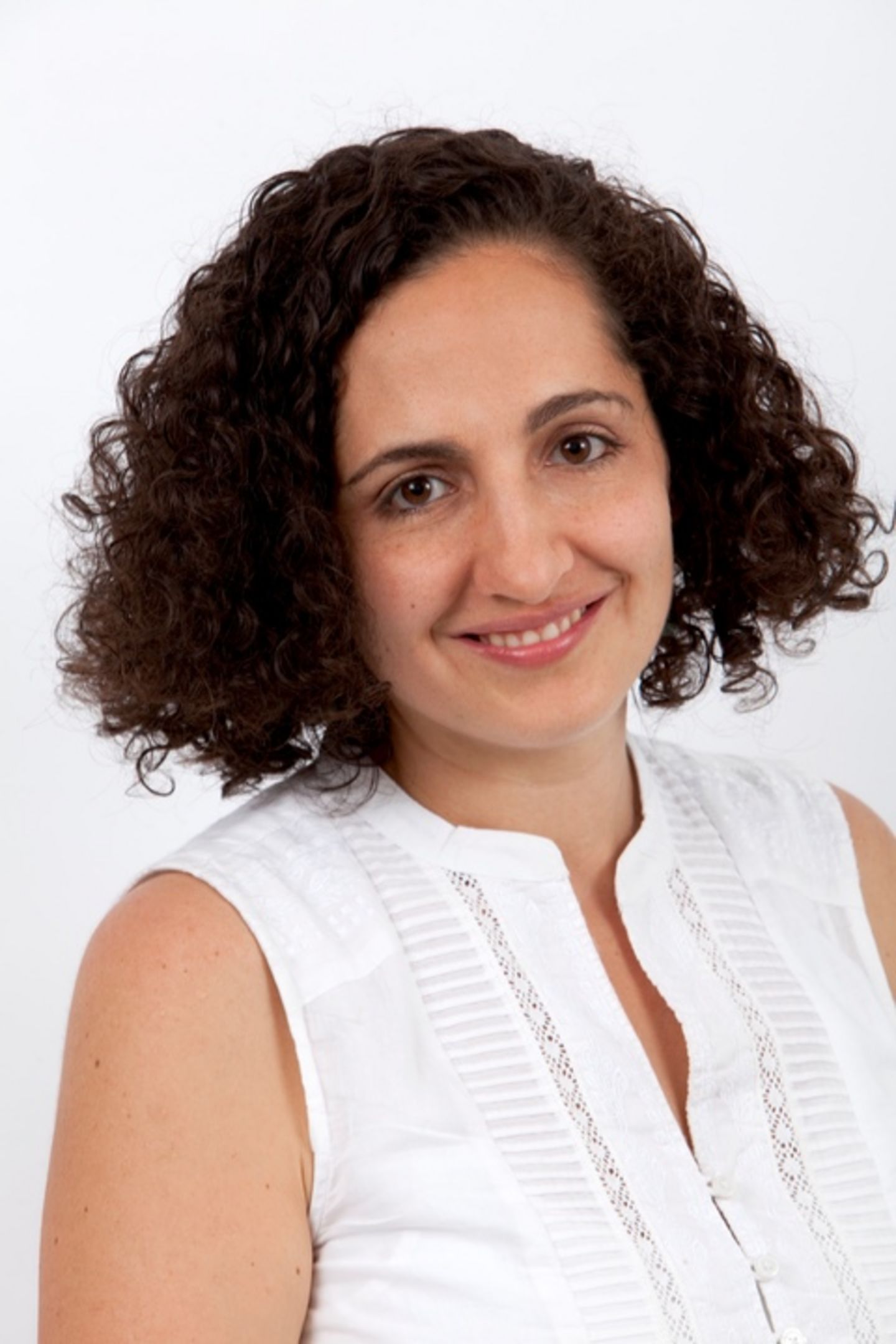
© Tiss: Maria Magdalena Ortiz de la Fuente
Associate Prof. Dr.techn. Maria Magdalena Ortiz de la Fuente, MSc, opens an external URL in a new window was assigned to the Institute Logic and Computation (E192), opens an external URL in a new window within the Faculty of Informatics, opens an external URL in a new window at TU Wien, assuming her post as Associate Professor for "Knowledge Representation and Reasoning", with effect from 1 June 2021.
Maria Magdalena Ortiz de la Fuente was born in Puebla (Mexico), where she studied Informatics at the Universidad de las Americas (magna cum laude). She then moved to Europe to participate from 2006 on in the Eureopean Master´s Program in Computational Logic (M.Sc, opens an external URL in a new window.), which was a joint programme of several universites in Portugal, Germany and Austria (TU Wien). After the finalisation of this Program she stayed at TU Wien starting her Doctoral Thesis, which she finished 2010 with the theme "Query Answering in Expressive Description Logics: Techniques and Complexity Results,, opens an external URL in a new window". 2015 she successfully applied for a tenure-track position on "Knowledge Representation and Reasoning" at TU Wien, which she completed in 2021. In addition she obtained her Venia Docendi, thus qualifiying her to teach in the area of "Computer Science" with a habilitation about "Improving data management using ontologies, opens an external URL in a new window".
Maria Magdalena Ortiz de la Fuente, opens an external URL in a new window has won several prizes for her work. Her scientific home is the Research Unit of Knowledge Based Systems, where she heads a Research Group on Knowledge Representation and Reasoning. There she is developing tools and techniques for Intelligent Data Management.
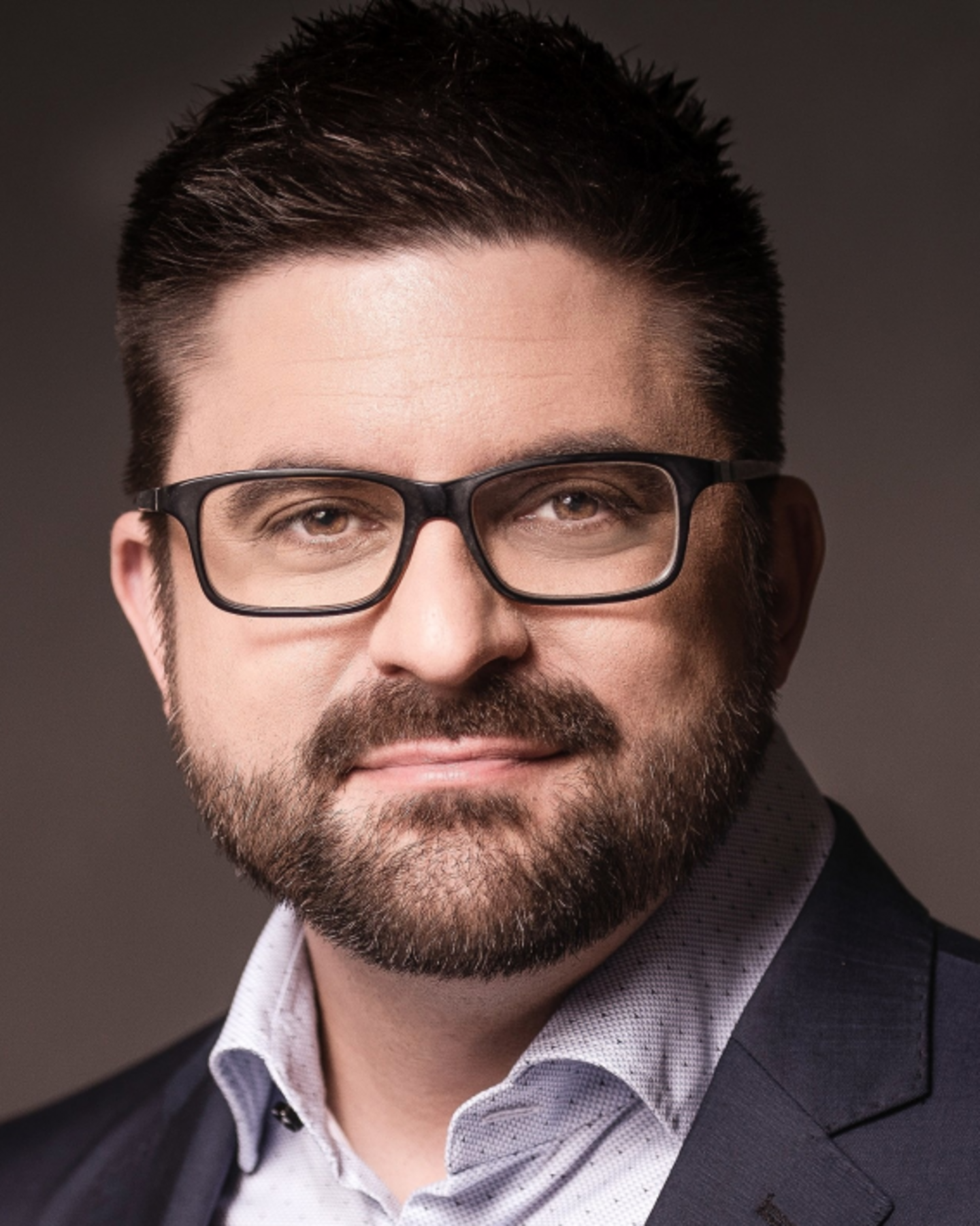
Univ.Prof. Dipl. Inform. Dr.rer.nat. Dominique SCHRÖDER, opens an external URL in a new window was appointed University Professor of Privacy at the Vienna University of Technology with effect from 01.07.2024. He is assigned to the Institute of Logic and Computation, opens an external URL in a new window (E192) at the Faculty of Computer Science, opens an external URL in a new window at TU Wien.
Dominique Schröder studied computer science at TU Braunschweig and graduated in 2006. In 2010, he received his doctorate with distinction from TU Darmstadt with a dissertation on “On the complexity of blind signatures, opens an external URL in a new window”. From 2011 to 2012, he worked as a postdoc under Prof. Jonathan Katz at the University of Maryland, where he was already a Visitor in 2010 and also in 2013 and 2015. In 2012, he started a three-year assistant professor position (W1) at Saarland University, where he subsequently worked as a tenured associate professor (W2) from 2015-2016. Since 2016, he has held the Chair of Applied Cryptography at the University of Erlangen-Nuremberg.
Dominique Schröder's scientific home from September 1, 2024 will be the research area Privacy Enhancing Technologies (FB 192-08). There he will develop methods and techniques to reconcile the seemingly contradictory goals of processing large amounts of data and protecting the privacy of individuals. The aim is to find a balance between these two objectives in order to enable new applications that guarantee the protection of privacy and thus meet the requirements of data protection. The new research area will develop techniques ranging from highly efficient information-theoretic approaches in the field of differential privacy to privacy-friendly cryptographic primitives and protocols.
Publications by Dominique Schröder in the Scopus, opens an external URL in a new window database and in ReposiTUm, opens an external URL in a new window.
[Website Dominique Schröder, opens an external URL in a new window]
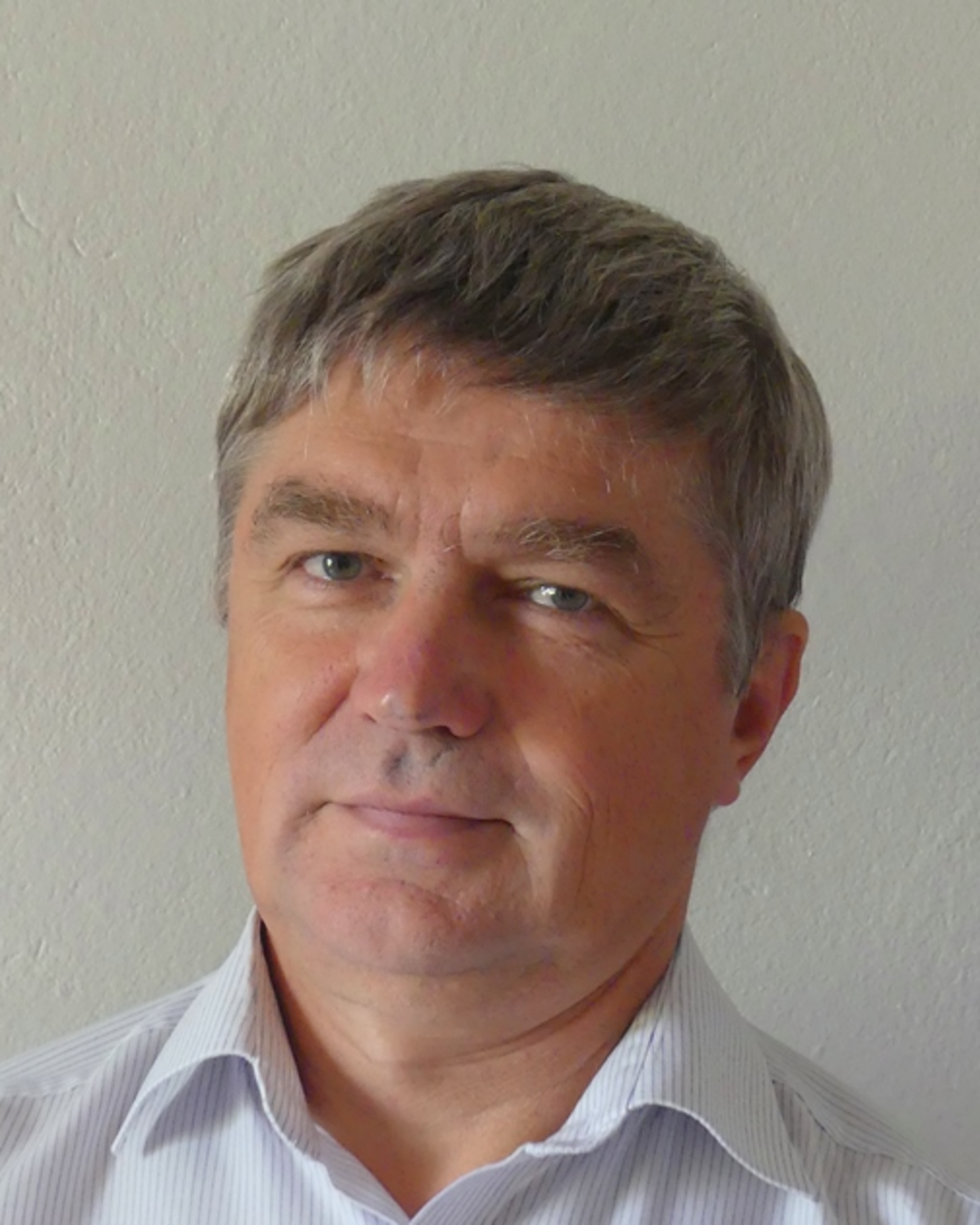
Associate Prof. Viktor Sverdlov, MSc PhD, opens an external URL in a new window has been assigned to the Institute of Microelectronics, opens an external URL in a new window (E360) at the Faculty of Electrical Engineering and Information Technology at TU Wien as Associate Professor of Magnetoresistive Devices since July 1, 2024.
Viktor Sverdlov comes from Russia and obtained an MSc and a PhD in physics from St. Petersburg State University, Russia, in 1985 and 1989 respectively. From 1989 to 1999, he worked as a research assistant at the V.A. Fock Institute of Physics at St. Petersburg State University. During this time he visited numerous European universities, such as the Helsinki University of Technology and the University of Geneva. In 1999, he became a research associate at the State University of New York at Stony Brook. In 2004, he moved back to Europe to the Institute of Microelectronics at the Vienna University of Technology. In May 2011 he received the Venia Docendi for the department “Microelectronics” with a habilitation thesis on “Strain-induced effects in advanced MOSFETs”. In 2021, he was able to secure a career position on the topic of “Magnetoresistive devices”, which he has now successfully completed by qualifying as an Associate Professor.
His scientific home is the aforementioned institute and his scientific interests include device simulations, computational physics, solid state physics and nanoelectronics.
Publications by Viktor Sverdlov in the Scopus, opens an external URL in a new window database and in ReposiTUm, opens an external URL in a new window.
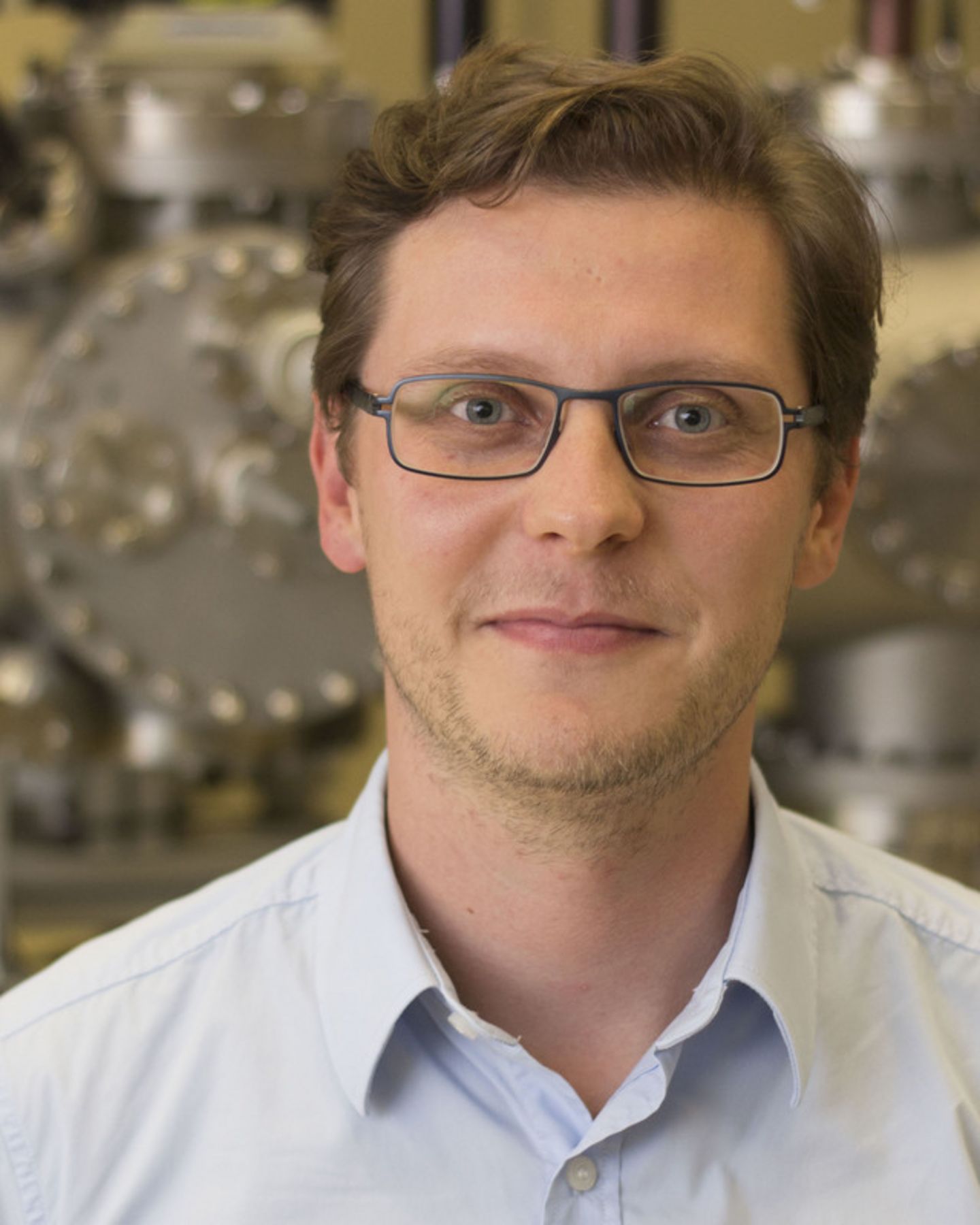
© Tiss: Richard Wilhelm
Associate Prof. Dr.rer.nat. Richard Arthur Wilhelm, opens an external URL in a new window has been assigned to the Institute of Applied Physics (E134) at the Faculty of Physics at TU Wien since July 1, 2023 as Associate Professor for “Ion and Plasma Physics”.
Richard A. Wilhelm comes from Saxony (D) and studied physics at the TU Dresden, where he also received his doctorate with distinction in 2014 with a dissertation on the "Interaction of slow highly charged ions with ion crystal surfaces and ultra-thin carbon membranes, opens an external URL in a new window". As a post-doc, he remained connected to the TU Dresden and the Helmholtz-Zentrum Dresden-Rossendorf for some time afterwards. In 2016 he moved to Austria to do research at the TU Wien, first as a postdoc and then as a university assistant. In 2019, after winning a START prize for "The observation of ion scattering in real time, opens an external URL in a new window" [TU Wien News article, opens an external URL in a new window and Die Presse article, opens an external URL in a new window], he was able to secure a career position on "Ion and plasma physics", which he has now successfully completed with a qualification as an associate professor. In June? 2023 he received the Venia Docendi for the subject "Experimental Physics" with a habilitation thesis on "The charge exchange of slow highly charged ions at surfaces unraveled with freestanding 2D materials, opens an external URL in a new window".
The scientific home of Richart A. Wilhelm is the Research Unit of Atomic and Plasma Physics (134-03) at the mentioned institute. Here he asks the question...
JUNE 2024
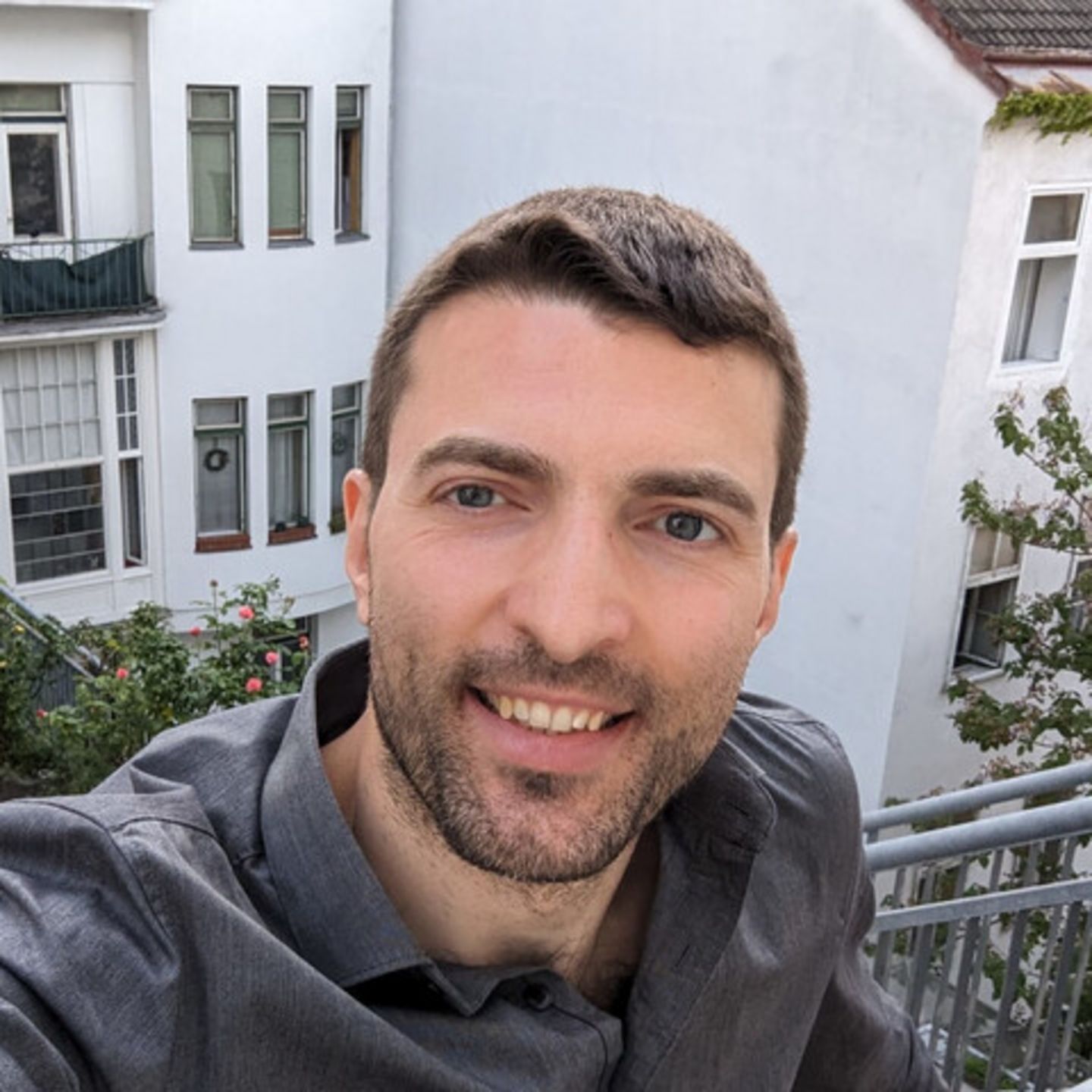
Associate Prof. Dr.rer.nat. Benedikt STUFLER, opens an external URL in a new window has been assigned to the Institute of Discrete Mathematics and Geometry, opens an external URL in a new window (E104) at the Faculty of Mathematics and Geoinformation at TU Wien as Associate Professor of Discrete Mathematics since June 1, 2024.
Benedikt Stufler studied mathematics at the Ludwig-Maximilians-Universität München (LMU Munich) and graduated in 2013 with the top grade of 1.0. In 2015, he completed his doctorate there with a dissertation on “Scaling limits of random trees and graphs, opens an external URL in a new window”. A research fellowship from the German Research Foundation subsequently enabled him to spend time as a postdoctoral researcher at the Ecole normale supérieure de Lyon. He then conducted research at the University of Zurich for 2 years and returned to the Ludwig-Maximilians-Universität München as a postdoctoral researcher in 2019. In 2020, he moved to TU Wien after successfully securing a career position on the topic of “Discrete Mathematics”. In 2022, he was awarded the Venia Docendi with a habilitation thesis on “Probabilistic analysis of large discrete structures” and has now successfully completed his qualification as Associate Professor.
Benedikt Stufler's scientific home is the Combinatorics and Algorithms research area, opens an external URL in a new window (E104-05) at the aforementioned institute. His research focuses on the interface between combinatorics and probability theory.
Publications by Benedikt Stufler in the Scopus, opens an external URL in a new window database and in ReposiTUm, opens an external URL in a new window
[Website Benedikt Stufler, opens an external URL in a new window]
MAY 2024
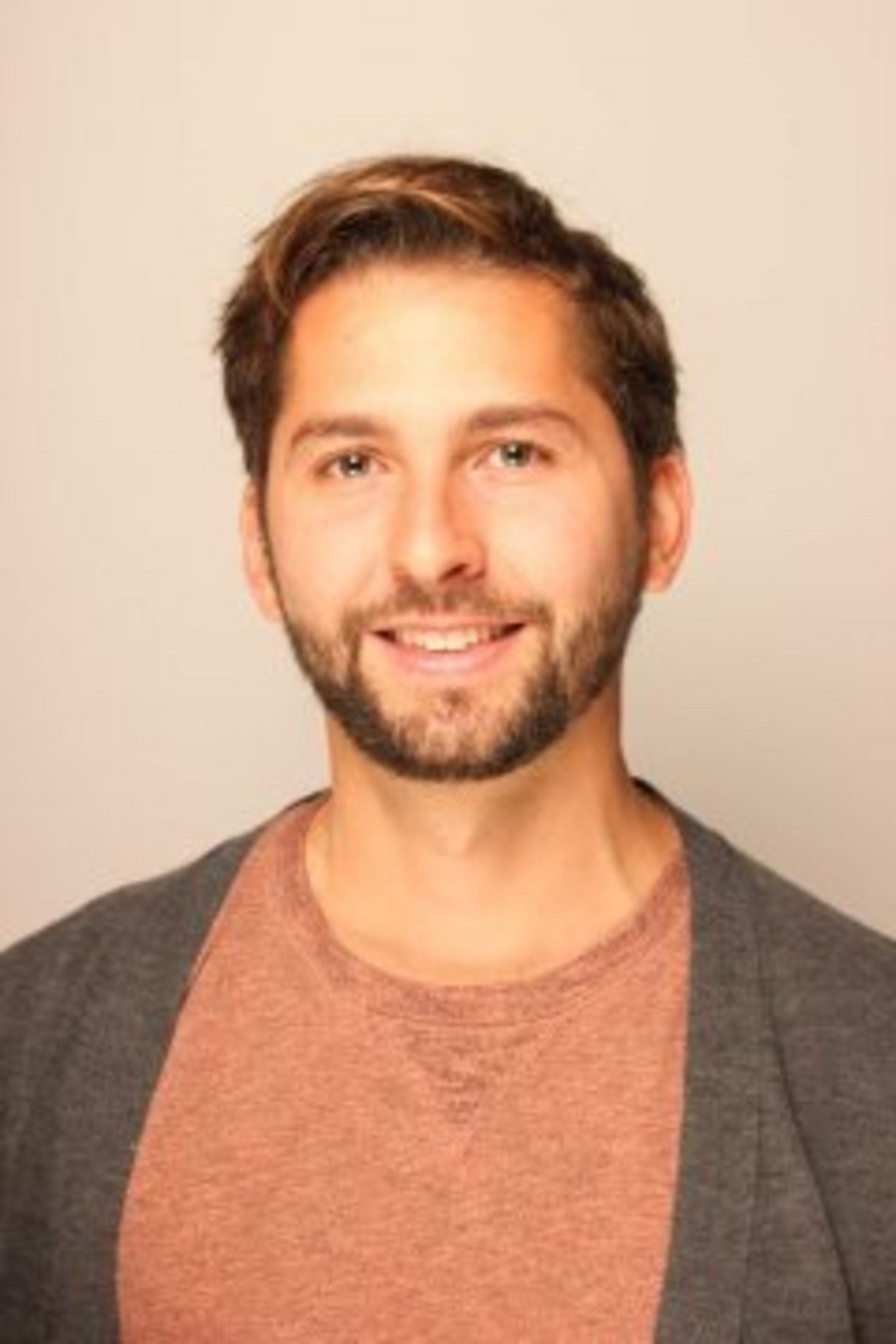
© Tiss: Jürgen Cito
Associate Prof. Dipl.-Ing. Dr.sc. Jürgen Cito, opens an external URL in a new window has been assigned to the Institute of Information Systems Engineering (194) , opens an external URL in a new windowat TU Wien since Mai 1, 2024 as Associate Professor for Software Engineering.
Jürgen Cito (born in Tirana, Albania) grew up in Kottingbrunn in the district Baden and studied computer science at TU Wien. He received his doctorate summa cum laude from the University of Zurich in 2018 with a dissertation on the topic “Software Runtime Analytics for Developers, opens an external URL in a new window”. He then carried out research as a postdoctoral research associate at MIT (Massachusetts Institute of Technology, USA) until 2020 and as a research affiliate until 2021 and at the same time at Facebook as a visiting scientist. In 2020, he took advantage of the opportunity to apply for a career position in the field of "Software Engineering", which he has now successfully completed by qualifying as an associate professor.
Jürgen Cito's scientific home is the Research Unit for Software Engineering, opens an external URL in a new window (E194-01) at the institute mentioned. There he researches the topics of program analysis, explainability of AI models, probabilistic programs and AI-based agent systems for security testing.
Publications by Jürgen Cito in the Scopus , opens an external URL in a new windowdatabase and in the ReposiTUm, opens an external URL in a new window
APRIL 2024
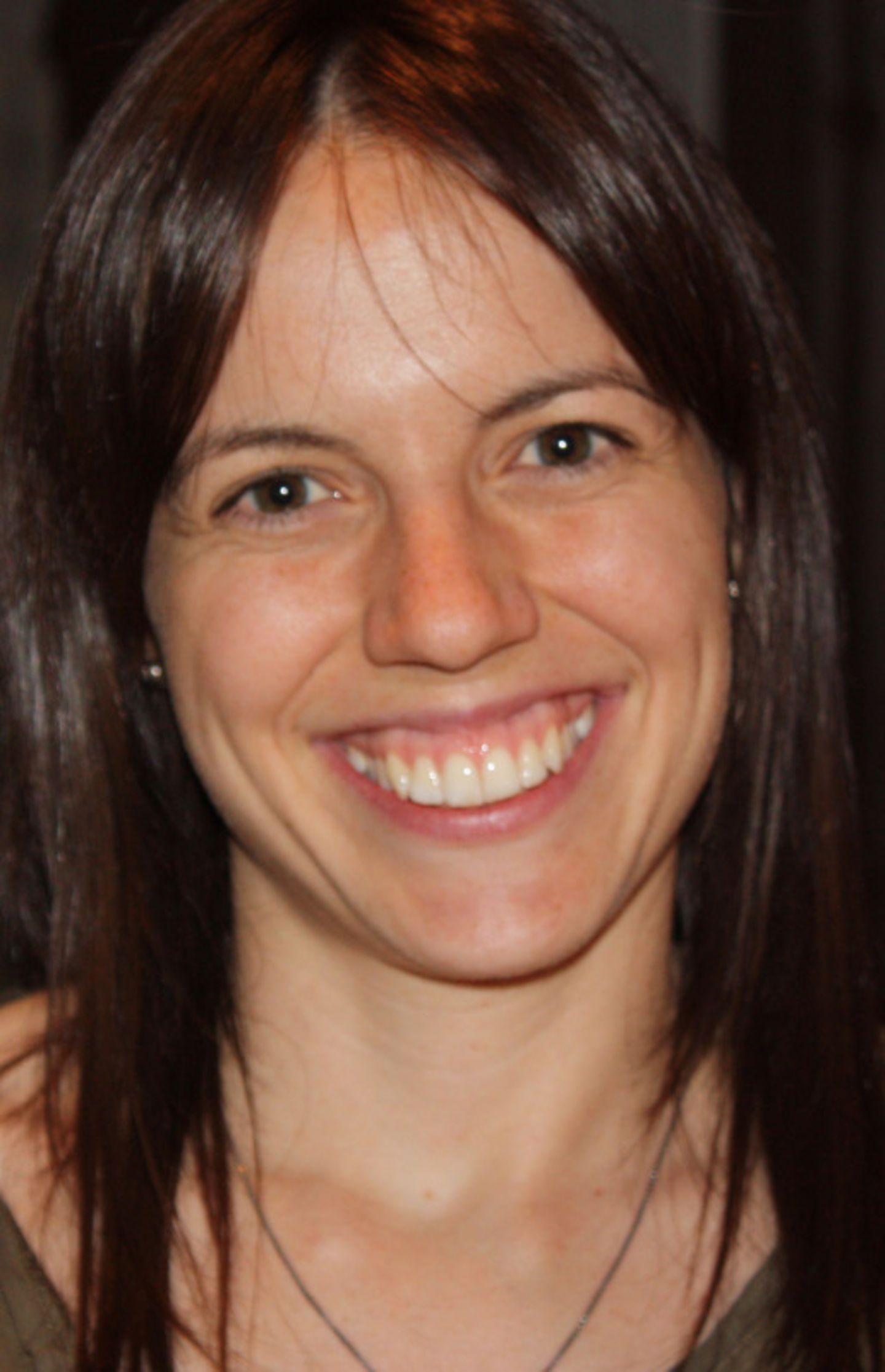
© Tiss: Raquel De Oro Calderon
Associate Prof. Raquel de Oro Calderon, PhD MSc, opens an external URL in a new window has been assigned to the Institute of Chemical Technologies and Analytics, opens in new window at the Faculty of Technical Chemistry, opens in new window at TU Wien since April 1, 2024 as Associate Professor for Inorganic multiphase and composite materials.
Raquel de Oro Calderon comes from Spain and studied “Industrial Technologies” at Carlos III in Madrid (UC3M). After an almost year-long stint in the pharmaceutical industry (Eli Lilly and Company, opens an external URL in a new window), she returned to UC3M, where in 2012 she wrote a dissertation on the topic of "Master alloy design for liquid phase sintering of Mn-Si steels (Diseño de aleaciones maestras para la sinterización con fase liquida de aceros al Mn-Si, opens an external URL in a new window)" and received her doctorate. In 2013 she moved to the Chalmers University of Technology in Gothenburg (Sweden) as a postdoctoral researcher, where she researched the topic "Synthesis of WC for hard materials applications utilizing new carbon sources" for almost two years. The acquisition of a Marie Curie IEF (Intra European Fellowship) grant brought her to TU Wien in 2015. In 2019, she applied for the career position "Inorganic Multiphase and Composite Materials", which she has now successfully completed by qualifying as an associate professor.
Raquel de Oro Calderon's scientific home is the Research Unit of Chemical Technologies (E164-03) at the aforementioned institute and here the Research Group for Inorganic Materials, opens in new window, where she among other things, researches the development and production of novel metal alloys and hard metals.
Publications by Raquel de Oro Calderon in the Scopus , opens an external URL in a new windowdatabase and in ReposiTUm, opens an external URL in a new window
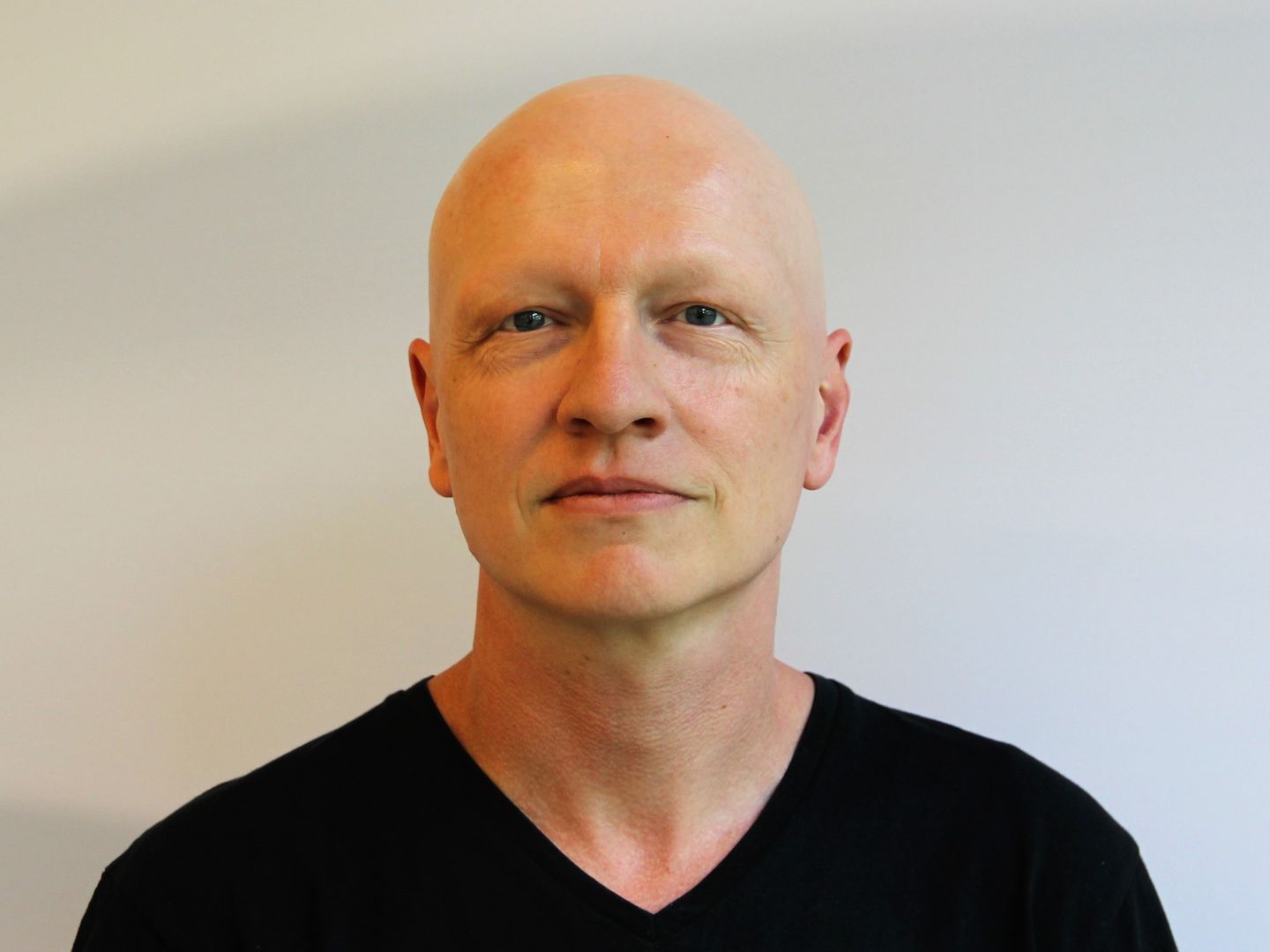
© Gernot Riedel
Univ. Prof. Dipl.Ing. Dr.techn. Uwe Wilhelm Drofenik , opens an external URL in a new windowwas appointed as University Professor for Power electronics at TU Wien with effect from April 17, 2024. He is assigned to the Institute Energy Systems and Electrical Drives , opens in new windowat the Faculty of Electrical Engineering and Information Technology, opens in new window.
Uwe Drofenik studied electrical engineering at the TU Wien (with honors) and then received his doctorate in 1999 with a dissertation on the subject of "Optimization and experimental analysis of the stationary operating behavior of a Vienna Rectifier, opens an external URL in a new window" (also with honors). After a short stay at the University of Tokyo as a visiting researcher and as a postdoc at the TU Wien, he moved to ETH Zurich in 2001 as a postdoc or senior assistant, where he led the development of simulation and optimization software for power electronics. During this time he was also co-founder and managing director of the ETH spin-off company Gecko-Research GmbH. In 2008 he moved to ABB Corporate Research, first as Principal Scientist, and from 2018 as Senior Principal Scientist. His research focus was on highly compact converter systems that are connected to the medium-voltage network. In 2022, Uwe Drofenik worked at ABB E-Mobility on research strategies, patents and intellectual property (IP), as well as IP strategies. During his time in industry, he wrote more than 50 patents and taught power electronics courses at ABB Corporate Research.
Uwe Drofenik's scientific home is now the Research Unit of Leistungselektronik (E370-04) at the aforementioned institute, which he also heads. There his research focuses on magnetic components ("kilohertz at kiloamperes"), on medium-voltage power electronics for sustainable energy systems in the megawatt range (such as photovoltaics, electric vehicles, data centers, hydrogen production, energy storage), and on the modeling and optimization of complex energy conversion systems with a focus on efficiency , cooling, standards and cost models.
Publications by Uwe Drofenik in the Scopus , opens an external URL in a new windowdatabase and in ReposiTUm, opens an external URL in a new window of the TU Wien
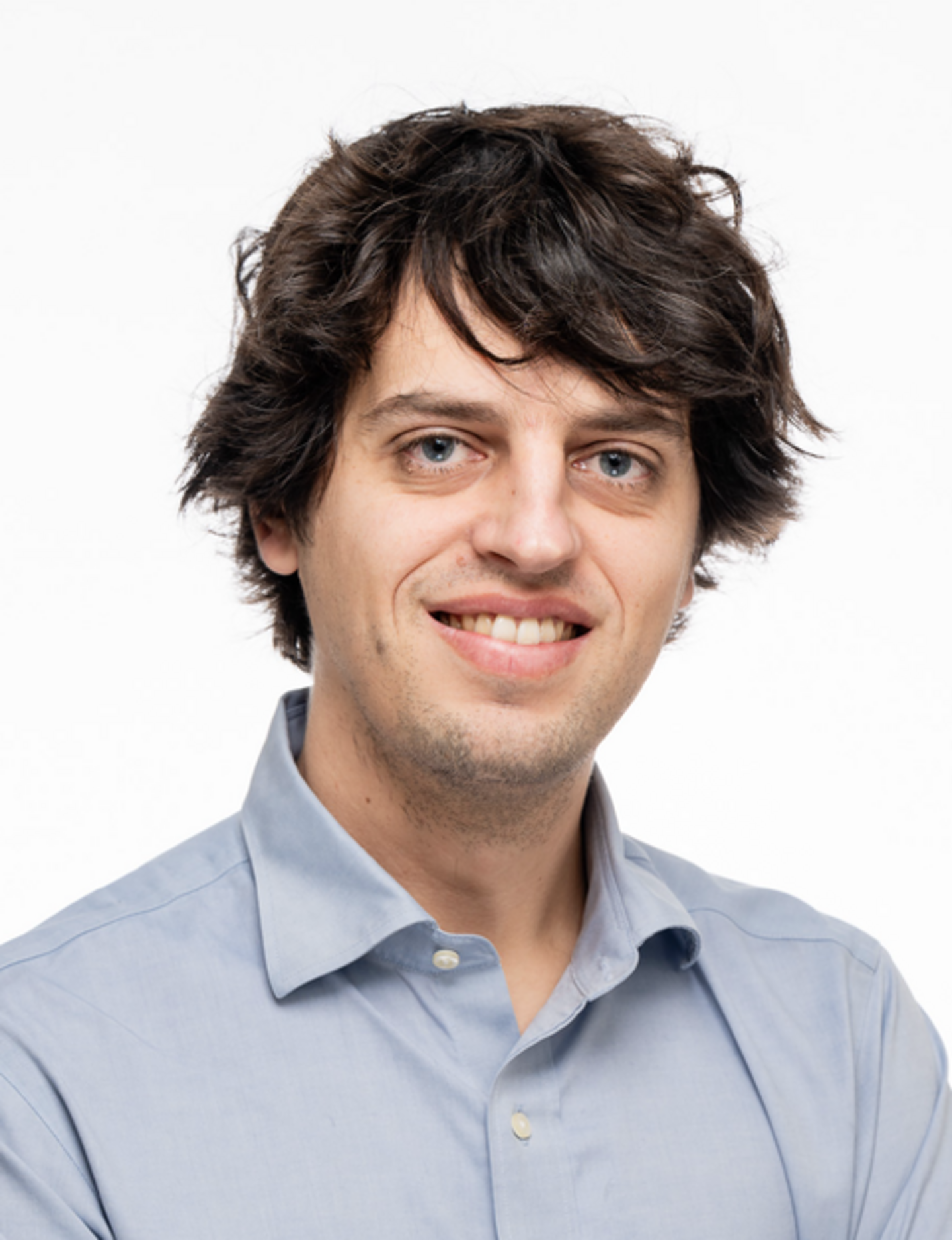
© Tiss: Julian Leonhard
Associate Prof. Dr.sc.Julian LEONARD, opens an external URL in a new window has been assigned to the Institute of Atomic and Subatomic Physics, opens in new window at the Faculty of Physics at TU Wien from April 1, 2024 to September 30, 2024 as Associate Professor for Quantum Simulation with Hybrid Systems.
Julian Leonard studied physics at the Technical University of Munich (graduated in 2010) and also at the Sorbonne Université/ENS Paris (graduated in 2011). He received his doctorate from ETH Zurich in 2017 with a dissertation on "A Supersolid of Matter and Light, opens an external URL in a new window" and then moved to Harvard University in Cambridge MA (USA) as a postdoc. In 2021 he will return to Europe because he was able to secure a career position at the TU Wien on the topic of "Quantum Simulation with Hybrid Systems", which he has now successfully completed by qualifying as an associate professor.
Julian Leonard's scientific home is the Research Unit of Atom Physics and Quantum Optics, opens in new window (E141-02) at the aforementioned institute. There he researches topics...
Publications by Julian Leonard in the Scopus , opens an external URL in a new windowdatabase and in the ReposiTUm, opens an external URL in a new window
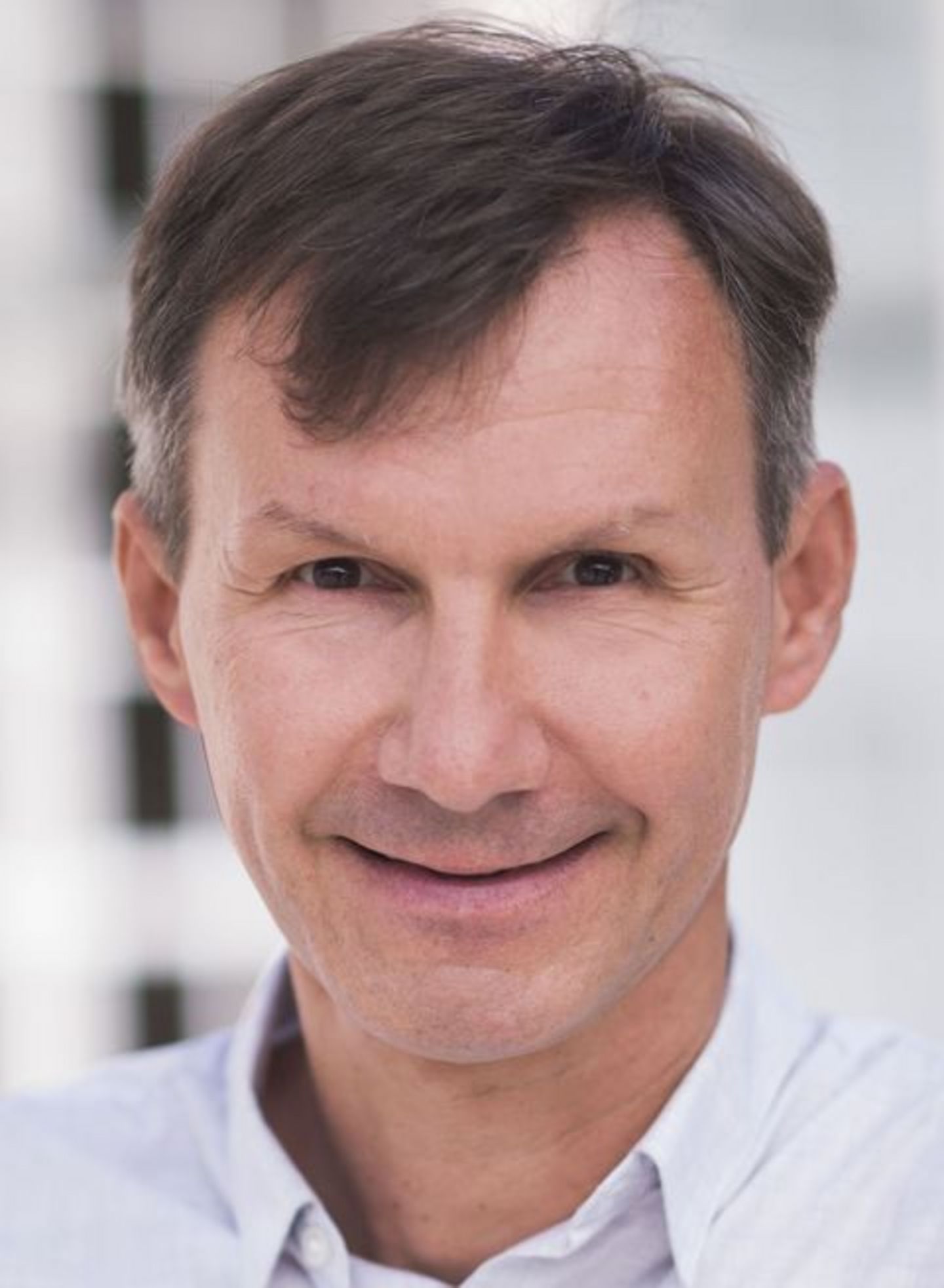
© Tiss: Gottfried Mandlburger
Univ. Prof. Dipl.-Ing. Dr.techn. Gottfried Mandlburger , opens an external URL in a new windowwas appointed as University Professor for Optical bathymetry at TU Wien with effect from April 1, 2024. He is assigned to the Department of Geodesy and Geoinformation , opens in new window(E120) at the Faculty of Mathematics and Geoinformation.
Gottfried Mandlburger studied geodesy at the TU Wien (graduated in 1995) and has been associated with the TU Wien ever since: in 2006 he received his doctorate with a dissertation on the subject of “Topographic models for applications in hydraulics and hydrology, opens an external URL in a new window”. After a 3-year research stay at the University of Stuttgart (2017-2019), he returned to the TU Wien as a senior scientist and applied for a career position on the topic of "Optical Bathymethry" in 2021, which he successfully finished on December 1, 2022 as an associate professor. In January 2022 he also completed his habilitation with a habilitation thesis on the subject of "Bathymetry from active and passive photogrammetry, opens an external URL in a new window" and thus obtained the Venia Docendi for the subject "Photogrammetry". At the German Society for Photogrammetry, Remote Sensing and Geoinformation (DGPF), opens an external URL in a new window, he chairs the working group "Remote Sensing - Application: Hydrography" and is also the scientific coordinator of the LiDAR software package OPALS , opens an external URL in a new window(Orientation and Processing of Airborne Laser Scanning data), which is an was and is being developed by the TU Wien.
Gottfried Mandlburger's scientific home is the Research Unit of Photogrammetry, opens in new window (E120-07). There he is primarily concerned with the development of methods for evaluating data from active and passive remote sensing sensors (laser scanners, multispectral cameras) in a wide variety of application areas, especially in water surveying (bathymetry).
Publications by Gottfried Mandlburger in the Scopus , opens an external URL in a new windowdatabase and in ReposiTUm, opens an external URL in a new window

© Tiss: Daniel Müller-Gritschneider
Univ.Prof. Dr.-Ing. Dipl.-Ing. Daniel Müller-Gritschneder , opens an external URL in a new windowwas appointed as University Professor for Computer Architecture at TU Wien with effect from April 1, 2024. He is assigned to the Institute of Computer Engineering, opens an external URL in a new window (E191) at the Faculty of Informatics, opens an external URL in a new window.
Daniel Müller-Gritschneder comes from Wien, grewu up nearby Munich and studied electrical and information technology at the Technical University of Munich. He received his doctorate there in 2009 with a dissertation on the topic “Deterministic Performance Space Exploration of Analog Integrated Circuits considering Process Variations and Operating Conditions, opens an external URL in a new window”. He remained loyal to the TU Munich as academic councilor or senior councilor, and received his Venia Docendi in 2019 with a habilitation thesis on "Advanced virtual prototyping and communicaton synthesis for integrated system design at electronic system level, opens an external URL in a new window". From 2019 to 2022 he temporarily headed the chair for real-time computer systems at the Technical University of Munich. He worked at the Technical University of Munich in a number of DFG and BMBF-funded projects.
Daniel Müller-Gritschneder's scientific home is now the Research Unit of Embedded Computing Systems (E191-02) at the aforementioned institute. There he researches topics such as the execution of AI models, so-called neural networks, on small energy-efficient microcontrollers (tinyML) as well as methods for the early evaluation of computer systems based on RISC-V processors in terms of their performance and security. He is a member of the program committee of several international conferences such as the International Conference on Hardware/Software Codesign and System Synthesis (CODES/ISSS) and the Design, Automation and Test in Europe Conference (DATE) and is one of the co-initiators of the RISC-V Summit Europe.
Publications by Daniel Müller-Gritschneder in the Scopus , opens an external URL in a new windowdatabase and in ReposiTUm, opens an external URL in a new window of TU Wien.
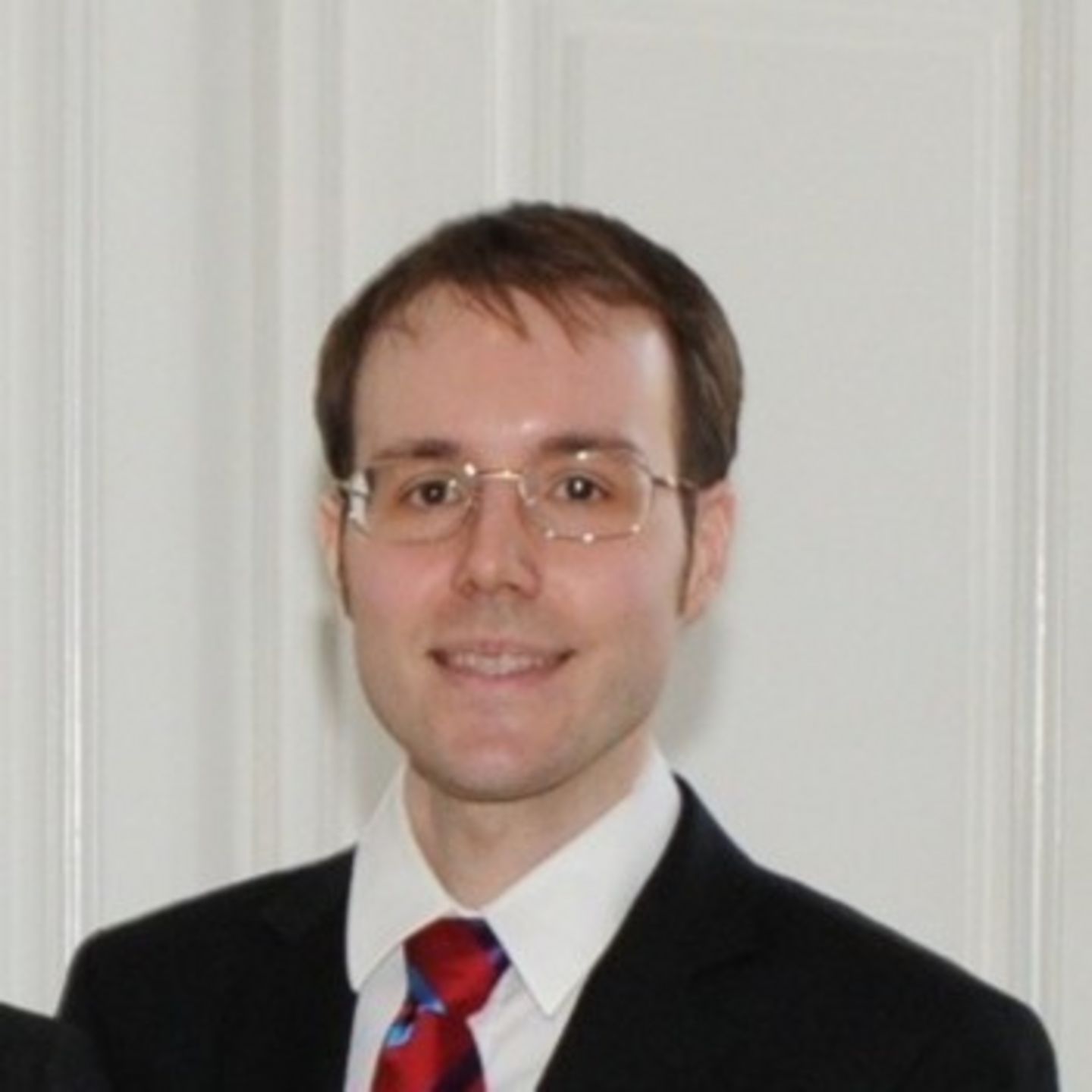
© Tiss: Emanuel Sallinger
Associate Prof. Dipl.-Ing. Mag.rer.soc.oec. Dr.rer.soc.oec. Dr.techn. Emanuel SALLINGER , opens an external URL in a new windowhas been assigned to the Institute of Logic and Communications, opens an external URL in a new window (E192) at the Faculty of Informatics, opens an external URL in a new window at TU Wien since April 1, 2024 as Associate Professor for Scalable Reasoning.
Emanuel Sallinger comes from Vienna and studied computer science at the TU Wien. He also received his doctorate from the TU Vienna in 2014 (sub auspiciis praesidentis rei publicae) with a dissertation on the topic "Foundations of information integration: analyzing, managing and reasoning about schema mappings, opens an external URL in a new window". In 2015 he moved to the University of Oxford as a senior researcher, where he led the VADA ("Value-Added Data") laboratory for more than six years. In 2020, he returned to Austria because he was able to secure a career position on the topic of “Scalable Reasoning” at the TU Wien. He has now successfully completed this career position by qualifying as an associate professor. In addition to research, teaching is also very important to him, for example he received a degree in "Teaching and Learning in Higher Education" (PGCHE) from the University of Oxford. Emanuel Sallinger is also Vice Dean of Studies for Business Informatics and Data Science at the Faculty of Computer Science.
Emanuel Sallinger's scientific home is the Research Unit of Database and AI , opens an external URL in a new window(E192-02). There he researches knowledge graphs as part of a WWTF Vienna Research Group that he leads. This includes theory, scalable systems and applications - including in the areas of sustainability and economic resilience.
Publications by Emanuel Sallinger in the Scopus , opens an external URL in a new windowdatabase and in ReposiTUm, opens an external URL in a new window
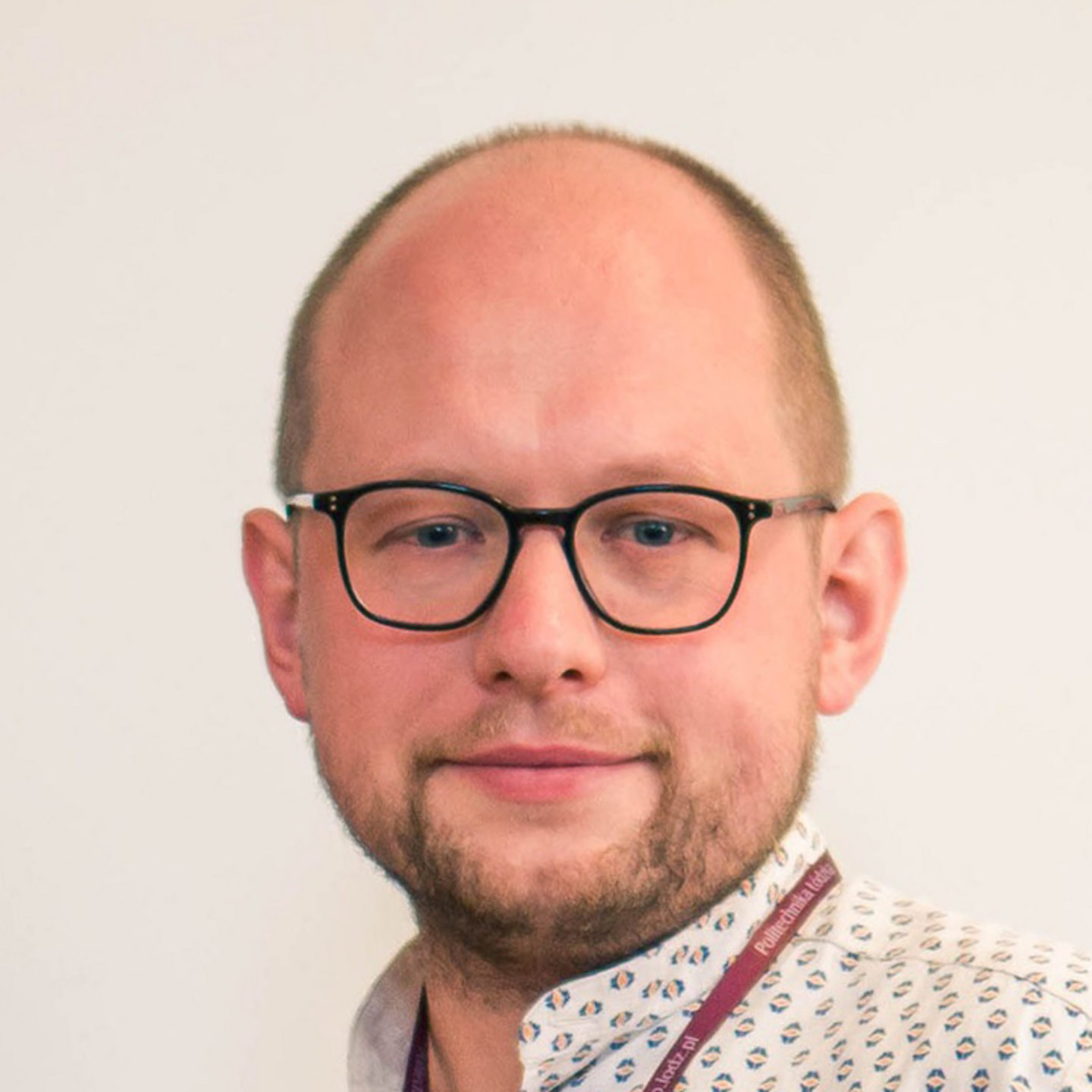
© Tiss: Pawel W. Wozniak
Univ.Prof. Dr. Pawel W. WOZNIAK, opens an external URL in a new window was appointed as University Professor for Human-Computer Interaction at TU Wien with effect from April 1, 2024. He is assigned to the Institute of Visual Computing and Human-Centered Technology, opens an external URL in a new window (E193) at the Faculty of Informatics., opens an external URL in a new window
Pawel Wozniak comes from Łódźin Poland and studied computer science at the Technical University of Łódź. After completing his studies in 2012, he moved to Sweden and received his doctorate in 2016 at Chalmers University of Technology in Gothenburg with a dissertation on the topic "Beyond Gadgetry: Reflections on Tech- and User-Driven Research in Human-Computer Interaction, opens an external URL in a new window". A subsequent postdoctoral position took him to the University of Stuttgart and, from 2018, to the University of Utrecht, where he worked as an assistant professor. In 2021 he moved back to Gothenburg to Chalmer University of Technology, this time as an associate professor.
Pawel Wozniak's scientific home is now the Research Unit of Human Computer Interaction , opens an external URL in a new window(E193-05) at the aforementioned institute, which he also heads. There he researches topics such as technologies for well-being and sport, interactions with mobile interfaces and uncanny relationships with technical artifacts
Publications by Pawel Wozniak in the Scopus , opens an external URL in a new windowand Google Scholar, opens an external URL in a new window databases and (soon) in ReposiTUm of TU Wien.
MARCH 2024
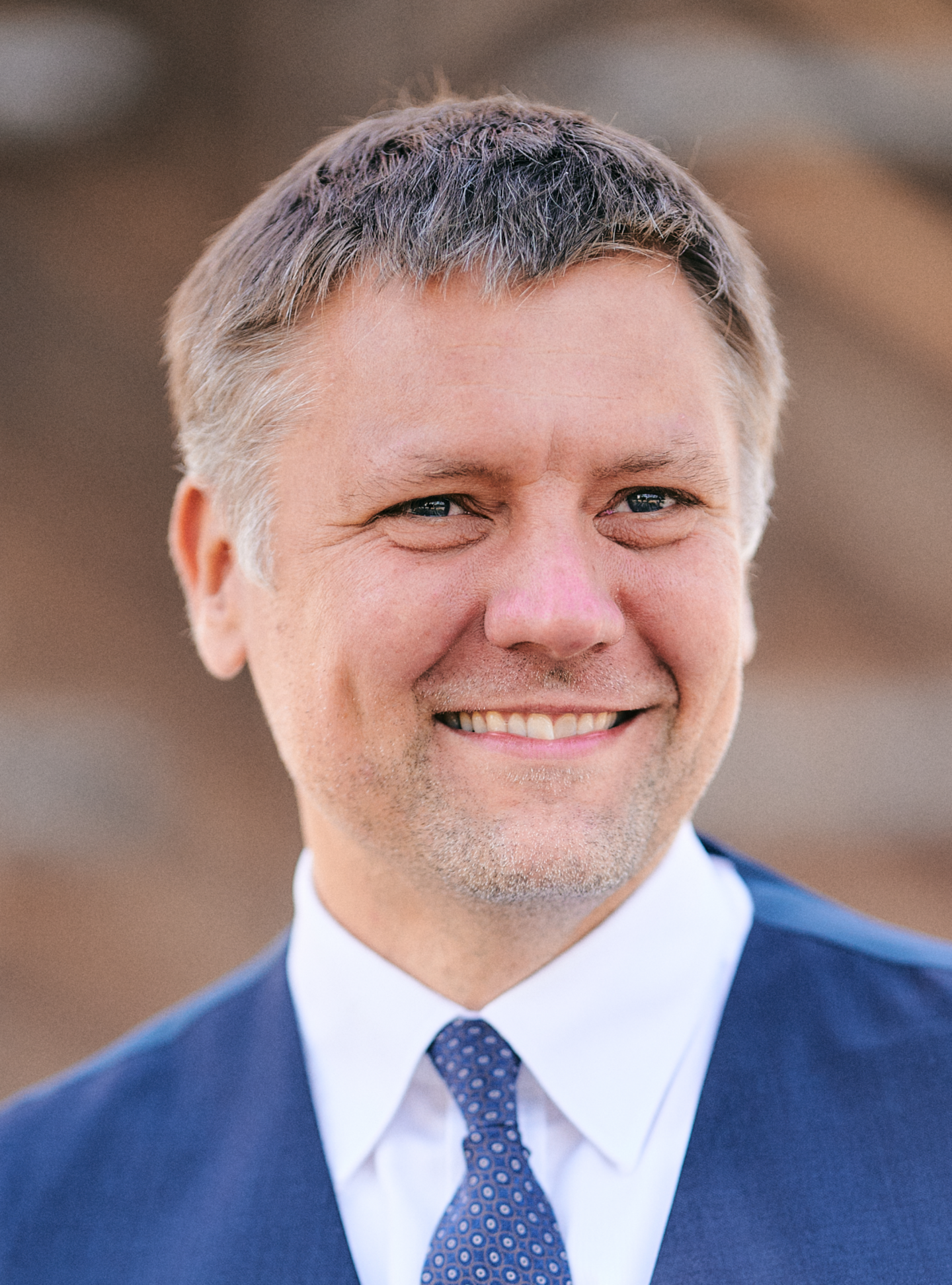
© Tiss: Michael Waltl
Univ.Prof. Dipl.-Ing. Dr.techn. Michael Waltl, opens an external URL in a new window was appointed as University Professor for “Robust Microelectronics” at TU Wien with effect fom March 1, 2024. He is assigned to the Institute for Microelectronics, opens an external URL in a new window (E360) at the Faculty of Electrical Engineering and Information Technology, opens in new window.
Michael Waltl comes from Upper Austria. He studied electrical engineering at the TU Wien (with distinction) and received his doctorate there in 2016 with his dissertation (summa cum laude) on the subject of "Experimental characterization of bias temperature instabilities in modern transistor technologies, opens an external URL in a new window". He then remained connected to the TU Wien first as a senior scientist, then as Associate Prof. In addition to numerous FFG and projects financed directly by industry, in 2018 he was able to acquire the CD laboratory for single defect spectroscopy in semiconductor components, opens an external URL in a new window with industrial partners such as ams OSRAM AG, Global TCAD Solutions GmbH and Infineon Technologies Austria AG. Michael Waltl is part of the management committee of renowned international IEEE conferences such as the IIRW, opens an external URL in a new window (International Integrated Reliability Workshop) and serves on the technical program committee of the IEDM, IRPS, ESSDERC and ESREF. He is also Associate Editor of the Microelectronics Engineering Journal.
The scientific home of Michael Waltl is the aforementioned institute, where he is currently dealing with research questions relating to the robustness of electronic components and circuits.
[Michael Waltl website, opens an external URL in a new window]
Publication by Michael Waltl in the databases Scopus, opens an external URL in a new window ,Web of Science, opens an external URL in a new window and in ReposiTUm, opens an external URL in a new window.
JANUARY 2024
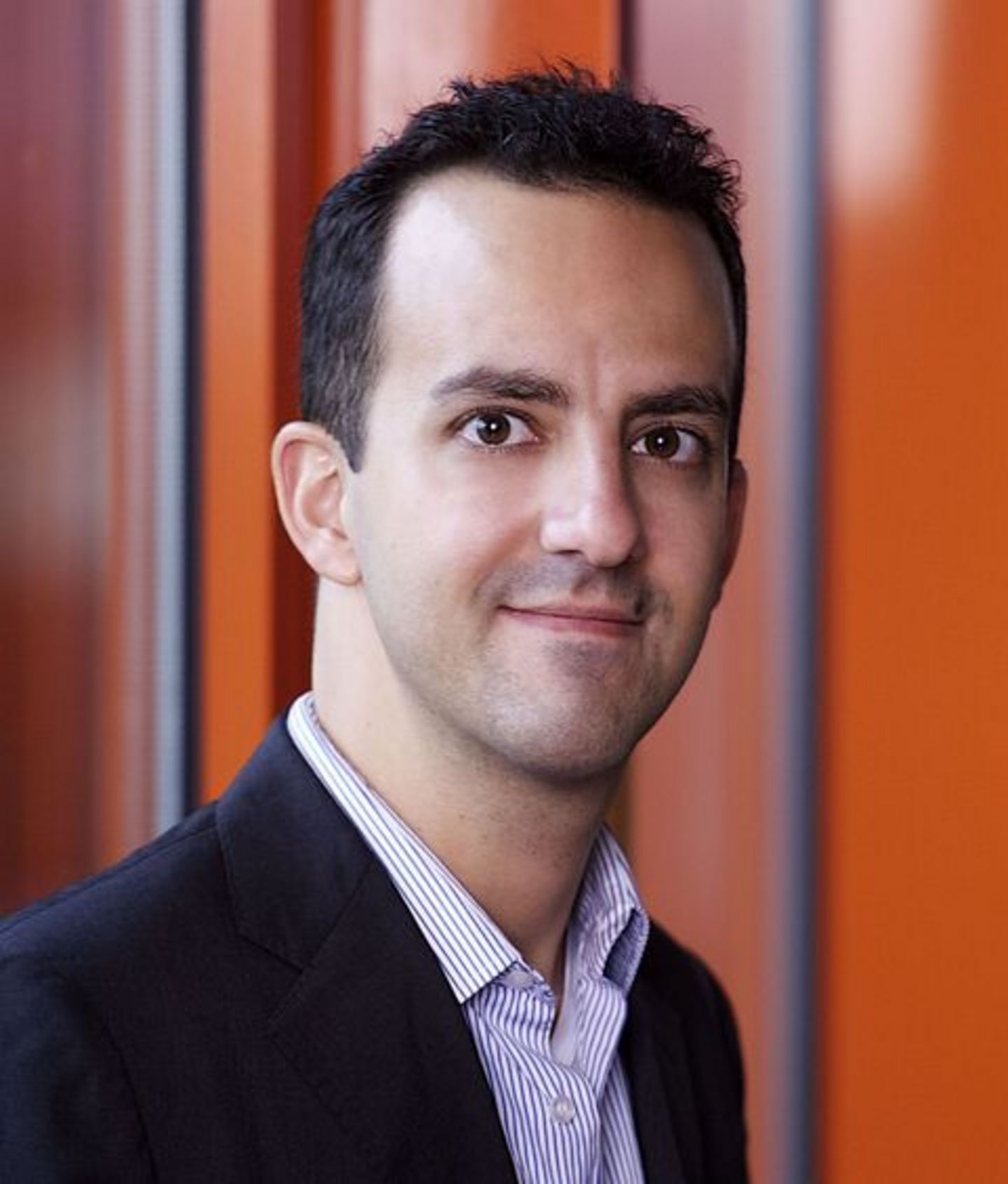
© Tiss: Nawid Siassi
Associate Prof. Dipl.-Vw. Nawid Siassi PhD has been assigned to the Institute of Statistics and Mathematical Methods in Economics (E105) at the Faculty of Mathematics and Geoinformation at TU Wien since January 1, 2024 as Associate Professor for Dynamic Macroeconomics.
Nawid Siassi comes from Berlin. He studied economics at the Humboldt University of Berlin and completed his doctorate at the European University Institute in Florence with a dissertation on "Intrahousehold insurance and its implications for macroeconomic outcomes, opens an external URL in a new window" in 2011. He then spent two years as a Robert Solow Postdoctoral Fellow at the Universidad Carlos III de Madrid. In 2013, he accepted a position as junior professor at the University of Konstanz. In 2018/2019, he also took over the chair there. In 2019, he moved to Vienna as he had successfully applied for a career position at TU Wien on the subject of dynamic macroeconomics, which he now completed with the qualification of Associate Professor.
Nawid Siassi's academic home is the Research Unit of Economics (E105-3) at the aforementioned institute. There he deals with the determinants and consequences of economic inequality, with possible interactions between labor and asset markets, as well as with the design of labor market, tax and transfer policies.
[CV Nawid Siassi, opens an external URL in a new window]
Publikationen von Nawid Siassi in den Datenbanken Scopus, opens an external URL in a new window, Dimensions, opens an external URL in a new window and in ReposiTUm, opens an external URL in a new window.
OCTOBER 2023
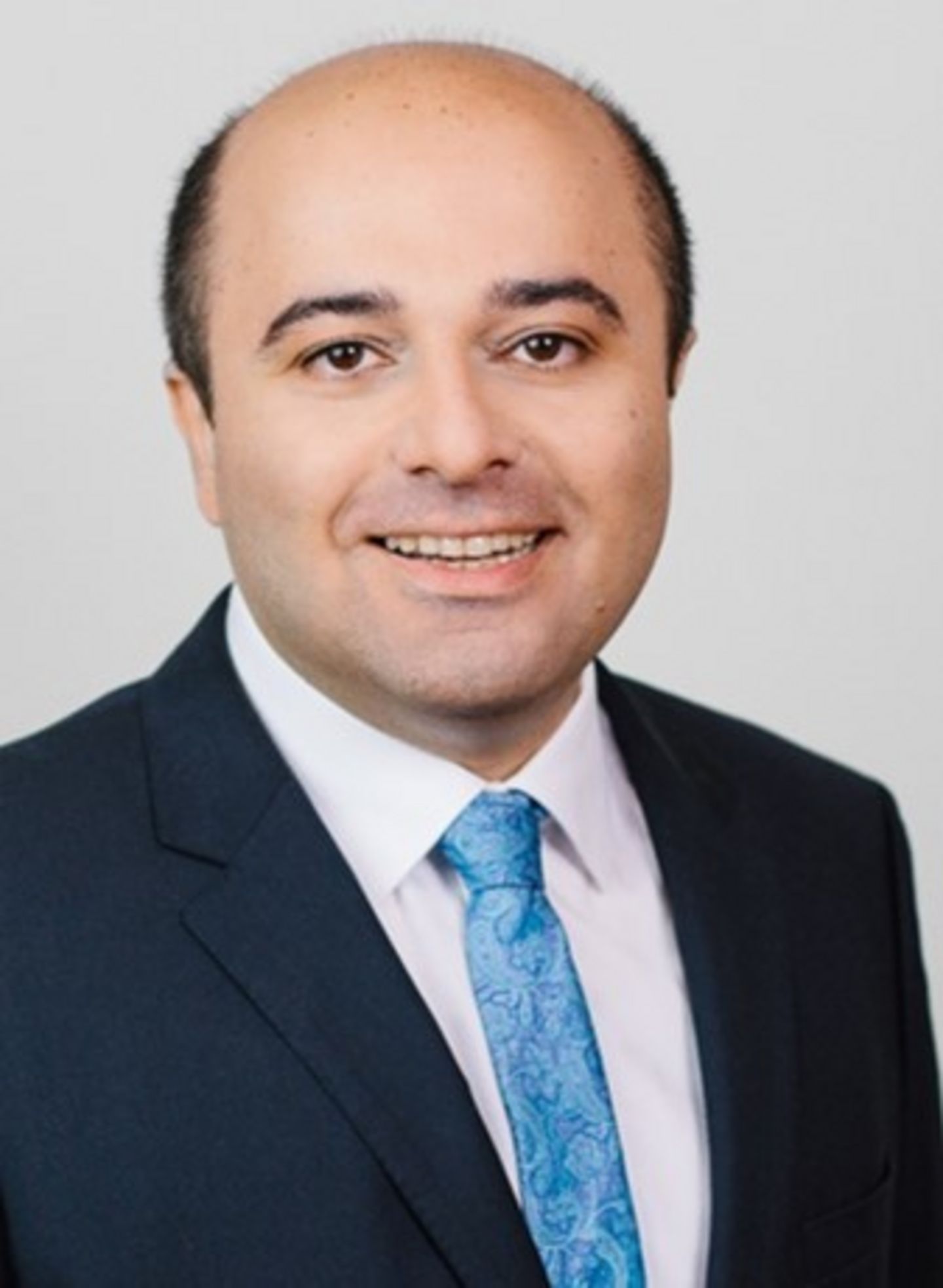
© Tiss: Fazel Ansari
Univ.Prof. Dr.-Ing. Fazel Ansari, MSc , opens an external URL in a new windowwas appointed as University Professor for Data-driven Maintenance Management at TU Wien with effect from October 1, 2023. He is assigned to the Institute of Management Science, opens in new window (E330) at the Faculty of Mechanical and Industrial Engineering., opens in new window
Fazel Ansari comes from Esfahan (Persia). He studied mechanical engineering at the University of Tehran (BSc.) and moved to the University of Siegen in North Rhine-Westphalia (D) for his master's degree in mechatronics. He also received his doctorate there in 2014 (summa cum laude) with a dissertation on "Meta-analysis of Knowledge Assets for Continuous Improvement of Maintenance Cost Controlling, opens an external URL in a new window". After a postdoc stay at the University of Siegen, he moved to Austria to the TU Wien and Fraunhofer Austria Research GmbH, opens an external URL in a new window in 2017. He obtained his Venia Docendi for the subject "Industrial Engineering" in 2021 with a habilitation on "Management of knowledge intelligence in human-centered cyber physical production systems, opens an external URL in a new window". Since 2023 he has also been "Head of Strategic Projects & Member of the Management Board" in the Center for Sustainable Production and Logistics at Fraunhofer Austria Research GmbH.
Fazel Ansari's scientific home is the Research Unit of Industrial Engineering, opens in new window at the aforementioned institute, where he has headed the "Production and Maintenance Management" research group since 2018. There he deals with topics relating to Industry 4.0 and the digital transformation of, among other things, production processes as well as production planning and optimization and knowledge-based maintenance.
Publications by Fazel Ansari in the Scopus, opens an external URL in a new window, Dimensions , opens an external URL in a new windowdatabases and in ReposiTUm, opens an external URL in a new window.
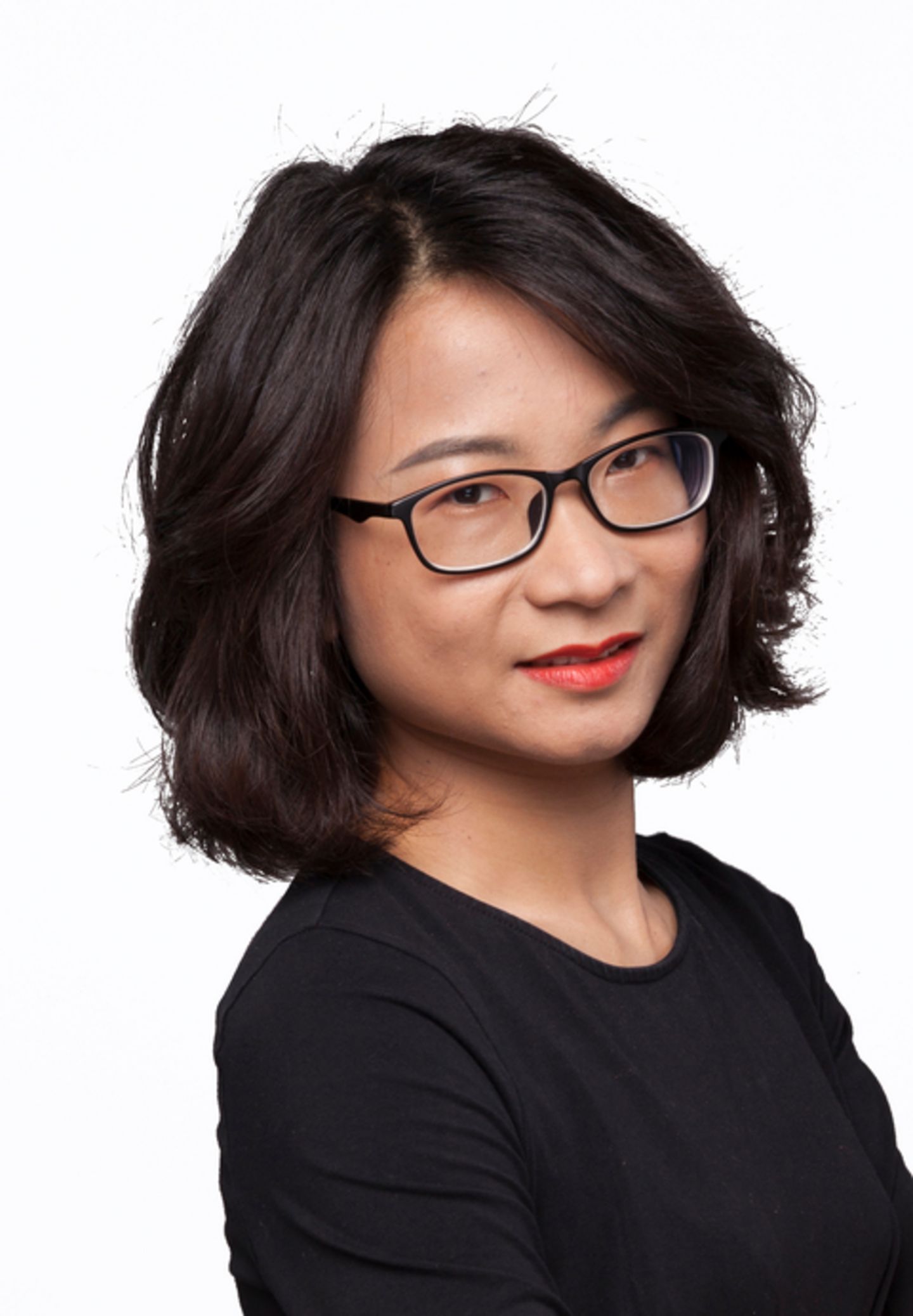
© Tiss: Jiehua Chen
Associate Prof. Dr.rer.nat. Jiehua Chen, opens an external URL in a new window has been assigned to the Institute of Logic and Computation , opens an external URL in a new window(E192) at the Faculty of Informatics, opens an external URL in a new window at TU Wien since October 1, 2023 as Associate Professor for Algorithmic Social Choice.
Jiehua Chen studied computer science at the TU Berlin and received her doctorate there in 2016 with a dissertation on “Exploiting Structure in Computationally Hard Voting Problems, opens an external URL in a new window”. After a short postdoc period at the TU Berlin, she took up a one-year postdoc position at the Ben-Gurion University of the Negev in Israel and then moved - also for about a year - to the University of Warsaw. In 2019 she moved to Austria: at the TU Wien she was able to secure a career position on the topic of "Algorithmic Social Choice", which she has now completed by qualifying as an associate professor. Jiehua Chem has won numerous prizes (Study Prize 2008, Clara von Simpson Prize 2011, Klaus Tschira Prize for Comprehensible Science, etc.).
Jiehua Chen's scientific home is the Research Unit of Algorithms and Complexity, opens an external URL in a new window at the aforementioned institute. Here she deals with topics related to the parameterized complexity of combinatorial problems as well as their design and analysis, which are related to, for example, optimization problems in the context of graphs and hypergraphs or computer-supported social choices.
[Jiehua Chen website, opens an external URL in a new window]
Publications by Jiehua Chen in the Scopus, opens in new window, Dimensions, opens an external URL in a new window, Dplp , opens an external URL in a new windowdatabases and in ReposiTUm, opens an external URL in a new window.
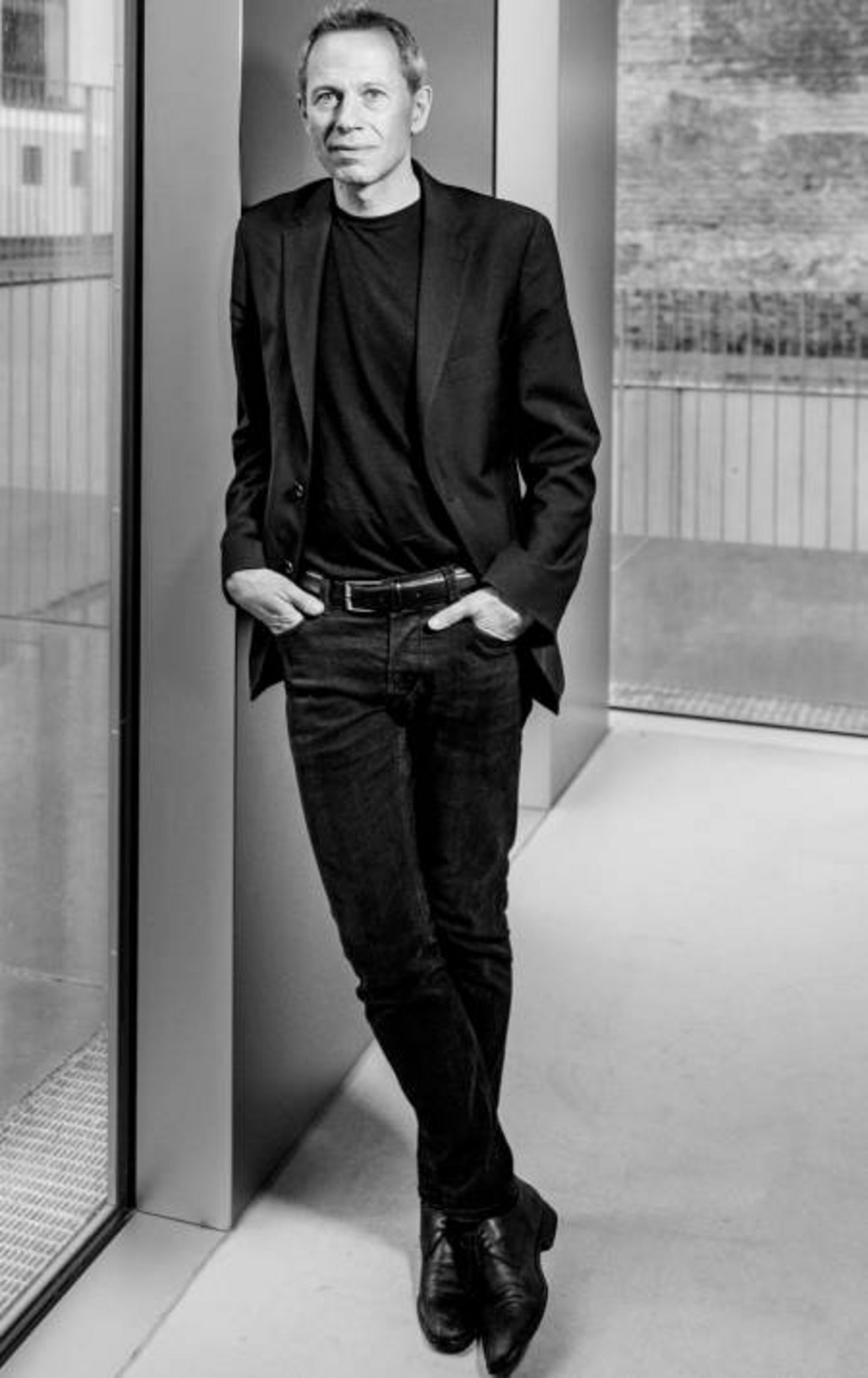
© Tiss: Dietmar Feichtinger
Univ.Prof. Arch. Dipl.-Ing. Dietmar Feichtinger , opens an external URL in a new windowwas appointed as University Professor for Building construction and Designing at TU Wien with effect from October 1, 2023. He is assigned to the Institute of Architecture and Design , opens an external URL in a new window(E253) at the Faculty of Architecture and Planning, opens an external URL in a new window.
Dietmar Feichtinger comes from Bruck an der Mur in Styria and studied architecture (with honors) at the TU Graz (graduating in 1988). He then moved his life to Paris and founded the architectural firm Dietmar Feichtinger Architectes , opens an external URL in a new windowthere in 1994 and a branch in Vienna in 2002. The architectural firm operates in France, Austria, Germany, Belgium and Denmark, with the construction projects - mostly construction contracts such as schools, swimming pools, office and residential buildings, but also pedestrian bridges (such as the bridge to Mont Saint-Michel) - being the result of winning Competitions with predominantly public clients. Dietmar Feichtinger is also the winner of numerous prizes (Berlin Art Prize, Architecture Prizes, Austrian Builder's Prize, etc.) and was or is a lecturer at the ENSA Ecole d'Architecture La Villette Paris, at the University of Innsbruck (in the period 1994 - 98) and at the TU Wien.
Dietmar Feichtinger's scientific home is the Research Unit of Building Construction, opens an external URL in a new window at the aforementioned institute, which he also heads. There he deals with topics such as "conversion instead of new construction", the reuse of materials and structures and adaptable modular construction.
[Wikipedia entry Dietmar Feichtinger, opens an external URL in a new window]
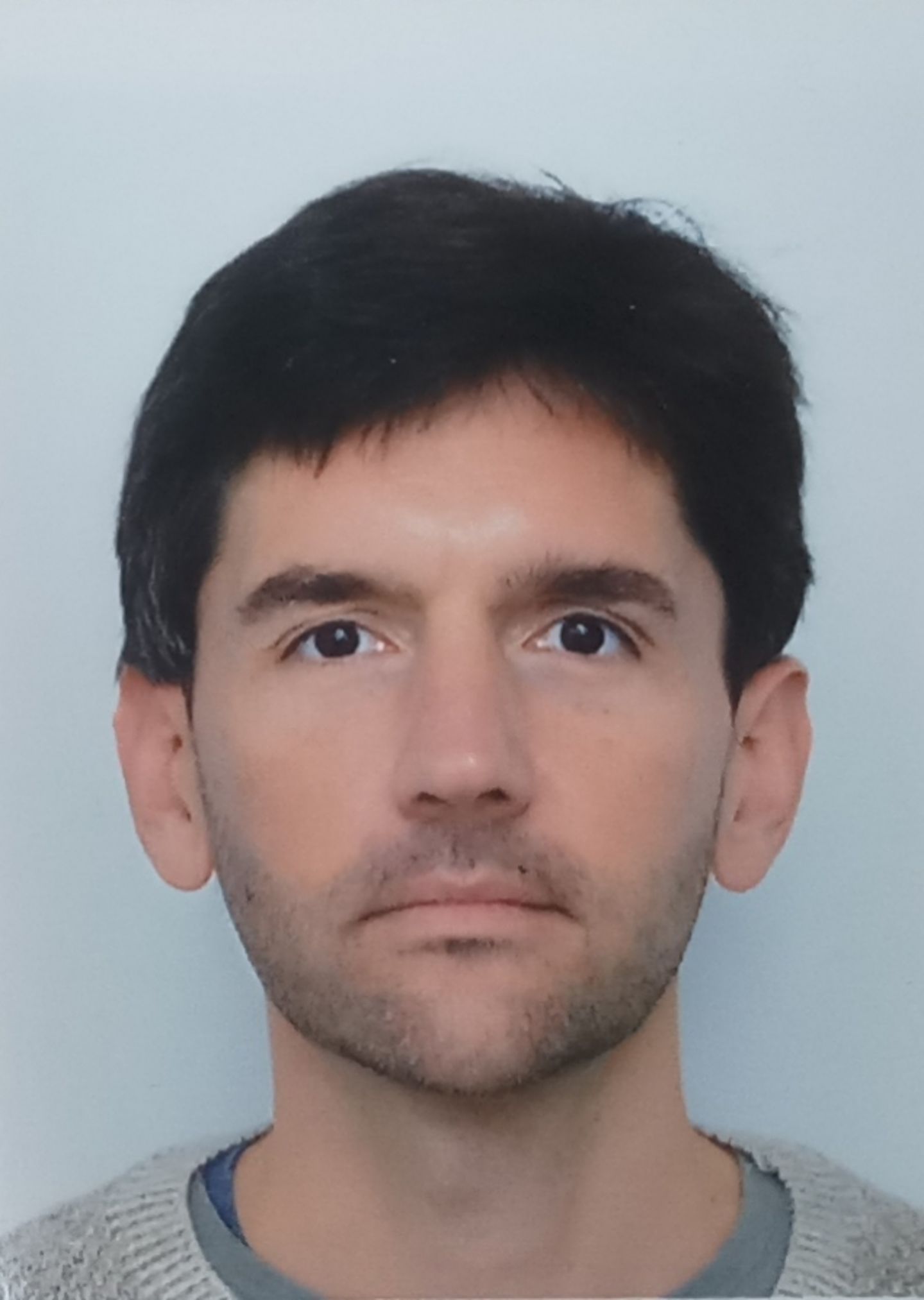
© Tiss: Amalio Fernandez-Pacheco Chicon
Univ.Prof. Amalio Fernandez-Pacheco Chicon, MSc PhD, opens an external URL in a new window was appointed as University Professor for Advanced Material Interfaces and Heterostructures at TU Wien with effect from October 1, 2023. He is assigned to the Institute of Applied Physics, opens in new window (E134) at the Faculty of Physics.
Amalio Fernandez-Pacheco Chicon was born in Zaragoza (Spain). He studied physics at the University of Zaragoza, where he also obtained his doctorate (summa cum laude) in 2009 with a dissertation on "Electrical conduction and magnetic properties of nanoconstrictions and nanowires created by focused electron/ion beam and of Fe₃O₄ thin films, opens an external URL in a new window". After his PhD, he spent a total of 12 years in the UK, at three universities (Imperial College London, University of Cambridge and University of Glasgow), where he had several roles including postdoctoral Marie Curie Fellow, EPSRC Early Career Fellow, Winton Fellow, and Associate Professor. He comes to Vienna after spending the last two years as Group Leader at CSIC, the Spanish National Research Council. Among his international distinctions, in 2021 he was awarded the ERC Consolidator Grant “3DNANOMAG, opens an external URL in a new window”, dedicated to the investigation of new 3D spintronic circuits, a project that he is brining now to TU Wien.
Amalio Fernandez-Pacheco is now the head of the newly-created Research Unit of Physics of three-dimensional Nanomaterials. Here, by combining advanced nanofabrication and characterisation techniques, he will investigate new types of 3D nanoscale advanced materials for future "green" computer technologies.
Publications by Amalio Fernandez-Pacheco Chicon in the Scopus, opens an external URL in a new window, Dimensions, opens an external URL in a new window databases and in ReposiTUm, opens an external URL in a new window.
[Webpage Amalio Fernandez-Pacheco], opens an external URL in a new window
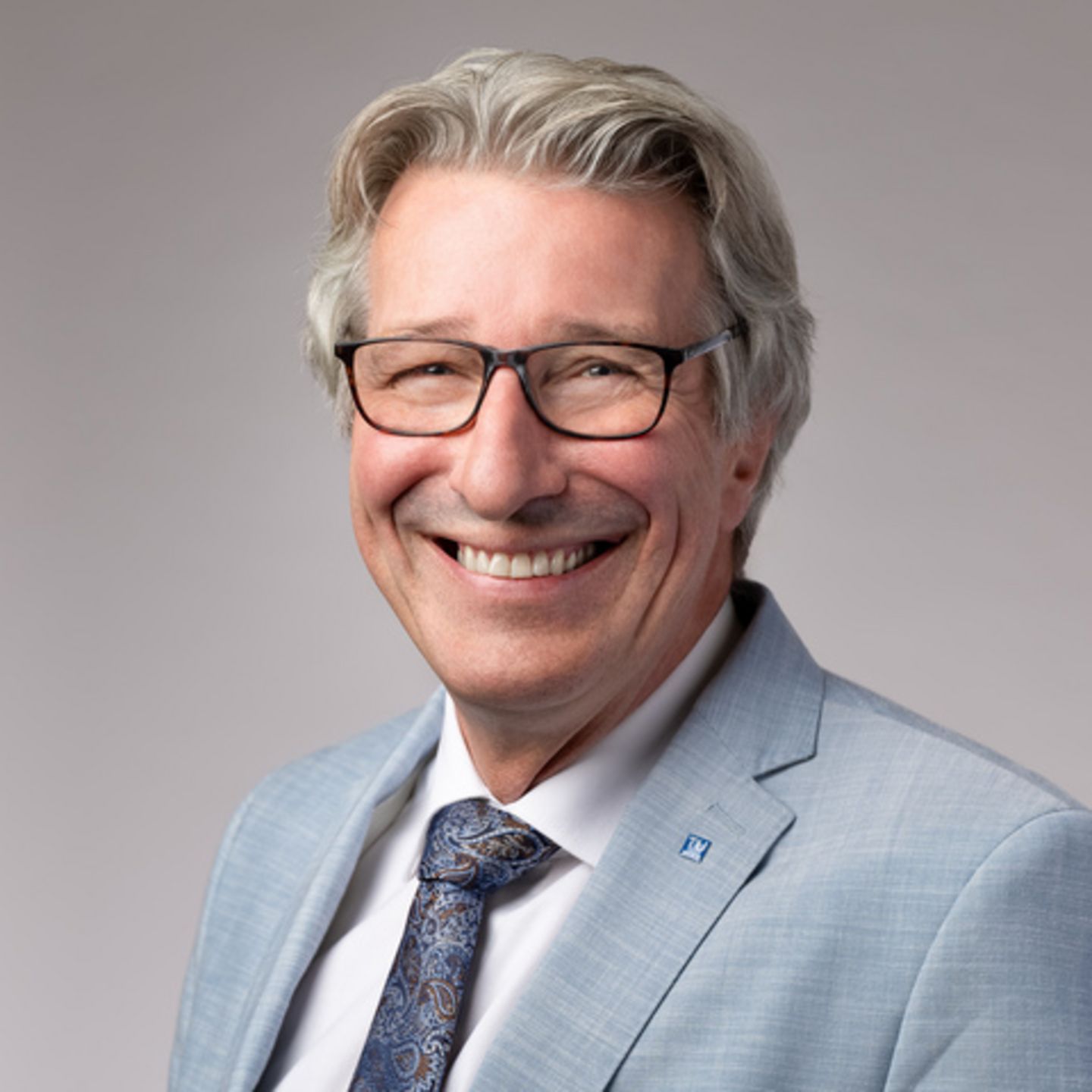
© Tiss: Kurt Matyas
Univ.Prof. Dipl.-Ing. Dr.techn. Kurt Matyas, opens an external URL in a new window was appointed as University Professor for Engineering Management at TU Wien with effect from October 1, 2023. He is assigned to the Institute of Management Science, opens in new window (E330) at the Faculty of Mechanical and Industrial Engineering., opens in new window
Kurt Matyas comes from Vienna and studied mechanical engineering, business administration, at the TU Wien. He remained loyal to the TU Wien and - after obtaining his Venia Docendi for the subject "Industrial Engineering" in 2000 with a habilitation on the subject of "Planning and maintaining optimal production conditions, opens an external URL in a new window" - has been an associate professor since 2001 at the Institute for Management Sciences. From 2004-2007 he was deputy dean of studies and from 2008-2015 dean of studies in the Faculty of Mechanical Engineering and Business Sciences. From 2015 he was Vice Rector for Studies and Teaching for two terms of the Rectorate until 2023.
Kurt Matyas's scientific home is now the Research Unit of Industrial Engineering, opens in new window. There he deals, on the one hand, with integrated production and supply chain/logistics management, particularly in the area of maintenance and reliability, and, on the other hand, with quality and process management. At the TU Wien Academy for Continuing Education, opens in new window, together with Ing. Mag. Hannes Hunschofsky, he is Academic Director of the Executive MBA Engineering Management, which is offered in cooperation with the California Institute of Technology (Caltech).
Publications of Kurt Matyas in ReposiTUm, opens an external URL in a new window.
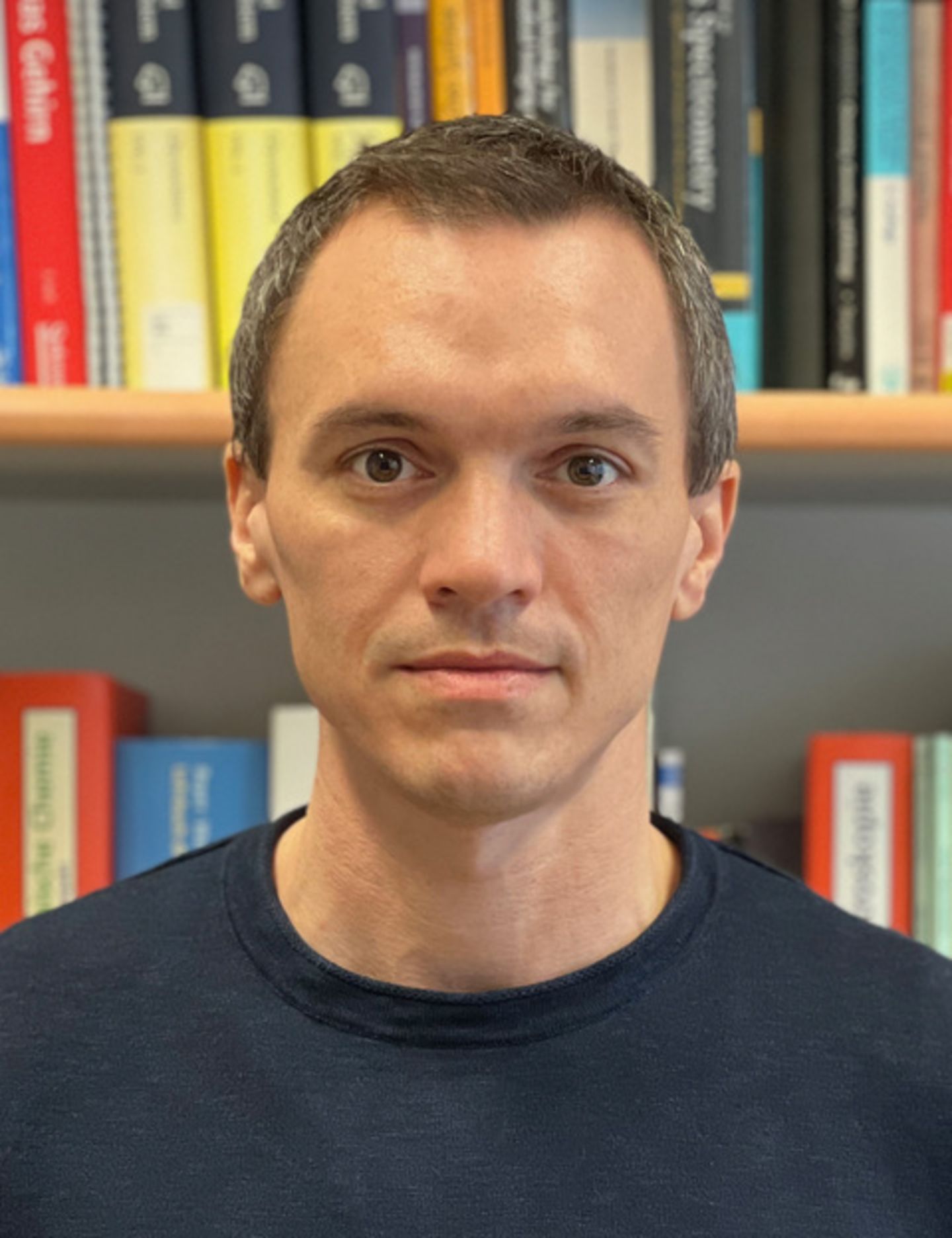
© Tiss: Hannes Mikula
Univ.Prof. Dipl.-Ing. Dr.techn. Hannes Mikula, opens an external URL in a new window was appointed as University Professor for Chemical Biology at TU Wien with effect from October 1, 2023. He is assigned to the Institute of Applied Synthetic Chemistry, opens an external URL in a new window (E163) at the Faculty of Technical Chemistry., opens in new window
Hannes Mikula comes from Burgenland. He studied technical chemistry at the TU Wien and completed his doctoral studies here in 2014 with a doctorate sub auspiciis on the topic "Advanced synthesis of conjugated metabolites and structural investigations of Fusarium and Alternaria Mycotoxins, opens an external URL in a new window". Supported by an Erwin Schrödinger scholarship from the FWF, he then moved to the Massachusetts General Hospital & Harvard Medical School, opens an external URL in a new window in Boston (USA) as a postdoctoral fellow before returning to the TU Wien in 2016. From 2016 to 2021, his group was, among other things, significantly involved in the EU project “Click-it, opens an external URL in a new window”. The Zukunftskolleg, opens an external URL in a new window, which has been coordinated by Hannes Mikula since 2019 and funded by the FWF, enabled him to get a career position on the topic of “Chemical Biology” in 2021. In 2021, a START Prize , opens an external URL in a new windowfrom the FWF was obtained, followed by an ERC Starting Grant [TUW News article, opens an external URL in a new window] the following year. After completing his habilitation process in 2022, he successfully completed his career position by qualifying as an associate professor.
Hannes Mikula's scientific home is Research Unit of Organic and Biological Chemistry at the aforementioned institute and Research Group for Molecular Chemistry and Chemical Biology, opens an external URL in a new window there, which he also heads. His research focuses, among other things, on the application of “click chemistry, opens an external URL in a new window” and bioorthogonal reactions in order to develop new molecular technologies and, based on them, therapeutic strategies, for example for the treatment of cancer.
Publications by Hannes Mikula in the Scopus, opens an external URL in a new window, Dimensions, opens an external URL in a new window databases and in ReposiTUm, opens an external URL in a new window.
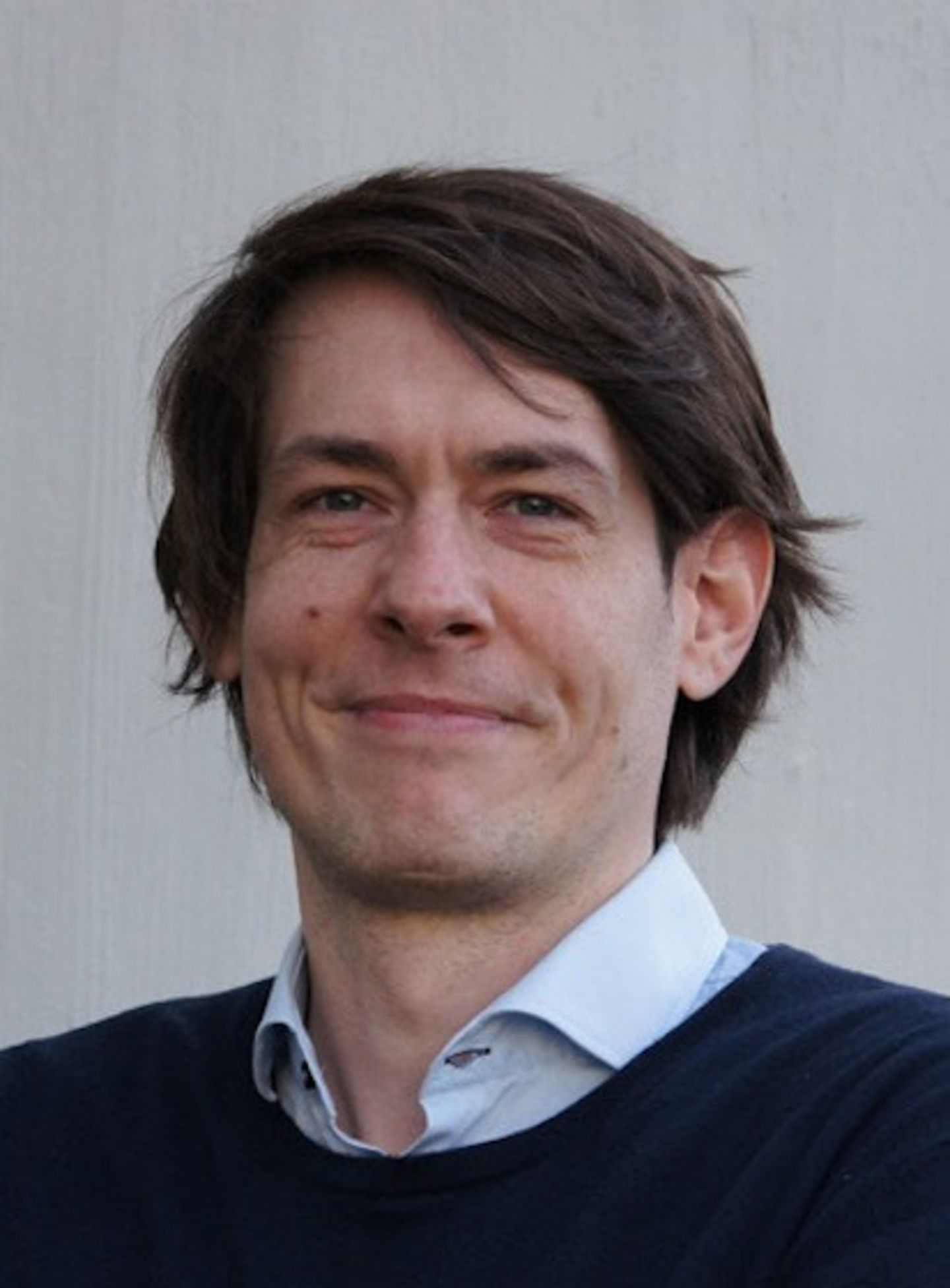
© Tiss- Tim Langen
Univ.Prof. Dr.rer.nat. Dipl.-Phys. Tim Langen, opens an external URL in a new window was appointed as University Professor for Experimental Quantum Technology at TU Wien with effect from October 1, 2023. He is assigned to the Institute of Atomic and Subatomic Physics, opens in new window (E141) at the Faculty of Physics.
Tim Langen comes from Rhineland-Palatinate and completed his physics studies at the University of Mainz with distinction. He completed his doctorate - also with distinction - as part of the Vienna Doctoral Program on Complex Quantum Systems, opens an external URL in a new window (CoQuS) at the TU Wien with a dissertation on "Non-equilibrium dynamics of one-dimensional Bose gases, opens an external URL in a new window" in 2013. He then went on to work as Research fellow of the Alexander von Humboldt Foundation at JILA , opens an external URL in a new window(Joint Institute for Laboratory Astrophysics) and the University of Colorado in Boulder near Denver (USA). In 2016 he moved back to Germany as a research group leader at the 5th Physics Institute, opens an external URL in a new window at the University of Stuttgart, opens an external URL in a new window. In 2020 he was able to obtain an ERC Starting Grant , opens an external URL in a new windowand was awarded the Rudolf Kaiser Prize, opens an external URL in a new window. He has also been an elected Fellow of the Young Academy of Europe , opens an external URL in a new windowsince 2021.
Tim Langen's scientific home is now the Research Unit of Cold Molecules and Quantum Technologies Physics (E141-01) at the Institute of Atomic and Subatomic Physics. There he is researching cold atoms and molecules for quantum science and technology. This includes experiments with dipolar molecules to use them to study new forms of quantum matter and for precision measurements of fundamental physical laws.
Publications by Tim Langen in the Scopus, opens in new window, Dimensions , opens an external URL in a new windowdatabases and in ReposiTUm, opens an external URL in a new window.
[Website TimLangenGropu Cold Molecules, opens an external URL in a new window]
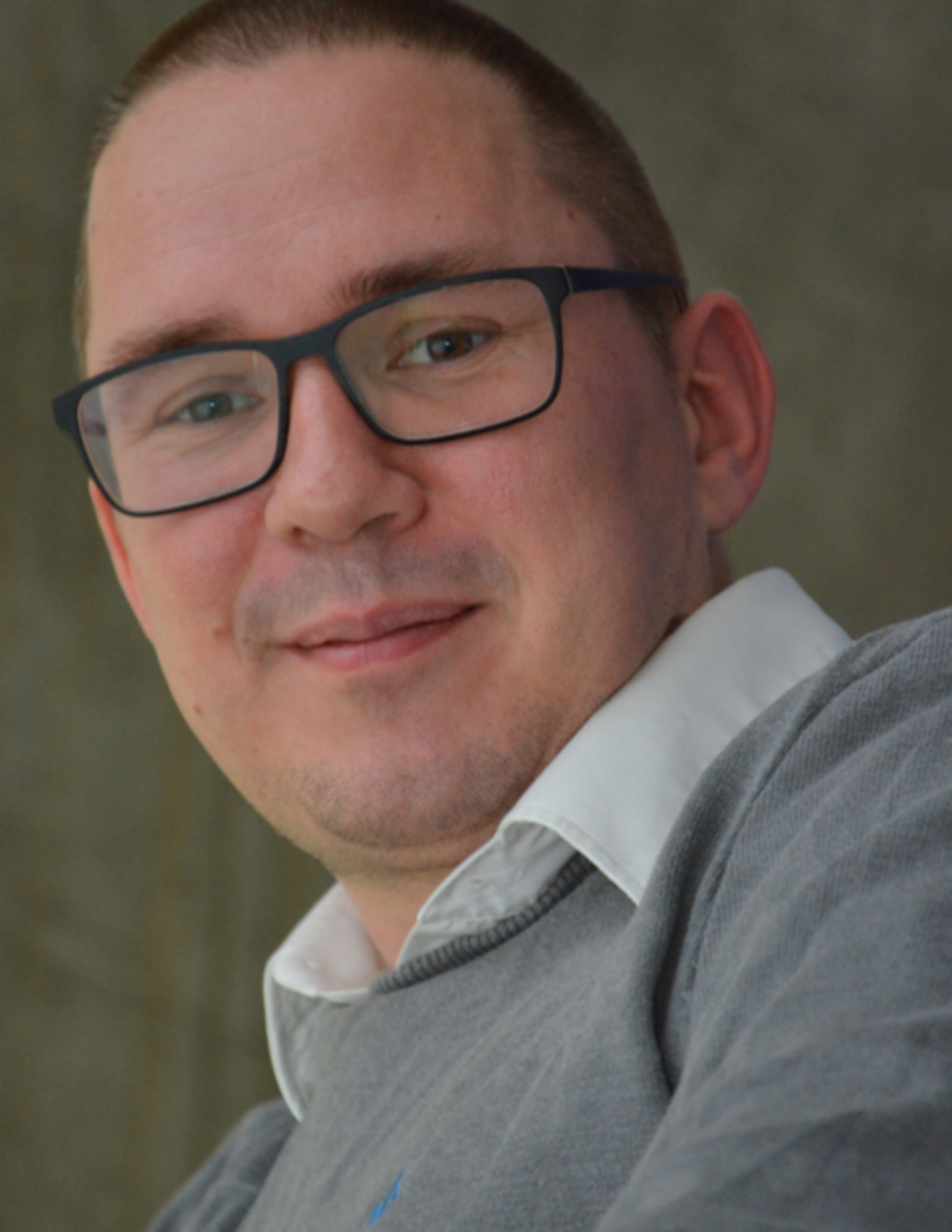
© Tiss: Thomas Pohl
Univ.Prof. Dipl.-Phys. Dr.rer.nat. Thomas Pohl, opens an external URL in a new window was appointed as University Professor for Theory of Light Matter Interaction at TU Wien with effect from October 1, 2023. He is assigned to the Institute of Theoretical Physics, opens in new window (E136) at the Faculty of Physics.
Thomas Pohl comes from Thuringia in Germany and studied physics at the Humboldt University in Berlin. He carried out his doctoral work at the Max Planck Institute for the Physics of Complex Systems in Dresden and at the TU Dresden, where he received his doctorate in 2005 with a dissertation on “Relaxation dynamics of ultracold plasmas, opens an external URL in a new window”. A postdoc then took him to the USA at the Harvard-Smithsonian Center for Astrophysics, opens an external URL in a new window in Cambridge near Boston (Massachusetts). In 2008 he moved back to the Max Planck Institute for the Physics of Complex Systems in Dresden, now as a research group leader. After working at the Max Planck Institute for almost 10 years, he was able to take up a Niels Bohr Professorship in Physics at the University of Aarhus (Denmark) in 2017. Thomas Pohl has received numerous awards, including the Otto Hahn Medal, the Gustav Hertz Prize and much more.
Thomas Pohl's scientific home is now the aforementioned institute, where he deals with the physics of individual quantum systems and their collective behavior, which can result from the mutual interactions and the strong coupling to light.
Publications by Thomas Pohl in the Scopus, opens an external URL in a new window, Dimensions , opens an external URL in a new windowdatabases and in ReposiTUm, opens an external URL in a new window.
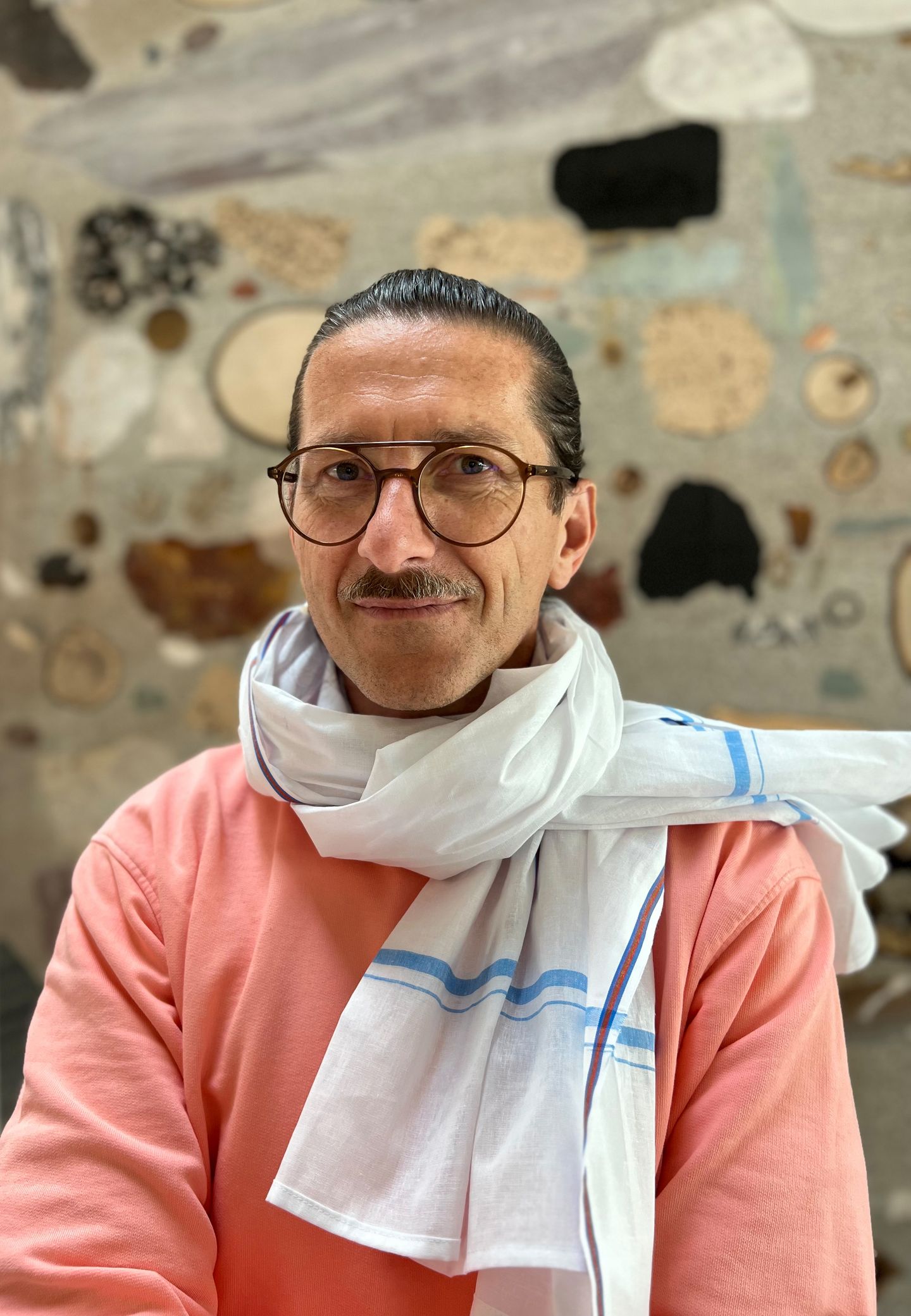
© Tiss: Harald Stühlinger
Univ.Prof. Dr.sc.ETH Harald R. Stühlinger , opens an external URL in a new windowwas appointed as University Professor for Art History at TU Wien with effect from October 1, 2023. He is assigned to the Institute of History of Art, Building Archaeology and Restoration, opens an external URL in a new window (E251) at the Faculty of Architecture and Planning, opens an external URL in a new window.
Harald R. Stühlinger comes from Kapfenberg in Styria. He studied architecture at the TU Wien and at the IUAV in Venice, as well as art history at the University of Vienna. After a short time as an assistant at the Institute of Art History at the TU Wien, he moved his life to Switzerland in 2004, where he worked at the ETH Zurich as an assistant at the chair for the history of urban development and completed his doctorate in 2013 with the topic " The competition "Vienna's Ringstrasse: Creation and Interpretation, opens an external URL in a new window" concluded. He then worked there as a lecturer in the history of urban development until 2017. Since 2017 he has been a professor of architectural, building and urban development history at the FHNW Muttenz, opens an external URL in a new window (the Northwestern Switzerland University of Applied Sciences).
The academic home of Harald R. Stühlinger is now the Research Unit of History of Art, opens an external URL in a new window at the aforementioned institute. There he deals with questions about building culture, the relationship of the media to architecture and urban development, as well as questions of aesthetics in the post-fossil age.
Publications of Harald R. Stühlinger in ReposiTUm, opens an external URL in a new window.
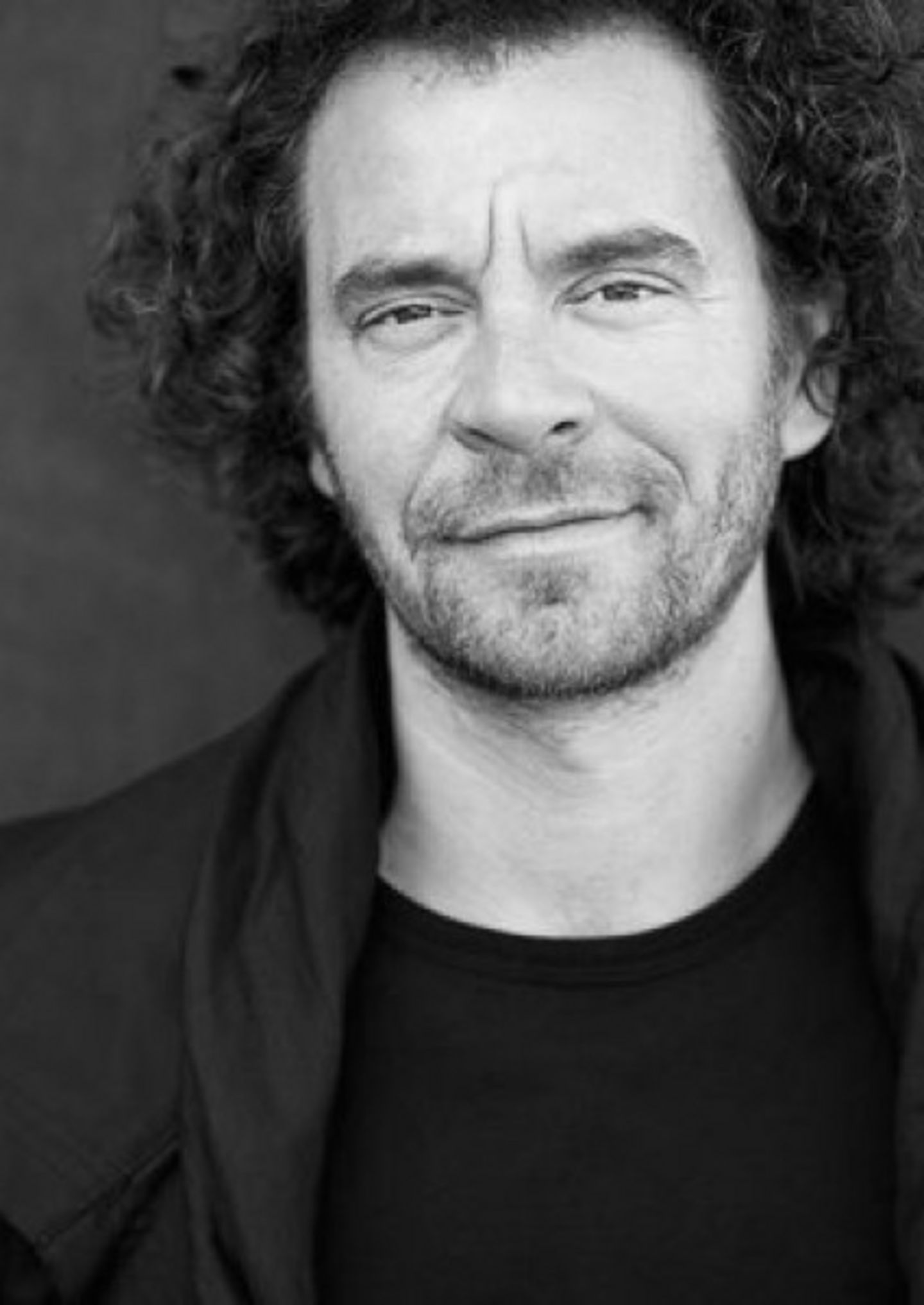
© Tiss: Juri Troy
Univ.Prof. Arch. Mag.arch. Juri Troy , opens an external URL in a new windowwas appointed as University Professor for Wood construction and design in urban areas at TU Wien with effect from October 1, 2023. He is assigned to the Institute of Architecture and Design, opens an external URL in a new window (E253) at the Faculty of Architecture and Planning., opens an external URL in a new window
Juri Troy comes from Bregenz in Vorarlberg. After training in stonemasonry and building construction in Vorarlberg and studying architecture at the University of Innsbruck and the Academy of Fine Arts in Vienna, Juri Troy founded his own architectural office in Vienna in 2003, which has been officially known as Juri Troy Architects, opens an external URL in a new window with offices in Vienna and Bregenz since 2011. He was then a board member of the Vorarlberg Professional Association of Visual Artists, a member of the Art Commission of the State of Vorarlberg and a board member of the Austrian Society for Architecture,, opens an external URL in a new window as well as a member of the advisory board for the wood magazine, opens an external URL in a new window. From 2020-23 he held a professorship for climate-friendly and resource-saving architecture at the HFT Stuttgart, opens an external URL in a new window. He also worked as a lecturer at the TU Wien several times. His projects have been honored with, among others, the Austrian Builder's Prize, the International Chicago Athenaeum Award, the Green Good Design Award, the EU's 40 under 40 Award, the Greenbuilding FrankfurtRheinMain Award, as well as numerous timber construction awards.
Juri Troy's scientific home is now the Research Unit of Building Construction and Design 1, opens an external URL in a new window, where he deals with the topic of timber construction.
[Website Juri Troy - Faculty of Architecture and Spatial Planning, opens an external URL in a new window]
Juri Troy's professorship is a so-called "endowed professorship" and is supported by funds from the Forest Fund, an initiative of the Federal Ministry of Agriculture, Forestry, Regions and Water Management (News Article, opens an external URL in a new window) and is carried out as part of the Think.Wood , opens an external URL in a new windowprogram of the Austrian Wood Initiative.
SEPTEMBER 2023
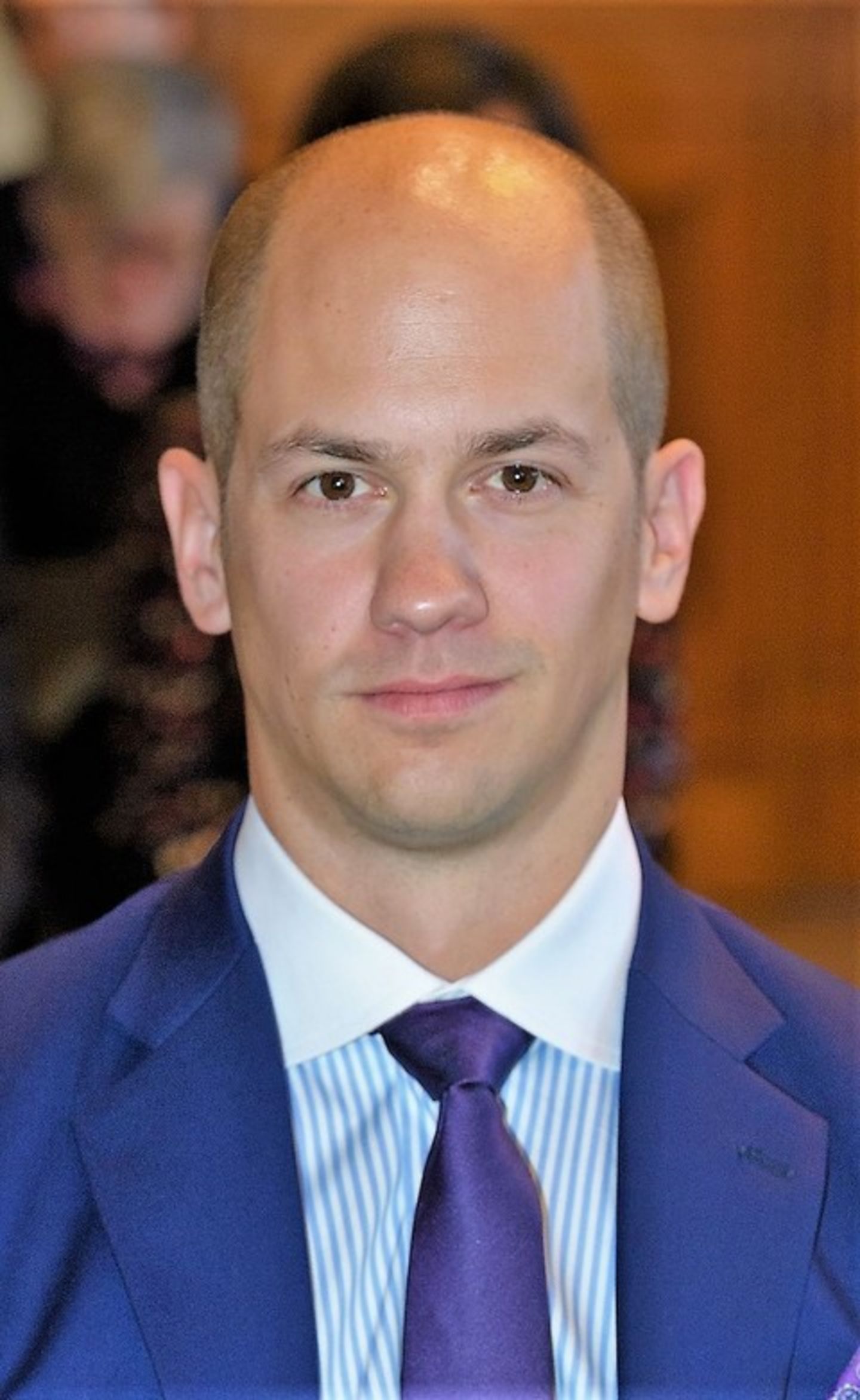
© Tiss: Ernst Karl Csencsics
Associate Prof. Dipl.-Ing. Dr.techn. Ernst Karl Csencsics , opens an external URL in a new windowhas been assigned to the Institute of Automation and Control , opens an external URL in a new window(E376) at the Faculty of Electrical Engineering and Information Technology , opens in new windowat TU Wien since September 1, 2023 as Associate Professor for Measurement Systems.
Ernst Csencsics comes from Vienna. He studied electrical engineering at TU Wien and received his doctorate there in 2017 with honors (Promotio sub auspiciis Praesidentis rei publicae) with a dissertation on "Integrated design of high performance mechatronics for optical inline metrology systems, opens an external URL in a new window". He then remained connected to the TU Wien as a postdoc and was able to secure a career position on the subject of "Metrology (Metrology Systems") in 2020, which he now completed by qualifying as an associate professor. In 2023 he also obtained the Venia Docendi for the subject "Measuring Systems" with a habilitation thesis on the topic of "High Precision Inline Measurement Systems". It should be mentioned that he has also won numerous prizes and awards, such as the Best Paper Award from the IEEE/ASME Transactions on Mechatronics (2018), won the Best Paper Award at the IEEE International Instrumentation and Measurement Technology Conference (I2MTC, 2022) and the Ernst Fehrer Prize of the TU Wien, opens in new window (2018) and the Best Student Paper Award at the American Control Conference (2016).
Ernst Csencsics' scientific home is the Research Unit of Advanced Mechatronic Systems (E376-01) at the aforementioned institute. There he deals with topics and methods in the area of opto-mechatronic measurement principles, high-performance mechatronics, and precision engineering for the holistic design of robot-supported 3D inline measuring systems and next-generation scientific instruments and measuring devices.
Ernst Csencsics , opens an external URL in a new windowwebsite and YouTube channel of the ACIN working group, opens an external URL in a new window (Advanced Mechatronic Systems Group)
Publications by Ernst Csencsics in the Scopus, opens an external URL in a new window, Dimensions , opens an external URL in a new windowdatabases and in ReposiTUm, opens an external URL in a new window.
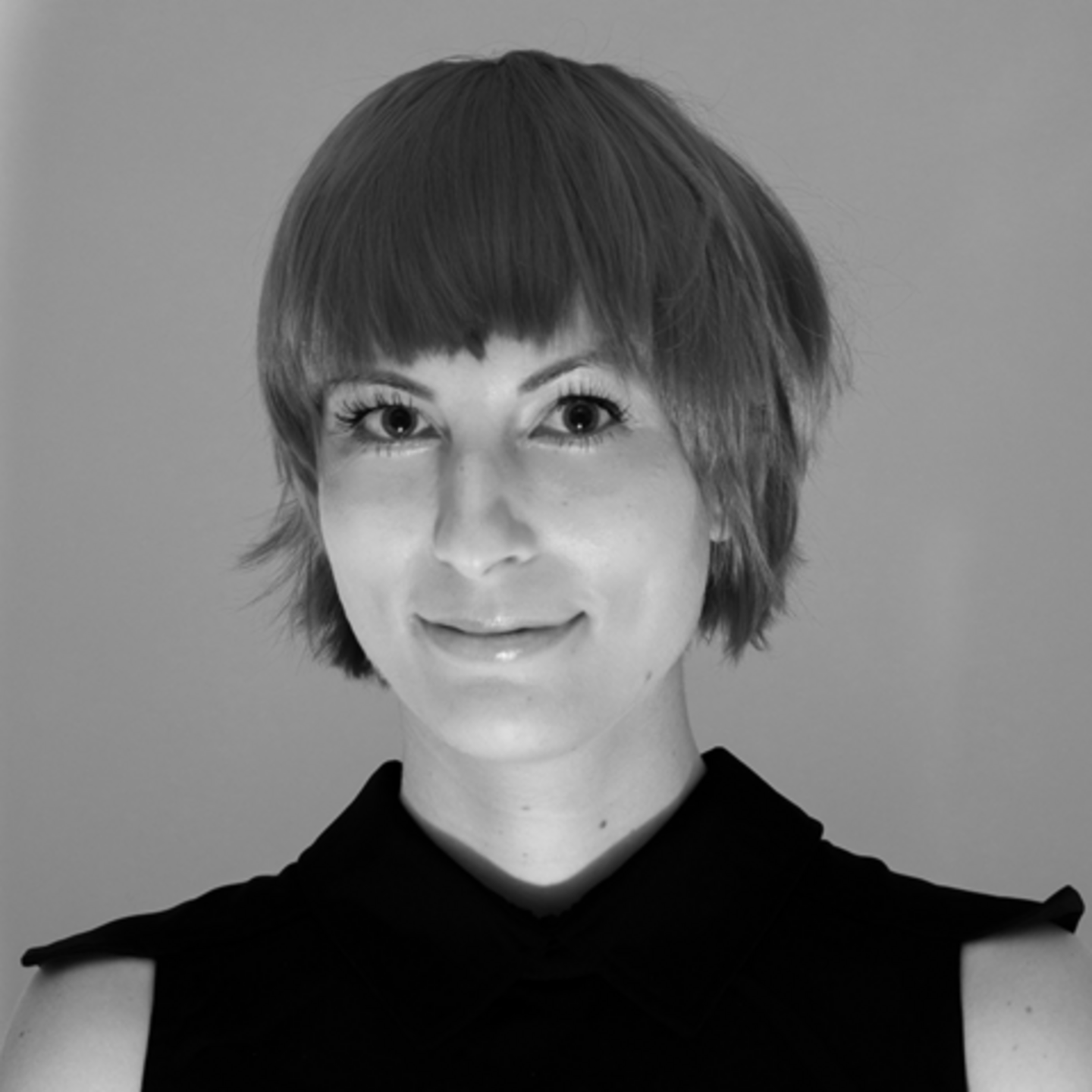
© Tiss: Martina Lindorfer
Associate Prof. Dipl.-Ing. Dr.techn. Martina Lindorfer , opens an external URL in a new windowhas been assigned to the Institute of Logic and Computation, opens an external URL in a new window (E192) at the Faculty of Informatics , opens an external URL in a new windowat TU Wien since September 1, 2023 as Associate Professor for Security.
Martina Lindorfer comes from Linz in Upper Austria and received a bachelor's degree in Computer and Media Security at the University of Applied Sciences Upper Austria in Hagenberg. She then moved to the TU Wien (Master in Software Engineering and Internet Computing) and received her doctorate there in 2016 with a dissertation on "Malware through the looking glass: malware analysis in an evolving threat, opens an external URL in a new window" with distinction (Promotio Sub Auspiciis Praesidentis). She then took a postdoc to the University of California in Santa Barbara (USA). In 2018 she moved back to Austria: she was able to secure a career position on the topic of "Security" at the TU Wien, which she has now completed by qualifying as an associate professor. Martina Lindorfer's scientific work has already received several awards: in 2018 she received the Cor Baayen Early Career Researcher Award, opens an external URL in a new window, a renowned prize for young researchers in the field of computer science and applied mathematics, in 2019 the Hedy Lamarr Award, opens an external URL in a new window and in 2020 the CyberW Early Career Award, opens an external URL in a new window. Since 2019, she has also been a key researcher at SBA Research,, opens an external URL in a new window the largest Austrian research center that deals exclusively with IT security.
Martina Lindorfer's academic home is the Research Unit of Security and Privacy, opens an external URL in a new window (E192-06) at the aforementioned institute. There she deals with the topic of system security, especially mobile security and data protection, as well as the analysis of malware.
Publications by Martina Lindorfer in the Scopus, opens an external URL in a new window, Dimensions , opens an external URL in a new windowdatabases and in ReposiTUm, opens an external URL in a new window.
[Website Martina Lindorfer, opens an external URL in a new window]
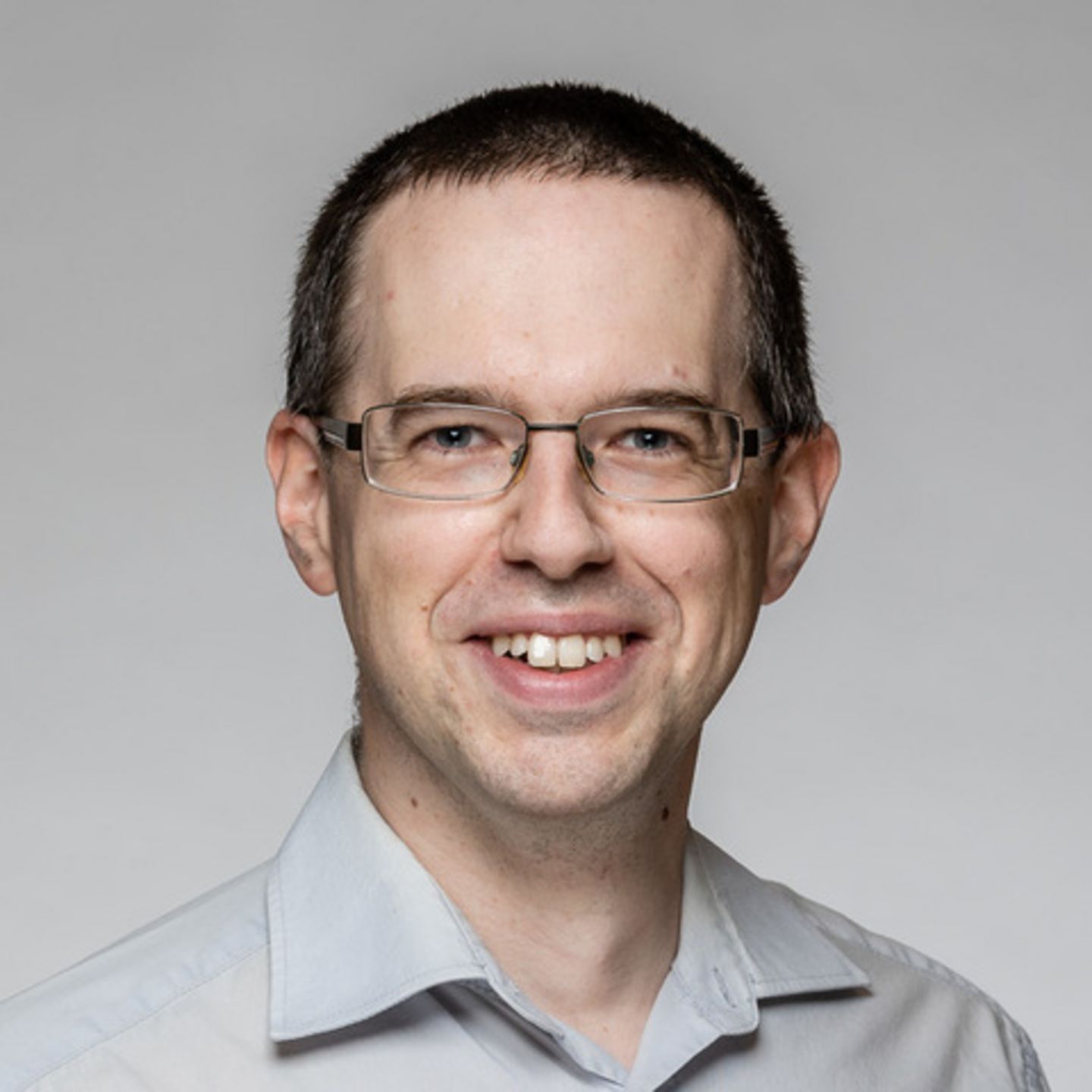
© Tiss: Stefan Löffler
Associate Prof. Dipl.-Ing. Dr.techn. Stefan Löffler, opens an external URL in a new window has been assigned to the Service Unit of University Service Centre for Transmission Electron Microscopy, opens in new window (USTEM) at TU Wien since September 1, 2023 as Associate Professor for Electron Microscopy for Materials Characterization.
Stefan Löffler comes from Vienna and studied technical physics at the TU Wien. He carried out his dissertation - he received his doctorate with honors in 2013 - on the topic "Study of real space wave functions with electron energy loss spectrometry, opens an external URL in a new window" using the USTEM infrastructure at the Institute for Solid State Physics. In addition, his scientific work was honored by the Fritz Grasenick Prize, opens an external URL in a new window of the Austrian Society for Electron Microscopy (ASEM) in 2011. A postdoc then took him (2015-2016) to the Canadian Center for Electron Microscopy, opens an external URL in a new window at McMaster University in Hamilton near Toronto (Canada). He then returned to the TU Wien and in 2016 was able to secure a career position on the topic of “Electron microscopy for material characterization”, which he completed by qualifying as an associate professor. In 2023 he also received the Venia Docendi for the subject “physical analytics” with a habilitation on “Development of Advanced Characterization Techniques in Transmission Electron Microscopy”.
Stefan Löffler's scientific home is the University Service Centre for Transmission Electron Microscopy, opens an external URL in a new window (USTEM). There he works on improving existing and developing new electron microscopy methods, which can then be used as part of USTEM's numerous research and industrial collaborations.
Publications by Stefan Löffler in the databases Scopus, opens an external URL in a new window, ReposiTUm, opens an external URL in a new window, Web of Science , opens an external URL in a new windowand Dimensions, opens an external URL in a new window.
[Website Stefan Löffler]
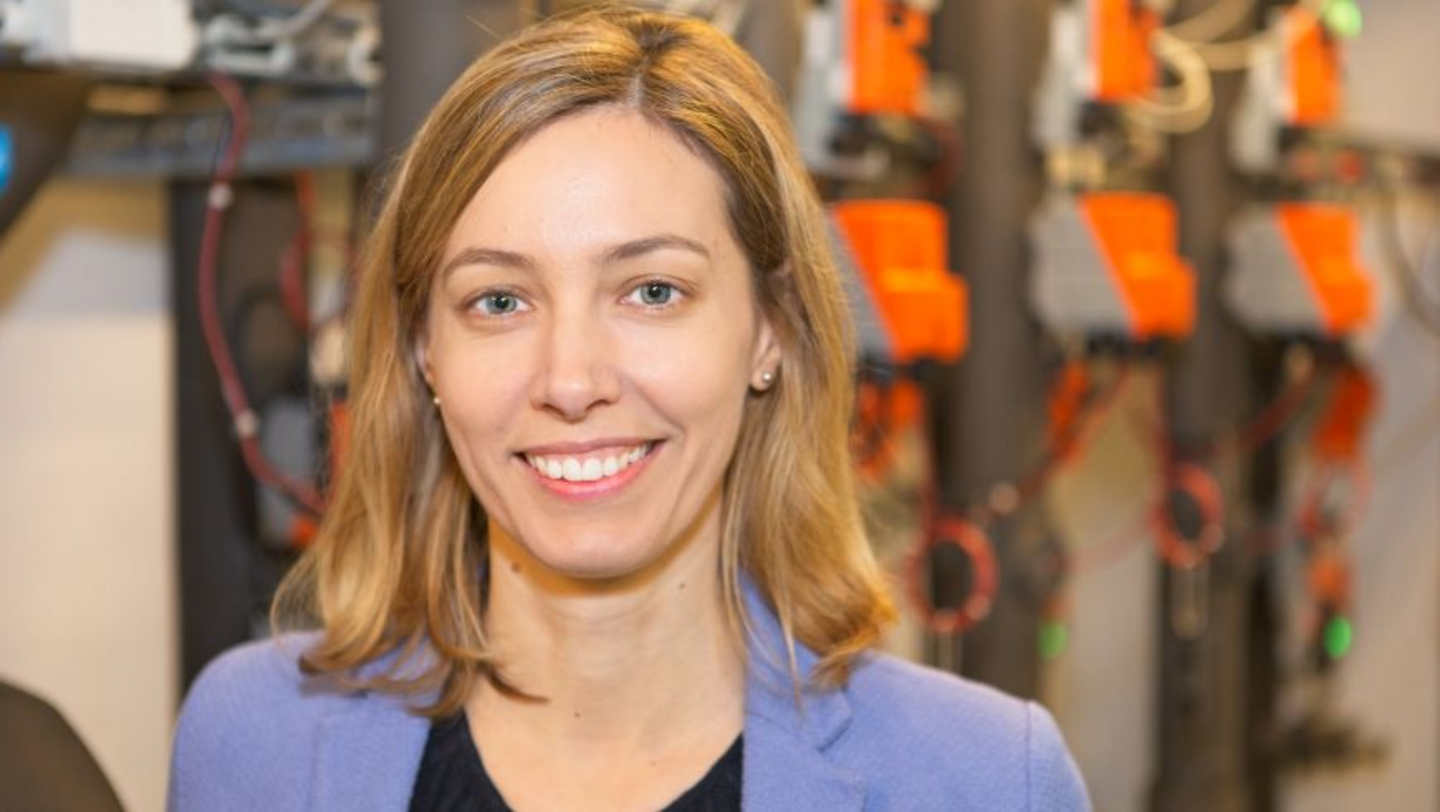
© Tiss. Kristina Orehounig
Univ.Prof. Dipl.-Ing. Dr.techn. Kristina Orehounig , opens an external URL in a new windowwas appointed as University Professor for Building Science and Human Ecology at TU Wien with effect from September 1, 2023. She is assigned to the Institute of Architectural Sciences, opens an external URL in a new window (E259) at the Faculty of Architecture and Planning, opens an external URL in a new window.
Kristina Orehounig comes from Mödling near Vienna and studied architecture at TU Wien. In 2009 she received her doctorate with a dissertation on the topic "Thermal, acoustical, and visual performance aspects of traditional bath buildings, opens an external URL in a new window". For this she was awarded the Ressel Prize, opens in new window of the Year 2009 by the TU Wien [News-TU Wien, opens an external URL in a new window]. She remained associated with the TU Wien as a postdoc and was able to secure a career position on the subject of “Building performance computing” in 2011. In 2012, however, she left Vienna and moved to Switzerland to work as a researcher, first at ETH Zurich and then at Empa , opens an external URL in a new window(Swiss Federal Materials Testing and Research Institute). From 2018 she was head of the Urban Energy Systems Laboratory , opens an external URL in a new windowand lecturer in the Department of Architecture , opens an external URL in a new windowat ETH Zurich. Apart from the Ressel Prize in 2009, her scientific work has received several awards (Austrian Building Prize, Chamber of Commerce Prize, Outstanding young contributor IBPSA, etc.).
Kristina Orehounig's scientific home is now the Research Unit of Building Physics and Building Ecology, opens an external URL in a new window. There she works on the development of methods, strategies and solutions to transform buildings and cities into sustainable and emission-free systems.
Publications by Kristina Orehounig in the Scopus, opens an external URL in a new window, Dimensions, opens an external URL in a new window databases and in ReposiTUm, opens an external URL in a new window.
AUGUST 2023
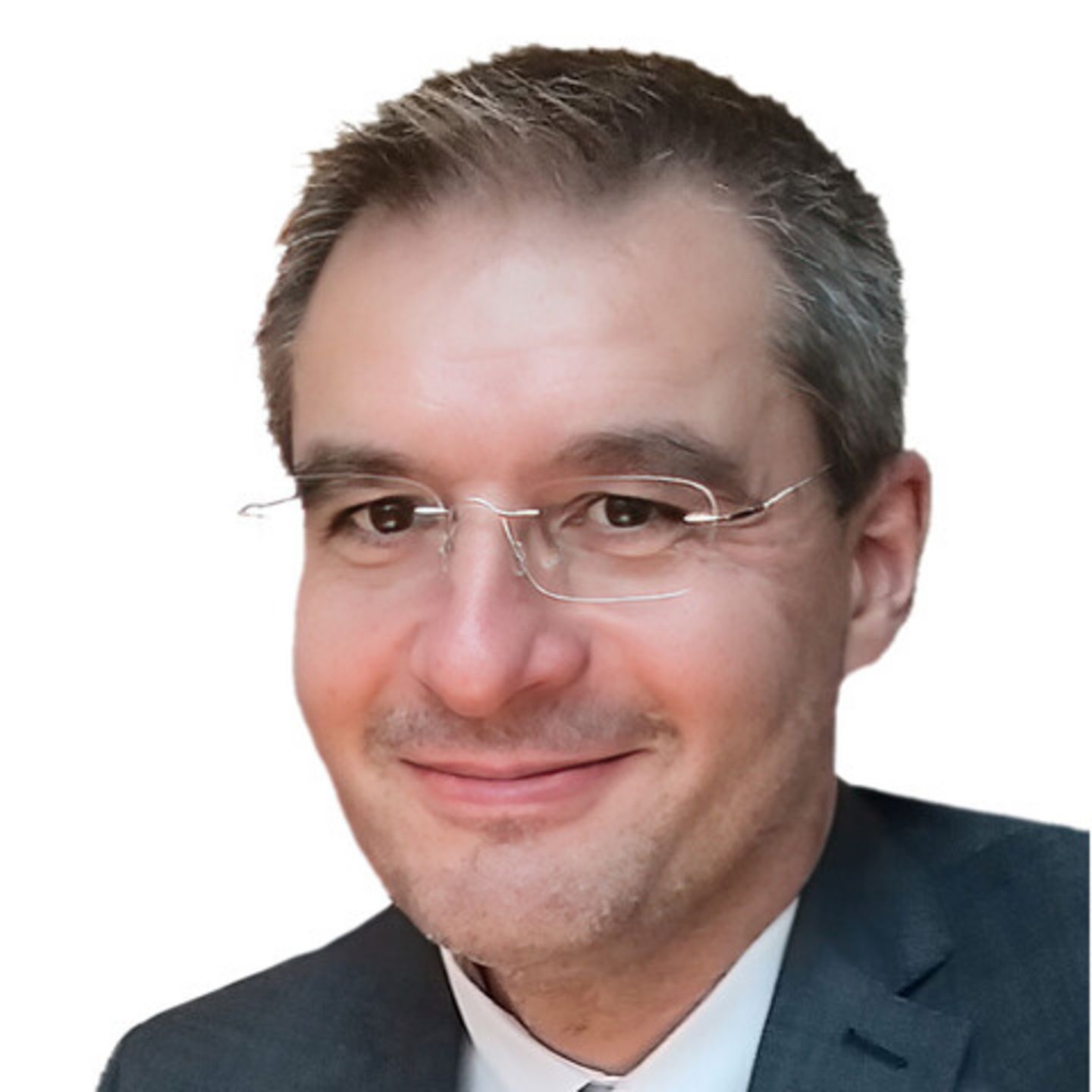
© Tiss: Gerald Matz
Univ.Prof. Dipl.-Ing. Dr.techn. Gerald Matz, opens an external URL in a new window was appointed as University Professor for Machine learning in Telecommunications at TU Wien with effect from August 1, 2023. He is assigned to the Institute of Telecommunications, opens an external URL in a new window (E389) at the Faculty of Electrical Engineering and Information Technology, opens in new window.
Gerald Matz comes from Burgenland and studied electrical engineering at TU Wien. In 2000 he received his doctorate - also from TU Wien - with a dissertation on the topic "A time-frequency calculus for time-varying systems and nonstationary processes with applications, opens an external URL in a new window". He obtained his Venia Docendi for the subject “Communication Systems” in 2004 with a habilitation on “Time-varying linear systems in wireless communications, opens an external URL in a new window”. An Erwin Schrödinger scholarship from the FWF then enabled him to carry out a research stay at the École supérieure d'électricité in Paris (Supélec, opens an external URL in a new window) until 2005. Back in Austria, Gerald Matz continued to work at TU Wien as an a.o. Professor and was able to establish himself scientifically here, also thanks to the acquisition of several FWF, WWTF and EU projects. Over the next few years, several stays abroad took him to ETH Zurich (Switzerland, 2007) and ENSEEIHT (Toulouse, France, 2011). He is also Deputy Editor-in-Chief of the IEEE Journal "Transactions on Signal Processing, opens an external URL in a new window" and co-author of the book Wireless Communications over Rapidly Time-Varying Channels, opens an external URL in a new window (New York: Academic, 2011).In January 2023, Gerald Matz was appointed IEEE Fellow for his contributions to signal processing for radio transmission in non-stationary environments [News announcement, opens an external URL in a new window TU Wien].
Gerald Matz's scientific home is the Research Unit of Signal Processing, which he has headed since 2020. There he deals with questions about signal and information processing, information and communication theory and machine learning.
Publications by Gerald Matz in the Scopus, opens an external URL in a new window, Web of Science , opens an external URL in a new windowdatabases and in ReposiTUm, opens an external URL in a new window.
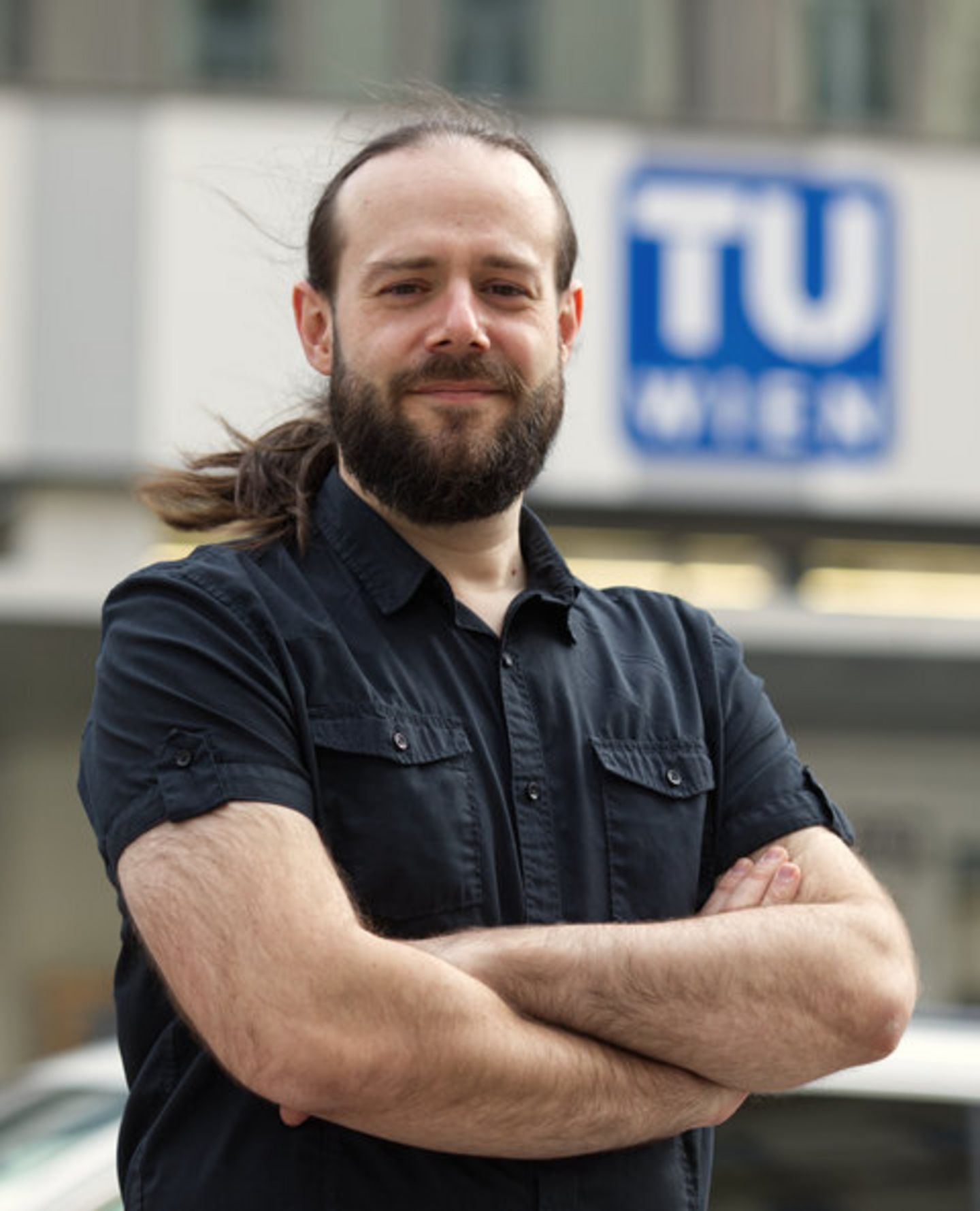
© Tiss: Michael Schneider
Associate Prof. Dipl.-Phys. Dr.techn.Michael Schneider, opens an external URL in a new window has been assigned to the Institute of Sensor and Actuator Systems , opens in new window(E366) at the Faculty of Electrical Engineering and Information Technology , opens in new windowat TU Wien since August 1, 2023 as Associate Professor for “Advanced Piezoelectric Microsystems ”.
Michael Schneider comes from Saarland and studied physics at the Karlsruhe Institute of Technology (KIT). After completing his studies in 2009, he moved to Vienna, where he received his doctorate with honors from TU Wien in 2014 with a dissertation on the topic "Influence of layer thickness and substrate pretreatment on the electro-mechanical properties of sputtered aluminum nitride thin films, opens an external URL in a new window". He then remained associated with the TU Wien as a postdoc and was able to secure a career position on the subject of “Advanced Piezoelectric Microsystems” in 2020, which he has now completed by qualifying as an Associate Professor. In 2021, he also received the Venia Docendi for the subject "Microsystems technology" with a habilitation thesis on the subject of "Piezoelectric silicon microsystems: from robust materials to advanced device concepts, opens an external URL in a new window". Since September 2022, he has been heading the CD Laboratory for Piezoelectric Silicon MEMS with increased sensitivity and responsiveness, opens an external URL in a new window, in which he and his team investigate questions about noise in piezoelectric materials and the non-linear behavior of bi-stable PiezoMEMS components.
Michael Schneider's scientific home is the Research Unit of Microsystems Technology, opens in new window (E366-02) at the aforementioned institute. There he deals with the design and conception of piezoelectric microsystems for use in a wide variety of application scenarios from viscosity measurements in liquids to ultrasonic emitters. Fundamental questions about the mechanics of microsystems and material aspects are also a central focus of his research work.
Publications by Michael Schneider in the Scopus, opens an external URL in a new window, Web of Science, opens an external URL in a new window databases and in ReposiTUm, opens an external URL in a new window.
[Website Michael Schneider, opens an external URL in a new window]
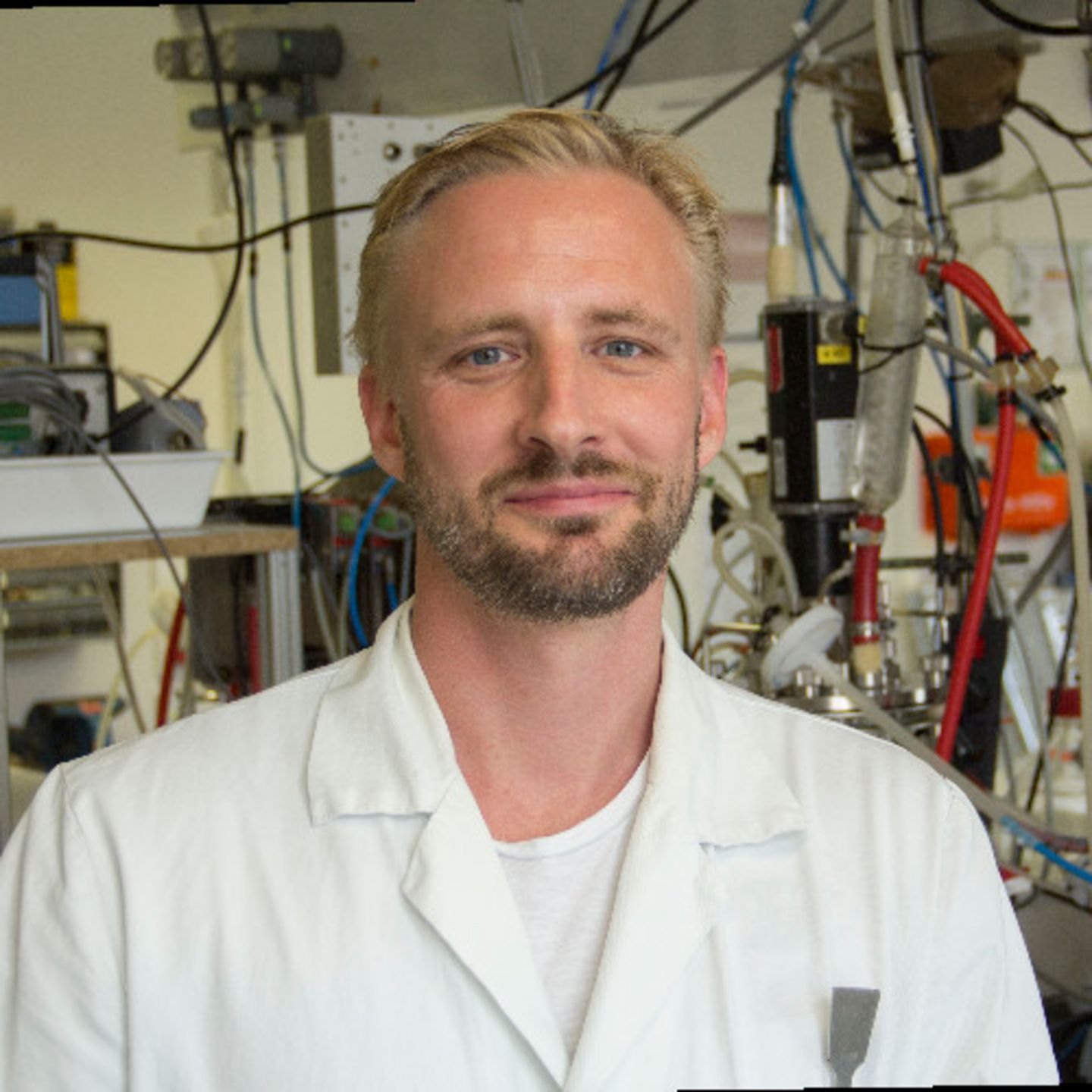
Univ.Prof. Dipl.-Ing. Dr.nat.techn. Oliver Spadiut , opens an external URL in a new windowwas appointed as University Professor for Integrated Bioprocess Development at TU Wien with effect from August 1, 2023. He is assigned to the Institute of Chemical, Environmental and Bioscience Engineering, opens in new window (E166) at the Faculty of Technical Chemistry, opens in new window.
Oliver Spadiut comes from Vienna. He studied food and biotechnology at BOKU and received his doctorate there in 2008 with a dissertation on "Pyranose 2-oxidase: playground for enzyme evolution, opens an external URL in a new window". A subsequent postdoc stay took him to the KTH in Stockholm (Sweden). Back in Austria, he moved to the TU Wien as a university assistant and has been leading a research group on “Integrated Bioprocess Development” since 2015. In 2016, he was able to secure a career position on the topic of "Integrated Bioprocess Development", which he successfully completed in June 2018 by qualifying as an Associate Professor. In 2015 he also received the Venia Docendi for the subject "Biotechnology" with a habilitation on the subject of "Horseradish peroxidase - from genome to protein, opens an external URL in a new window". Oliver Spadiut has won many awards over the course of his scientific career and is co-founder of the start-up NOVOARC , opens an external URL in a new window(TUW News, opens an external URL in a new window). He is also an honorary professor, opens an external URL in a new window at the IMC FH Krems and has been leading the CD laboratory “Inclusion Body Processing 4.0”, opens an external URL in a new window since the beginning of 2023.
Oliver Spadiut's scientific home is the Research Unit of Biochemical Engineering , opens in new windowat the aforementioned institute, which he has headed since June 2022. There he is working on the development of microbial bioprocesses for the production of value-added products from red and white biotechnology. He is also working on reducing water consumption and CO2 emissions, as well as on the digitalization of these bioprocesses.
Publications by Oliver Spadiut in the Scopus, opens an external URL in a new window databases and in ReposiTUm, opens an external URL in a new window.
JULY 2023
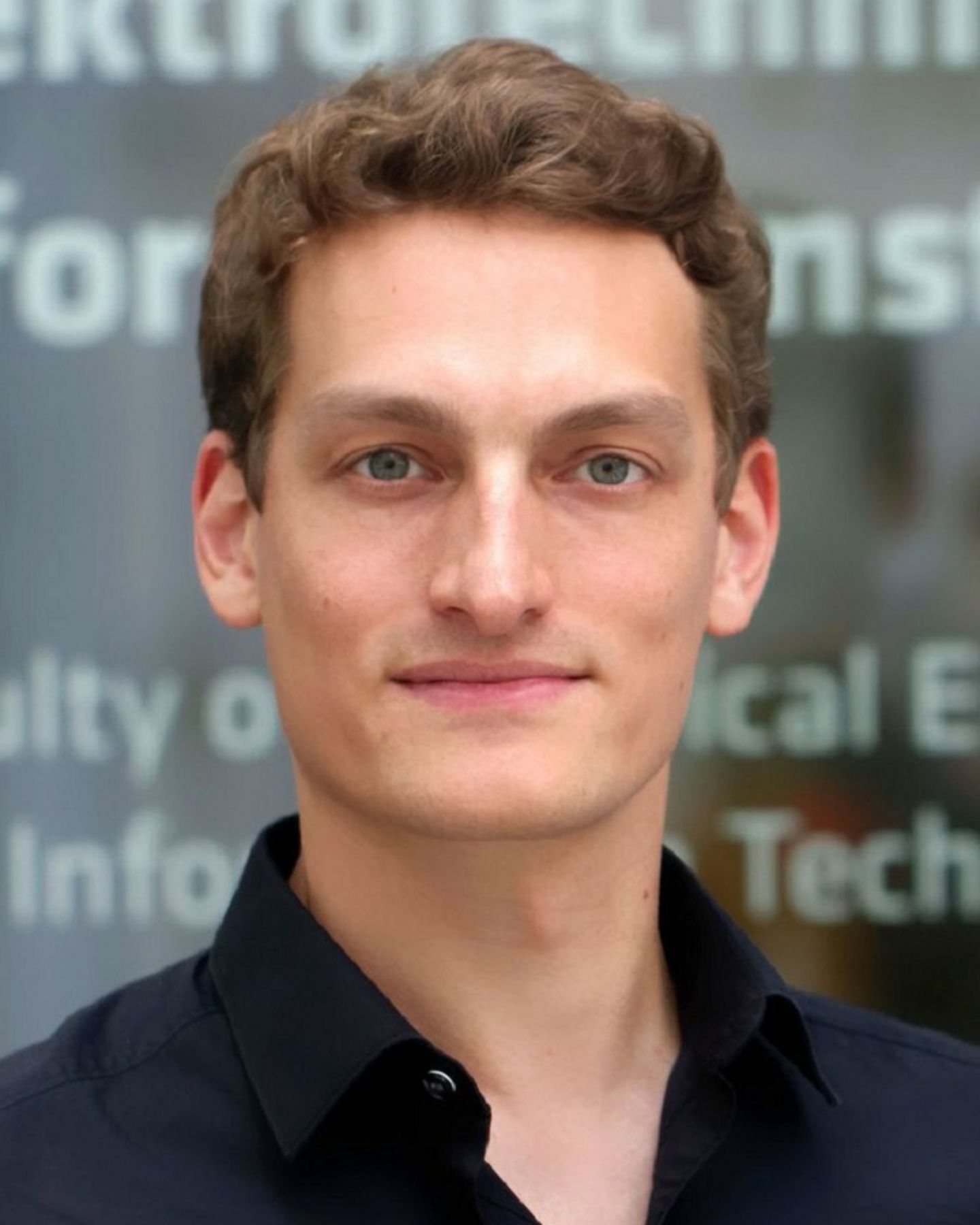
© Tiss. Benedikt Schwarz
Univ.Prof. Dipl.-Ing. Dr.techn. Benedikt Schwarz, opens an external URL in a new window has been assigned to the Institute of Solid State Electronics , opens in new window(E362) at the Faculty of Electrical Engineering and Information Technology, opens in new window at TU Wien since June 1, 2023 as Associate Professor for “Optoelectronic Components”.
Benedikt Schwarz comes from Tyrol. He studied electrical engineering at the TU Wien and received his doctorate there in 2015 with a dissertation on the topic "Monolithic integration of mid-infrared photonics, opens an external URL in a new window" with Prof. Strasser. His previous scientific achievements have already been recognized with numerous prizes, including the BMWF honorary award, the Photonics21 Student Innovation Award, the INiTS Award and the FACSS Innovation Award. In 2020 he was also able to successfully submit an ERC Starting Grant, opens an external URL in a new window. This enabled him to successfully take up the career position "Modeling and realization of monolithic frequency combs", which he has now completed with the qualification to associate professor. In 2020 he also obtained his Venia Docendi for the subject "Nanoelectronics and Photonics" with a habilitation thesis on the topic "Towards chip integrated mid-infrared spectrometers, opens an external URL in a new window".
The scientific home of Benedikt Schwarz is the Research Unit of Optoelectronic Materials, opens an external URL in a new window (E362-01) at the Institute of Solid State Electronics. Here he researches, among other things, compact, portable and energy-saving laser sensors with which environmental pollutants and also diagnosable diseases can be detected.
Publications of Benedikt Schwarz in ReposiTUm, opens an external URL in a new window.
JUNE 2023
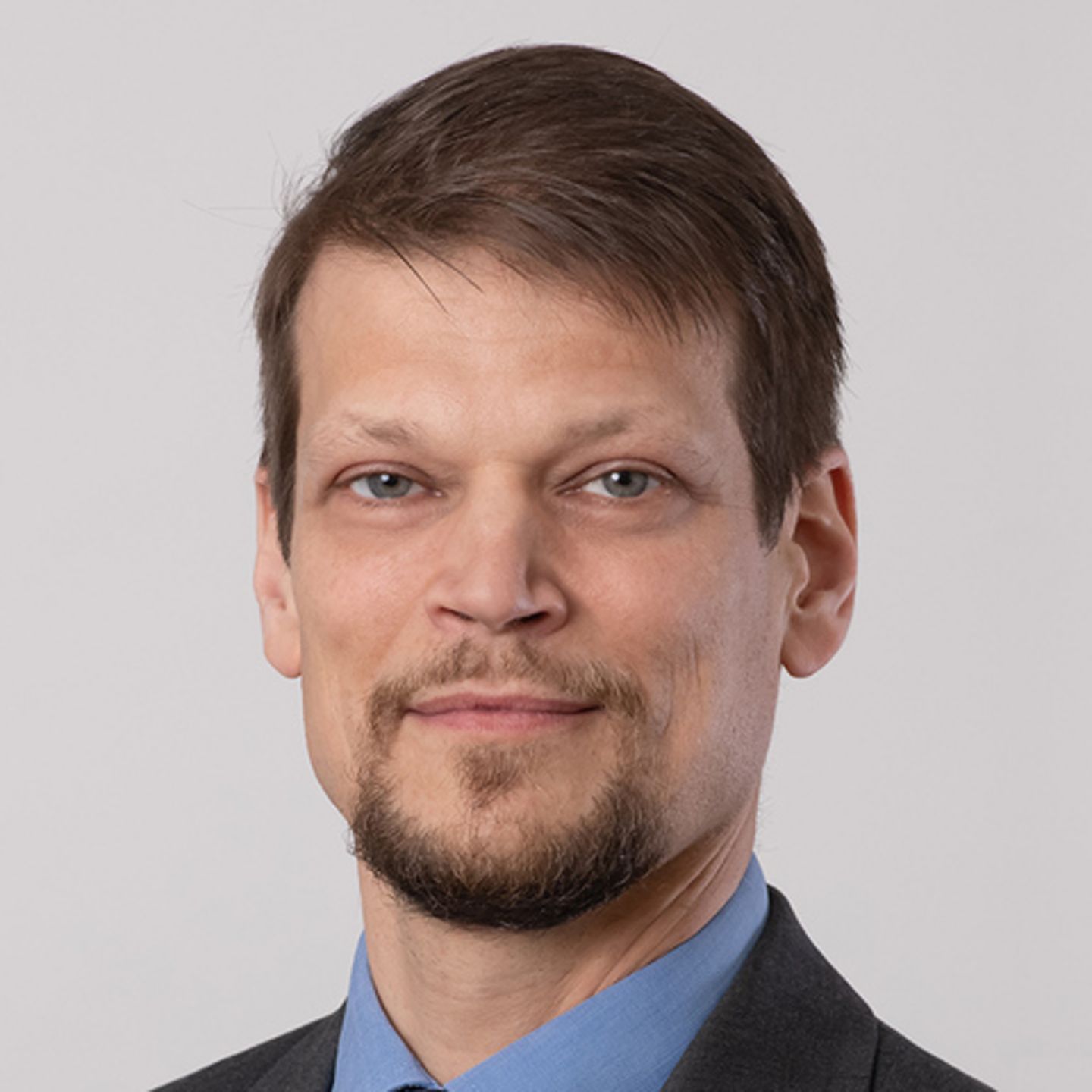
© Tiss: Tibor Grasser
Univ.Prof. Dipl.-Ing. Dr.techn. Tibor Grasser, opens an external URL in a new window was appointed as University Professor for Microelectronics at TU Wien with effect from June 1, 2023 (he has held a 99(4) professorship since October 2018). He is assigned to the Institute for Microelectronics , opens an external URL in a new window(E360) at the Faculty of Electrical Engineering and Information Technology, opens in new window.
Tibor Grasser comes from Vienna and studied electrical engineering at the TU Wien. In 1999 he received his doctorate with distinction - also at the TU Wien - with a dissertation on "Mixed-mode device simulation, opens an external URL in a new window". After that he remained connected to the TU Wien - since 2002 as Associate Professor - and from 2003 to 2010 headed the CD Laboratory for technology CAD in microelectronics, opens an external URL in a new window. Internationally active in several specialist committees (IPFA etc.) and with an excellent professional network, he took over the management of the Institute for Microelectronics in 2016. In 2022 he was also able to receive an ERC Advanced Grant, opens an external URL in a new window, which is worth 2.5 million euros is doped, for the project "F2GO - Fluorides for 2D nanoelectronics of the next generation, opens an external URL in a new window".
Tibor Grasser is head of the Institute for Microelectronics, opens an external URL in a new window and his research unit has been dealing with insulators for more than 15 years. For several years the team has also been researching the ultra-thin insulator calcium fluoride for 2D materials.
Publications of Tibor Grasser in Scopus, opens an external URL in a new window, Web of Science, opens an external URL in a new window databases and in ReposiTUm, opens an external URL in a new window.
[Wikipedia Tibor Grasser, opens an external URL in a new window]
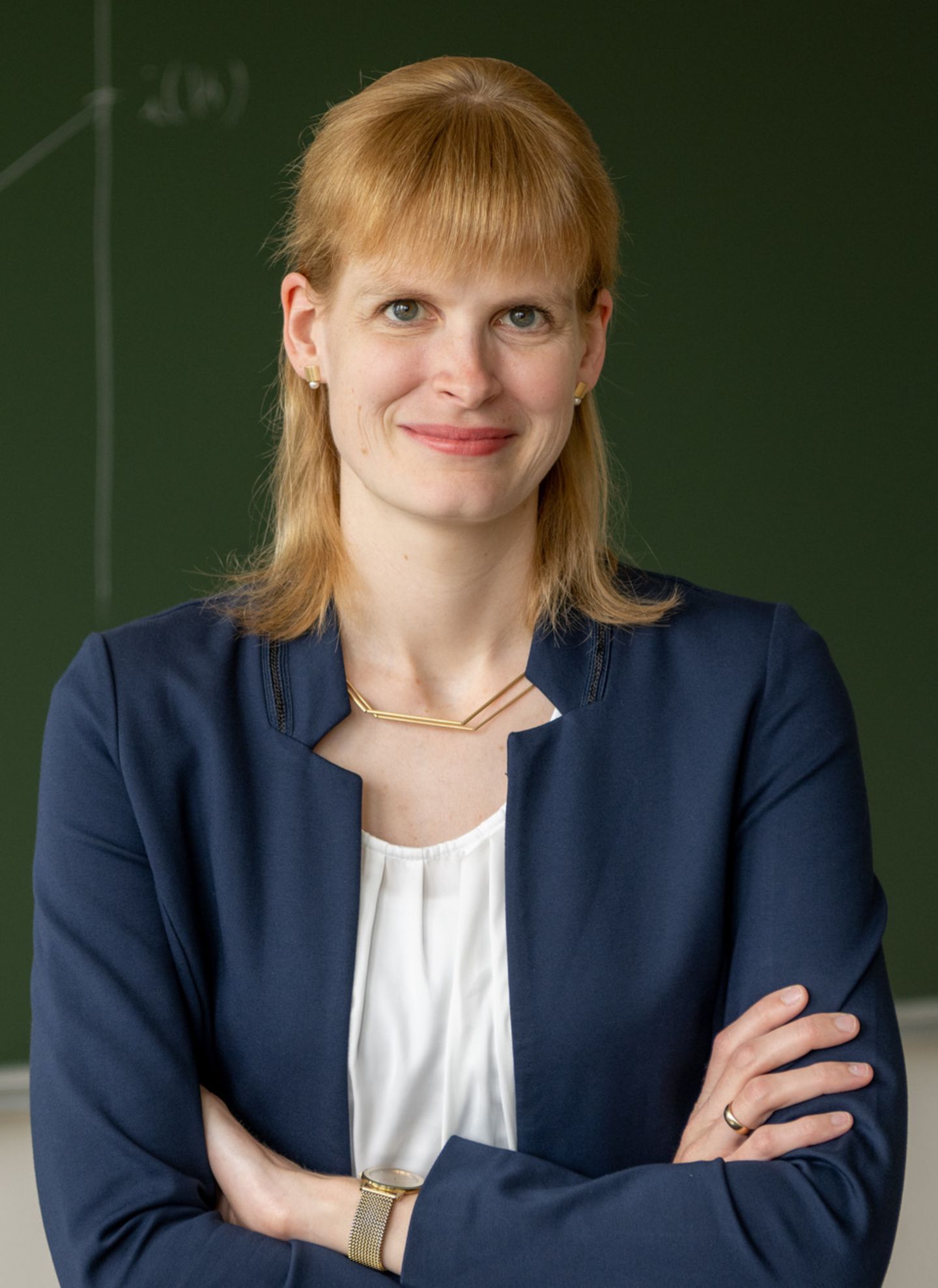
© Tiss: Sandra Müller
Associate Prof. Dr.rer.nat. Sandra Müller , opens an external URL in a new window has been assigned to the Institute of Discrete Mathematics and Geometry , opens in new window(E104) at the Faculty of Mathematics and Geoinformation at TU Wien since June 1, 2023 as Associate Professor for “Set Theory”.
Sandra Müller studied both mathematics and computer science at the University of Münster. She then received her doctorate in mathematics there in 2016 with a dissertation on "Pure and Hybrid Mice with Finitely Many Woodin Cardinals from Levels of Determinacy, opens an external URL in a new window". She then moved to the University of Vienna as a PostDoc, where she was able to win a L'Oréal Austria scholarship, opens an external URL in a new window in 2020. The acquisition of an FWF Elise Richter Fellowship, opens an external URL in a new window enabled her to obtain a career position on the subject of "set theory" at TU Wien (to which she switched in 2021) and which she has now completed with a qualification as an associated professor. In 2022 she also obtained the Venia Docendi for the subject "Mathematics" with a habilitation thesis on "The interplay of determinacy, large cardinals, and inner models, opens an external URL in a new window". In addition, since 2022 she has been the recipient of an FWF START prize, opens an external URL in a new window and a sponsorship prize from the ÖMG, opens an external URL in a new window (Austrian Mathematical Society).
The scientific home of Sandra Müller is the Research Unit of Algebra (E104-01). There she deals with topics related to "set theory", especially in the areas of internal model theory, axioms of definiteness and descriptive set theory, as well as their relationships and connections to other areas of logic and mathematics.
Publications by Sandra Müller in the Scopus, opens an external URL in a new window database and in ReposiTUm, opens an external URL in a new window.
[Website Sandra Müller, opens an external URL in a new window; Publications Sandra Müller, opens an external URL in a new window]
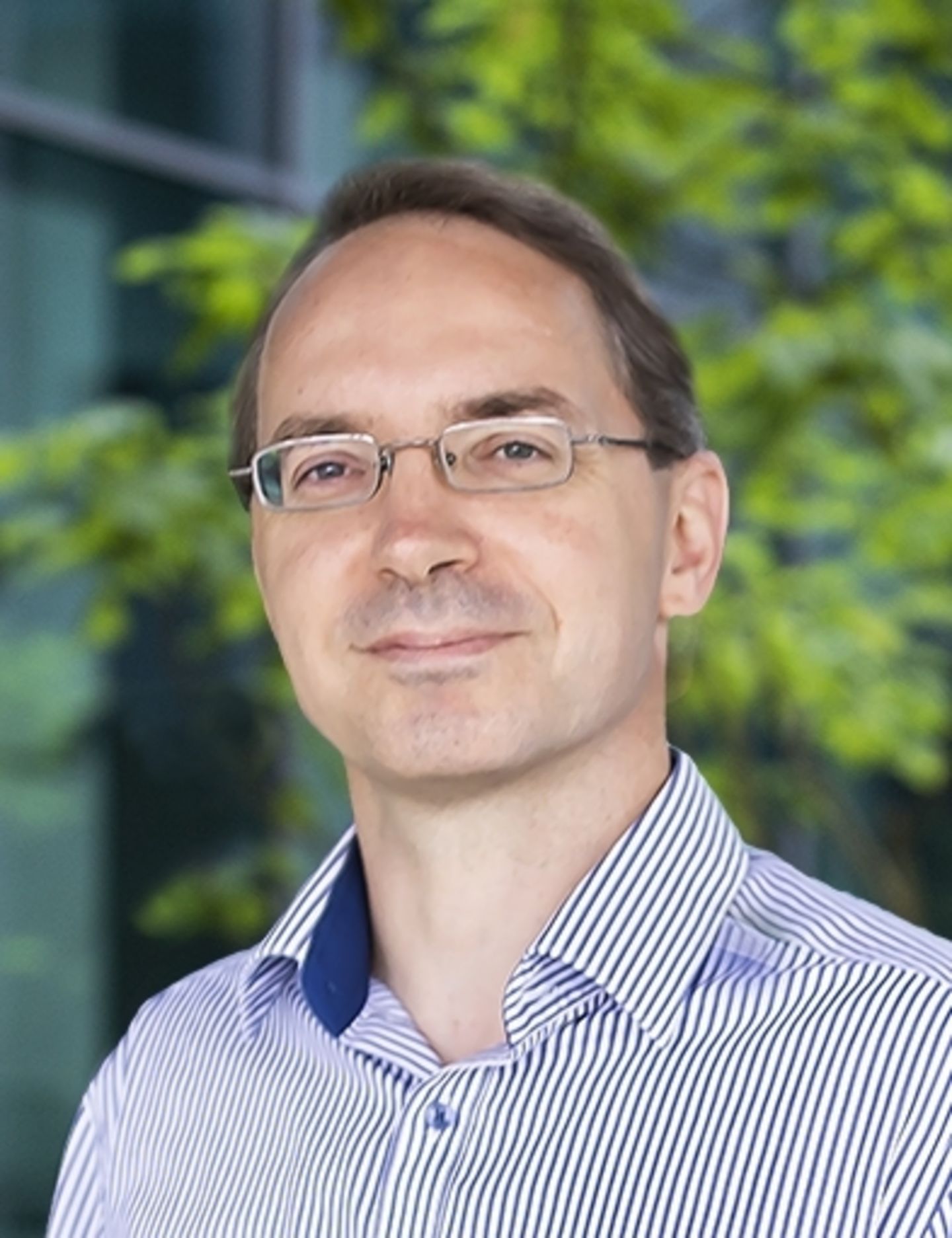
© Tiss: Christian Ott
Univ.Prof. Dipl.-Ing. Dr.-Ing. Christian Ott, opens an external URL in a new window was appointed as University Professor for Robotics at TU Wien with effect from April 1, 2022 on a temporary basis and permanently appointed with effect from June 1, 2023. He is assigned to the Institute of Automation and Control , opens an external URL in a new window(E376) at the Faculty of Electrical Engineering and Information Technology, opens in new window.
Christian Ott comes from Salzburg and studied mechatronics at the JKU (Johannes Kepler University) in Linz. He completed his studies in 2001 and then worked as a researcher at the DLR (German Aerospace Center) in Munich until 2007. With a dissertation on "Cartesian impedance control of flexible joint manipulators, opens an external URL in a new window" he received his doctorate in 2005 at Saarland University. In 2007 he moved again to Japan to the University of Tokyo, where he worked as an assistant professor until 2009. He then returned to DLR in Munich, where he set up a working group to control humanoid walking robots and, from 2014, headed the "Analysis and Control of Complex Robot Systems" department at the Institute for Robotics and Mechatronics.
Christian Ott's academic home at the TU Wien is the Research Unit of Complex Dynamical Systems , opens an external URL in a new windowat the Institute (E376-02) for Automation and Control Engineering.
Publications of Christian Ott in ReposiTUm, opens an external URL in a new window.
MAY 2023
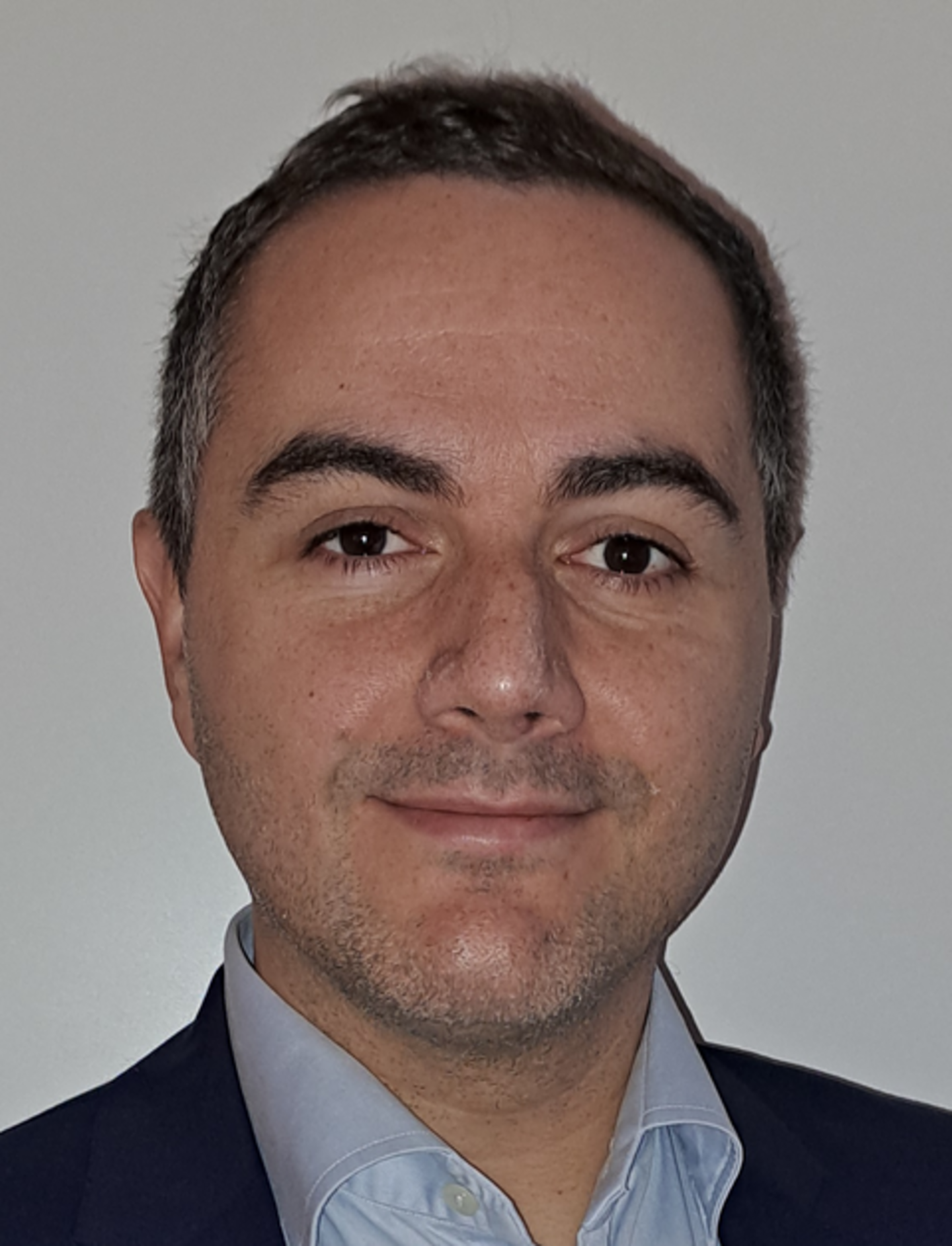
© Tiss: Lado Filipovic
Associate Prof. Dr.techn. Lado Filipovic, opens an external URL in a new window has been assigned to the Institute for Microelectronics, opens an external URL in a new window (E360) at the Faculty of Electrical Engineering and Information Technology, opens in new window at TU Wien since Mai 1, 2023 as Associate Professor for “ Modeling and simulation of integrable semiconductor sensors”.
Lado Filipovic comes from Sarajevo in todays Bosnia and Herzegovina. Raised in Canada, he studied electrical engineering at Carleton University in Ottawa (Canada). While still a student, he worked on microelectronic components and embedded systems with a position at Curtiss-Wright Controls - Embedded Computing, opens an external URL in a new window (now Curtiss-Wright Defense Solutions). In 2009 he moved to Austria, where he did his doctorate in 2012 at the TU Wien on the topic "Topography simulation of novel processing techniques", opens an external URL in a new window. The successful acquisition of numerous projects from the EU and national sponsors enabled him to obtain a career position in 2018 on the subject of "modeling and simulation of integrable semiconductor sensors", which he has now completed with the qualification to associate professor. In 2020 he also obtained the Venia Docendi for the subject "Micro- and Nanoelectronics" ("Micro- and Nanoelectronics") with a habilitation thesis on "Semiconductor based integrated sensors", opens an external URL in a new window. Lado Filipovic is part of the management committee of prestigious international IEEE conferences such as IIRW and is a member of the technical program committee of several IEEE-sponsored conferences such as SISPAD and IEEE Sensors.
The academic home of Lado Filipovic is the Institute for Microelectronics, where his research focus is on the fabrication, operation, stability and reliability of novel semiconductor-based sensors, opens an external URL in a new window using advanced process and device simulations, opens an external URL in a new window. His research interests include optimizing commercial devices based on established materials (e.g. silicon) as well as investigating the potential of novel material systems (e.g. 2D materials) in sensing.
[Website Lado Filipovic, opens an external URL in a new window]
Publications by Lado Filipovic in the Scopus, opens an external URL in a new window, Web of Science, opens an external URL in a new window databases and in ReposiTUm, opens an external URL in a new window.
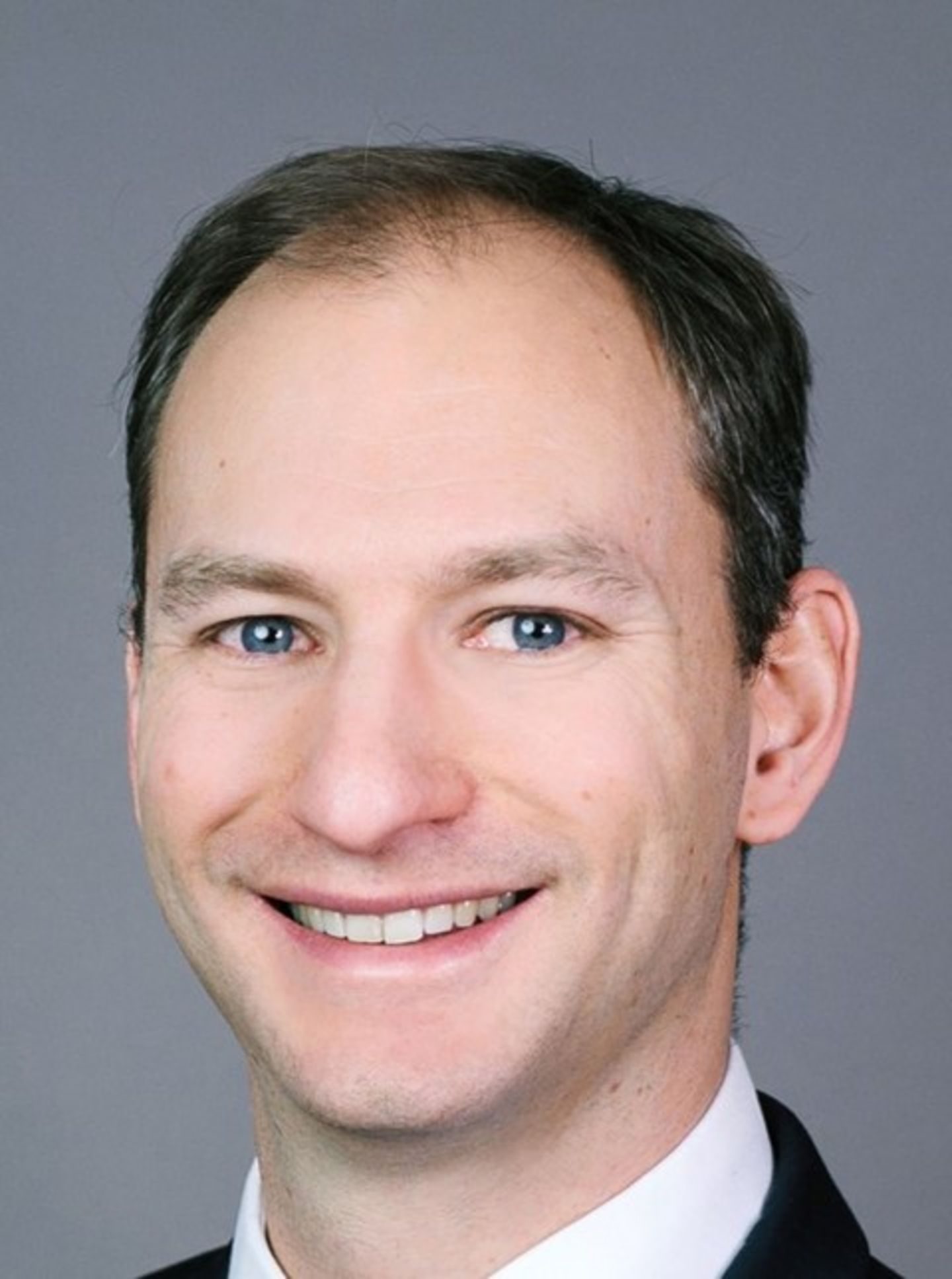
© Tiss: Matthiaas Steiger
Associate Prof. Dr. Matthias Steiger, opens an external URL in a new window has been assigned to the Institute of Chemical, Environmental and Bioscience Engineering, opens in new window (E166) at the Faculty of Technical Chemistry, opens in new window at TU Wien since Mai 1, 2023 as Associate Professor for “Biochemistry”.
Matthias Steiger comes from Vienna and studied technical chemistry at the TU Wien. In 2010 he received his doctorate there with a dissertation on the topic "Introduction of an N-acetylneuraminic acid synthesis pathway in Hypocrea (Trichoderma), opens an external URL in a new window". He then did research as a postdoc at the Austrian Center of Industrial Biotechnology (acib), at the University of Natural Resources and Life Sciences and at the University of Leiden (Netherlands). In 2019 he successfully applied for a career in biochemistry at the TU Wien, which he has now completed with the qualification to associate professor. In 2020 he also obtained the Venia Docendi for the subject "Biochemistry" with a habilitation thesis on "Bridging biochemical boundaries: the impact of transport and compartmentalization on metabolic engineering endeavors, opens an external URL in a new window".
The scientific home of Matthias Steiger is the Research Unit of Biochemical Technology, opens in new window, where he heads a research group (E166-05-2) on the subject of biochemistry. There he works on the production of biochemicals such as organic acids, proteins and other biomass components with the help of improved microorganisms (filamentous fungi and yeasts).
Publications by Matthias Steiger in Scopus, opens an external URL in a new window, Web of Science, opens an external URL in a new window and in ReposiTUm, opens an external URL in a new window.
APRIL 2023
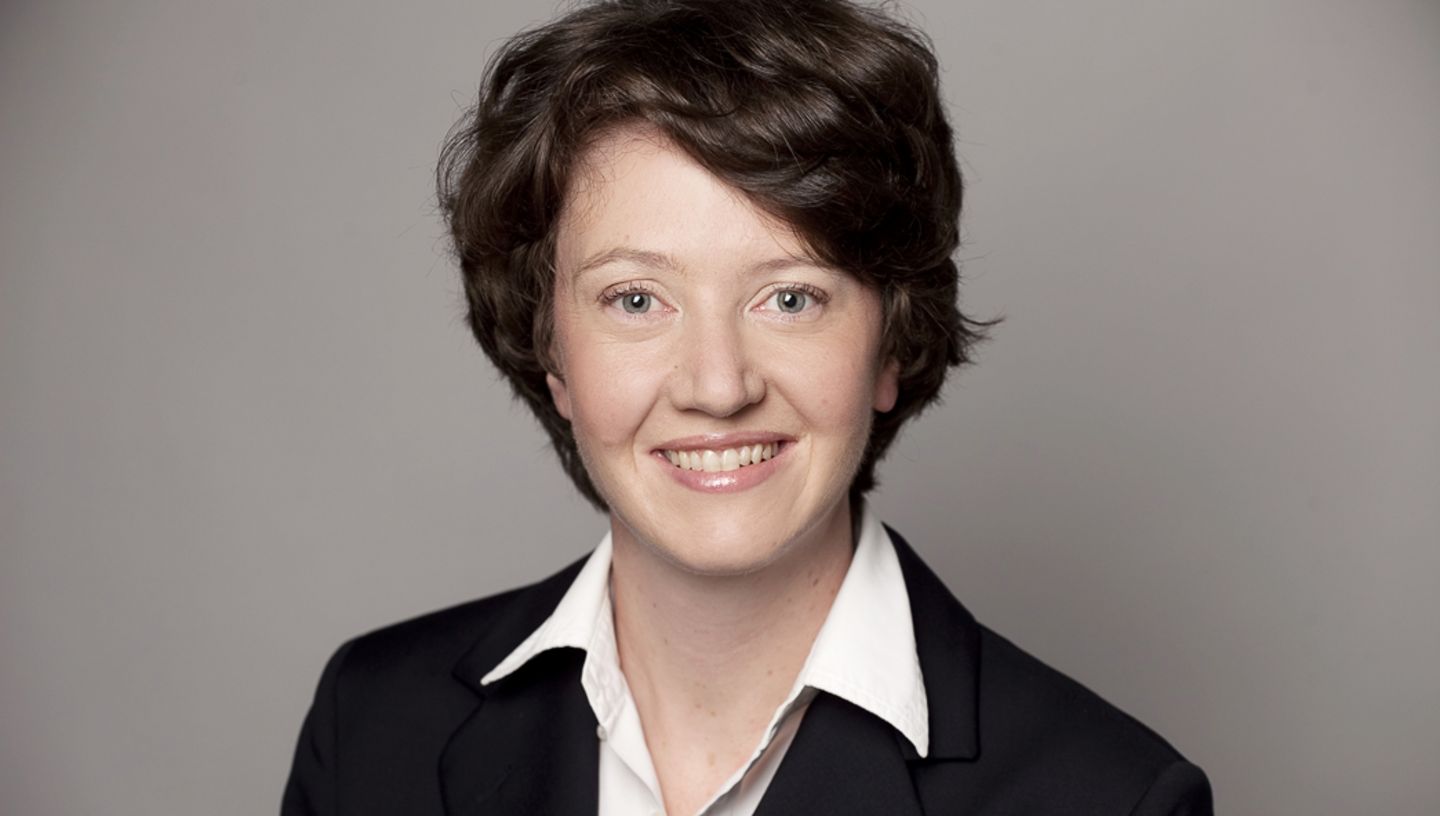
© Tiss: Sabine Andergassen
Associate Prof. Dr.rer.nat. Sabine Andergassen, opens an external URL in a new window has been assigned to the Institute of Information Systems Engineering, opens an external URL in a new window (E194) at the Faculty of Informatics, opens an external URL in a new window at TU Wien since April 1, 2023 as Associate Professor for “Computational Quantum Science”.
Sabine Andergassen comes from Bozen (Italy) and graduated with honors in Physics from the University of Rome "La Sapienza". After her studies, she moved to the Max Planck Institute for Solid State Research in Stuttgart and received her doctorate from the University of Stuttgart in 2006 with a dissertation on "Functional renormalization group analysis of Luttinger liquids with impurities", opens an external URL in a new window. After a PostDoc stay at the CNRS Grenoble, opens an external URL in a new window, she moved back to the German-speaking area, first as an assistant professor in 2008 at the RWTH Aachen (here for a W1 professorship) and from 2012 at the University of Vienna (here as part of a career position). In 2014 she obtained a W3 professorship at the University of Tübingen.
The scientific home of Sabine Andergassen is now the Research Unit of Machine Learning, opens an external URL in a new window at the aforementioned institute, but also the Research Unit of Correlations: Theory and Experiments at the Institute of Solid State Physics, opens an external URL in a new window (E138) at the Faculty of Physics, where she deals with the theoretical description of quantum many-particle systems.
Publications by Sabine Andergasse in the databases Scopus, opens an external URL in a new window, Web of Science, opens an external URL in a new window and in ReposiTUm, opens an external URL in a new window.

© Tiss: Mate Gerencser
Associate Prof. Mate Gerencser, PhD, opens an external URL in a new window has been assigned to the Institute of Analysis and Scientific Computing , opens an external URL in a new window(E101) at the Faculty of Mathematics and Geoinformation at TU Wien since April 1, 2023 as Associate Professor for “Numerics of stochastic differential equations”.
Mate Gerencser comes from Budapest in Hungary and studied Mathematics there with honors at the Eötvös Loránd University in Budapest. He then moved to Scotland and received his PhD from the University of Edinburgh in 2016 with a dissertation on "Stochastic PDEs with extremal properties, opens an external URL in a new window". After a short stopover at the University of Warwick (England), a postdoc position brought him to Austria at IST Austria. In 2020 he was able to secure a career position on the subject of "numerics of stochastic differential equations" at the TU Wien, which he has now successfully completed with a qualification as an associate professor. In 2022 he also obtained the Venia Docendi for the subject "Mathematics" ("Mathematics") with a habilitation thesis on "On quasilinear stochastic PDEs, opens an external URL in a new window".
Mate Gerencser's academic home is the Research Unit of Analysis, opens an external URL in a new window at the aforementioned institute, where he deals with stochastic (ordinary and partial) differential equations.
Publications by Mate Gerencser in the databases Scopus, opens an external URL in a new window, Web of Science, opens an external URL in a new window and in ReposiTUm, opens an external URL in a new window.
[Website Mate Gerencser, opens an external URL in a new window]
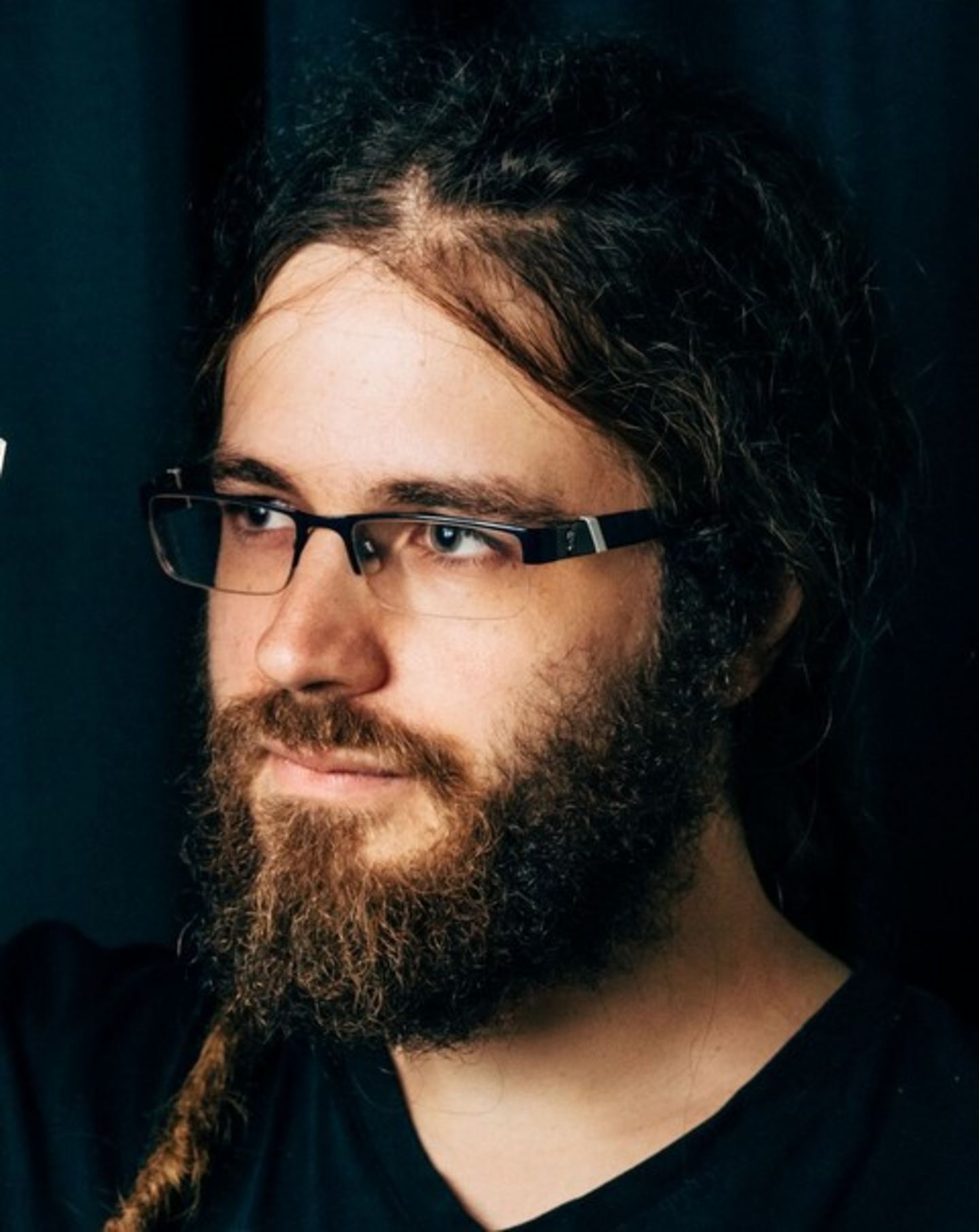
© Tiss: Marcus Huber
Univ.Prof. Mag.rer.nat. Dr.rer.nat. Marcus Huber, opens an external URL in a new window was appointed as University Professor for Quantum Information and Quantum Thermodynamics at TU Wien with effect from April 1, 2023. He is assigned to the Institute of Atomic and Subatomic Physics, opens in new window (E141) at the Faculty of Physics.
Marcus Huber studied physics at the University of Vienna and received his doctorate there in 2010 with the topic "Entanglement and geometry in multipartite systems, opens an external URL in a new window". After a short period as a PostDoc researcher at the University of Vienna, he moved in 2012 - as a Marie-Curie Fellow - first to the University of Bristol (UK) and then from 2013 to 2015 to the "Universitat Autonoma de Barcelona" (Spain) and as a visiting scientist at the ICFO (Institute of Photonic Sciences), also in Barcelona. An SNSF-AMBIZIONE Grantee brought him to the University of Geneva (Switzerland) in 2015/2016. The acquisition of the START project "The importance of quantum information in thermodynamics, opens an external URL in a new window" enabled him to return to Austria in 2016 to the IQOQI Vienna , opens an external URL in a new window(Institute for Quantum Optics and Quantum Information Vienna) of the Austrian Academy of Sciences. In 2020 he successfully applied for the career position "Quantum Simulation - Quantum Sensors" and thus switched to the TU Wien, which he successfully completed in February 2022 as Associate Professor. In March 2022 he was also able to apply for an ERC Consolidator Grant, opens an external URL in a new window.
Marcus Huber is in charge of the Institute of Atomic and Subatomic Physics. His scientific home is the Research Unit of Quantum Optics and Quantum Information, which he also heads.
Publications by Marcus Huber in the databases Scopus , opens an external URL in a new windowand Web of Science, opens an external URL in a new window.
MARCH 2023
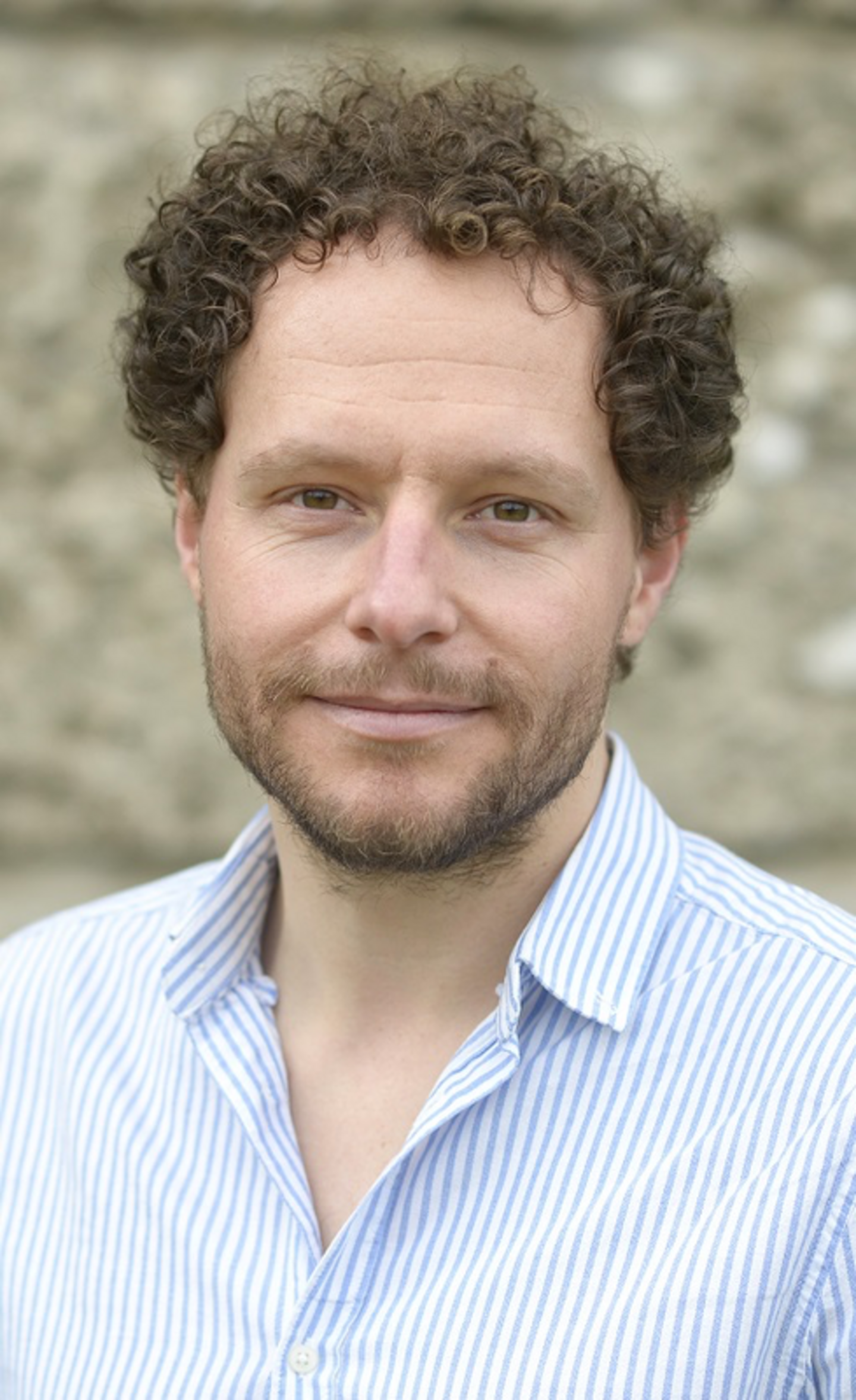
© Tiss: Emanuel Gasteiner
Associate Prof. Dipl.-Vw. Emanuel Gasteiger, opens an external URL in a new window has been assigned to the Institute of Statistics and Mathematical Methods in Economics (E105), opens an external URL in a new window at the Faculty of Mathematics and Geoinformation at TU Wien since March 1, 2023 as Associate Professor for “Macroeconomics with a focus on business cycle theory”.
Emanuel Gasteiger comes from Bavaria and studied economics at the Ludwig Maximilian University in Munich. After completing his studies, he moved to Vienna and received his doctorate in 2011 from the University of Vienna (Faculty of Economics) with a dissertation on the topic "Expectations in monetary and fiscal policy, opens an external URL in a new window". He then did research as an assistant professor at the ISCTE (Instituto Universitario de Lisboa) in Lisbon (Portugal) until 2015, before moving back to Germany as a junior professor, this time at the Freie Universität Berlin. In 2019 he was able to secure a career position at TU Wien on the subject of "Macroeconomics with a focus on business cycle theory", which he has now successfully completed with the qualification to associate professor. In 2022 he also obtained the Venia Docendi for the subject "Mathematical Economics" with a habilitation thesis on "Heterogeneity in monetary and fiscal policy, opens an external URL in a new window".
The scientific home of Emanuel Gasteiger is the Research Unit of Economics, opens an external URL in a new window at the named institute. Here he researches topics such as "Monetary Economics", "Fiscal Policy", "Expectation Formation in Macroeconomics and Empirical Macroeconomics" and "Automation and Economic Growth".
Publications of Emanuel Gasteiner in the Scopus, opens an external URL in a new window database and in ReposiTUm, opens an external URL in a new window.
[Website Emanuel Gasteiger, opens an external URL in a new window]
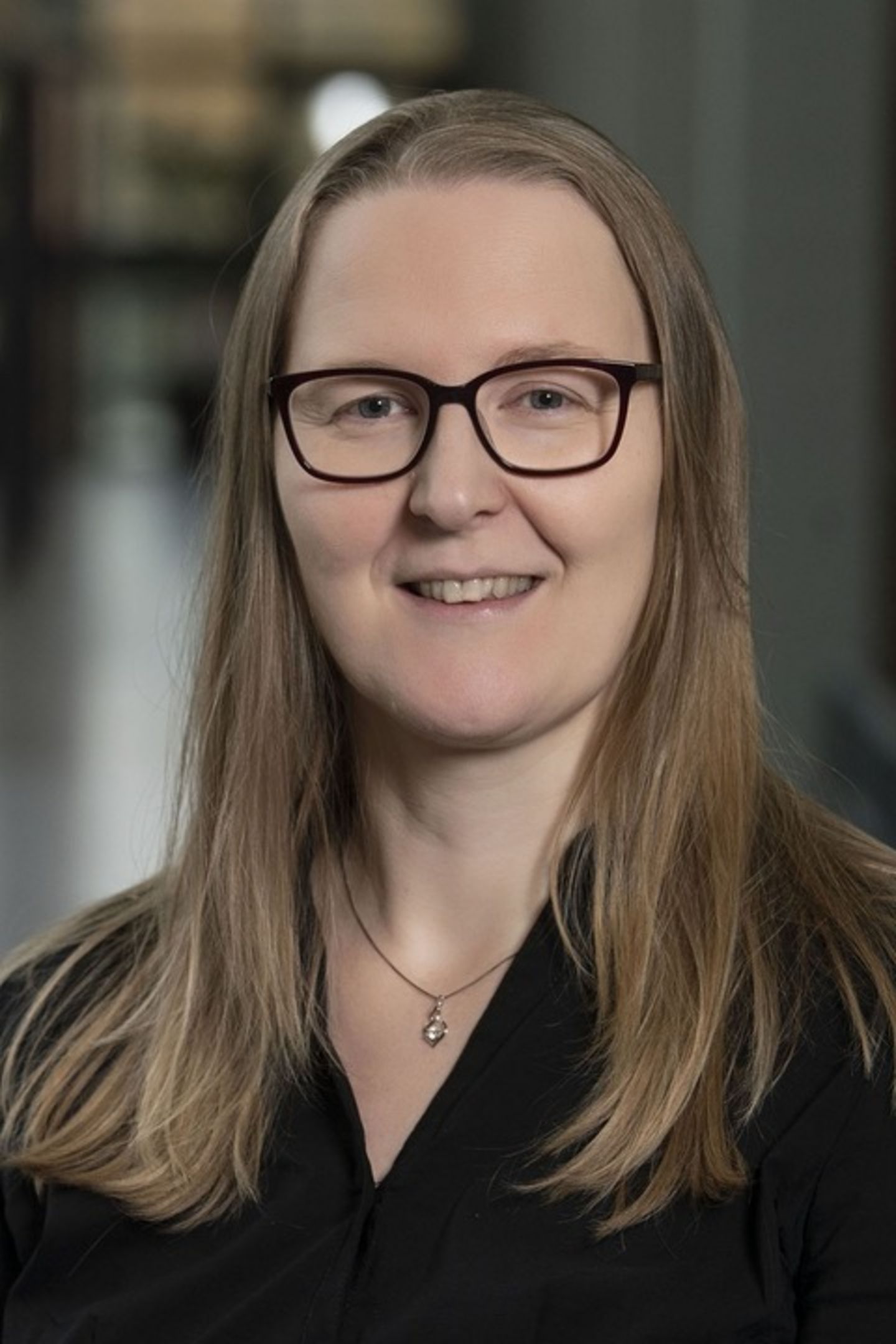
© Tiss: Katja Hose
Univ.Prof. Dipl.-Inf. Dr.-Ing. Katja Hose , opens an external URL in a new windowwas appointed as University Professor for Data Management at TU Wien with effect from March 1, 2023. She is assigned to the Institute of Logic and Computation , opens an external URL in a new window(E192) at the Faculty of Informatics, opens an external URL in a new window.
Katja Hose comes from Eschwege (Hesse) in central Germany and studied computer science at the TU Ilmenau in neighboring Thuringia, where she also wrote a dissertation in 2009 on the subject of "Processing Rank-Aware Queries in Schema-based P2P Systems, opens an external URL in a new window". After a 3-year stopover as a PostDoc at the Max Planck Institute for Computer Science in Saarbrücken (Saarland), she started her academic career at the Department of Computer Science at Aalborg University, opens an external URL in a new window in Denmark (Jutland); first as an assistant professor, from 2015 as an associate professor and finally from 2018 as a university professor. In that capacity, she was also ultimately the research director of the Data, Knowledge, and Web Engineering, opens an external URL in a new window research group in the Department of Computer Science.
Katja Hose's scientific home is the Research Unit of Database and AI, opens an external URL in a new window at the institute mentioned, where she deals with topics of data management and knowledge engineering and pursues the goal of developing new fundamentals and methods, Giving meaning to large amounts of heterogeneous data and making the best use of it.
Publications of Katja Hose in the Scopus, opens an external URL in a new window database and in ReposiTUm, opens an external URL in a new window.
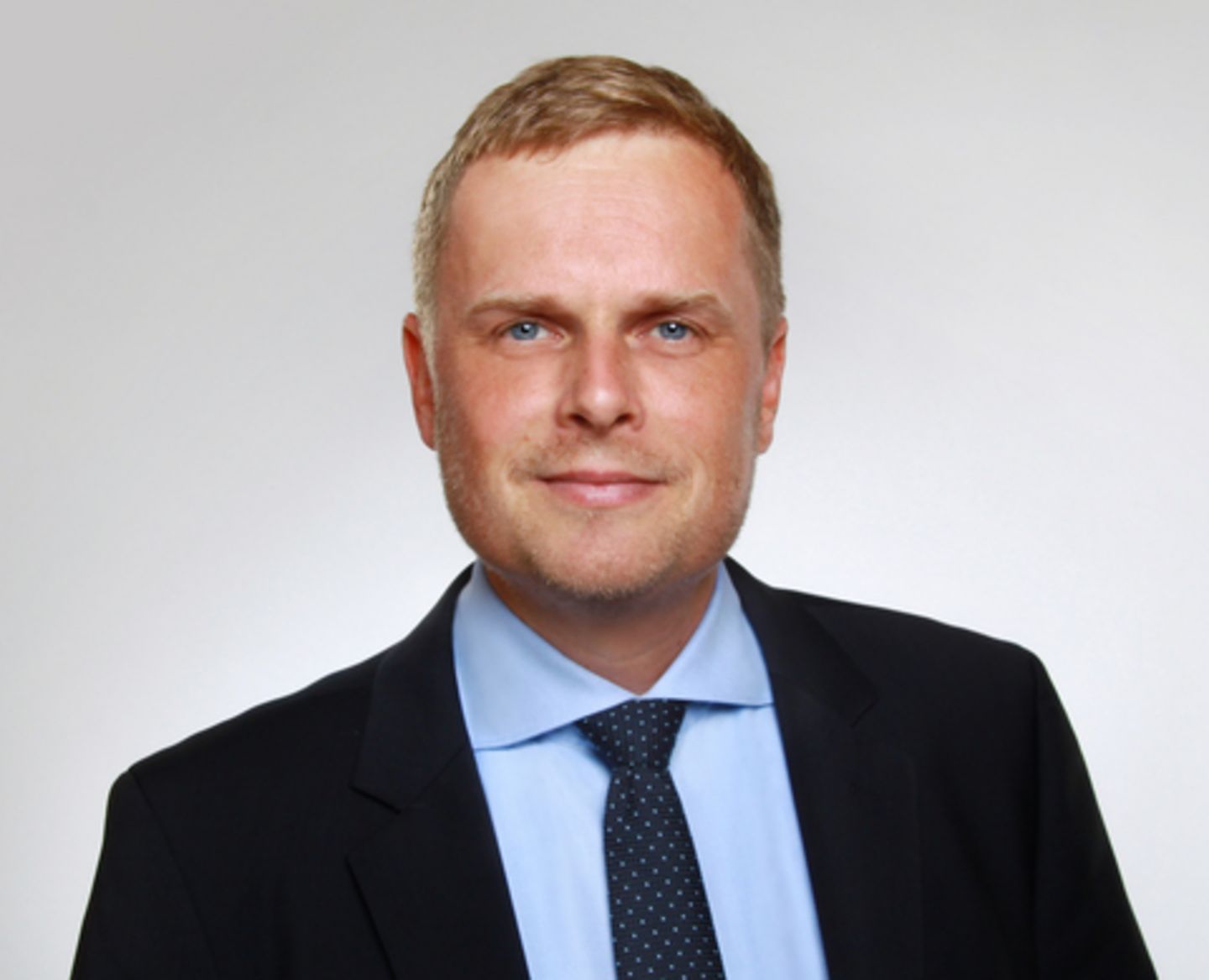
© Tiss: Bernd Klöckl
Univ. Prof. Dipl.-Ing. Dr.sc.techn. Bernd KLÖCKL , opens an external URL in a new windowwas appointed as University Professor for Sustainable Energy Systems at TU Wien with effect from March 1, 2023. He is assigned to the Institute of Energy Systems and Electrical Drives , opens in new window(E370) at the Faculty of Electrical Engineering and Information Technology, opens in new window.
Bernd Klöckl comes from Graz and studied electrical power engineering at Graz University of Technology. He then moved to Switzerland, where he did his doctorate in 2007 at the ETH Zurich with a dissertation on the topic "Impacts of energy storage on power systems with stochastic generation, opens an external URL in a new window”. In 2006 he returned to Austria and took over management of the "Grids" division at VEÖ (Association of Austrian Electricity Companies) - now "Oesterreichs Energie, opens an external URL in a new window" - in Vienna. In 2007 he switched to Austrian Power Grid AG., opens an external URL in a new window In 2011 he relocated to Bayreuth (Germany) to work at TenneT, opens an external URL in a new window, which operates in parts of Germany and the Netherlands as Europe's first cross-border transmission system operator, as head of the network planning department (since 2020 as "Head of Grid Analysis" for Germany and the Netherlands. In 2021 he changed as Director to "System Operations Concepts and Analytics" for 50Hertz Transmission GmbH, opens an external URL in a new window to Berlin, which, as a transmission system operator in the former East German region, also regulates the grid connection of offshore wind farms in the Baltic Sea. In the 15 years of his professional work for the power grid, he was responsible, among other things, for R&D projects to maximize the integration of renewable energy, the introduction of new transmission technologies and big data methods in long-term system planning.
The scientific home of Bernd Klöckl is now the Research Unit of Energy Systems and Networks, opens in new window, which he also heads. There he will deal primarily with questions regarding the technical requirements for the grid in the course of the conversion to a completely sustainable energy supply.
Publications of Bernd Köckl in the Scobus, opens an external URL in a new window database und im ReposiTUm, opens an external URL in a new window.

© Tiss: Nysret Musliu
Associate Prof. Dipl.-Ing. Dr.techn. Nysret Musliu , opens an external URL in a new windowhas been assigned to the Institute of Logic and Computation (E192) , opens an external URL in a new windowat the Faculty of Informatics, opens an external URL in a new window at TU Wien since March 1, 2023 as Associate Professor for “Methods of AI and Computational Optimization”.
Nysret Musliu comes from Prishtina in today's Kosovo (Albanian: Kosovë). In 1996 he graduated in Telecommunications and Computer Science from the University of Prishtina, opens an external URL in a new window and left the university as “Student i dalluar” (distinguished student). He did his dissertation at TU Wien and received his doctorate there in 2001 with the topic "Intelligent search methods for workforce scheduling: new ideas and practical applications", opens an external URL in a new window. Since then he has been associated with TU Wien and obtained his Venia Docendi for the subject "Applied Computer Science" with a habilitation on "Metaheuristics for scheduling and other hard problem, opens an external URL in a new window" in 2007. In 2017 he was able to recruit a Christian Doppler Laboratory for "Artificial Intelligence and Optimization in Planning and Scheduling, opens an external URL in a new window". This enabled him to successfully take up a career position on the subject of "Methods of AI and Computational Optimization", which he is now doing with the qualification graduated to associate professor.
The scientific home of Nysret Musliu is the Research Unit of Database and AI, opens an external URL in a new window. There he deals with questions about innovative problem-solving techniques based on artificial intelligence and optimization and their application in various areas, including resource planning and scheduling and scheduling.
Publications of Nysret Musliu in the Scopus, opens an external URL in a new window database and in ReposiTUm, opens an external URL in a new window.
[Website Nysret Musliu, opens an external URL in a new window]
FEBRUARY 2023
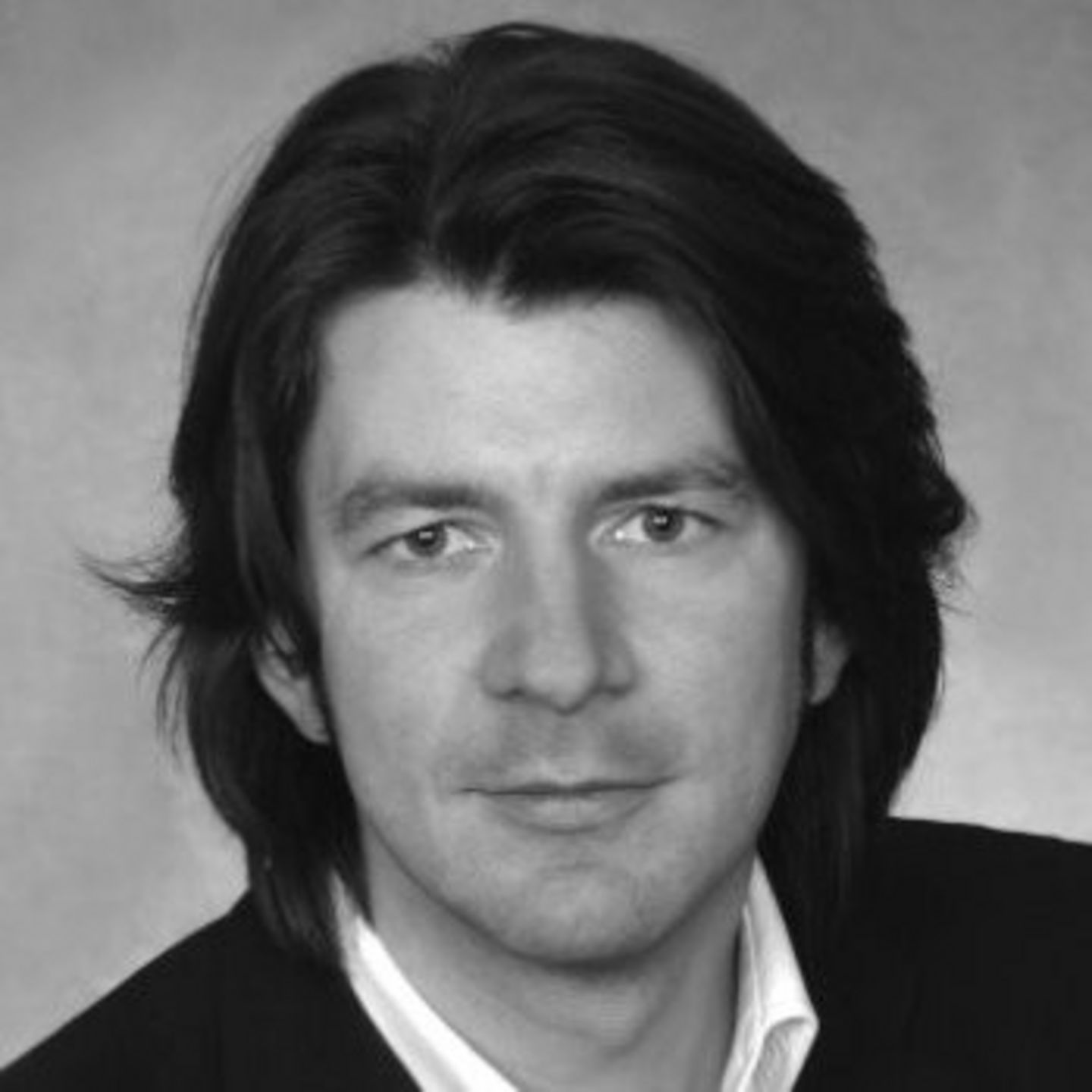
© Tiss: Oliver Englhardt
Univ.Prof. Dr. Oliver ENGLHARDT , opens an external URL in a new windowwas appointed as University Professor for Building construction and Building Maintenance at TU Wien with effect from February 1, 2023. He is assigned to the Institute of Building and Industrial Construction, opens in new window (E210) at the Faculty of Civil and Environmental Engineering, opens an external URL in a new window.
Oliver Englhardt comes from Bavaria and studied Civil Engineering at the Technical University of Munich (D). During and after his studies, he was a research assistant in the laboratory for steel and light metal construction at the Munich University of Applied Sciences. After successfully completing his studies (1999), he was first a lecturer and later Univ. Assistant at TU Wien (Faculty of Architecture and Spatial Planning). In 2005 he moved to BOKU, where he received his doctorate with distinction in 2007 with a dissertation on the subject of "Surface structures made of glass - load-bearing behavior and stability, opens an external URL in a new window". His professional path then led him to Arup in London (UK) and Werner Sobek AG, opens an external URL in a new window in Stuttgart (D). From 2010 to 2017 he was a university professor for the subject 'Building Construction' at the Faculty of Civil Engineering at Graz University of Technology. He was then drawn back into business: to Waagner-Biro, opens an external URL in a new window, to Buro Happold, opens an external URL in a new window (as director for "Structures, Facades & Circular Construction") and he set up his office andstructures GmbH in Munich. Since 2021 he has also been a lecturer at the TU Wien again.
The scientific home of Oliver Englhardt is the Research Unit of Building Construction and Building Preservation, opens an external URL in a new window at the aforementioned institute, which he also heads. There he deals with the development of new building constructions for load-bearing structures and building envelopes under the premise of a "Circular Building Construction" and an integral linking of digital planning and manufacturing processes for a future "Design to Manufacturing, Assembling, Disassembling and End-of-Life".
Publications of Oliver Englhardt in the Dimensions, opens an external URL in a new window database and in ReposiTUm, opens an external URL in a new window.
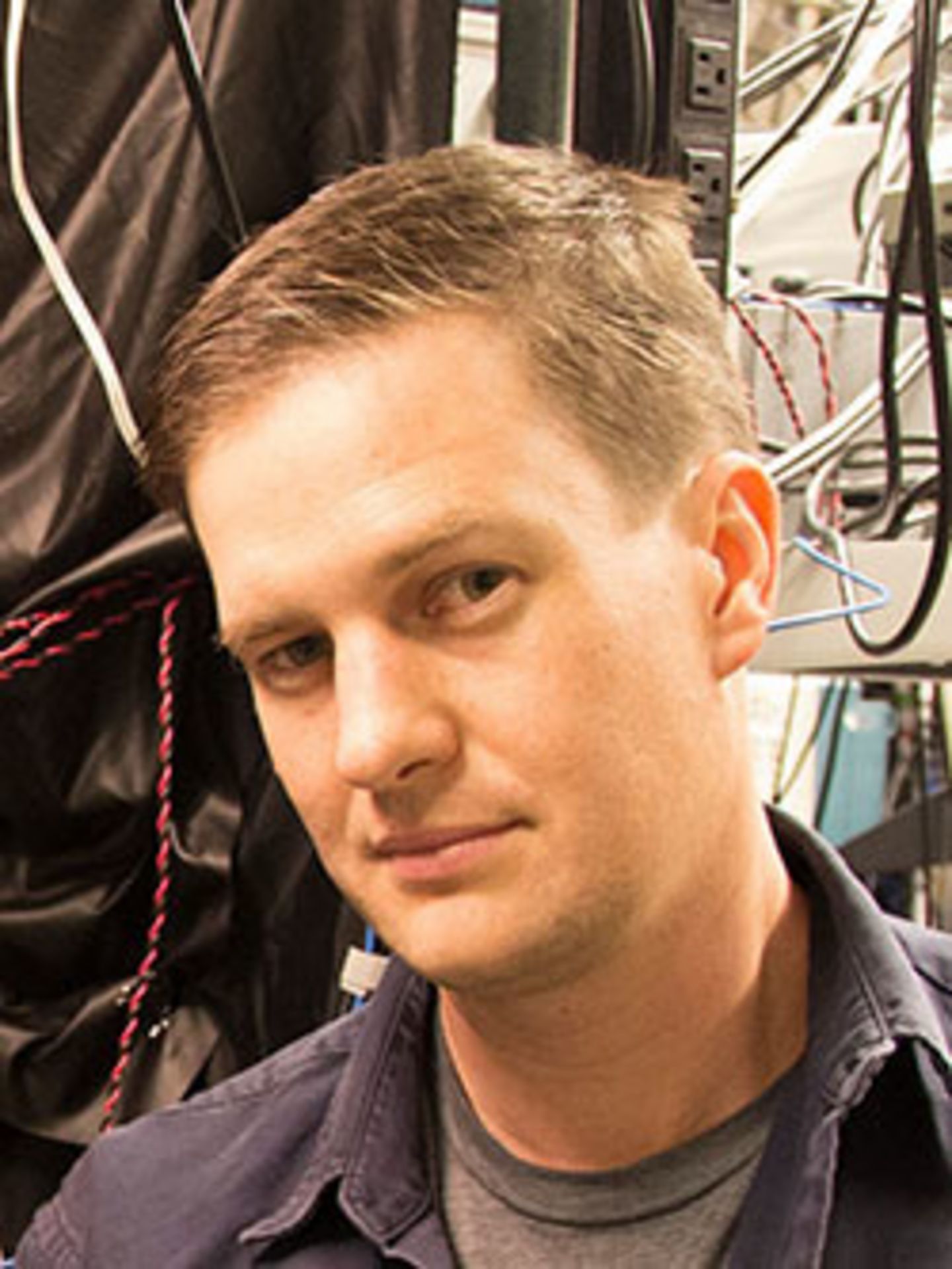
© Tiss: Philipp Haslinger
Associate Prof. Dr.rer.nat. Philipp Haslinger , opens an external URL in a new windowhas been assigned to the Institute of Atomic and Subatomic Physics (E141) at the Faculty of Physics at TU Wien since February 1, 2023 as Associate Professor for “Atomic Interferometry”.
Philipp Haslinger comes from Großkrut in Weinviertel (Lower Austria). He studied mathematics and physics at the University of Vienna, where he received his doctorate with distinction in 2013 with a dissertation on "A universal matter-wave interferometer with optical gratings, opens an external URL in a new window". From 2014 to 2017 he completed a PostDoc stay at the University of California in Berkeley (California, USA) and was also involved in several projects at Stanford University, also in California. Since 2018 he has been connected to the Atomic Institute of TU Wien, where he - as a START award winner in 2018 [list of TUW - START award winners, opens in new window, newspaper article , opens an external URL in a new windowof the NÖN] - was able to secure a career position with the topic "Atomic Interferometry". In January 2022 he obtained the Venia Docendi for the subject "Experimental Physics" with a habilitation thesis on "Atoms, electrons and phonons: improvements in high precision metrology, opens an external URL in a new window". In addition, he successfully completed his career with the qualification to associate professor.
The scientific home of Philipp Haslinger is the Research Unit of Atom Physics and Quantum Optics| TU Wien, opens in new window at the named institute. There he deals with...
Publications of Philipp Haslinger in the Dimensions, opens an external URL in a new window database and in ReposiTUm, opens an external URL in a new window.
[Website Philipp Haslinger-Lab, opens an external URL in a new window]
JANUARY 2023
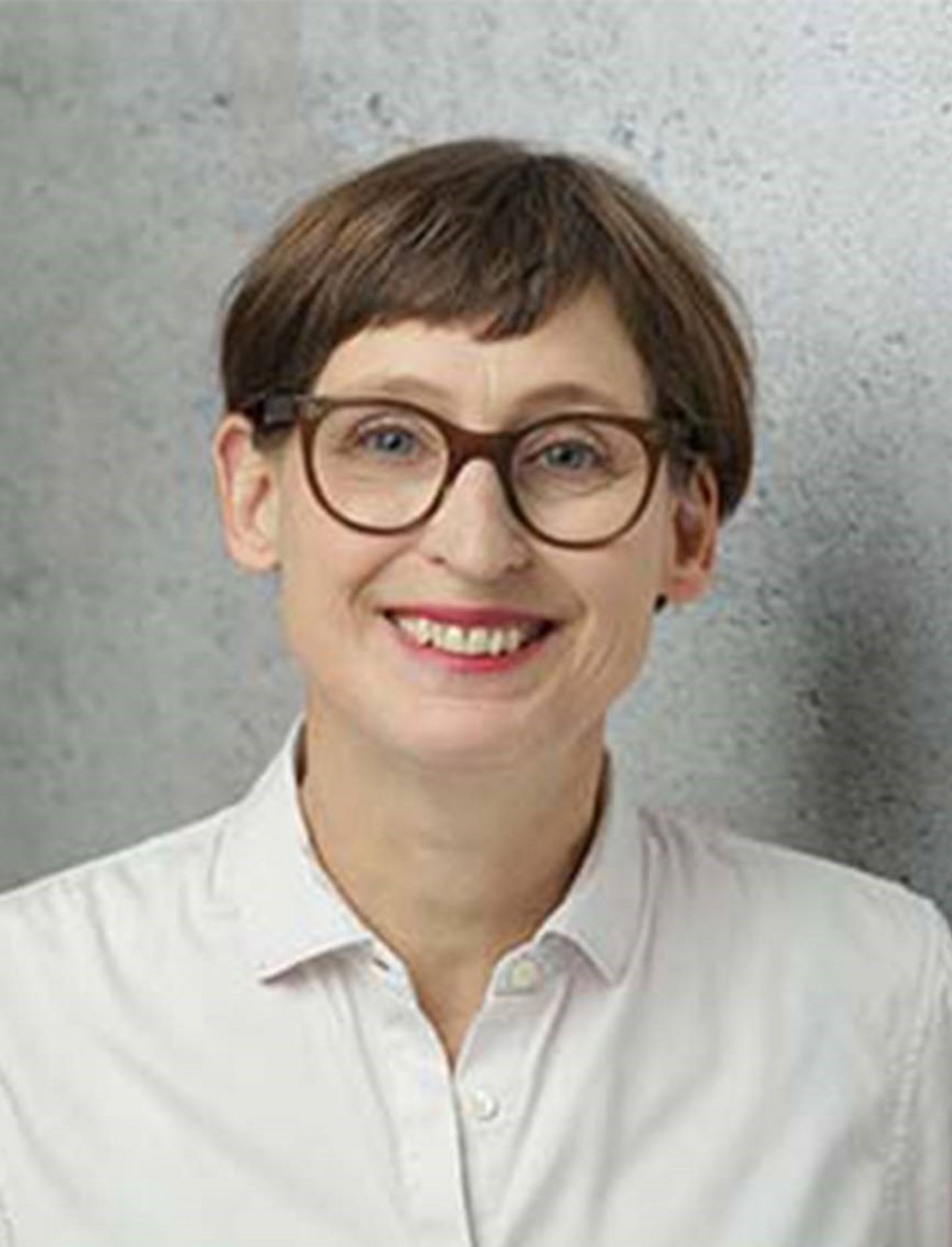
© Tiss: Heike Oevermann
Univ. Prof. Dr. Heike Oevermann , opens an external URL in a new windowwas appointed as University Professor for Monument Preservation and Building within Existing Structures at TU Wien with effect from January 9, 2023. She is assigned to the Institute of History of Art, Building Archaeology and Restoration (E251), opens an external URL in a new window at the Faculty of Architecture and Planning, opens an external URL in a new window.
Heike Oevermann completed her architecture studies at TU Braunschweig in 1996 and then worked in various planning and architecture offices in Berlin. In the period of 2001-2004 she also completed the World Heritage Studies, opens an external URL in a new window course at TU Cottbus-Senftenberg. From 2007 she was co-owner of the architecture firm aR+ architectureRelated, opens an external URL in a new window. In addition, she has held relevant teaching positions at various universities in Italy, Scandinavia and at the Humboldt University in Berlin. She received her doctorate in 2012 at the Technical University of Berlin with a dissertation on the topic "About dealing with industrial heritage: a discourse-analytical investigation of urban transformation processes using the example of the Zeche Zollverein, opens an external URL in a new window". From 2016-2021 she was deputy director at the Georg Simmel Center (GSZ), opens an external URL in a new window of the Humboldt University in Berlin. She finally obtained her Venia Docendi in 2020 at the Bauhaus University Weimar with a habilitation on "Historical industrial complexes in the city, opens an external URL in a new window". She then held a one-year deputy professorship for monument preservation at the Friedrich Otto University in Bamberg.
Heike Oevermann's academic home at TU Wien is now the Research Unit of Monument Preservation and Building within Existing Structures , opens an external URL in a new windowat the aforementioned institute.
Publications of Heike Oevermann in the Dimensions, opens an external URL in a new window and in ReposiTUm, opens an external URL in a new window.
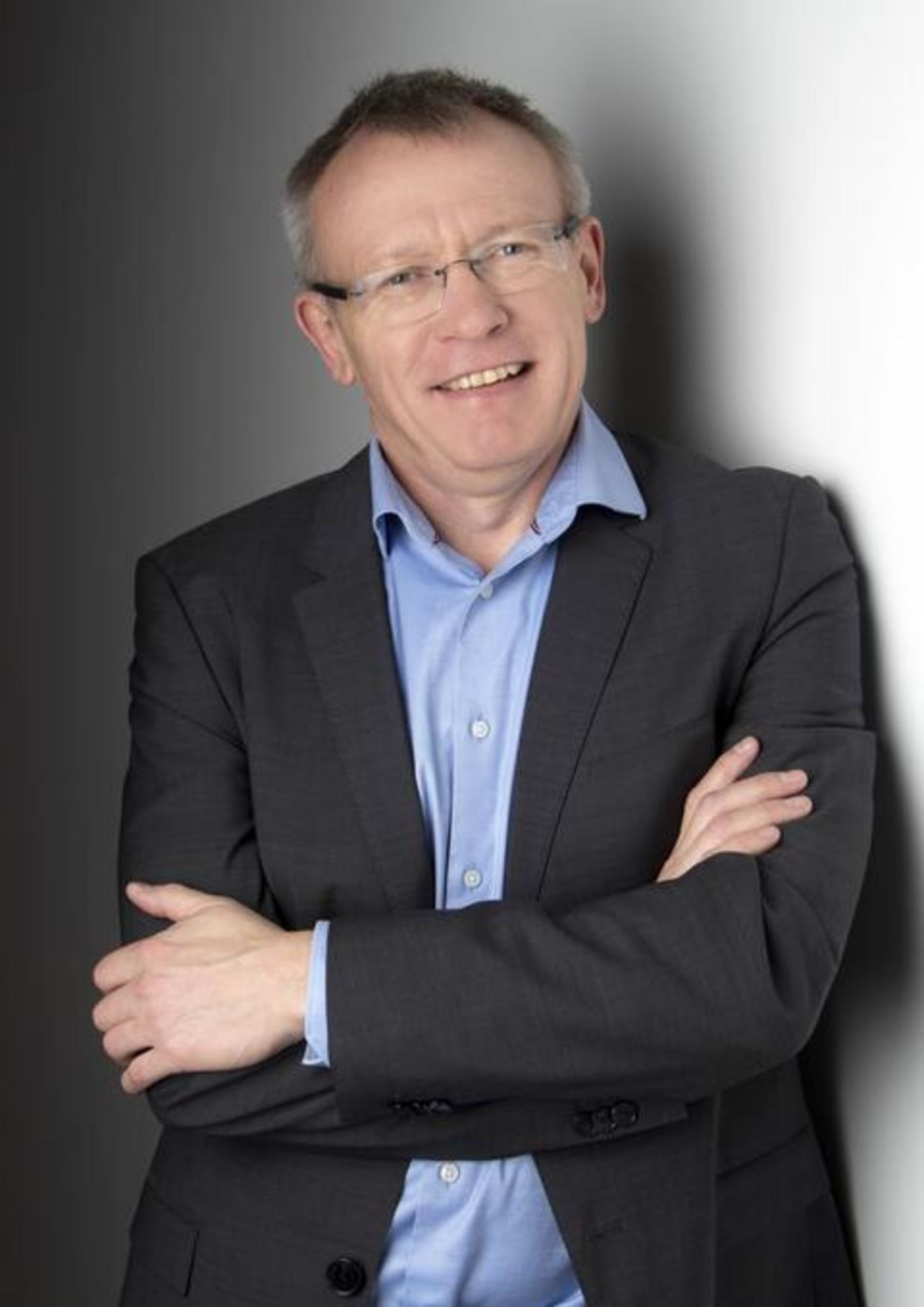
© Tiss: Henderik Proper
Univ.Prof. Henderik Proper, PhD , opens an external URL in a new windowwas appointed as University Professor for Enterprise and Process Engineering at TU Wien with effect from January 1, 2023. He is assigned to the Institute of Information Systems Engineering , opens an external URL in a new window(E194) at the Faculty of Informatics, opens an external URL in a new window.
Henderik Proper studied computer science at the Radboud University Nijmegen, opens an external URL in a new window in the eastern German border region of the Netherlands (he also comes from the Netherlands) and received his doctorate there in 1994 with a dissertation on "A Theory for Conceptual Modeling of Evolving Application Domains, opens an external URL in a new window" with distinction . A PostDoc stay as a "senior research fellow" brought him to the University of Queensland, opens an external URL in a new window in Brisbane, Australia, until 1997, later as a lecturer at the Queensland University of Technology. Back in the Netherlands he switched to business, starting in 1998 for a year at Origin (Amsterdam) and then at the Ordina Institute, opens an external URL in a new window in Gouda. In 2001 he returned to his scientific roots - now as a full professor - at the Radboud University Nijmegen. In 2008 he switched back to business, namely to Capgemini , opens an external URL in a new windowin Utrecht, while remaining connected to his home university as an adjunct professor. In 2010 there was another change of location, this time to the Luxembourg Institute of Science and Technology,, opens an external URL in a new window where he worked as Senior Research Manager until 2022. He also had a "Professor Affiliate" at the University of Luxembourg since 2017.
Henderik Proper's academic home at TU wien is now the Research Unit of Business Informatics, opens an external URL in a new window at the aforementioned institute. Here he devotes himself to the basics and applications of domain modeling, especially (in terms of applications) in the context of (sustainable) companies.
Publications of Henderik Proper in the Dimensions, opens an external URL in a new window database and in ReposiTUm, opens an external URL in a new window.
[Website Henderik Proper, opens an external URL in a new window]
DECEMBER 2022
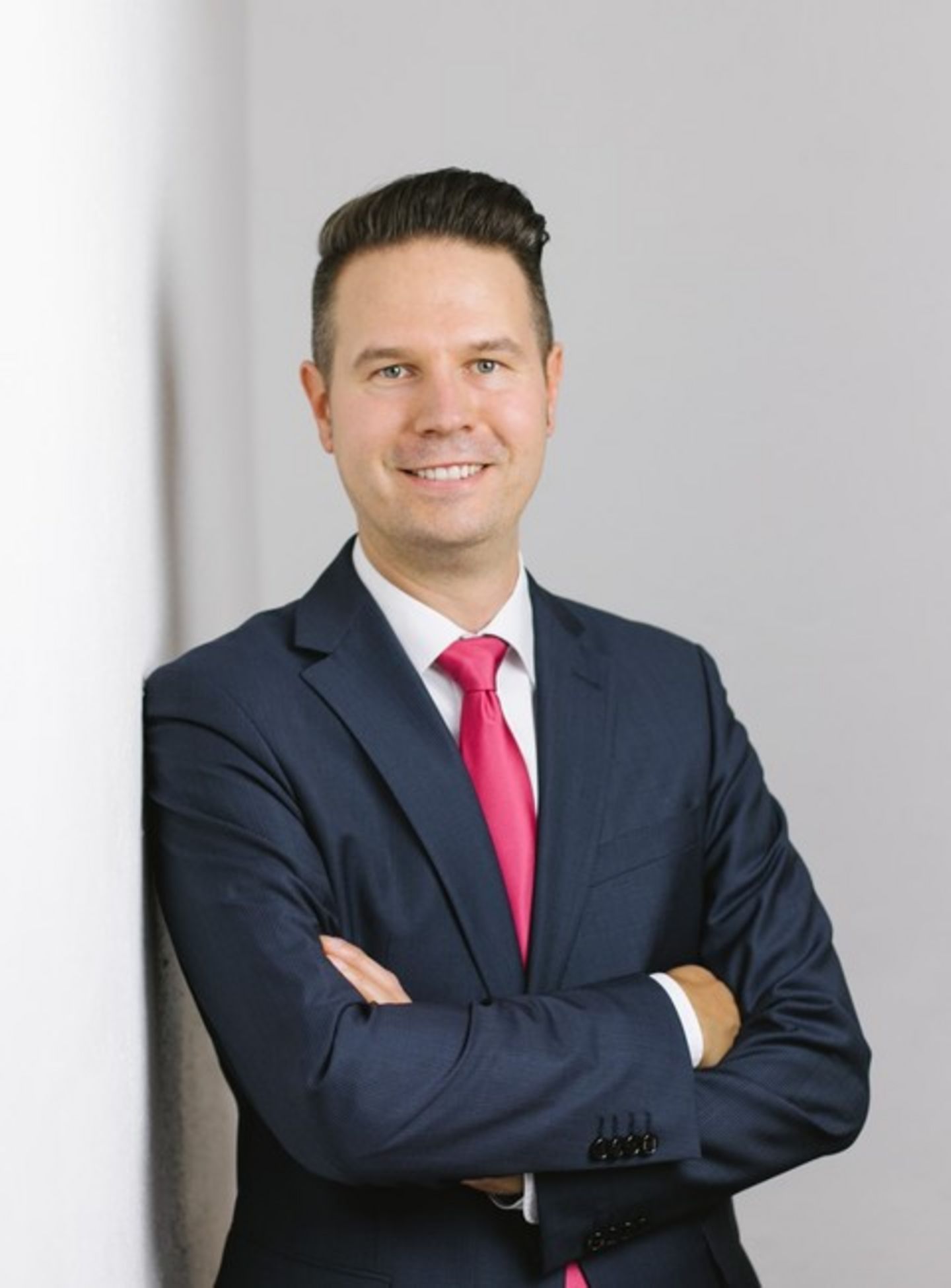
© Tiss: Bernhard Hofko
Univ.Prof. Dipl.-Ing. Dr.techn. Bernhard Hofko, opens an external URL in a new window was appointed as University Professor for Pavement Engineering at TU Wien with effect from December 1, 2022. He is assigned to the Institute of Transportation (E230), opens in new window at the Faculty of Civil and Environmental Engineering, opens an external URL in a new window., opens an external URL in a new window
Bernhard Hofko studied Civil Engineering at TU Wien, where he was awarded his doctorate in 2011 for his thesis on "Towards an enhanced characterisation of the behaviour of hot mix asphalt under cyclic dynamic compressive loading, opens an external URL in a new window". Since 2011, he has been Head of the Highways Laboratory at the Institute of Transportation. In 2015, he began his tenure-track position as Assistant Professor. After spending time abroad as a Max Kade Fellow at the University of California, Davis, he obtained his venia docendi in 2017, thus qualifying him to teach "road construction", with his habilitation on "Characterization of bituminous bound material, opens an external URL in a new window". In April 2019 he successfully completed his tenure-track position with the qualification as Associate Professor.
He currently works in the Research Unit of Straßenwesen, opens an external URL in a new window (E230-03). Since 2020 he is also Vice Dean of Academic Affairs, opens an external URL in a new window within the Faculty of Civil and Environmental Engineering at the TU Wien.
Publications of Bernhard Hofko in ReposiTUm, opens an external URL in a new window.

© Tiss: Frank Lulei
Univ.Prof. Dr.-Ing. Frank Lulei, opens an external URL in a new window was appointed as University Professor for Construction and Construction Management at TU Wien with effect from December 1, 2022. He is assigned to the Institute of Construction Process and Construction Economics, opens in new window (E235) at the Faculty of Civil and Environmental Engineering., opens an external URL in a new window
Frank Lulei initially studied Physics and Civil Engineering at the University of Stuttgart (intermediate diploma), but ultimately decided to study Civil Engineering: His dissertation on the topic "Micromechanically motivated models for the description of finite deformations of rubbery polymers: physical modeling and numerical simulation", opens an external URL in a new window was carried out at the Institute for Mechanics of the Faculty of Civil Engineering at the University of Stuttgart, where he received his doctorate in 2002. Already during his studies he worked in various engineering offices in Stuttgart. This experience enabled him to set up his own engineering office in 2002 after completing his doctorate. In 2005 he finally switched to the private sector, namely to Bilfinger Berger AG, opens an external URL in a new window, where he oversaw several major projects in Africa, Europe (Bulgaria, etc.) and the USA. In 2010, Frank Lulei relocated to Strabag AG Vienna, opens an external URL in a new window in Austria as Business Unit Manager for "Contract and Risk Management", where he also coordinated a wide variety of large-scale projects around the world (including India, Israel, Europe) and also research projects in Austria.
Frank Lulei's scientific home now is the Research Unit of Construction Economics and Management , opens an external URL in a new window(E235-02), which he also heads.
Publications of Frank Lulei in ReposiTUm, opens an external URL in a new window.
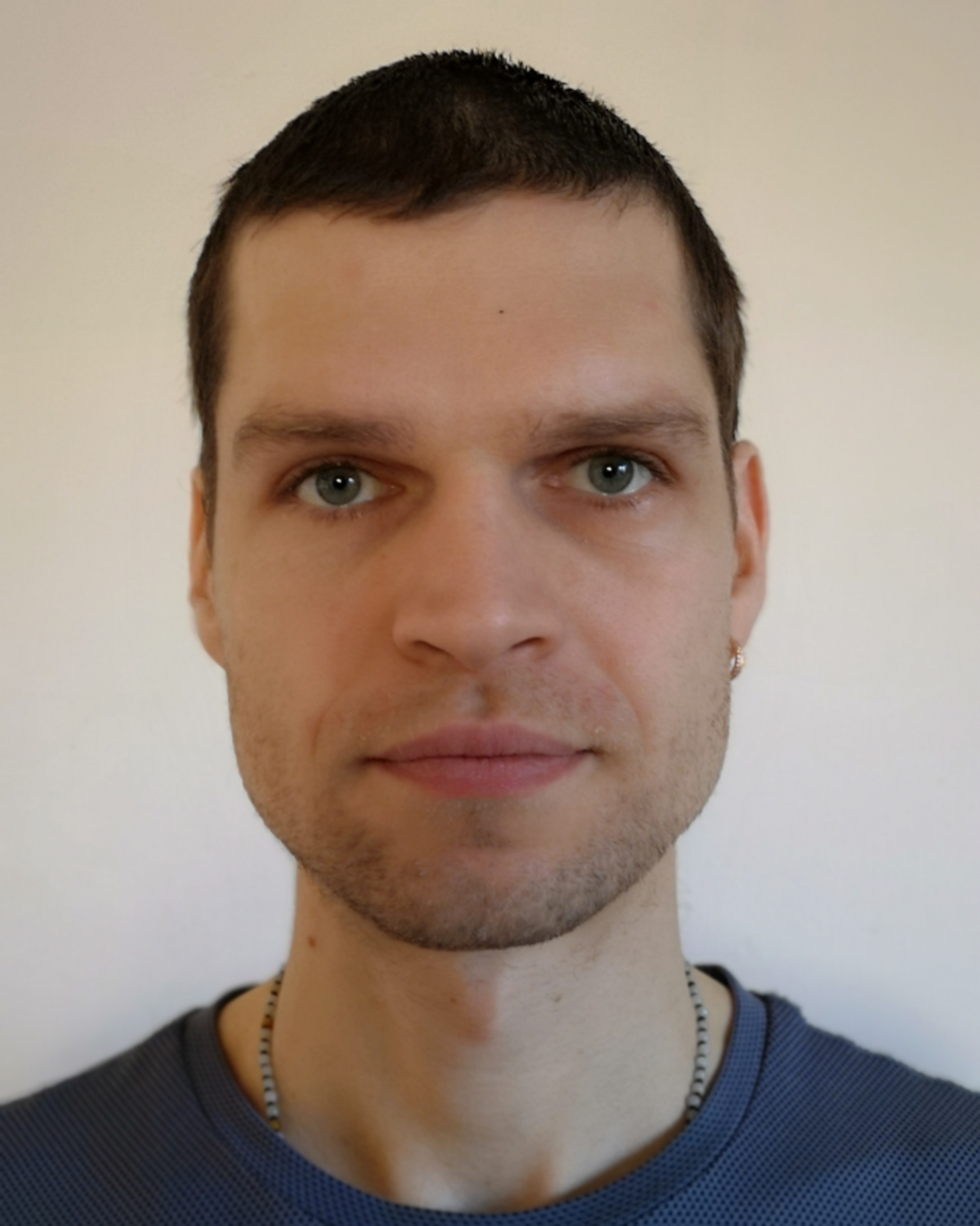
© Tiss: Kevin Sturm
Associate Prof. Dipl.-Math. Dr.rer.nat. Kevin Sturm , opens an external URL in a new windowhas been assigned to the Institute of Analysis and Scientific Computing (E101), opens an external URL in a new window at the Faculty of Mathematics and Geoinformation at TU Wien since December 1, 2022 as Associate Professor for “Optimization with PDEs”.
Kevin Sturm comes from Rathenow in Brandenburg and studied mathematics at the University Goettingen and the TU Berlin, where he received his doctorate in 2014 on the topic "On shape optimization with non-linear partial differential equations, opens an external URL in a new window". After a stopover at the University of Duisburg-Essen and at the Johann Radon Institute for Computational and Applied Mathematics (RICAM) in Linz, he was able to get a career position at the TU Wien in 2017 on the subject of "Optimization with PDEs (partial differential equation)", which he has now successfully completed with the qualification to Associate Professor. In 2021 he also habilitated with a habilitation thesis on "Lagrangian techniques in topology optimization with the topological derivative, opens an external URL in a new window".
Kevin Sturm's scientific home is the Research Unit of Numerical Analysis, opens an external URL in a new window, where he heads the Numerical Optimization research group. There he deals with theoretical and applied questions of shape and topology optimization with various applications in engineering.
Publicationa of Kevin Sturm in ReposiTUm, opens an external URL in a new window.
NOVEMBER 2022
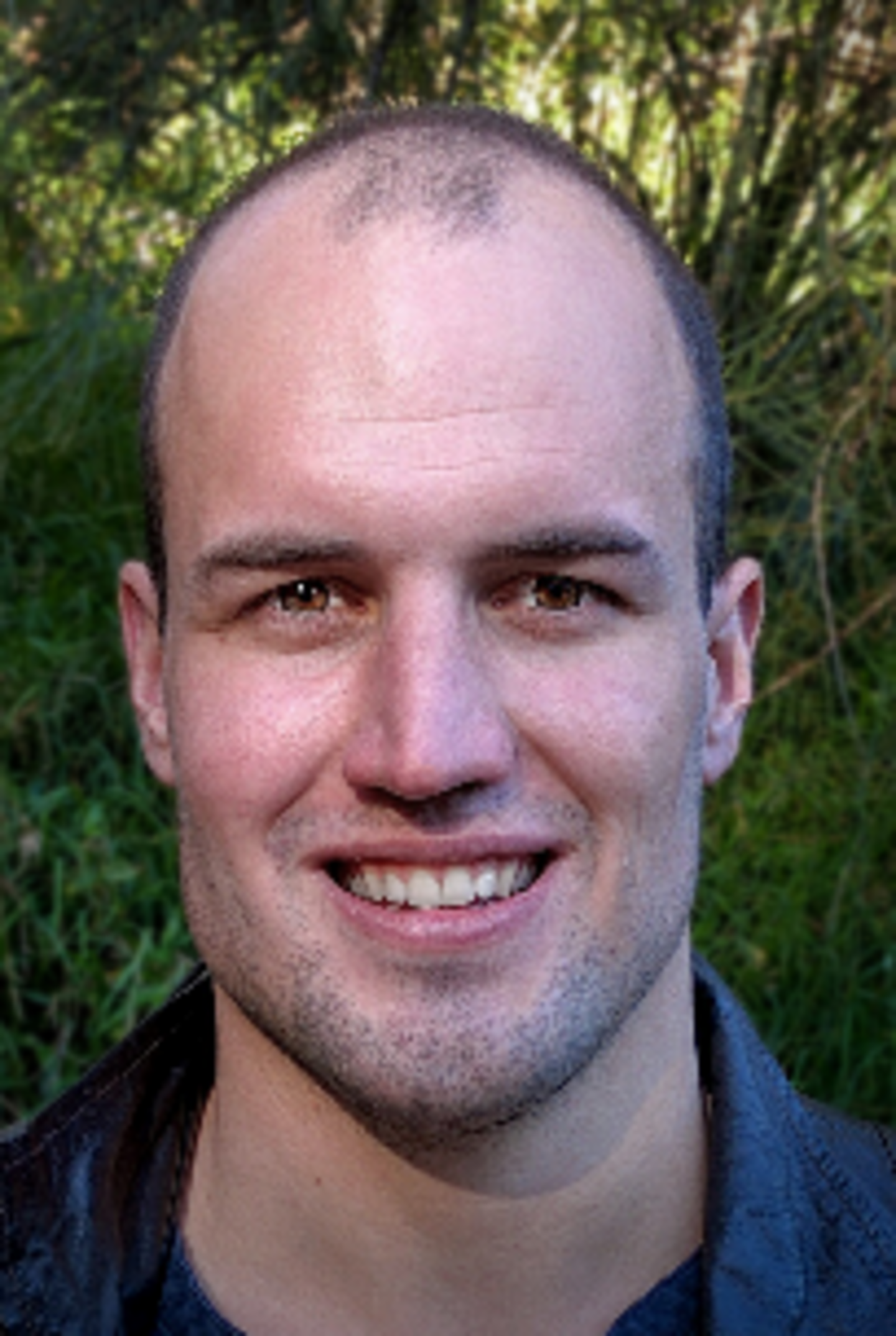
© Tiss: Michael Feischl
Univ.Prof. Dipl.-Ing. Dr.techn. Michael Feischl , opens an external URL in a new windowwas appointed as University Professor for Computational Partial Differential Equations at TU Wien with effect from November 1, 2022. He ist assigned to the Institute of Analysis and Scientific Computing, opens an external URL in a new window (E101) at the Faculty of Mathematics and Geoinformation, opens an external URL in a new window at TU Wien.
Michael Feischl studied Technical Mathematics at TU Wien and completed his studies in 2012. In 2015, he was awarded a doctorate for his thesis on "Rate optimality of adaptive algorithms, opens an external URL in a new window" (Supervisor: Prof. Praetorius). He then moved abroad: first to Australia as Postdoctoral Research Fellow (University of New South Wales, Sydney) and afterwards - holding a position as Junior Research Group leader at the KIT Karlsruhe - to Germany. From 2018 on he had a W2 professorship at the University of Bonn. Since March 2019 he is back at the TU Wien, holding the position of a Associate Professor.
His scientific home at TU Wien is the Research Unit Numerical Analysis (E101-02) and here the Research Group on Computational PDEs, opens an external URL in a new window, where he is the head of since January 1, 2022. His research specialises in numerical methods for partial differential equations.
Publications of Michael Feischl in ReposiTUm, opens an external URL in a new window.
[Website Michael Feischl, opens an external URL in a new window]
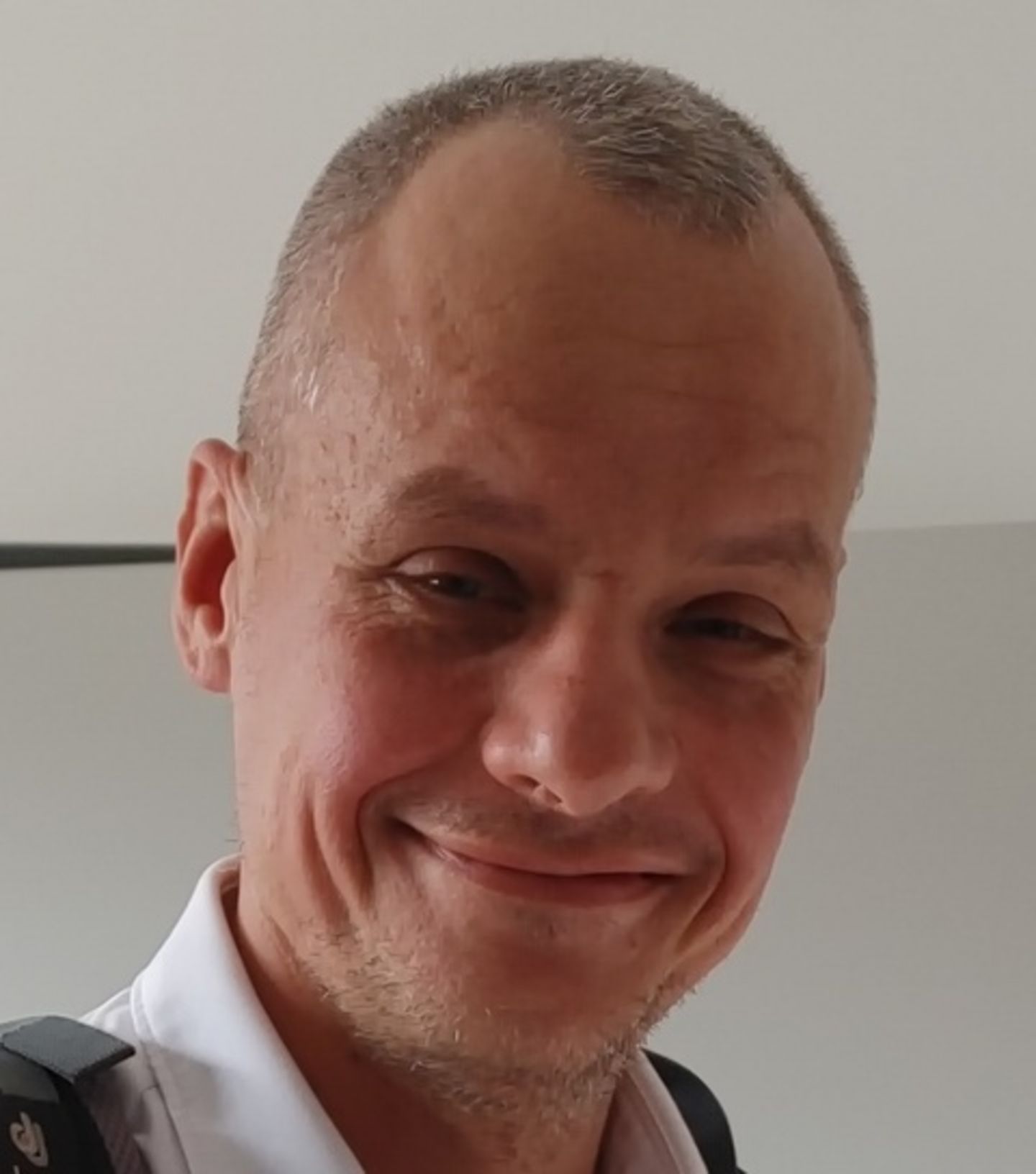
© Tiss: Alexander Grüneis
Univ.Prof. Dr.sc. Alexander Grüneis , opens an external URL in a new windowwas appointed as University Professor for Optoelectronic Materials at TU Wien with effect from November 2, 2022. He is assigned to the Institute of Solid State Electronics, opens in new window (E362) at the Faculty of Electrical Engineering and Information Technology., opens in new window
Alexander Grüneis studied physics at TU Wien. However, he completed his dissertation on "Resonance Raman spectroscopy of single wall carbon nanotubes, opens an external URL in a new window" at Tohoku University in Sendai (Japan), where he also received his doctorate in 2004. A PostDoc stay then led him to IFW Dresden, opens an external URL in a new window until 2008. A Marie Curie Integration Grant then enabled him to return to the University of Vienna. An APART Fellowship, opens an external URL in a new window from the Academy of Sciences supported his further scientific career in Austria. In 2014 he received a W1 professorship at the University of Cologne, opens an external URL in a new window and thus moved to Germany. In 2015 he was able to win an ERC Consolidator Grant on "Many-body physics and superconductivity in 2D materials". Also since 2015 he has held a W2 professorship at the Physics II Institute , opens an external URL in a new windowof the University of Cologne.
His scientific home is the Research Unit of Optoelectronic Materials (E362-01) in the aforementioned institute, which he also heads.
Publications of Alexander Grüneis in ReposiTUm, opens an external URL in a new window.
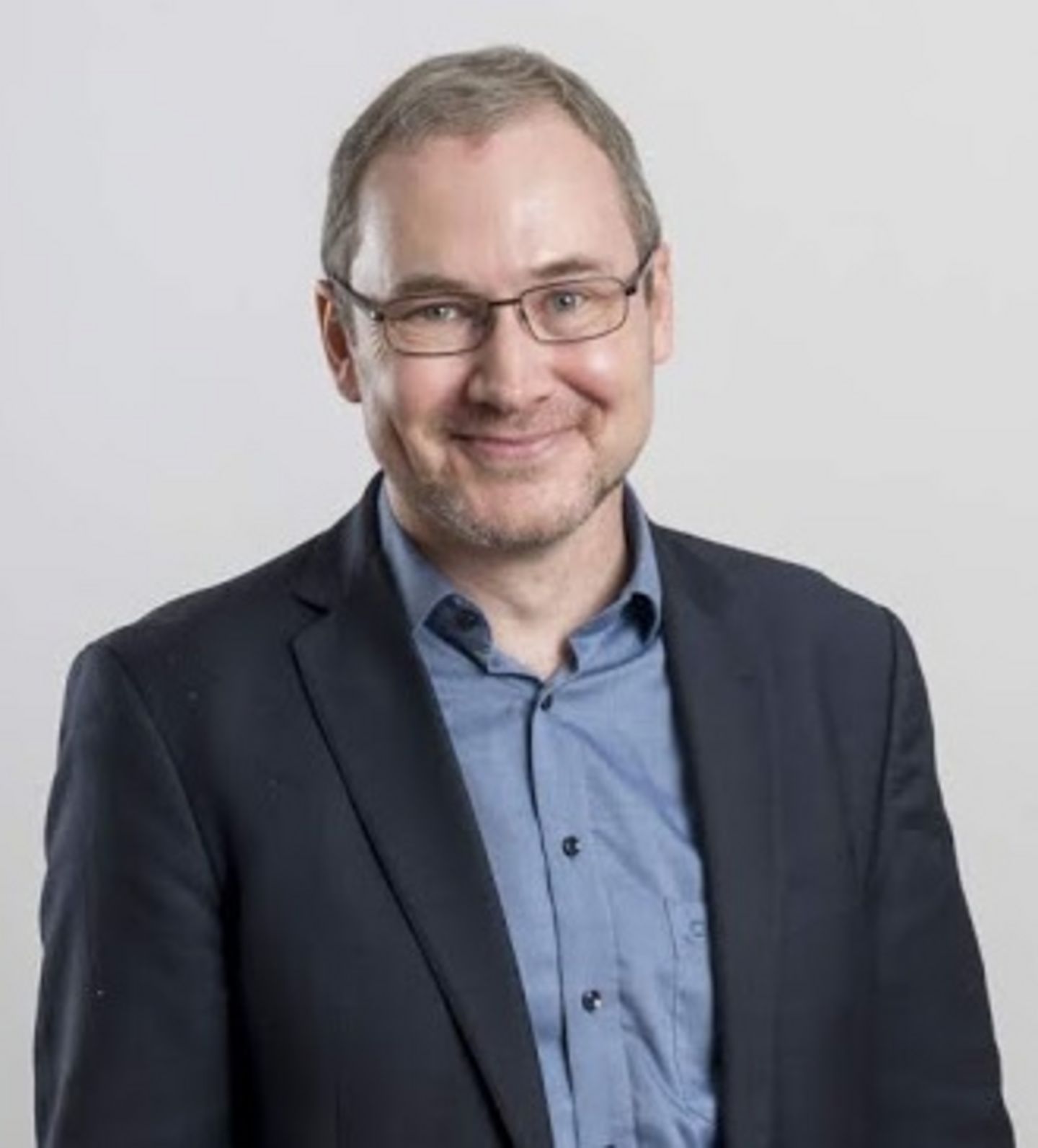
© Tiss: Allan Hanbury
Univ.Prof. Dipl.-Ing. Dr.techn. Allan Hanbury , opens an external URL in a new windowwas appointed as University Professor for Data Intelligence at TU Wien with effect from November 1, 2022. He is assigned to the Institute of Information Systems Engineering, opens an external URL in a new window (E194) at the Faculty of Informatics, opens an external URL in a new window.
Allan Hanburry - he comes from George in South Africa - studied physics and applied mathematics at the University of Cape Town. For his doctorate he went to Europe, namely to MINES ParisTech, opens an external URL in a new window, where he wrote a dissertation on "Morphologie Mathématique sur le Cercle Unité : avec applications aux teintes et aux textures orientées , opens an external URL in a new window(Mathematical Morphology on the Unit Circle: with applications to hues and to directional textures)". He obtained his Venia Docendi for the Department of Practical Computer Science in 2008 with a habilitation on "Morphological processing and segmentation of color images, opens an external URL in a new window" at TU Wien and has been associated with the TU Wien since then. Since November 1st, 2017 he has held a temporary professorship for data intelligence.
His scientific home is the Research Unit of Data Science, opens an external URL in a new window (E194-04), which he also heads. Furthermore he is the Vice Dean of Academic Affairs at the Institute of Informatics.
Publications of Allan Hanbury in ReposiTUm, opens an external URL in a new window.
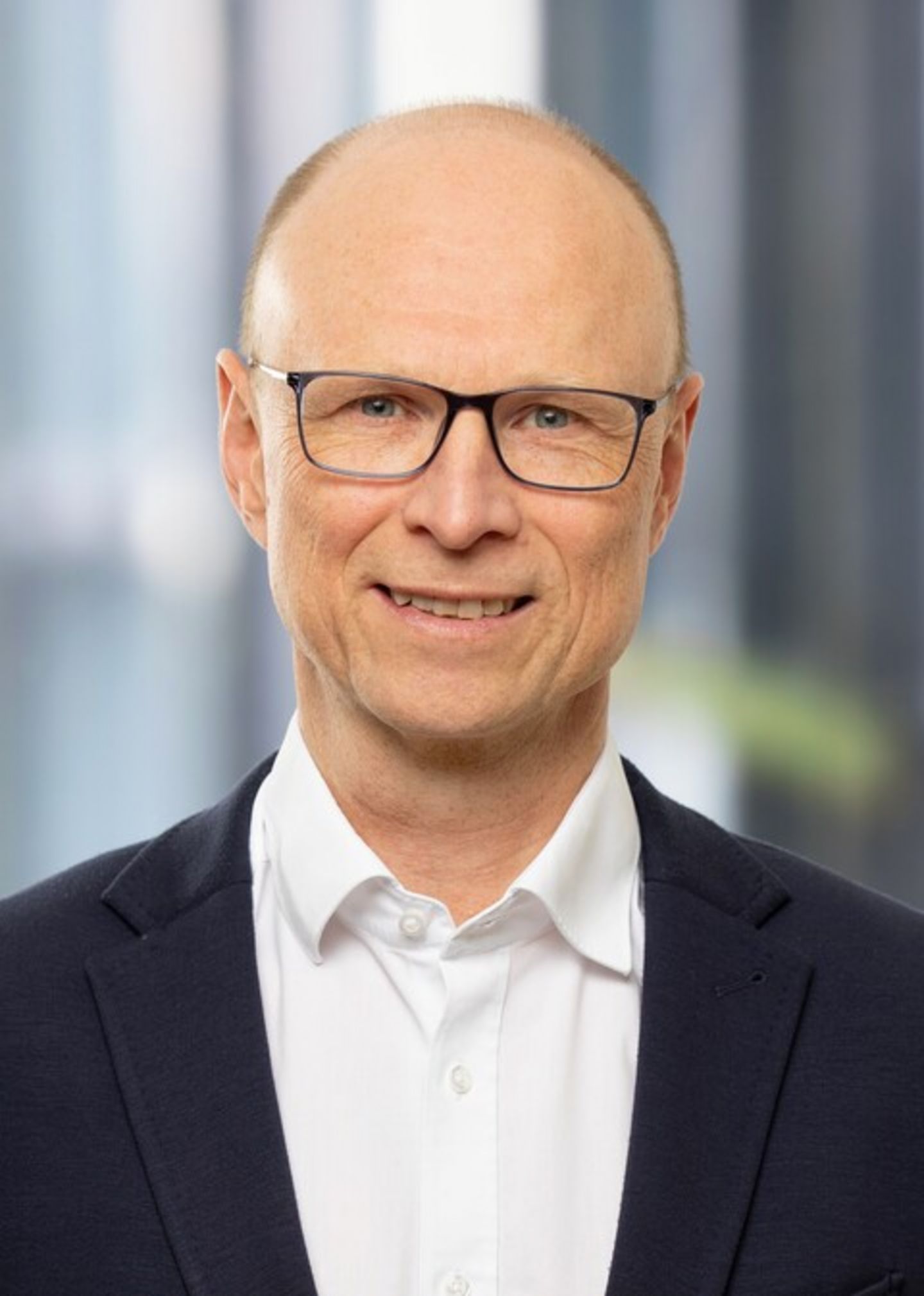
© Tiss: Franz Winter
Univ.Prof. Dipl.-Ing. Dr.techn. Franz Winter , opens an external URL in a new windowwas appointed as University Professor for Thermochemical Process Engineering at TU Wien with effect from November 1, 2022. He is assigned to the Institute of Chemical, Environmental and Bioscience Engineering (E166) , opens in new windowat the Faculty of Technical Chemistry., opens in new window
Franz Winter studied technical chemistry at TU Wien and received his doctorate there in 1995 with a dissertation on "Single fuel particle and NOx/N2O-emission characteristics under (circulating) fluidized bed combustor conditions, opens an external URL in a new window". He received his Venia Docendi for the subject "Process Engineering" in March 2000 with a habilitation on "The concept of chemical similarity for optimization and design of gas-solid processes, opens an external URL in a new window" and from October 2000 he was one of the ao. Professors at TU Wien. He was also able to acquire the CD laboratory for process engineering at high temperatures, opens an external URL in a new window in 2000 (duration 01/01/2001 to 06/30/2008; Standard article, opens an external URL in a new window). In 2009 he declined an offer for a W3 professorship at the TU Bergakademie Freiberg.
Franz Winter is head of Research Unit of Chemical Process Engineering and Energy Technology, opens in new window (E166-03) at the institute mentioned, as well as head of the Research Group for Chemical Reaction Engineering and Combustion (E166-03-2). There he deals with the topic of energy storage , opens an external URL in a new window(video).
Publications of Franz Winter in ReposiTUm, opens an external URL in a new window.
OCTOBER 2022
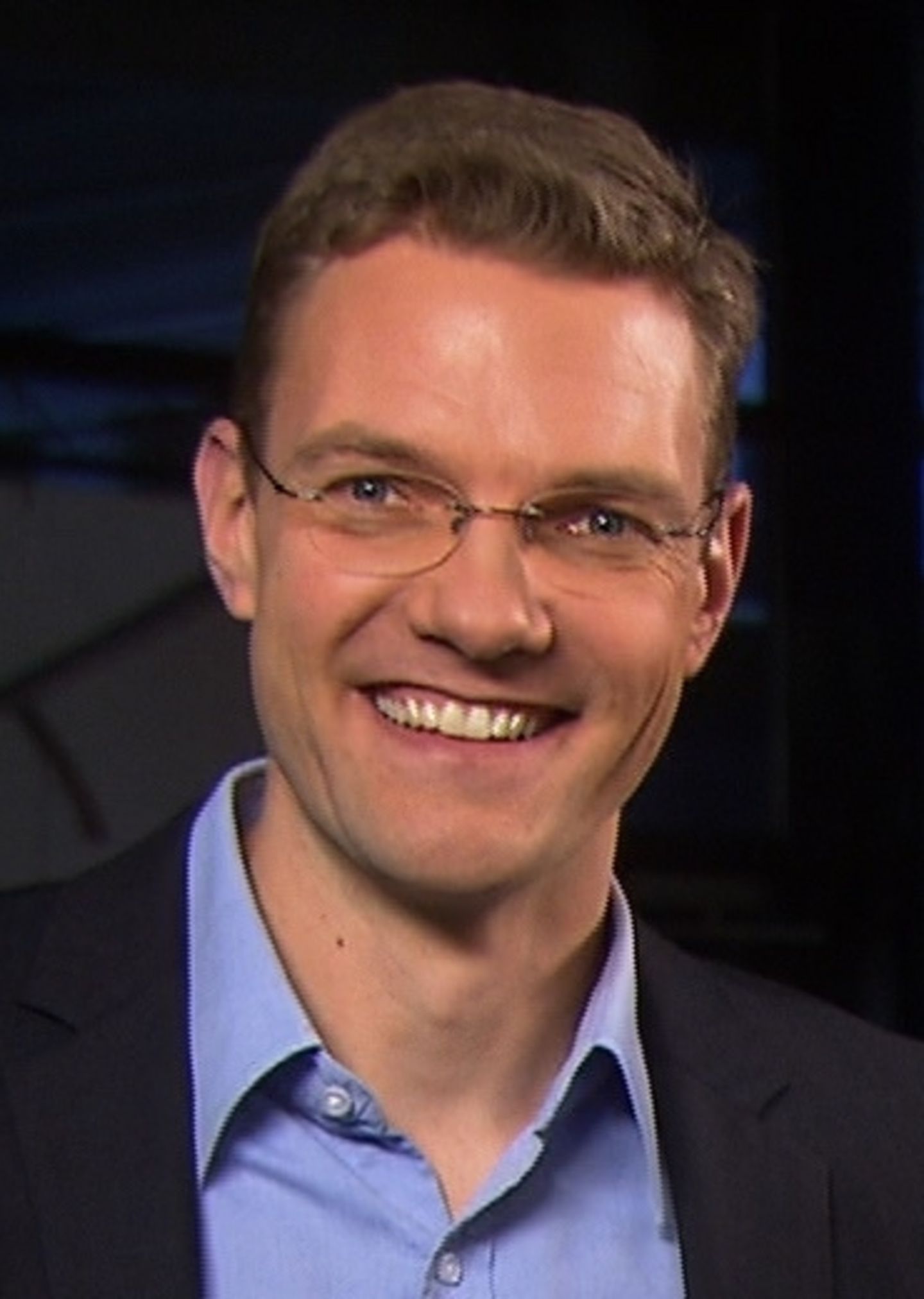
© Tiss: Georg Steinhauser
Univ.Prof. Mag.rer.nat. Dr.techn. Georg Steinhauser, opens an external URL in a new window was appointed as University Professor for Applied Radiochemistry at TU Wien with effect from October 1. 2022. He is assigned to the Institute of Applied Synthetic Chemistry, opens an external URL in a new window (E163) at the Faculty of Technical Chemistry as well as to the TRIGA Center Atominstitut, opens in new window (E057-14).
Georg Steinhauser studied chemistry at the University of Vienna and did his doctorate in 2005 at TU Wien on the topic "Neutron activation analytical study of surface reactions on volcanic glass particles", opens an external URL in a new window. As a PostDoc, he remained connected to the Atomic Institute of TU Wien until 2013 (from 2011-2013 even as a group leader of the then radiochemistry laboratory), whereby a one-year research stay in 2007 brought him to the Ludwig Maximilians University in Munich. He moved to Colorado State University as an assistant professor in 2013, but he obtained his Venia Docendi in 2015 at TU Wien with a habilitation on the topic "Anthropogenic radionuclides in the environment : from ultra-trace monitoring to nuclear forensics", opens an external URL in a new window. Since October 2015 he has held a W2 professorship at Leibniz Universität Hannover.
Georg Steinhauser's scientific home is the Research Group for Organometal Chemistry and Catalysis., opens an external URL in a new window
Publications of Georg Steinhauser in ReposiTUm, opens an external URL in a new window.
SEPTEMBER 2022

© Tiss: Maria Christakis
Univ.Prof. Dr. Maria Christakis, opens an external URL in a new window was appointed as University professor for Software Engineering at TU Wien with effect from 1 September 2022. She is assigned to the Institute for Information Systems Engineering, opens an external URL in a new window (E194) at the Faculty of Informatics., opens an external URL in a new window
Maria Christakis comes from Crete (Greece). She studied computer science at the National Technical University of Athens, where she worked as a researcher until 2011. She conducted her dissertation at ETH Zurich (CH) and received her PhD there in 2015 with a thesis on "Narrowing the gap between verification and systematic testing, opens an external URL in a new window" under Prof. Peter Müller. A subsequent post-doctoral stay took her to the USA to Microsoft Research Redmond near Seattle (Washington State). In 2016/17, she was a Lecturer and Assistant Professor at the University of Kent (UK). From October 2017, she held a tenure-track position at the Max Planck Institute for Software Systems in Kaiserslautern (Rhineland-Palatinate, Germany) as a research group leader for "Practical Formal Methods".
Maria Christakis' scientific home is the Research Unit Software Engineering, opens an external URL in a new window (E194-01), which she also heads. There, she is engaged in the goal of developing theoretical foundations and practical tools to create more reliable and user-friendly software and to increase developer productivity.
Publications of Maria Christakis in ReposiTUm, opens an external URL in a new window.
[Website Maria Christakis, opens an external URL in a new window]
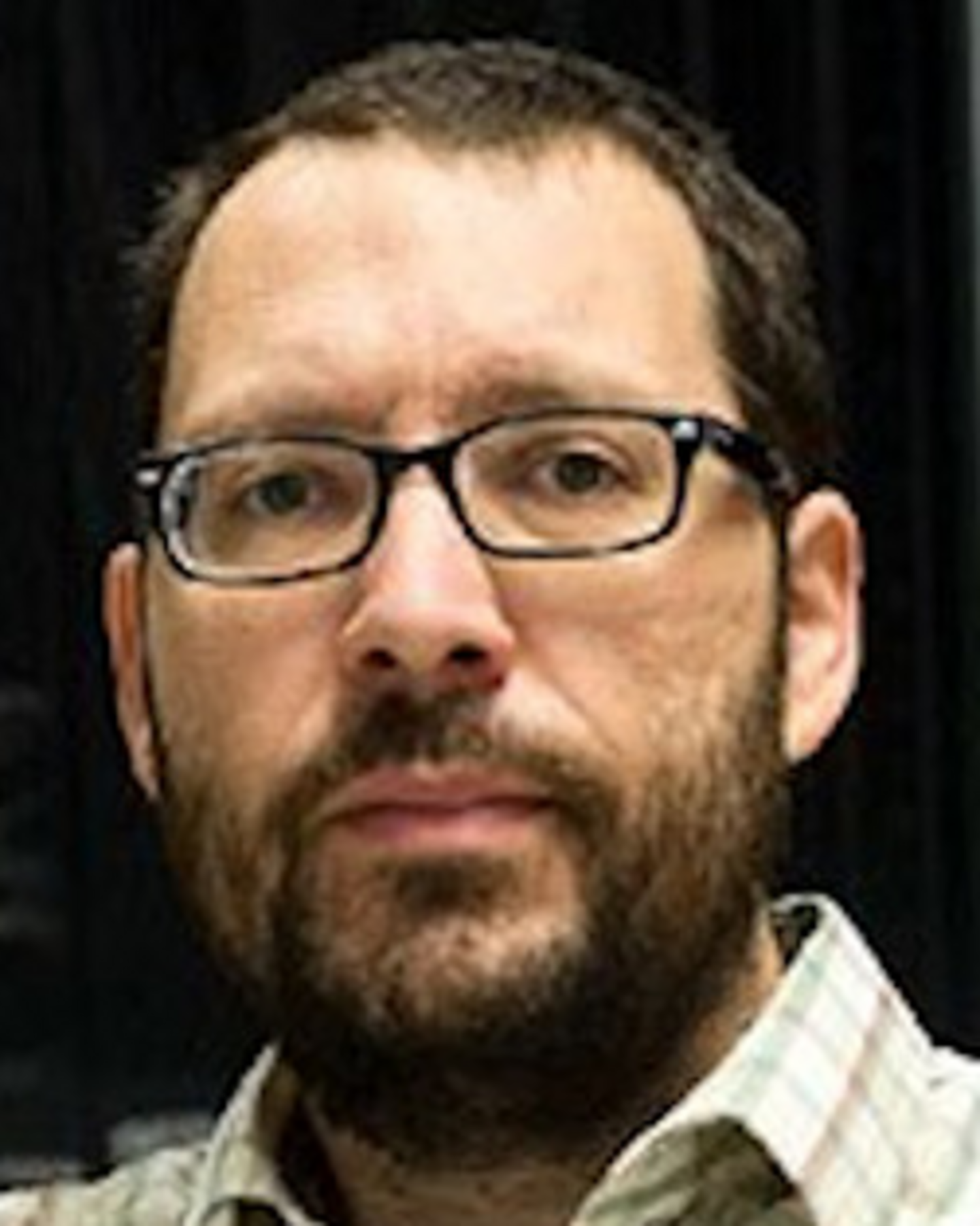
© Tiss: Manuel Garcia-Villaalba Navaridas
Univ.Prof. Dr.-Ing. Manuel Garcia-Villalba Navaridas , opens an external URL in a new windowwas appointed as University Professor for Numerical Fluid Mechanics at TU Wien with effect from September 1. 2022. He is assigned to the Institute of Fluid Mechanics and Heat Transfer, opens an external URL in a new window (E322) at the Faculty of Mechanical and Industrial Engineering, opens in new window.
Manuel Garcia-Villalba Navaridas is from Murcia (Spain). He studied aeronautics and aerospace at the Polytechnic University of Madrid (UPM). From 2002 he worked on his dissertation on the topic "Large eddy simulation of turbulent swirling jets, opens an external URL in a new window" at the University of Karlsruhe - the KIT (Karlsruher Institute for Technology) - where he received his doctorate in 2006. He remained connected to the Institute of Hydromechanics at KIT until 2010, but then switched back to Spain at Carlos III University in Madrid, first as a visiting professor and later as an associate professor.
Manuel Garcia-Villalba Navaridas' scientific home is now the Research Unit of Numerical Fluid Mechanics , opens an external URL in a new window(E322-02) at the aforementioned institute, which he also heads. There he deals with numerical fluid mechanics and its applications in mechanical engineering (e.g. the aerodynamics of bio-inspired aircraft) and biomedical technology (including the blood flow in the human heart).
AUGUST 2022
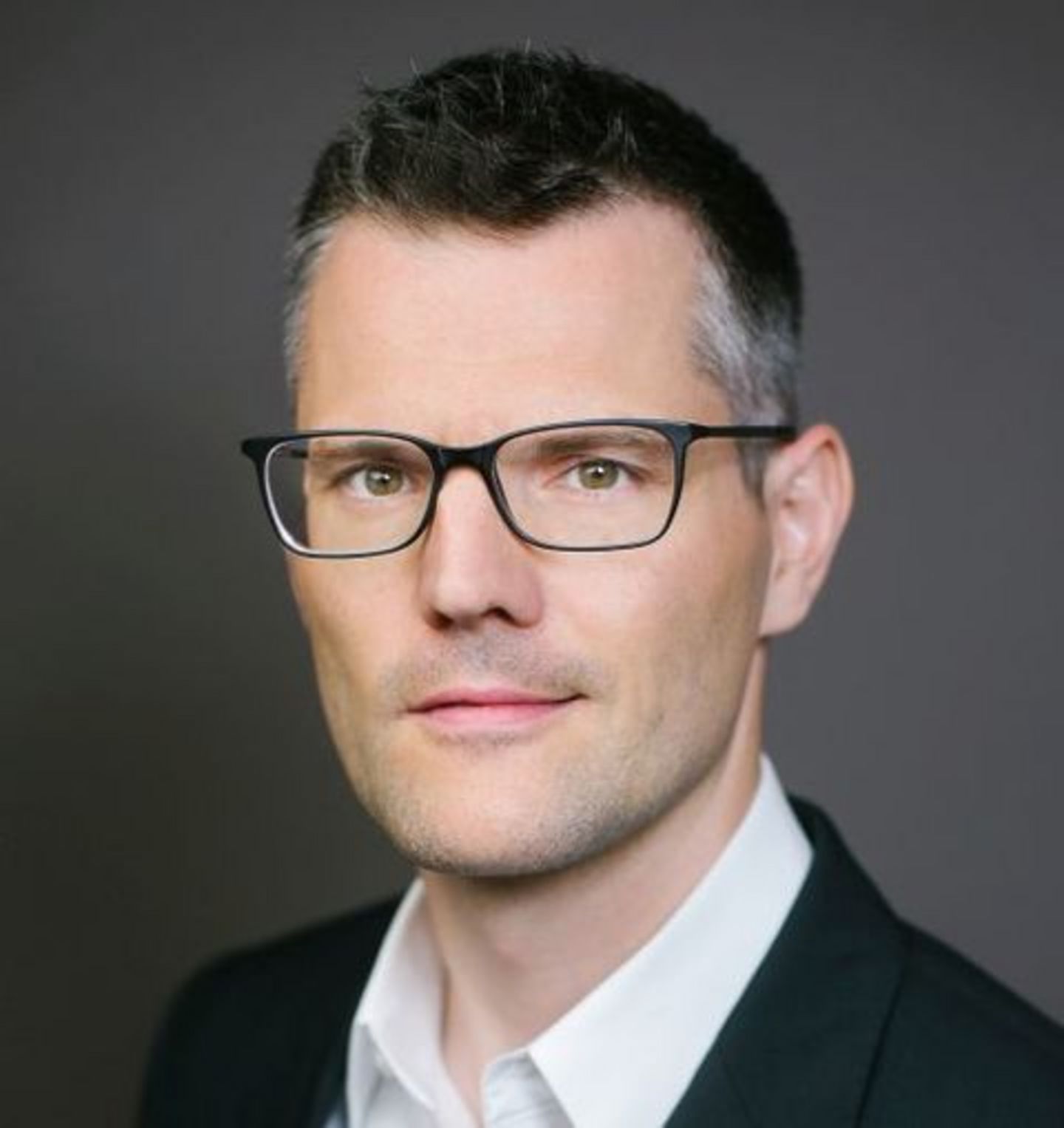
© Tiss: Thomas Konegger
Associate Prof. Dipl.-Ing. Dr.techn. Thomas Konegger, opens an external URL in a new window has been assigned to the I, opens in new windownstitute of Chemical Technologies and Analytics , opens in new window(E164) at the Faculty of Technical Chemistry , opens in new windowat TU Wien since August 1, 2022 as Associate Professor for "Structural Ceramics".
Thomas Konegger comes from Carinthia. He studied Technical Chemistry at TU Wien and received his doctorate in 2010 with a dissertation on the topic "Polysilazane-derived ceramics with oxide-ceramic fillers, opens an external URL in a new window". From August 2013 to October 2014, an Erwin Schrödinger Scholarship enabled him to do research at Clemson University in South Carolina (USA). In 2017 he applied for a Tenure-Track position on the subject of "Structural Ceramics", which he has now successfully completed with the qualification as Associate Prof. In 2022 he also habilitated with a habilitation thesis on the topic "Pores with a Purpose – Pore Tailoring Strategies in Polymer-Derived Ceramic Materials, opens an external URL in a new window" and thus obtained the Venia Docendi for the subject "Chemical Technology of Inorganic Materials".
The scientific home of Thomas Konegger is the Research Group for Inorganic Materials (E164-03-1). Here, he and his Advanced Ceramics Team, opens in new window conduct research on chemical-technological issues for the production of high-performance ceramic materials.
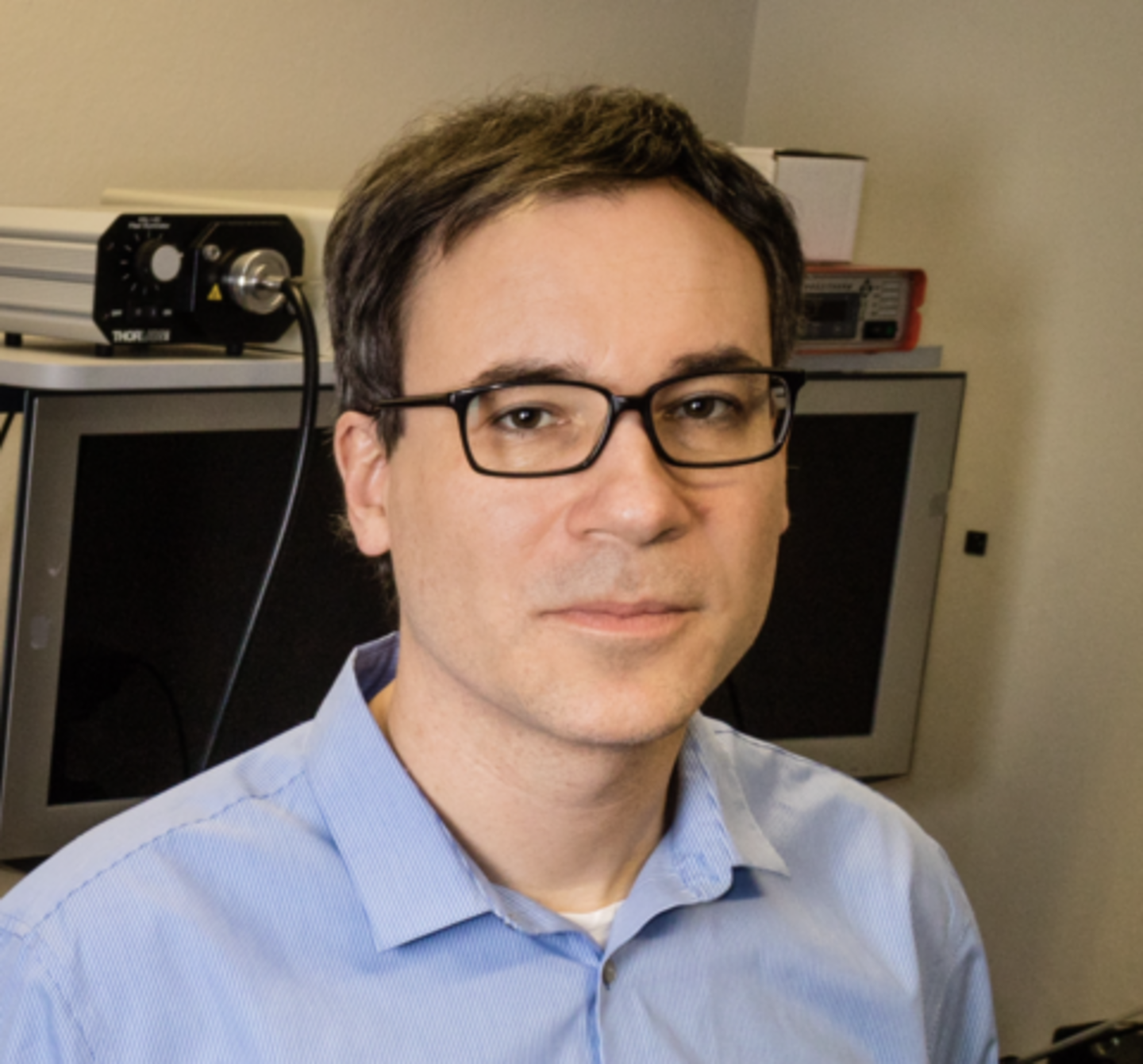
© Tiss: Thomas Müller
Univ.Prof. Dipl.-Ing. Dr. techn. Thomas Müller , opens an external URL in a new windowwas appointed as University professor for Two-dimensional optoelectronics at TU Wien with effect from 1 August 2022. He is assigned to the Photonics Institute, opens in new window (E387) at the Faculty of Electrical Engineering and Information Technology., opens in new window
Thomas Müller studied electrical engineering at TU Wien and received his doctorate in 2004 with a dissertation on the topic "Ultrafast terahertz response of optically excited quantum semiconductor structures, opens an external URL in a new window" with Prof. Unterrainer. Between 2007-2009 he worked and researched as a PostDoc at IBM Research in Yorktown Heights, New York (USA). In 2011 he successfully submitted a START Project to the FWF, opens an external URL in a new window. This enabled him to successfully start the Tenure-Track position in "Graphene Photonics", which he completed in April 2017 with the qualification to an Associate Professor. Before that, also in 2017, he obtained his Venia Docendi for the subject "Nanophotonics" with a habilitation thesis on the topic "Optoelectronics with two-dimensional atomic crystals, opens an external URL in a new window".
Thomas Müller's scientific home is the Müller Group Lab, opens an external URL in a new window in the "Nanoscale (Opto-)Electronics" department at the Institute of Photonics. There he researches the development and characterization of 2D materials for the use in electronic and opto-electronic applications.
JULY 2022
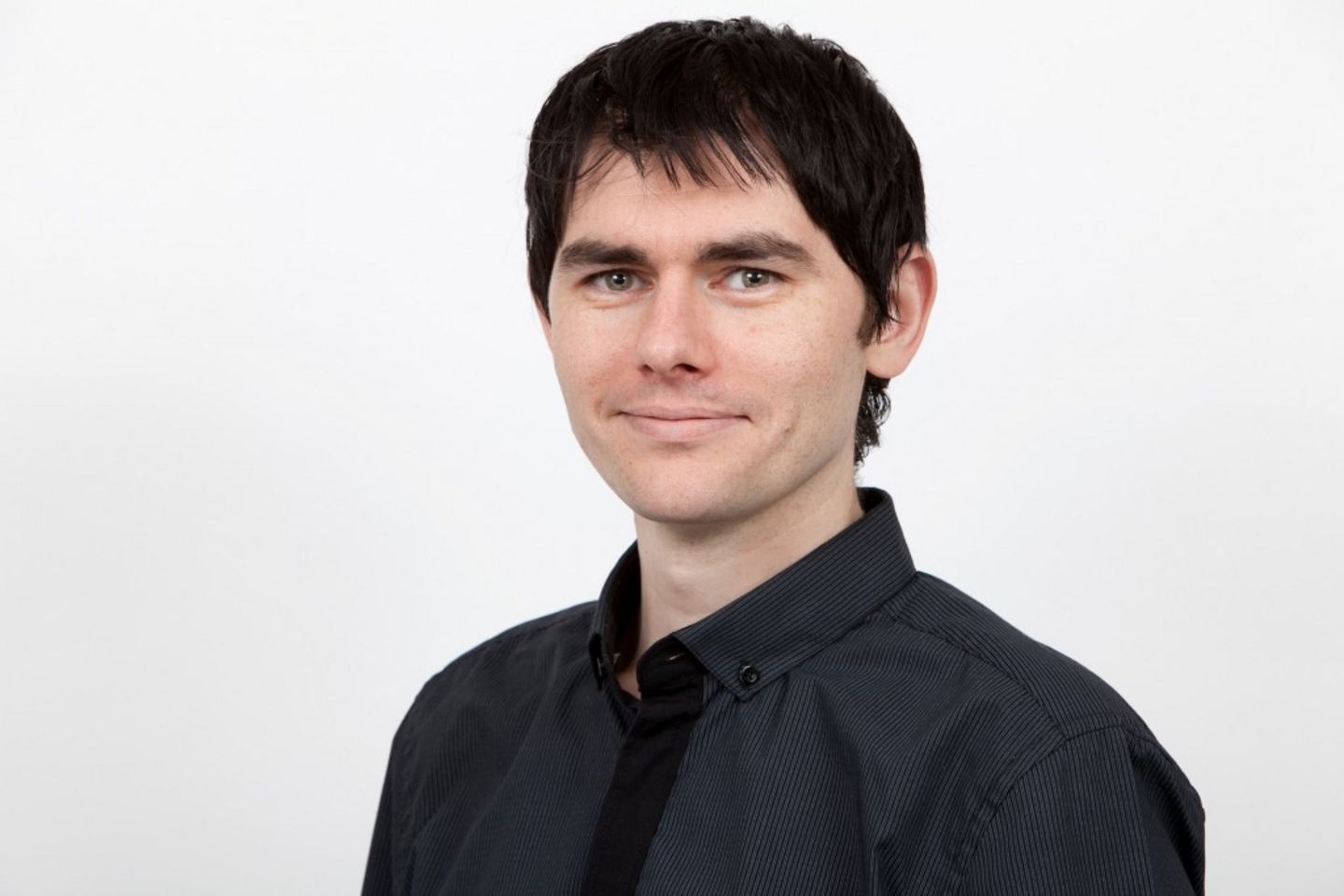
© Tiss: Robert Ganian
Associate Prof. Robert Ganian PhD, opens an external URL in a new window has been assigned to the Institute of Logic and Computation, opens an external URL in a new window (E192) at the Faculty of Informatics, opens an external URL in a new window at TU Wien since July 1, 2022 as Associate Professor for "Algorithms and Complexity in Artificial Intelligence".
Robert Ganian studied Computer Science at the Masaryk University in Brno (Czech Republic) and received his doctorate there in 2012 with a dissertation on the topic "Parameterized Algorithms on Width Parameters of Graphs, opens an external URL in a new window", for which he also received a prize. In 2013 he moved to TU Wien. In 2019 he obtained his Venia Docendi for the subject "Computer Science" with a habilitation thesis on the topic "Measuring and exploiting structure to solve hard problems, opens an external URL in a new window". In 2020 he was also able to successfully submit the FWF START project "Parameterized Analysis in Artificial Intelligence, opens an external URL in a new window". This enabled him to successfully take up the Tenure-Track position "Algorithms and Complexity in Artificial Intelligence", which he has now completed with the qualification as Associate Professor.
Robert Ganian's scientific home is the Research Unit for Algorithms and Complexity, opens an external URL in a new window. There he conducts research on topics such as parameterized algorithms and complexity paradigms with a focus on applications of these paradigms to artificial intelligence topics.
[Website Robert Ganian, opens an external URL in a new window]
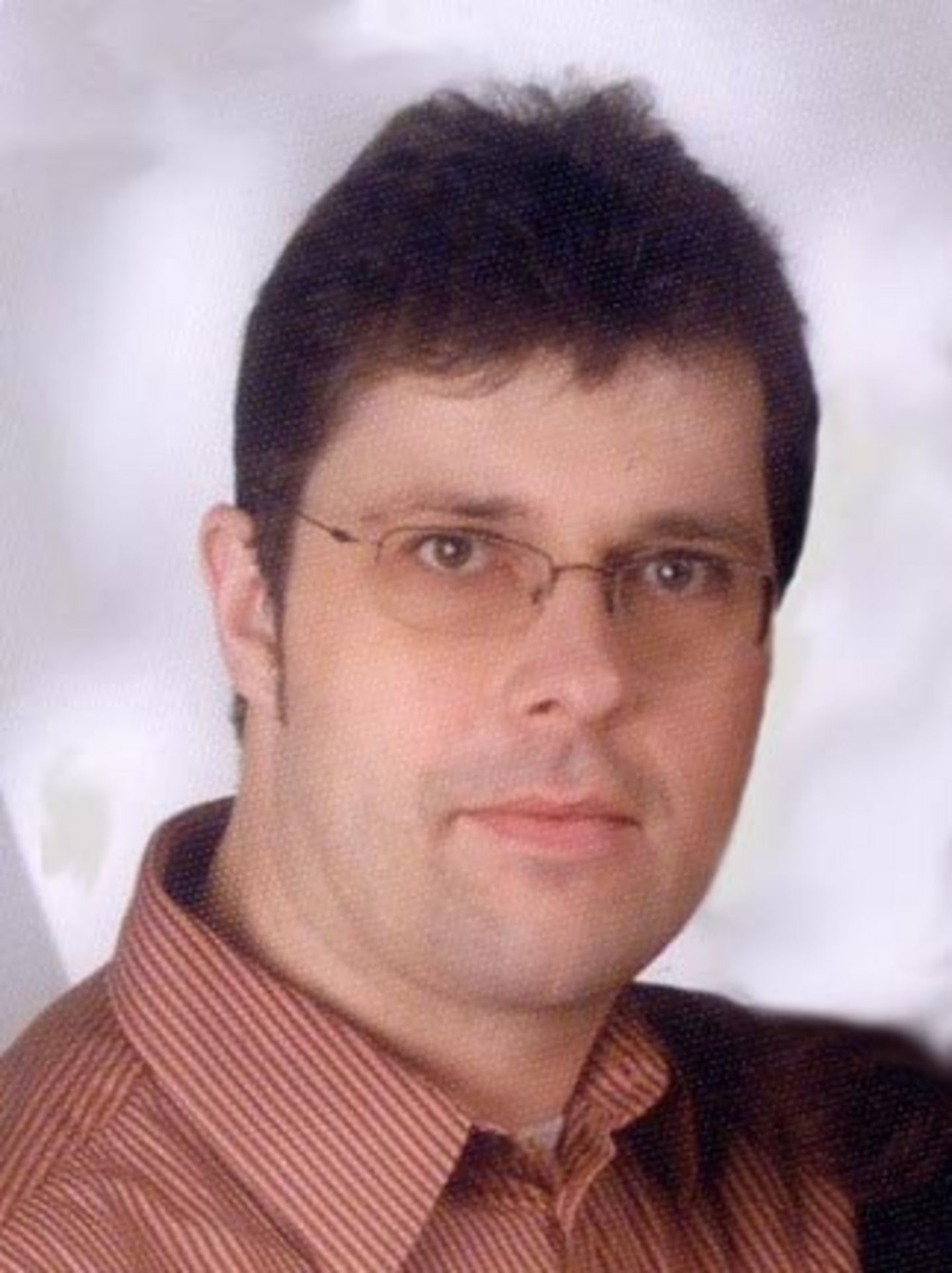
© Tiss: Christian Gierl-Mayer
Univ.Prof. Dipl.Ing. Dr.techn. Christian Gierl-Mayer, opens an external URL in a new window was appointed as University professor for Chemical technology of Metals at TU Wien with effect from 1 July 2022. He is assigned to the Institute for Chemical Technologies and Analytics, opens in new window (164) at the Faculty of Technical Chemistry., opens in new window
Christian Gierl-Mayer studied Technical Chemistry at TU Wien, where he was awarded his doctorate in 2000 for his thesis on "Production of PM moulded parts through optimised sintering, opens an external URL in a new window". From 2000 to 2003, he worked at the ofi (Austrian Research Institute for Chemistry and Technology), returning to TU Wien in 2003. In 2015, he applied for a tenure-track position on the topic of "Metallic sintering materials", which he successfully completed as Associate Professor in 2019. Prior to this, also in 2019, he obtained his venia docendi for "Powder Metallurgy" during the course of his tenure-track position with the habilitation "Thermoanalytical investigation of interactions between powder metallurgy steels and the atmosphere during sintering, opens an external URL in a new window".
Since September 2021 he is Head of the Research Unit Chemical Technologies, opens an external URL in a new window (E164-01) and is appointed to the Research Group for Powder Metallurgy, opens an external URL in a new window which he also leads.
JUNE 2022
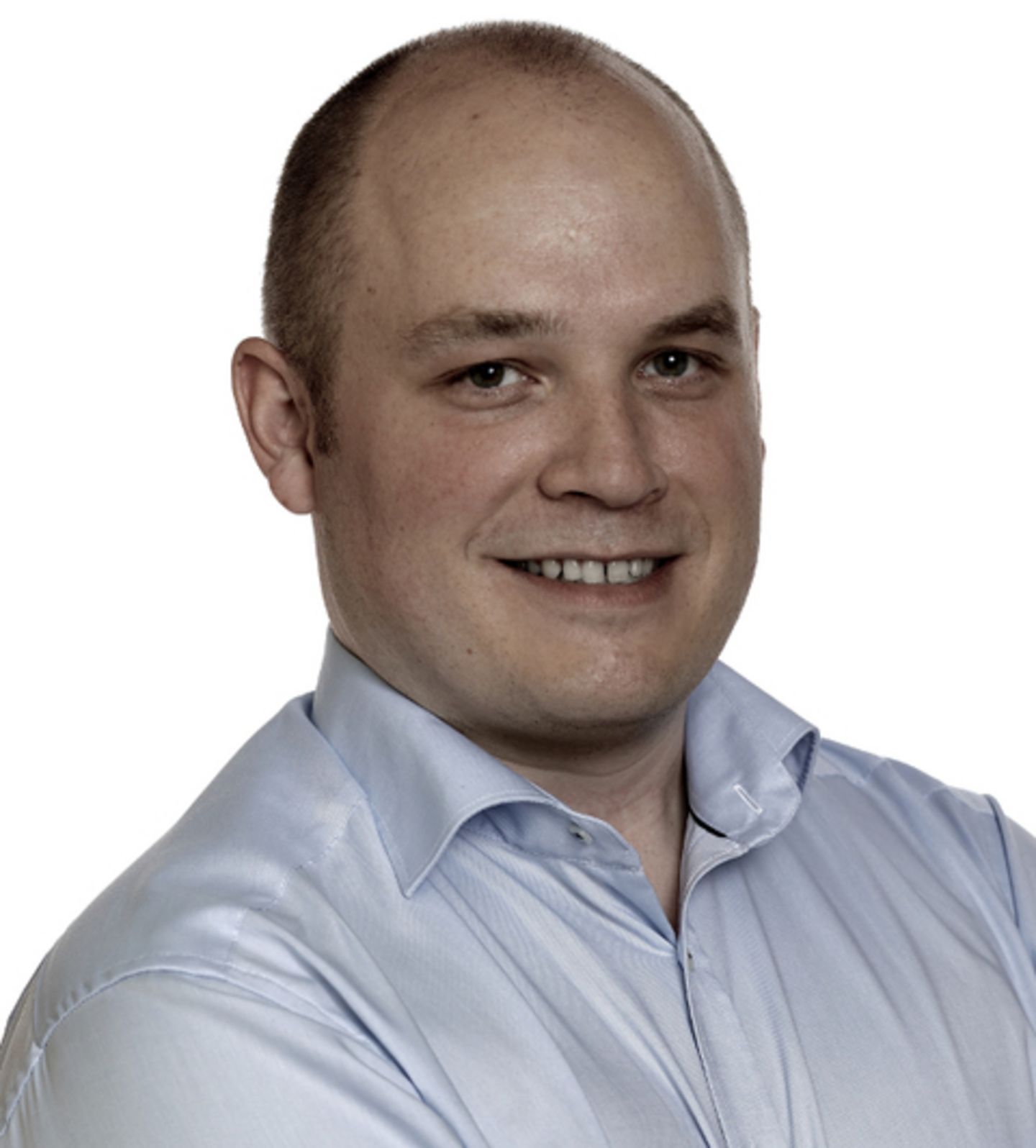
Associate Prof. Dipl.-Ing. Dr.techn.Josef Weinbub,BSc, opens an external URL in a new window has been assigned to the Institute for Microelectronics, opens an external URL in a new window (E360) at the Faculty of Electrical Engineering and Information Technology, opens in new window at TU Wien since June 1, 2022 as Associate Professor for "High-performance simulations in micro- and nanoelectronics".
Josef Weinbub comes from Lower Austria. He studied electrical engineering at the TU Wien and received his doctorate there in 2014 with a dissertation on the topic "Frameworks for Micro- and Nanoelectronics Device Simulation, opens an external URL in a new window" with Prof. Selberherr. During this time, stays abroad brought him to the University of Edinburgh and University of Glasgow (both in Scotland, UK) and to the headquarters of Silvaco Inc. in Santa Clara, California. In 2015 he was able to successfully acquire the "CD Laboratory for High Performance TCAD, opens an external URL in a new window", which was followed by other research projects at national and European level. In 2018 he applied just as successfully for the career position "High-performance simulations in micro- and nanoelectronics", which he has now completed with the qualification to associate professor. In 2018 he also founded the working group for the introduction of the inter-faculty Master's Programme "Computational Science and Engineering, opens in new window", which was introduced in the winter semester of 2019 and whose main organization he is now responsible for. He is also involved in the organization and holding of numerous scientific conferences and workshops and acts as a reviewer for various scientific media. In 2020 he also obtained his Venia Docendi for the subject "Micro- and Nanoelectronics" ("Micro- and Nanoelectronics") with a habilitation thesis on the topic "High Performance Simulation of Microelectronic Devices with Nanometer Dimensions, opens an external URL in a new window”.
Josef Weinbub's scientific home is the Research Unit of Microelectronics, opens an external URL in a new window, where he is involved in the development and adaptation of new computer-based simulation technologies for micro- and nanoelectronics. He is also a substitute member of the TU Wien Senate.
[Website Josef Weinbub, opens an external URL in a new window]
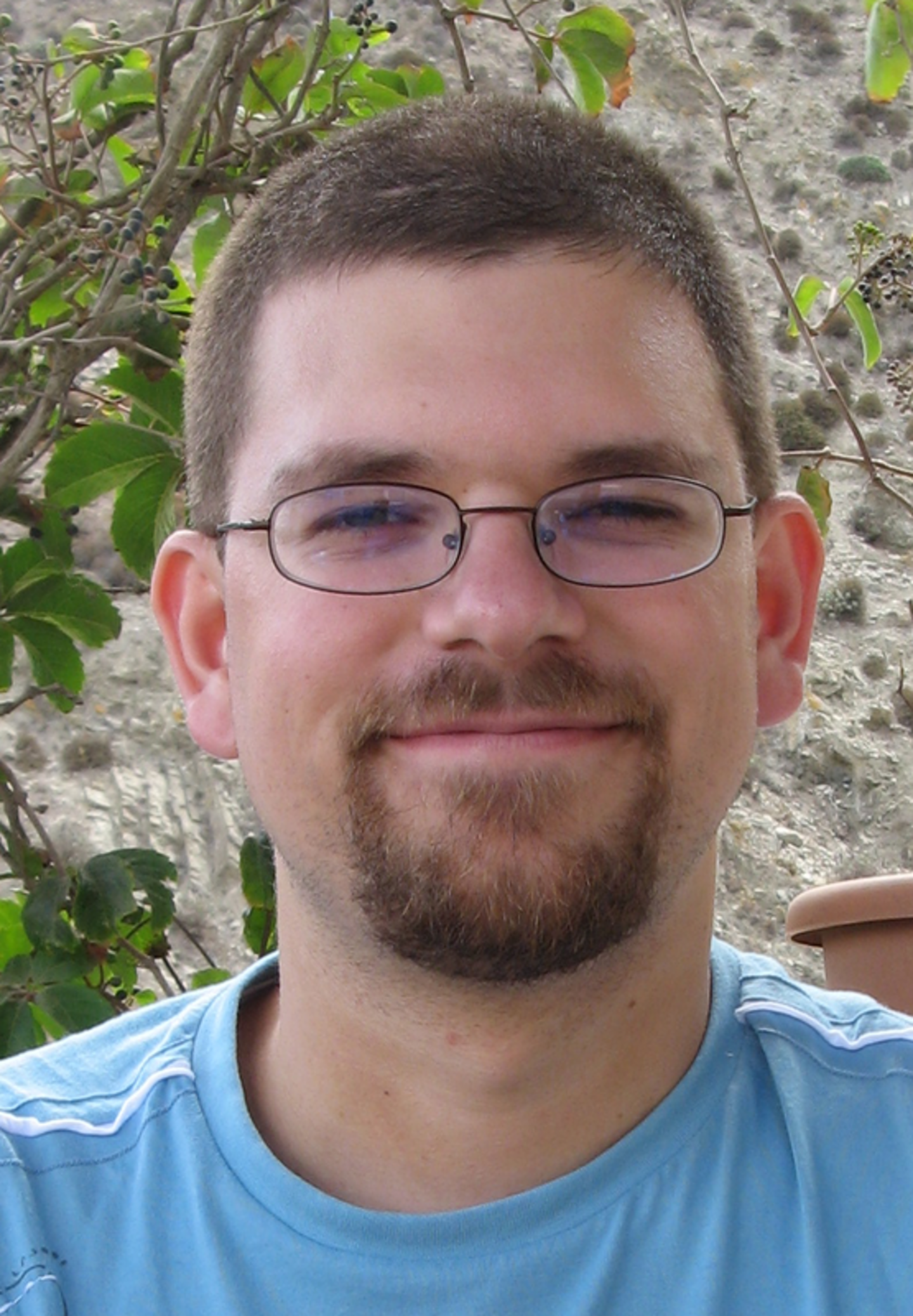
© Tiss: Victor Weiss
Associate Prof. Mag.rer.nat. Dr.rer.nat. Victor Weiss , opens an external URL in a new windowhas been assigned to the Institute of Chemical Technologies and Analytics, opens an external URL in a new window at the Faculty of Technical Chemistry, opens an external URL in a new window (E164) at TU Wien since June 1, 2022 as Associate Professor for "Electrophoretic separation techniques in nanoanalysis".
Victor Weiss comes from Vienna. He studied chemistry at the University of Vienna and received his doctorate there at the end of 2009 with the topic "Chip electrophoresis of human Rhinovirus and receptor decorated liposomes as model membranes for the analysis of key steps in the viral infection pathway, opens an external URL in a new window" with Prof Kenndler. In 2010 he moved to TU Wien to work with Prof. Allmaier. In 2016 he successfully applied for the career position "Electrophoretic Separation Techniques in Nanoanalysis", which he has now completed with the qualification to associate professor. In addition, in 2021 he obtained his Venia Docendi for the subject "Instrumental Analytical Chemistry" ("Instrumental Analytical Chemistry") with a habilitation thesis on "Gas-phase electrophoresis of (bio-)nanoparticles on a nEs GEMMA instrumentation: hyphenation to orthogonal analysis techniques, opens an external URL in a new window". Victor Weiss received the Theodor Körner Prize, opens an external URL in a new window for young scientists in 2017, as well as the Fritz Feigl Prize of the Austrian Society for Analytical Chemistry (ASAC). In 2020 he also received the Advancement Award for Natural Sciences from the City of Vienna, as well as the "Monatshefte der Chemie - Habilitationspreis".
The scientific home of Victor Weiss is the Research Group for Mass Spectrometric Bio- and Polymer Analysis, where he works on new analytical methods for medical and environmental technology to characterize (bio)nanoparticles.
[Website Victor Weiss, opens an external URL in a new window]
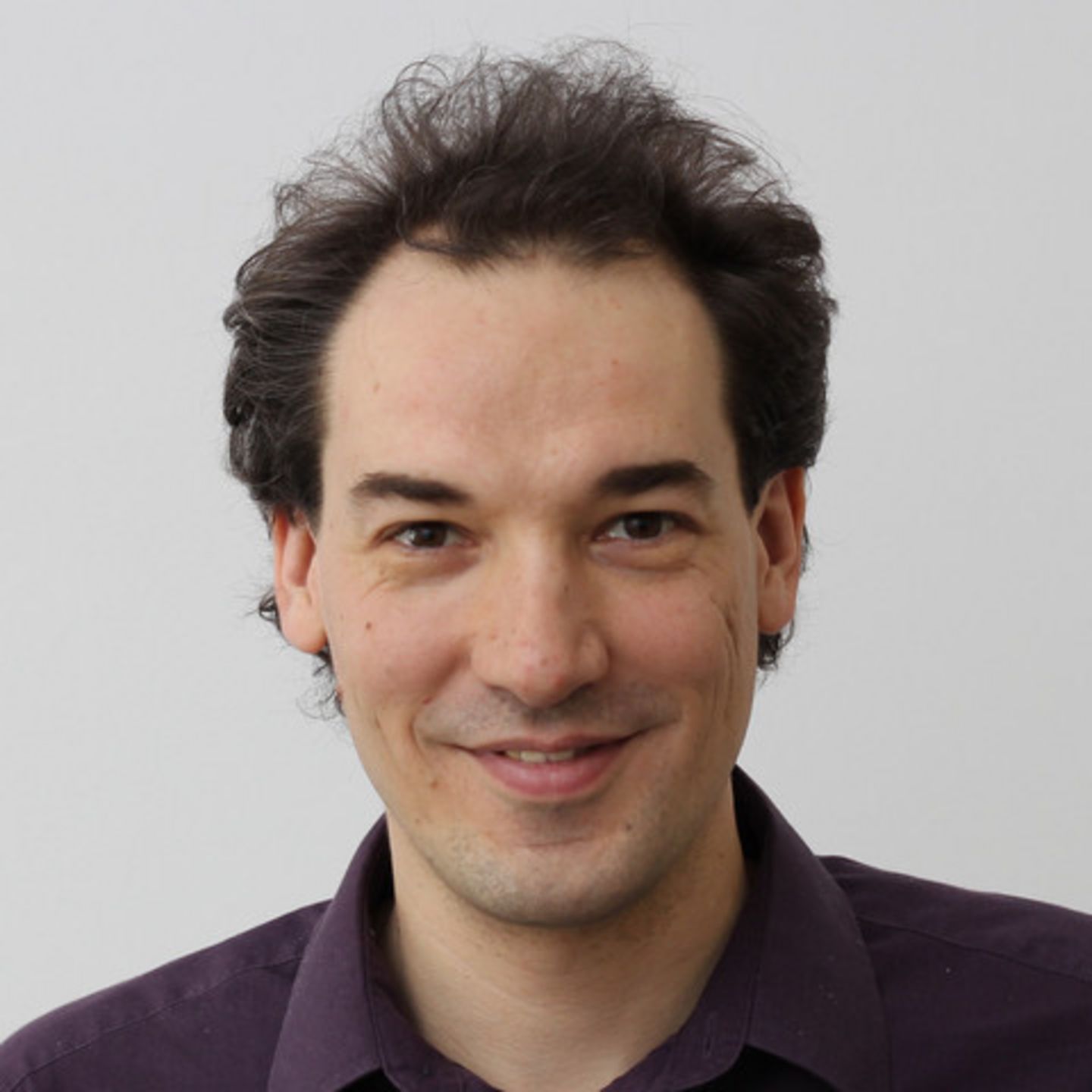
© Tiss: Hannes Kaufmann
Univ.Prof. Mag.rer.nat. Dr.techn. Hannes Kaufmann, opens an external URL in a new window was confirmed pemanently as University Professor of Virtual and Augmented Reality at TU Wien with effect from 1 June 2022. He is assigned to the Institute of Visual Computing and Human-Centred Technology, opens an external URL in a new window (E193) in the Faculty of Informatics, opens an external URL in a new window.
Hannes Kaufmann studied Mathematics and Descriptive Geometry (teacher training) at TU Wien, graduating with distinction in 1999. In 2004, he was awarded his doctorate – also with distinction – in the field of Computer Sciences with his thesis "Geometry Education with Augmented Reality, opens an external URL in a new window", under the supervision of Prof. Schmalstieg. Since 2005, he has been Research Group Leader of the "Virtual and Augmented Reality Group". After being granted authorisation to teach (venia docendi) in "Applied Computer Science" with his habilitiation "Applications of mixed reality, opens an external URL in a new window" in 2010, he was also appointed to the role of Adviser for "Insider Navigation, opens an external URL in a new window" and Lecturer at the University of Applied Sciences Upper Austria, alongside his research and teaching activities at TU Wien. Hannes Kaufmann has won several awards including the IEEE 3D User Interfaces 2027 Best Paper Award for his publication "Towards Efficient Spatial Compression in Self-Overlapping Virtual Environments, opens an external URL in a new window" and the INiTS Award 2013.
Since October 2020 Hannes Kaufmann had a temporary professorship for Virtual and Augmented Reality at TU Wien.
Since September 2021 he is the Head of the "Research Unit for Virtual and Augmented Reality, opens an external URL in a new window" (E193-03).
APRIL 2022
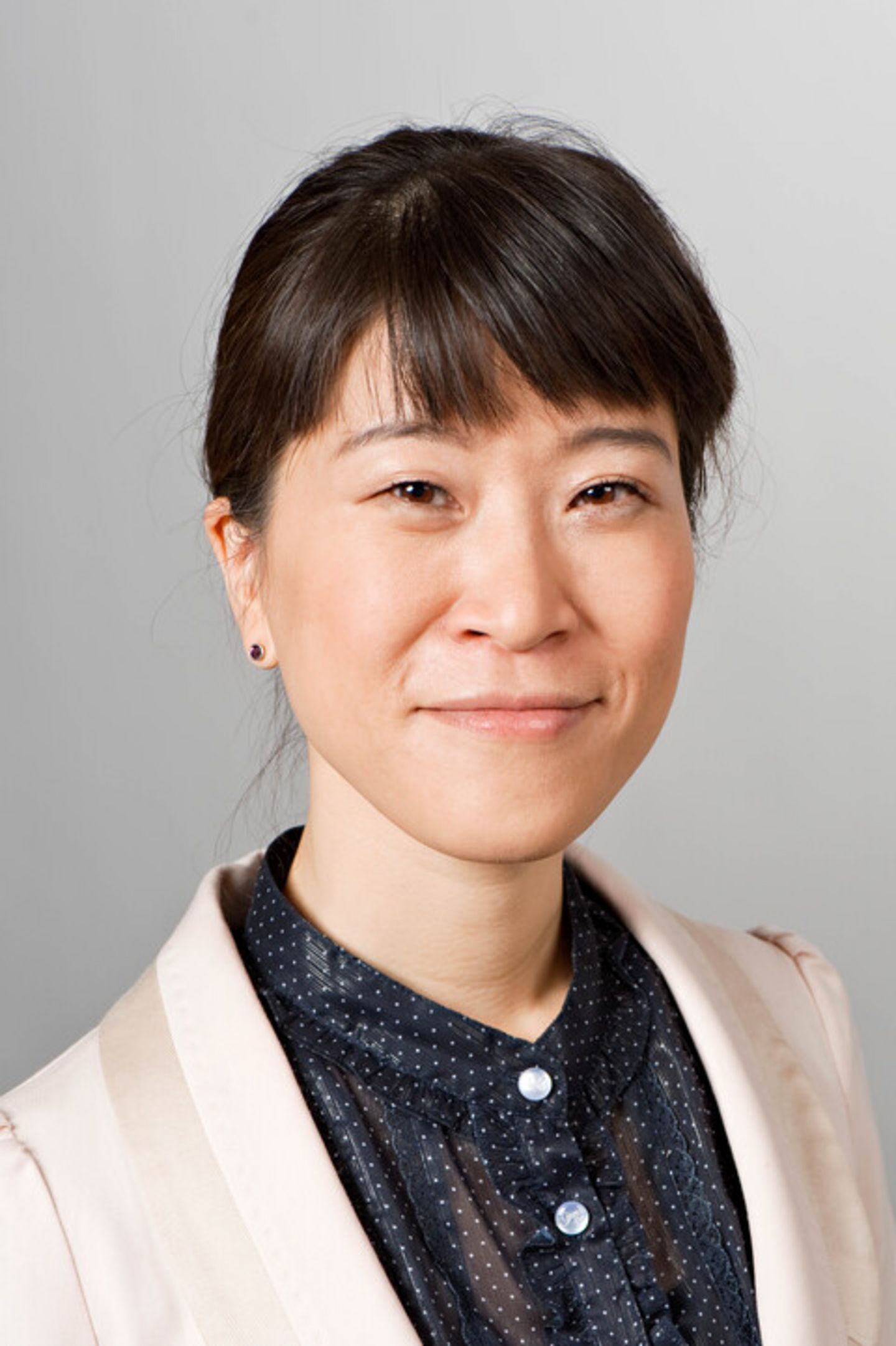
© Tiss. Dongheui Lee
Univ.Prof.Dongheui Lee, PhD, opens an external URL in a new window was appointed as University professor for Autonomous Systems at TU Wien with effect from 1 April 2022. She is assigned to the Institute of Computer Technology, opens an external URL in a new window (E384) at the Faculty of Electrical Engineering and Information Technology., opens in new window
Dongheui Lee was born in Gimcheon (S-Korea). She studied Mechanical Engineering at Kyung Hee University in Seoul (S-Korea) and graduated in 2003 with an M.S. Until 2004 she was also employed as a researcher at the Korea Institute of Science and Technology (KIST). In 2004 she moved to the University of Tokyo in Japan, where she received her doctorate in 2007 on the topic "Statistical Mimesis from Partial Observation and its Application to Humanoid Robots", opens an external URL in a new window. She then continued to work as an assistant professor at the University of Tokyo. In 2009 there was another move, this time to Europe, to the Technical University of Munich (TUM, Germany), again in the position of Junior Professor (Assistant Prof.) for "Dynamic-Human-Robot-Interaction for Automation Systems". She has been an associate professor there since 2017, as well as a group leader at the Institute for Robotics and Mechatronics at the DLR (German Aerospace Center) in Munich.
Dongheui Lee is Head of the Research Unit of Autonomous Systems, opens an external URL in a new window (E384-03). She deals with topics such as "Human-Robot Collaboration" and "Machine Learning for (Humanoid) Robots".
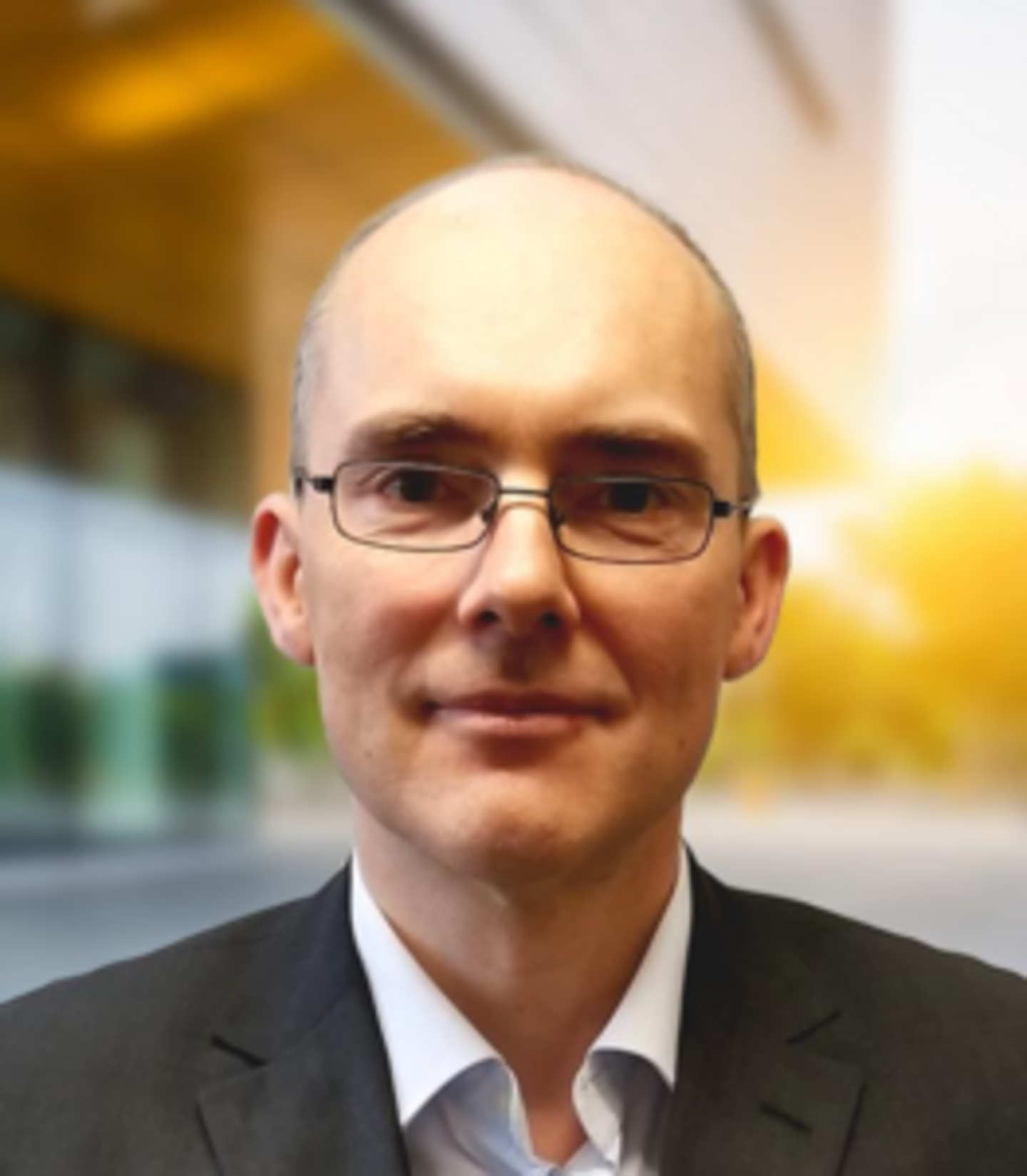
© Tiss: Thomas Lukasiewicz
Univ.Prof. Dipl.-Inf. Dr.rer.nat.Thomas Lukasiewicz, opens an external URL in a new window was appointed as University Professor for Artificial Intelligence Techniques at TU Wien with effect from April 1, 2022. He is assigned to the Institute for Logic and Computation (E192), opens an external URL in a new window at the Faculty of Informatics, opens an external URL in a new window.
Thomas Lukasiewicz studied computer science at the TU Clausthal and then did his doctorate in 1996 at the TU Augsburg with a dissertation on "Precision of probabilistic deduction under taxonomic knowledge. After working as an assistant at the University of Gießen, he came to the TU Wien as part of a DFG habilitation grant from 1999 - 2001, where he specialized in "Practical and Theoretical Computer Science, opens an external URL in a new window" in 2001 with a habilitation thesis on "Databases and logic programming under probabilistic uncertainty, opens an external URL in a new window” habilitated. Further scholarships followed (Marie-Curie, Heisenberg, Yahoo!), which brought him to the Sapienza University in Rome and later to the University of Oxford. In 2010 he received a professorship at the University of Oxford. From 2016-20 he was a Turing Fellow at the Allan Turing Institute in London.
The scientific home of Thomas Lukasiewicz is now the Research Unit of Artificial Intelligence Techniques, opens an external URL in a new window (E192-07), which he also heads. He is also Associate Editor of the Journal of Artificial Intelligence Research, opens an external URL in a new window.
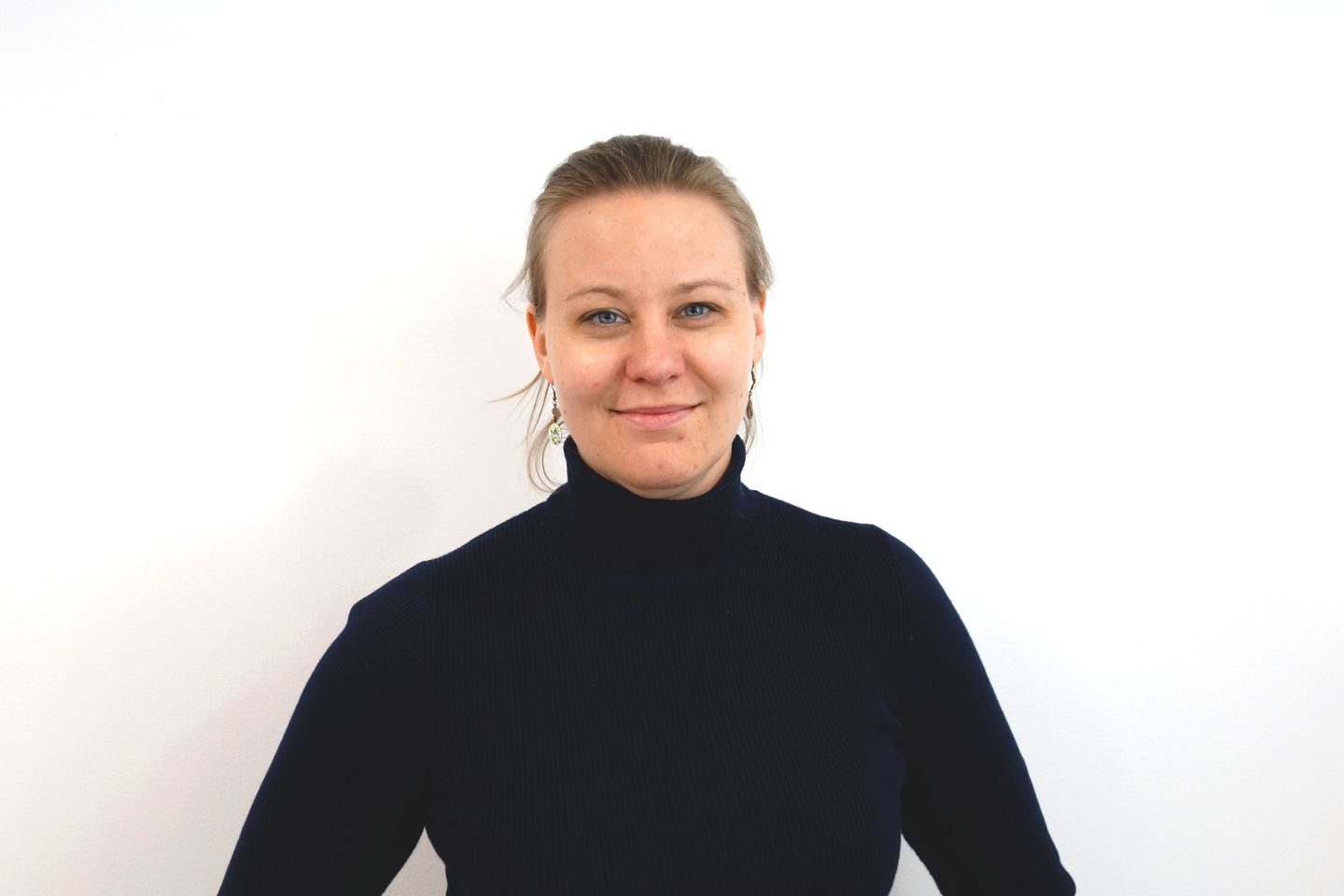
© Tiss: Franziska Sielker
Univ.Prof. Dipl.-Ing. Dr.rer.nat. Franziska Sielker, opens an external URL in a new window was appointed as University professor for Urban and Regional Research at TU Wien with effect from 1 April 2022. She is assigned to the Department of Spatial Planning (E280), opens in new window at the Faculty of Architecture and Planning., opens an external URL in a new window
Franziska Sielker studied spatial planning at TU Dortmund and received her doctorate in 2017 with a dissertation on "Macro-regional integration - new scales, spaces and governance for Europe?", opens an external URL in a new window at the Friedrich Alexander University in Erlangen-Nuremberg. From 2017 to 2018 she was "British Academy Newton International Fellow" at the University of Cambridge, Department of Land Economy. From 2018 she held a deputy chair at TU Dortmund, department "International Planning Studies" and Senior Research Associate at the University of Cambridge, Department of Land Economy. From 2019 to 2022 she was Assistant Professor (tenured) at the University of Cambridge, Department of Land Economy.
Franziska Sielker's scientific home is the Research Unit of Urban and Regional Research., opens in new window
MARCH 2022

© Tiss: Elisa Davoli
Univ.Prof. Elisa Davoli, PhD , opens an external URL in a new windowwas appointed as University Professor for Multiscale Calculus of Variations at TU Wien with effect from 1 March 2022. She is assigned to the Institute of Analysis and Scientific Computing, opens an external URL in a new window (E101) at the Faculty of Mathematics and Geoinformation, opens an external URL in a new window at TU Wien.
Elisa Davoli is born in Ancona (Italy), where she completed a Bachelor's degree on "Computer Engineering and Automation" at the Università Politecnica delle Marche. She then changed to the University Triest, where she completed her Master's degree with distinction. She then completed her doctorate in Applied Mathematics - also with distinction - at the SISSA/ISAS in Triest. The topic of her dissertation from 2012 was "Thin structures in nonlinear elasticity and in plasticity: a variational approach, opens an external URL in a new window". Subsequent post-doctoral stays took her first to the USA to the Carnegie Mellon University in Pittsburgh and from 2015 on to Austria to the University of Vienna. In 2019 she was granted an Elise-Richter Stipendia and also in 2019 she obtained her Venia Docendi, thus qualifiying her to teach in the area of Mathematics with her habilitation on "Multiscale problems in mechanics of materials, opens an external URL in a new window". 2020 she changed to TU Wien. 2020 she received a START-Prize, opens an external URL in a new window of the FWF with the topic "Tunable Materials: Geometry, Nonlocality, Chirality" and successfully applied for a tenure-track position on "Multiscale Calculus of Variations", which she completed in July 2021.
Elisa Davolis scientific home at TU Wien is the Research Unit of Analysis (E101-1) at the Institute for Analysis and Scientific Computing, where she is Head of the Research Group for Multiscale Calculus of Variations, opens an external URL in a new window (E101-01-3). Besides she is member of the Young Academy, opens an external URL in a new window of the Austrian Academy of Science.
[Webpage Elisa Davoli, opens an external URL in a new window]
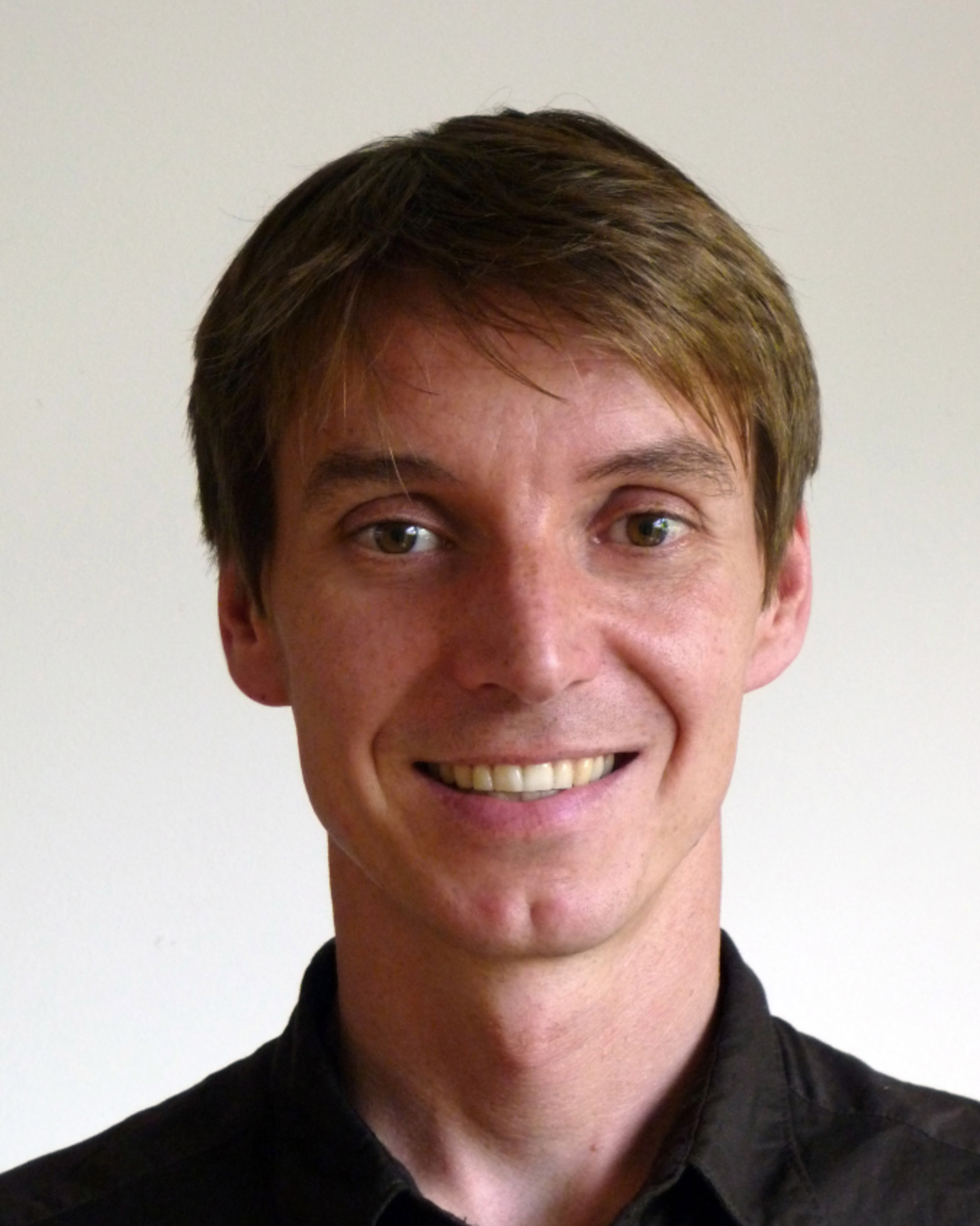
© Tiss: Wouter Arnoud Dorigo
Univ.Prof. Dr.rer.nat. Wouter Arnoud Dorigo, opens an external URL in a new window was confirmed permanently as University Professor for Climate and Environmental Remote Sensing at TU Wien with effect from 1 March 2022. He is assigned to the Department of Geodesy and Geoinformation, opens an external URL in a new window (E120) at the Faculty of Mathematics and Geoinformation, opens an external URL in a new window at TU Wien.
Wouter Dorigo was born in Arnhem (Netherlands) and studied geography with a focus on "physical geography" at the University of Utrecht (Netherlands). From 2002-2006 he worked at the German Remote Sensing Data Center of the DLR (German Aerospace Center) near Munich. In 2008 he did his doctorate on the topic "Retrieving canopy variables by radiative transfer model inversion, opens an external URL in a new window" at the Technical University of Munich. Before that, in 2007, he moved to TU Wien, where he worked first as a university assistant, later as a postdoc at the Institute for Photogrammetry and Remote Sensing and from 2012 to April 2017 as a Senior Scientist in the Remote Sensing research group of the Institute for Geodesy and Geoinformation (GEO). Since May 2017 he had a temporary professorship for Climate and Environmental Remote Sensing at TU Wien and has since headed the research group "Climate and Environmental Remote Sensing, opens an external URL in a new window" (CLIMERS, E120-01- 2) within the Remote Sensing research area.
Since September 2022 he is the Head of the Research Unit Climate and Environmental Remote Sensing, opens an external URL in a new window (E120-8).
As project coordinator and scientist, Wouter Dorigo played a leading role in the development and construction of the ESA CCI (http://www.esa-soilmoisture-cci.org/, opens an external URL in a new window) multi-decadal global soil moisture dataset of the International Soil Moisture Network (http://ismn.geo.tuwien.ac.at/, opens an external URL in a new window). In addition, he received the TU Wien Science Prize, opens an external URL in a new window in 2015.
[Webpage Wouter Dorigo, opens an external URL in a new window]
FEBRUARY 2022
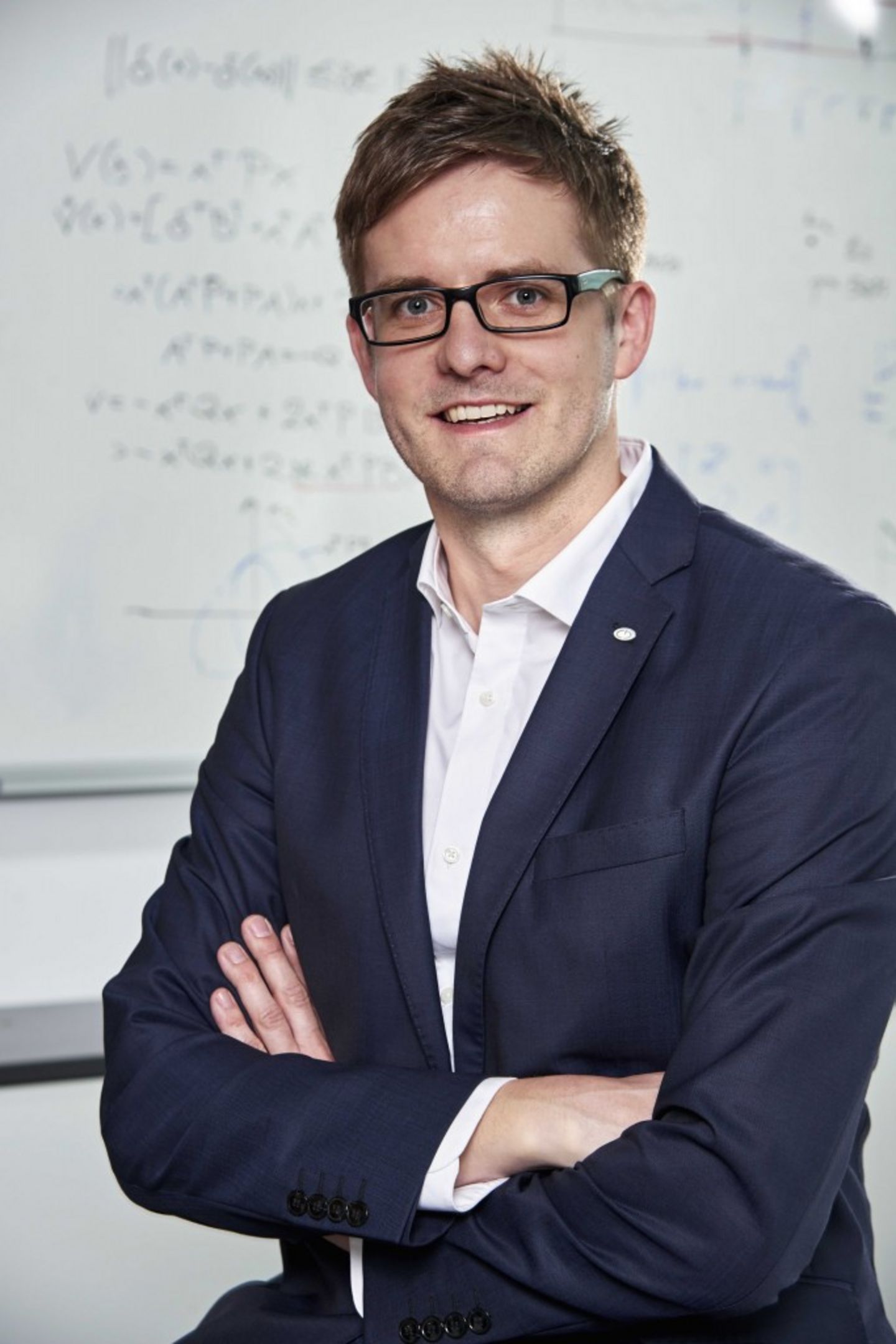
© Tiss: Christoph Hametner
Associate Prof. Dipl.-Ing. Dr.techn. Christoph Hametner , opens an external URL in a new windowhas been assigned to the Institute of Mechanics and Mechatronics (E325), opens an external URL in a new window at the Faculty of Mechanical Engineering and Management Sciences , opens in new windowat TU Wien since February 1, 2022 as Associate Professor for "Control and Monitoring of Automotive Systems".
Christoph Hametner studied mechanical engineering at TU Wien and received his doctorate in 2007 with the topic "Nonlinear dynamic system identification using local model architectures, opens an external URL in a new window". In 2014 he obtained the Venia Docendi for the subject "Control Theory and System Dynamics" with a habilitation thesis on "Data driven methodologies for calibration of automotive system, opens an external URL in a new window". In 2017, Christoph Hametner was able to successfully acquire the CD laboratory "Innovative control and monitoring of drive systems", opens an external URL in a new window (also: TU Wien website POWERTRAIN, opens an external URL in a new window). Then, in 2019, he applied just as successfully for the career position "Control and Monitoring of Automotive Systems", which he now completed with the qualification as Associate Professor.
Christoph Hametner's scientific home is the Research Unit of Control and Process Automation, where he is head of the research group control methods - drive systems (E325-04-2).
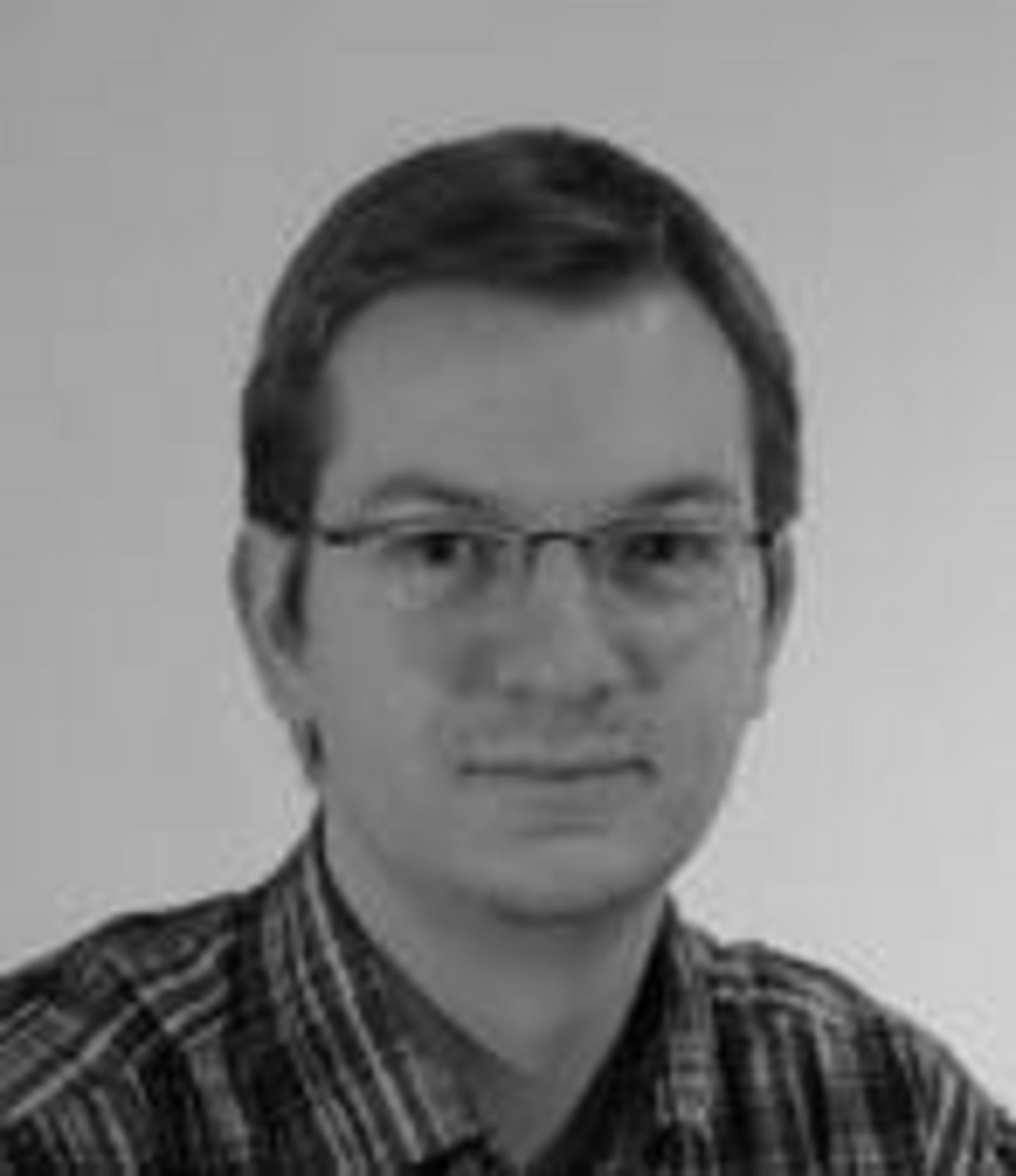
© Tiss: Christian Müller
Associate Prof. Mag.rer.nat. Dr.techn. Christian Müller, opens an external URL in a new window has been assigned to the Institute of Discrete Mathematics and Geometry (E104) at the Faculty of Mathematics and Geoinformation, opens an external URL in a new window at TU Wien since February 1, 2022 as Associate Professor for "Discrete Differential Geometry and Geometry Processing".
Christian Müller studied descriptive geometry and mathematics for a teaching profession at Graz University of Technology and received his doctorate in 2010 with the topic "Hexagonal meshes as discrete minimal surfaces, opens an external URL in a new window". Working on the FWF project "Applications of Higher Geometries, opens an external URL in a new window" brought him to Prof. Pottmann at TU Wien, where he has been a researcher at the Institute of Discrete Mathematics and Geometry since 2011. Since then, research stays have taken him to various research institutions in the USA, Japan and Germany. In 2017 he successfully applied for the career position "Discrete Differential Geometry and Geometry Processing", which he has now completed with the qualification Associate Professor. In 2022 he also obtained the necessary Venia Docendi for the subject "Geometrie (Geometry)" with a habilitation thesis on "Structures in discrete differential geometry".
Christian Müller's scientific home is the research unit of Applied Geometry,, opens an external URL in a new window which he also heads. He is also a faculty member at the Center for Geometry and Computational Design research center (E057-16), opens an external URL in a new window.
JANUARY 2022
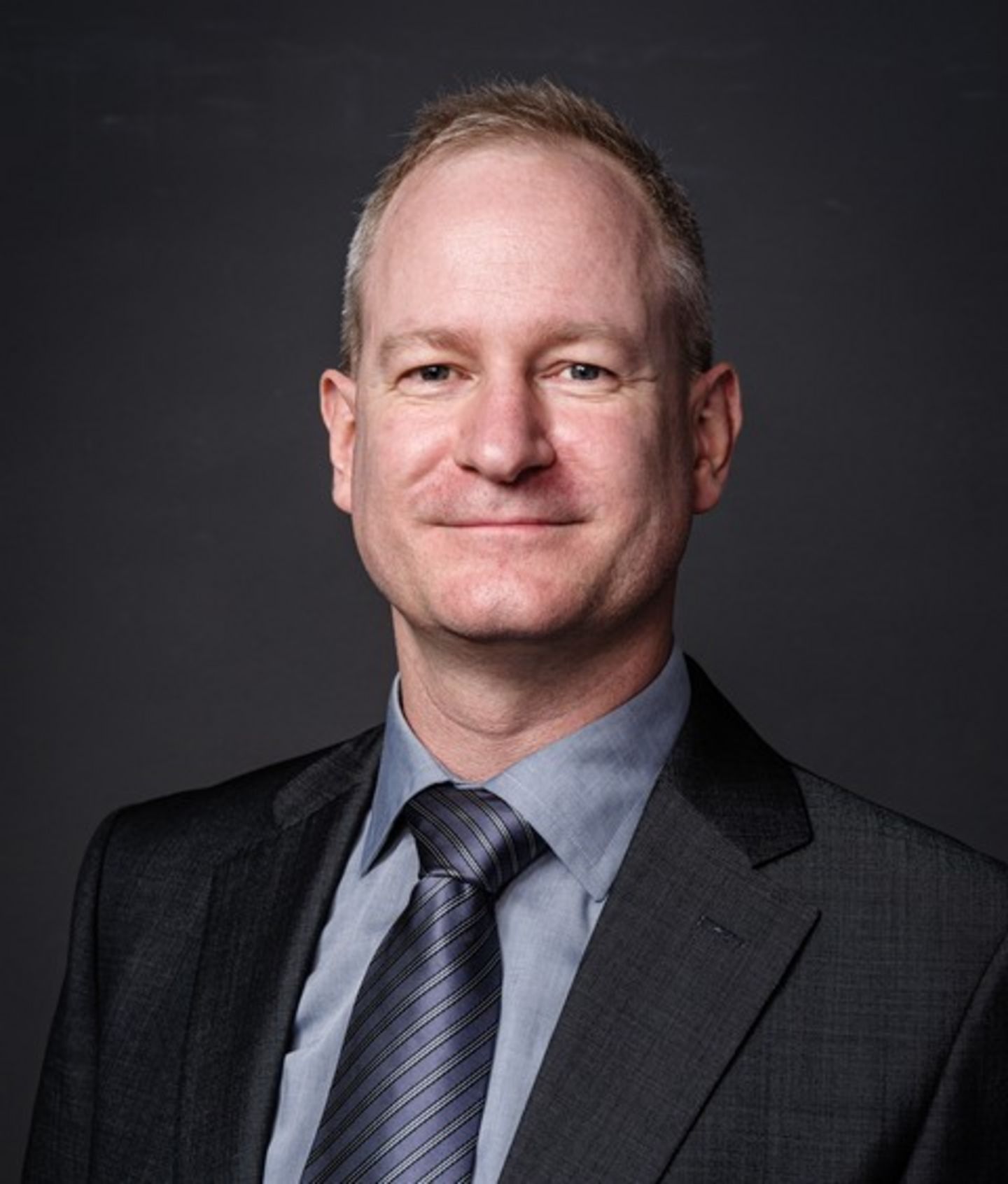
© Tiss: Christian Schranz
Associate Prof. Dipl.-Ing. Dr.techn. Christian Schranz, opens an external URL in a new window has been assigned to the Institute for Interdisciplinary Construction Process Management (E234) till end of August 2022 and afterwards to the new Institute of Construction Process and Construction Economics (E235) of the Faculty of Civil- and Environmental Engineering , opens an external URL in a new windowat TU Wien since January 1 2022 as Associate Professor for "Modeling of Building Constructions and Building Processes".
Christian Schranz studied civil engineering at the TU Wien (graduating in 1999 with distinction). He spent the last two years of his studies at the University of Illinois (USA) and was also able to complete a Master of Science there - also with distinction. His dissertation period brought him back to the TU Wien, where in 2005 he was awarded his doctorate - again with distinction - for the topic "Conversion from imperfection-sensitive into imperfection-insensitive elastic structures = conversion of imperfection-sensitive into imperfection-insensitive elastic structures, opens an external URL in a new window". In 2018 he was able to secure a career position on the subject of "Modeling of building constructions and building processes", which he successfully completed in 2022 with the qualification of an Associate Professor. He obtained the necessary Venia Docendi for the subject "Building Construction" in 2017 with a habilitation thesis on the topic "Modeling and optimization of building constructions from the point of view of life cycle consideration = Modeling and optimization of building constructions from the point of view of life cycle assessment", opens an external URL in a new window.
The scientific home of Christian Schranz is the Research Unit of Digital Building Process (E235-03), where he is the Head of. He is also Head of the Service Unit of Civil Engineering Computer Laboratory , opens in new windowand Chairman of the Study Committee for Civil Engineering.
DECEMBER 2021
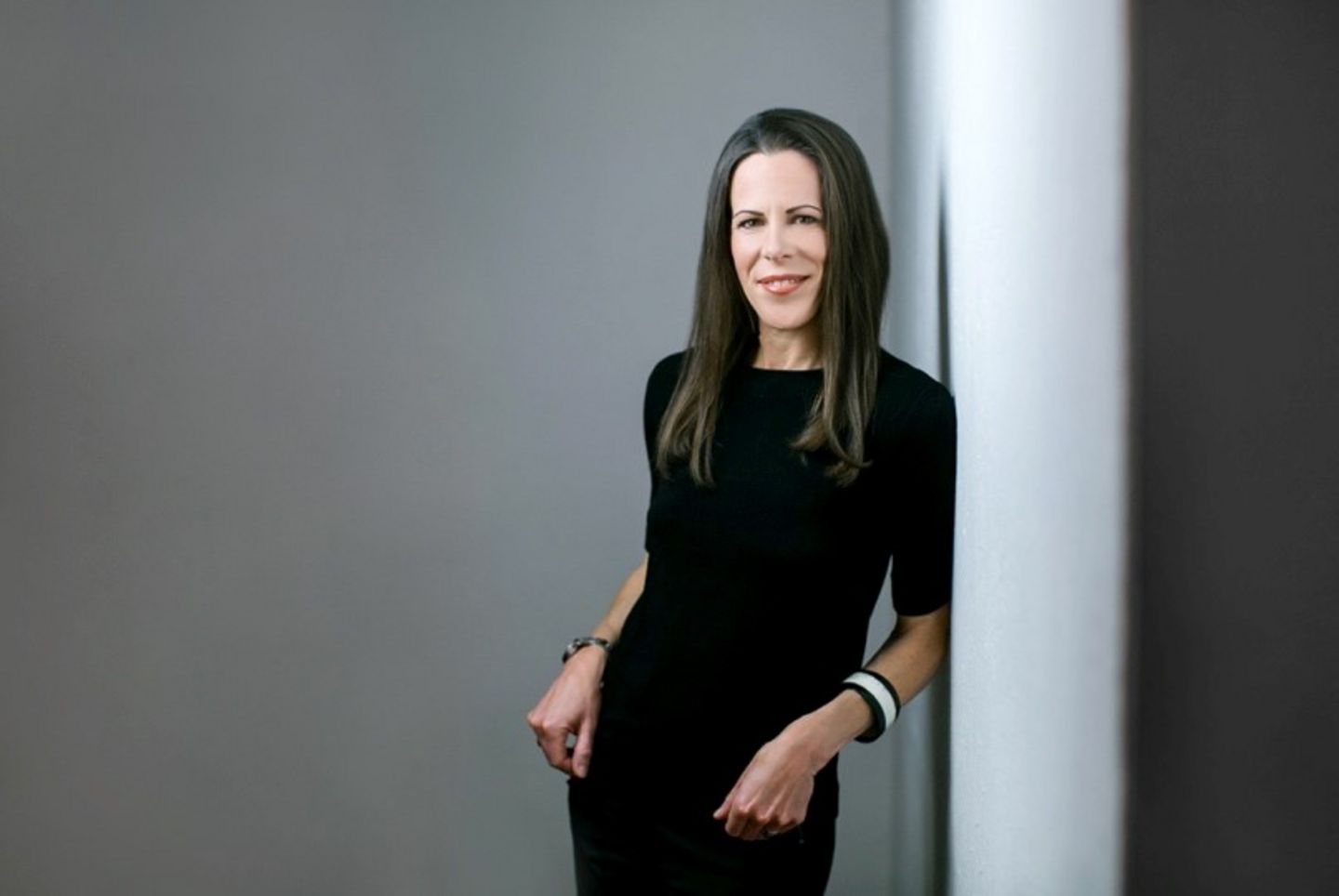
© Tiss: Astrid Mach-Aigner
Associate Prof. Dipl.-Ing. Dr.techn. Astrid Mach-Aigner, opens an external URL in a new window has been assigned to the Institute of Chemical, Environmental and Bioscience Engineering, opens an external URL in a new window (E166) of the Faculty of Technical Chemistry, opens an external URL in a new window at TU Wien since December 1st, 2021 as Associate Professor for "Synthetic Biology".
Astrid Mach-Aigner (formerly Stricker) comes from Scheibbs (Lower Austria) and studied technical chemistry at the TU Wien, where she wrote her dissertation “Investigations on key players in the xyn1 and xyn2 (xylanase I and II encoding) transcriptosome of Hypocrea jecorina (Trichoderma reesei”, opens an external URL in a new window. Then she worked at Boehringer Ingelheim and was also able to gain international experience during a postdoc stay at Wageningen University (Netherlands). In 2011 she returned to the TU Wien, where in 2015 she obtained the Venia docendi for the subject of Synthetic Biology with the habilitation thesis "Usage of Trichoderma reesei as an expression platform", opens an external URL in a new window. In 2019 she was also able to secure a career in the field of "synthetic biology", which she has now successfully completed as an associate professor.
Astrid Mach-Aigner's scientific home is the research group for "Synthetic Biology and Molecular Biotechnology, opens an external URL in a new window" at the Institute of Chemical, Environmental and Bioscience Engineering, of which she is also the head.

© Tiss: Yury Vetyukov
Univ.Prof. Mag. Dr. Yury Vetyukov, opens an external URL in a new window was appointed as University Professor for Mechanics of Solids at TU Wien with effect from 1 December 2021. He is assigned to the Institute of Mechanics and Mechatronics, opens an external URL in a new window (E325) at the Faculty of Mechanical and Industrial Engineering, opens in new window at TU Wien.
Yury Vetyukov was born in St. Petersburg (Russia) and studied Applied Mechanics at the Peter the Great Polytechnic University of St. Petersburg. In 2004 he was awarded his doctorate and subsequently remained associated to the Peter the Great Polytechnic University of Sankt Petersburg. In 2008 he moved to Austria. As a senior researcher he worked first at the "Linz Center of Mechatronics", later directly at the Johannes Kepler University in Linz. In 2015 he moved to TU Wien, where he obtained his Venia Docendi in the subject "Applied Mechanics" with the habilitation thesis ", opens an external URL in a new windowDeformable rods, plates and shells: from basic theory to applications, opens an external URL in a new window", opens an external URL in a new window in 2018.
Yury Vetyukov's scientific home is the Research Unit of Mechanics of Solids, opens an external URL in a new window, which he has been heading since 2019. Here he deals e.g. with the mechanics of axially moving structures. He is the author of the book "Nonlinear Mechanics of Thin-Walled Structures", opens an external URL in a new window and was also the winner of a Best Distance Learning Award in 2020 for his VU Stochastics, opens an external URL in a new window.
Publications by Yury Vetyukov in ReposiTUm, opens an external URL in a new window.
NOVEMBER 2021
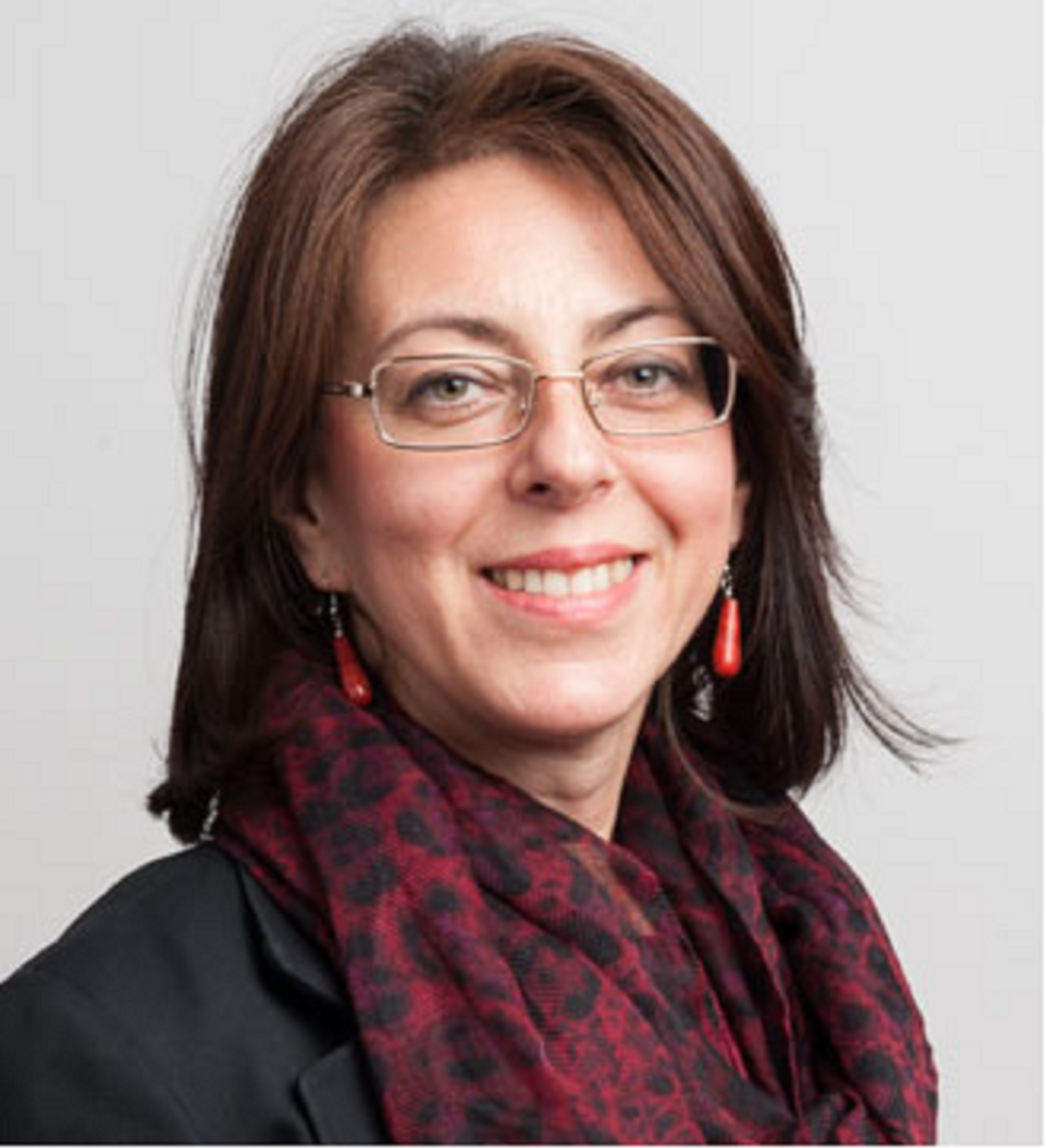
© Tiss: Amela Ajanovic
Associate Prof. Dipl.-Ing. Dr.techn. Amela Ajanovic, opens an external URL in a new window was assigned to the Institute of Energy Systems and Electrical Drives, opens an external URL in a new window (E370) within the Faculty of Electrical Engineering and Information Technology,, opens an external URL in a new window assuming her post as Associate Professor for Energy Management in Traffic, with effect from 1 November 2021.
Amela Ajanovic was born in Sarajevo (today's Bosnia and Herzegovina). She was awarded her doctorate in 2006 with the topic "On the economics of hydrogen from renewable energy sources, opens an external URL in a new window". In 2019 she was able to achieve a career position on the subject of "Energy Management in Transport", which she successfully completed in 2021 with the qualification of an Associate professor. In addition, she obtained her Venia Docendi for the department "Energy Economics" in 2016 with a habilitation thesis on "On energy economics in passenger car transport, opens an external URL in a new window".
The scientific home of Amelia Ajanovic is the Research Unit of Energy Economics and Energy Efficiency, opens an external URL in a new window. Her current focus is on sustainable energy systems, modeling, scenario creation, economic and ecological evaluation of alternative fuels and drive systems. She has published more than 50 papers on these topics in international journals and proceedings.
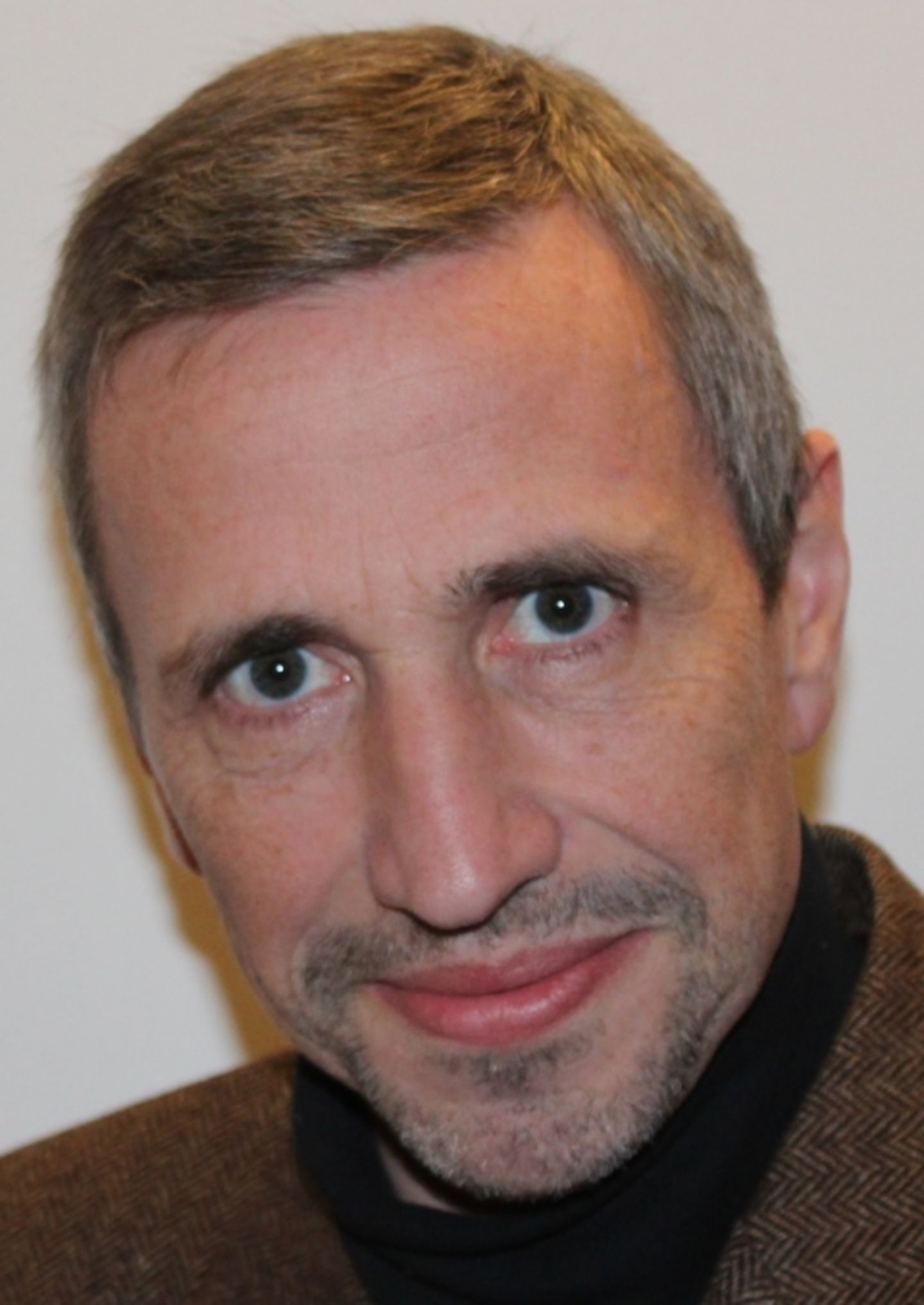
© Tiss: Wolfgang Kastner
Univ.Prof. Dipl.-Ing. Dr.techn. Wolfgang Kastner, opens an external URL in a new window was appointed as University Professor for Industrial Internet of Things at TU Wien with effect from 1 November 2021. He is assigned to the Institut for Computer Engineering, opens an external URL in a new window (E191) in the Faculty of Informatics, opens an external URL in a new window.
Wolfgang Kastner studied Computer Science at TU Wien and was awarded his doctorate in 1997 (topic of the dissertation: "Specification and verification of a time-based protocol, opens an external URL in a new window"). In 2001 he obtained the Venia Docendi for the subject "Technical Computer Science" with a habilitation thesis on "Dynamic internet connectivity of automation systems, opens an external URL in a new window" and was a lecturer / ao. Professor in the Faculty of Computer Science until 2021. He is the scientific director of the "Research Lab for Safety and Security in Industry, opens an external URL in a new window" (#SafeSecLab) and a member of the Dean's Team of the Faculty of Computer Science, opens an external URL in a new window.
Wolfgang Kastner's scientific home is the Research Unit of Automation Systems, opens an external URL in a new window, that he is also heading since 2010. There he deals with industrial communication systems as well as decentralized automation systems and their integration in Internet-based infrastructures with special consideration of security aspects and the representation of knowledge. Applications of these approaches can be found in industrial automation (Industry 4.0), the energy sector (Smart Energy) and in building technology (Internet of Buildings).
OCTOBER 2021
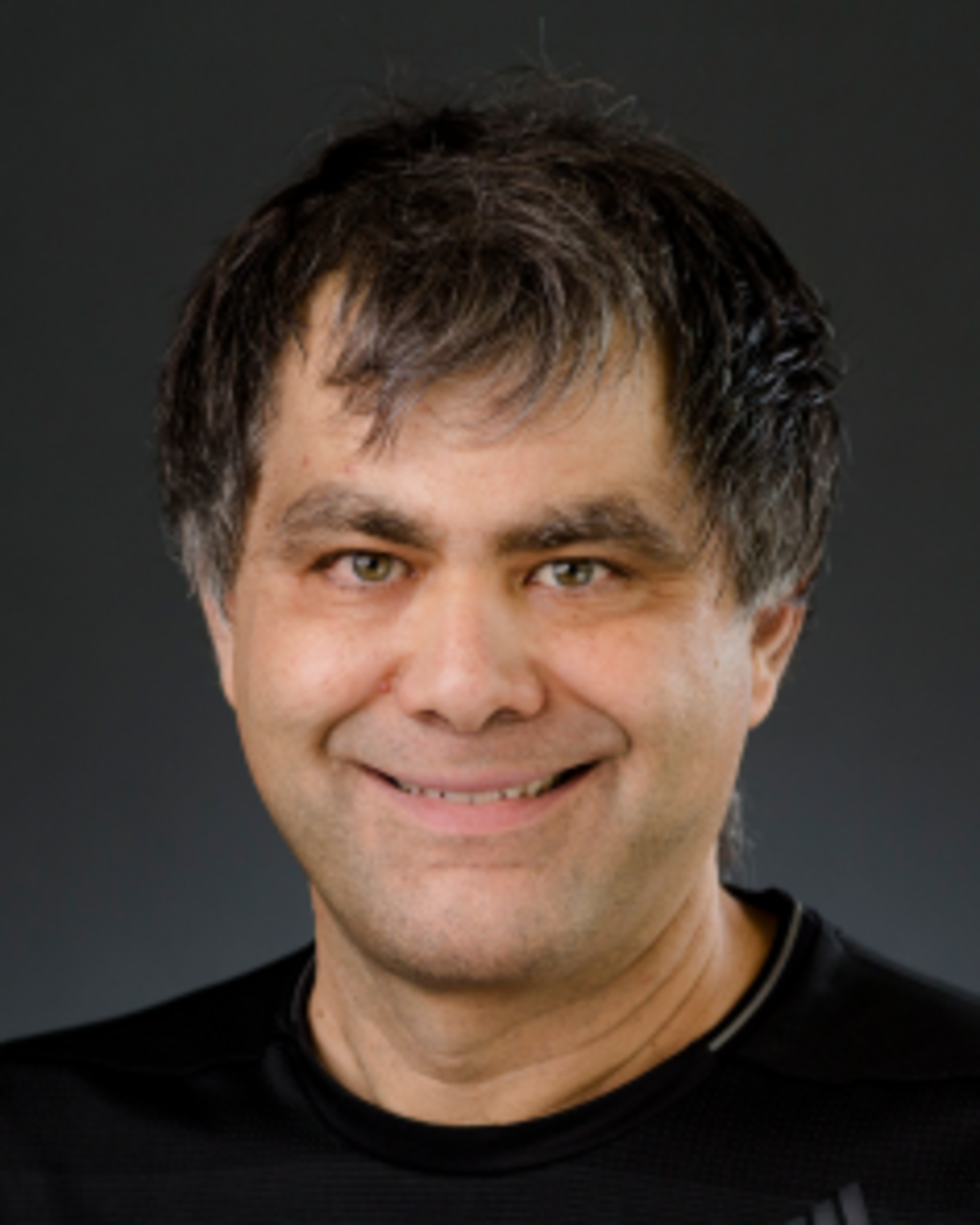
© Tiss: Aris Daniilidis
Univ.Prof. Dr. Aris Daniilidis, opens an external URL in a new window was appointed as University Professor for Operations Research at TU Wien with effect from 1 October 2021. He is assigned to the Institute of Statistics and Mathematical Methods in Economics, opens an external URL in a new window (E105) in the Faculty of Mathematics and Geoinformation, opens an external URL in a new window.
Aris Daniilidis, born in Athens (Greece), studied Physics (Bachelor) at the University of Athens and obtained his doctorate in Mathematics 1997 at the University of the Aegean in Greece with a dissertation on "Applications of Generalized Convexity and Monotonicity to Variational Inequalities and Vector Optimization, opens an external URL in a new window [in Greek]". He then obtained the European post-doctorate fellowship Marie-Curie and moved to France, where he remained several years, working as PostDoc at Talence (CNRS), at INRIA Rhone-Alpes (Grenoble) and as Assistant Professor at the Laboratory of Applied Mathematics of the University of Pau. In 2002 he obtained his habilitation on "Convex and Quasiconvex analysis. Applications in Optimization, opens an external URL in a new window" [in French] and a Qualification at the level of University Professor (equivalent to Venia Docendi) in the field of Applied Mathematics. In 2004 he moved forward to Spain, working first as Tenure-track researcher and later - from 2007-2013 - as Associate Professor at the University Autonomous of Barcelona. In 2013 he was appointed Full Professor of Mathematics at the Department of Mathematical Engineering of the University of Chile, where between 2014-2016 he was Head of the Department School (Teaching coordinator) and between 2017-2021 Deputy Director at the Center for Mathematical Modelling, located in the Campus of the Faculty of Engineering at Santiago, Chile.
Aris Daniilidis scientific home at TU Wien is the Research Unit of Operations Research and Control Systems, opens an external URL in a new window (ORCOS; E105-04), which he is the Head of.
Publications by Aris Daniilidis in ReposiTUm, opens an external URL in a new window.
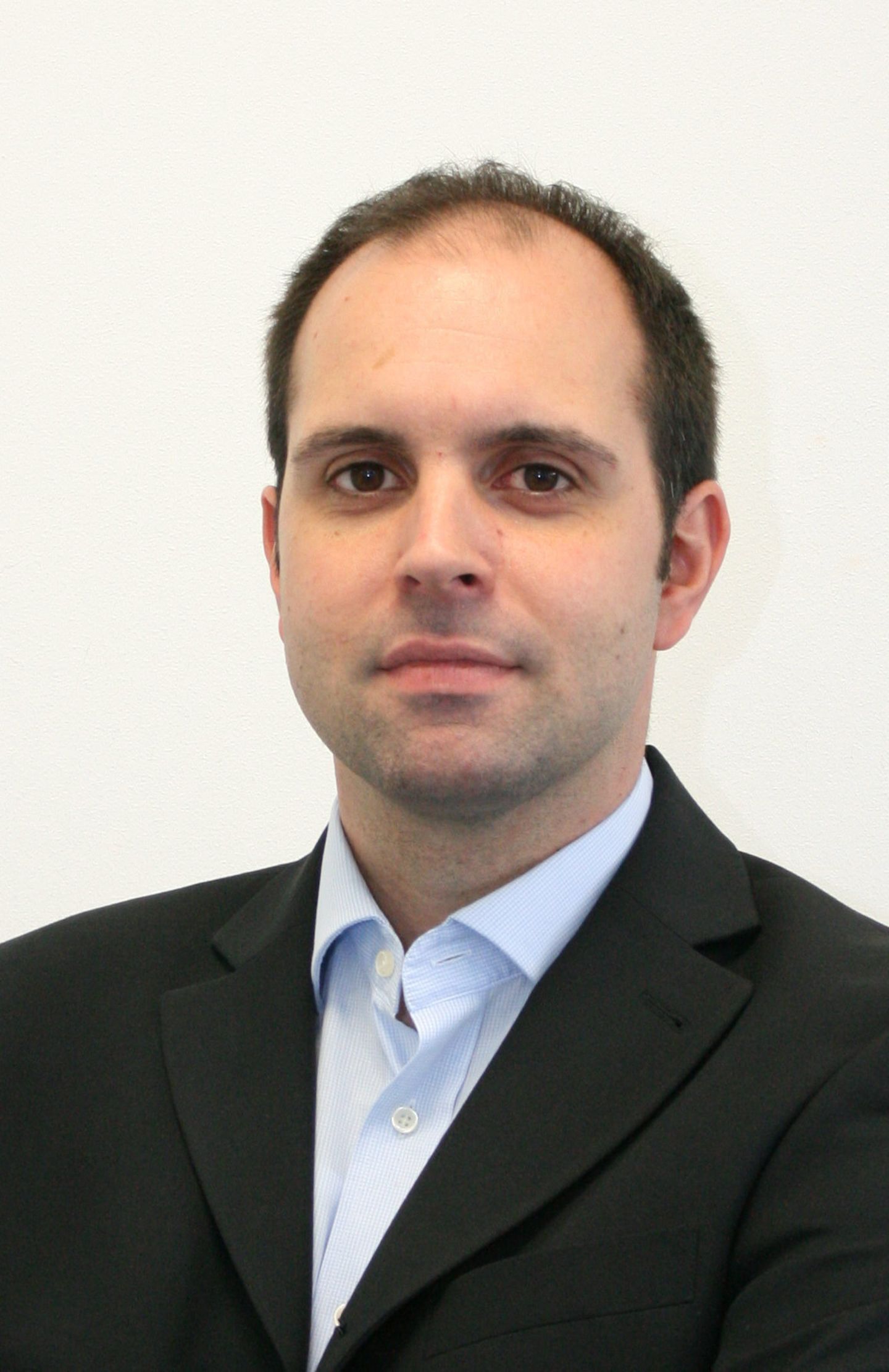
© Tiss: Carsten Gachot
Univ.Prof. Dipl.-Ing. Dr.-Ing. Carsten Gachot, opens an external URL in a new window was confirmed permanently as University Professor for Tribology at TU Wien with effect from 1 October 2021. He is assigned to the Institute of Engineering Design and Product Development , opens an external URL in a new window(E307) at the Faculty of Mechanical and Industrial Engineering, opens in new window at TU Wien.
Carsten Gachot comes from Saarland in Germany, where he also studied materials science and technology at the Saarland University and was awarded his doctorate by Prof. F. Mücklich in 2012 for his thesis on "Laser Interference Metallurgy of Metallic Surfaces for Tribological Applications", opens an external URL in a new window. He established himself there as the Head of the Research Unit for "Advanced Surfaces". From 2009 to 2016 he was also Principal Investigator at the Steinbeis Research Center Material Engineering Center Saarland (MECS) in Saarbrücken. A research stay abroad in 2016 took him to Imperial College London. Also in 2016, he successfully applied for an temporary professorship for tribology at the TU Wien, which was confirmed permanently in 2021.
Carsten Gachot heads the Research Group for Tribology, opens an external URL in a new window, which is anchored in the Research Unit of Machine Elements and Transmissions for Aviation of the institute mentioned. He is also Chief Editor of the peer-reviewed journal "Industrial Lubrication and Tribology”, opens an external URL in a new window of the Emerald Publishing Group.
Publications by Carsten Gachot in ReposiTUm, opens an external URL in a new window.
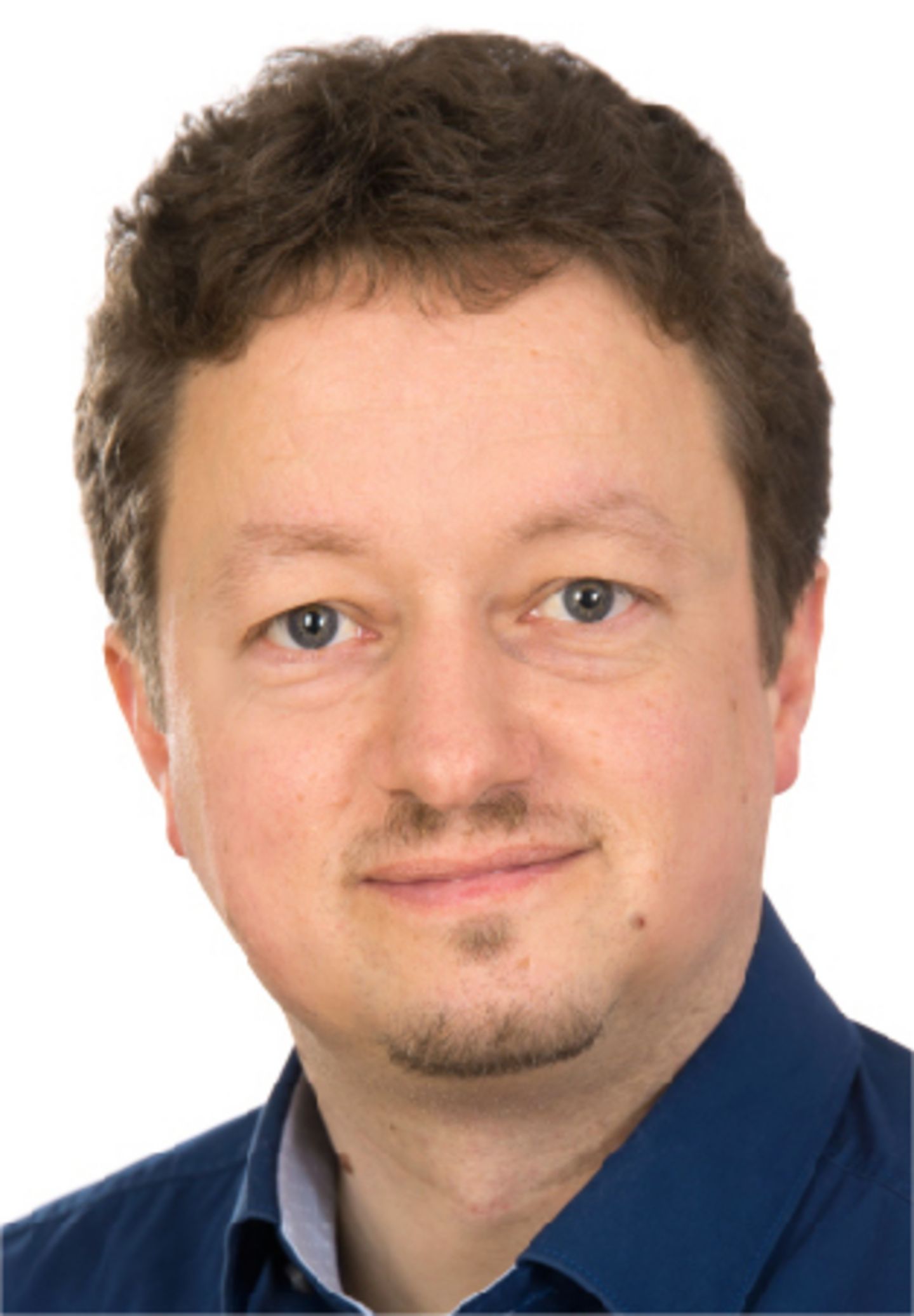
© Tiss: Peter Rabl
Univ.Prof. Dr.rer.nat. Peter Rabl , opens an external URL in a new windowwas University Professor for Theoretische Quantenoptik mit Hybrid- und Festkörpersystemen at TU Wien from October 1, 2021 to the end if Janurary 2023. He was assigned to the Institute of Atomic and Subatomic Physics, opens an external URL in a new window , opens an external URL in a new window (E141) at the Faculty for Physics, opens an external URL in a new window at TU Wien.
Peter Rabl studied Physics at the University of Innsbruck, where he was awarded his doctorate in 2006 for his dissertation on the topic "Towards hybrid quantum processors: interfacing quantum optical and solid state qubits", opens an external URL in a new window. A PostDoc took him to Vienna to the Institute for Quantum Optics and Quantum Information (IQOQI) of the Austrian Academy of Sciences and afterweards - until 2010 - to the Harvard-Smithsonian Center for Astrophysics, Cambridge (USA). He then returned as a Senior Scientist to the Austrian Academy of Sciences, but was able to win a START prize from the FWF, opens an external URL in a new window in 2011, which brought him to TU Wien. In 2018 he obtained his Venia Docendi for the subject "Theoretical Physics" with a habilitation thesis on "Control and applications of nanomechanical systems in the quantum regime", opens an external URL in a new window. From 2018 on he was assigned to the Institute of Atomics and Subatomic Physics as an Associate Professor. Since February 2023 he has been a university professor at the Technical University of Munich and one of the three directors of the Walther Meißner Institute (WMI), opens an external URL in a new window of the Bavarian Academy of Sciences.
Peter Rabl took over the management of the Atomic Institute on July 1, 2021 and handed it over in January 2023. His scientific home was there in the Research Unit of Theoretical Quantum Optics, which he also headed.
Publications by Peter Rabl in ReposiTUm, opens an external URL in a new window.
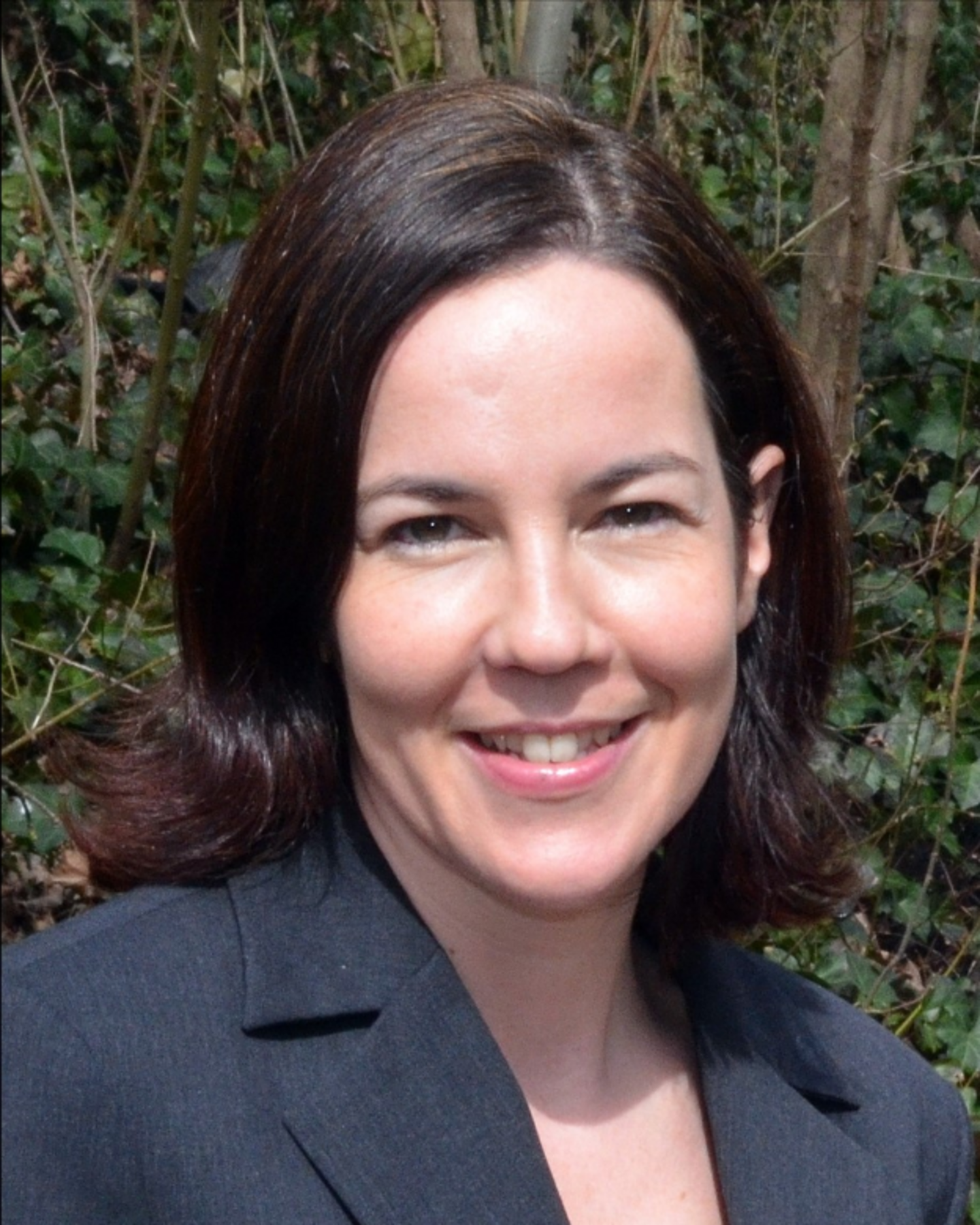
© Tiss. Maricruz Sanchez-Sanchez
Univ.Prof. Dr. Maricruz Sanchez-Sanchez, opens an external URL in a new window was appointed as University Professor for Chemical Process Engineering at TU Wien with effect from 1 Ocotber 2021. She is assigned to the Institute of Chemical, Environmental and Bioscience Engineering, opens an external URL in a new window (E166) at the Faculty for Technical Chemistry, opens an external URL in a new window at TU Wien.
Maricruz Sanchez-Sanchez has studied Chemical Engineering at the University of Granada and and was awarded her doctorate (summa cum laude) in 2008 at the Institute of Catalysis and Petrochemistry in Madrid for her thesis on "Development of Ni catalysts for hydrogen production by ethanol steam reforming. Influence of the nature of support and the addition of Pt, opens an external URL in a new window". After one year as PostDoc in Madrid she moved in 2010 - also as PostDoc - to Berlin (Germany) at the Fritz-Haber Institute of the Max-Planck Gesellschaft, where she worked in metal oxide catalysts for the selective oxidation of short hydrocarbons. In 2012 she joined the Technical University of Munich, working from 2013 on as Assistant Professor in the area of heterogenous catalysis at the Department of Technical Chemistry II. She was awarded the Jochen Block Prize [Press release], opens an external URL in a new window in 2017 of the German Catalysis Society. In 2020 she obtained her Venia Docendi, thus qualifying her to teach in the field of Technical Chemistry with a habilitation on "Structure-activity relationships in heterogeneous catalysts for hydrocarbon conversions".
The scientific home of Maricruz Sanchez-Sanchez at TU Wien is the Research Unit of Chemical Process Engineering and Energy Technology, opens an external URL in a new window.
Publications by Maricruz Sanchez-Sanchez in ReposiTUm, opens an external URL in a new window.
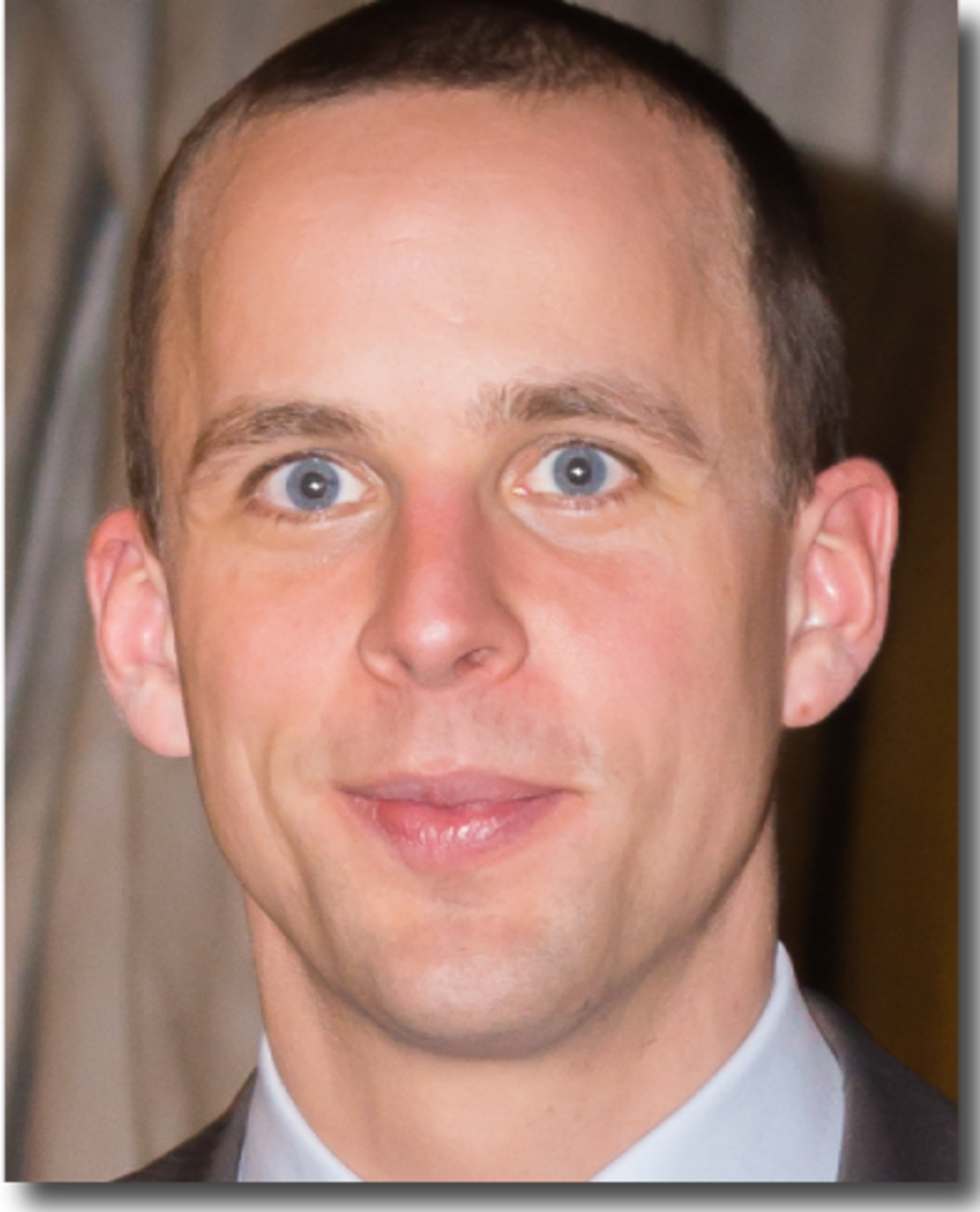
© Tiss: Stefan Schwarz
Associate Prof. Dipl.-Ing. Dr.techn. Stefan Schwarz, opens an external URL in a new window was assigned to the Institute of Telecommunications, opens an external URL in a new window (E389) within the Faculty of Electrical Engineering and Information Technology, opens an external URL in a new window, assuming his post as Associate Professor for "Wireless Technologies for a Mobile Society", with effect from 1 October 2021 .
Stefan Schwarz studied Electrical Engineering at TU Wien (his diploma thesis was awarded the BMWFW's award "State Prize for the best diploma and master's degrees" in 2010) and was awarded his doctorate in 2013 for his dissertation on the subject of "Limited feedback transceiver design for downlink MIMO OFDM cellular networks”, opens an external URL in a new window. He remained connected to TU Wien, whereby a research stay in 2012 brought him to the University of Texas (USA). In 2016 he was able to advertise the "CD Laboratory for Reliable Wireless Connectivity for a Society on the Move”, opens an external URL in a new window, which enabled him to get a tenure-track position at TU Wien. In 2019 he obtained his venia docendi for the subject "Mobile Communication" with a habilitation on "Mobile wireless communications for a society in motion", opens an external URL in a new window. Stefan
Schwarz's scientific home is in the Wireless Communications research area of the Institute for Telecommunications, which he also heads, where he deals with the topics of wireless communication, signal processing and channel modeling.
Publications by Stefan Schwarz in ReposiTUm, opens an external URL in a new window.
SEPTEMBER 2021
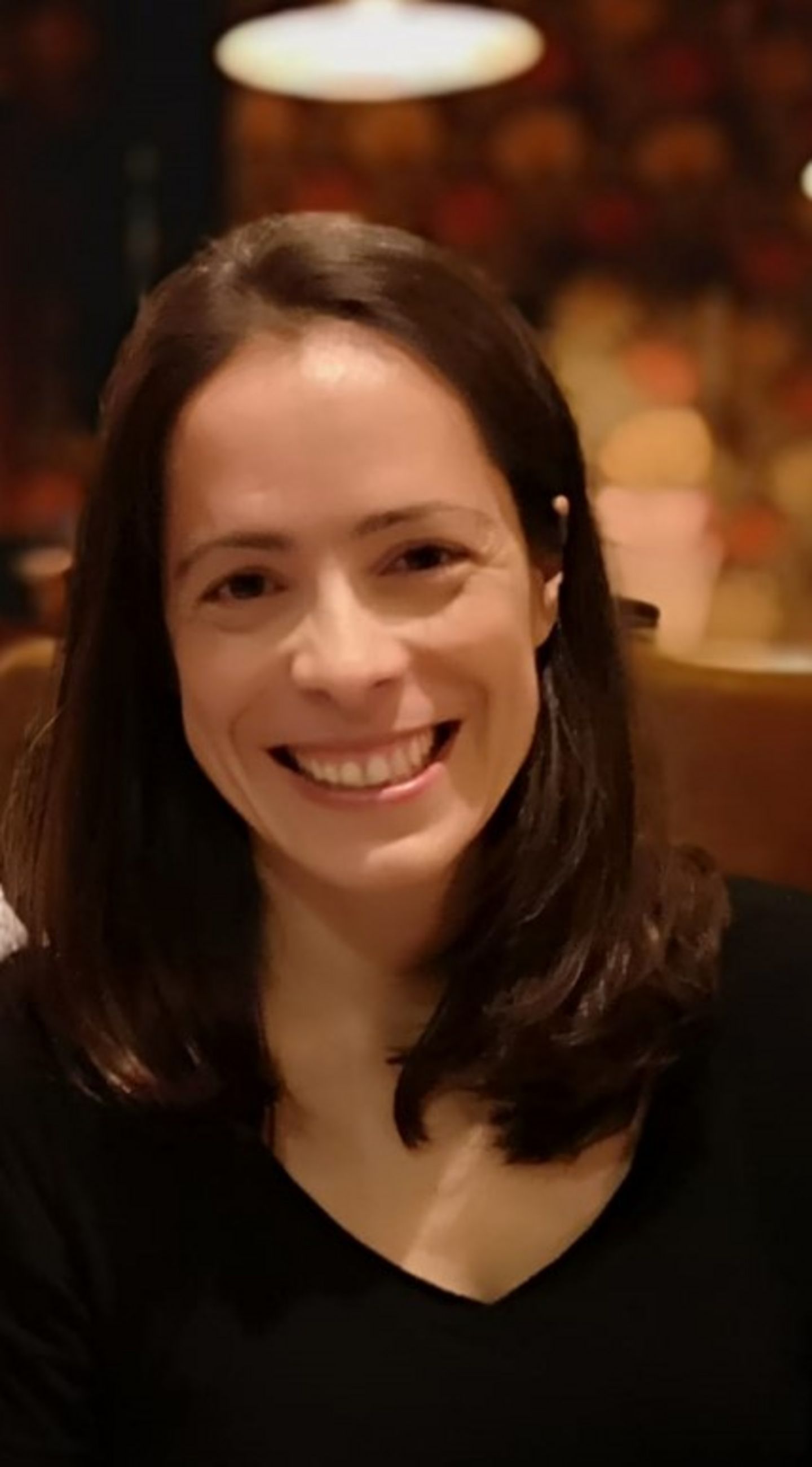
Univ.Prof. Dr. Marta Gibert, opens an external URL in a new window was appointed as University Professor for Topologische und Komplexe Materialien at TU Wien with effect from 1 September 2021. He is assigned to the Institute of Solid State Physics (E138), opens an external URL in a new window at the Faculty for Physics, opens an external URL in a new window at TU Wien.
Marta Gibert studied Physics at the Autonomous University of Barcelona and was awarded her doctorate in 2009 for his thesis "Self-assembled strain-induced oxide nanostructures grown by chemical solutions"., opens an external URL in a new window During her dissertation, she was already doing research at the IFW-Dresden (Germany), the University of Cambridge (UK) and the Los Alamos National Lab (USA). In 2010 she moved to Switzerland to the University of Geneva with Prof. Triscone, first as a PostDoc, later as "maître assistante". In 2014 she was able to win an "Excellence Research Fellowship" from the University of Geneva, in 2016 she received the "IBM-Condensed Matter Physics prize", opens an external URL in a new window from the Swiss Physical Society for the study "Unique magnetic coupling at oxide interfaces ”. In 2018, she received a professorship from the SNSF, opens an external URL in a new window and moved to the University of Zurich.
Marta Gibert's research focuses on the interface physics of oxides and the production of high quality functional heterogeneous structures.
Publications by Marta Gibert in ReposiTUm, opens an external URL in a new window.
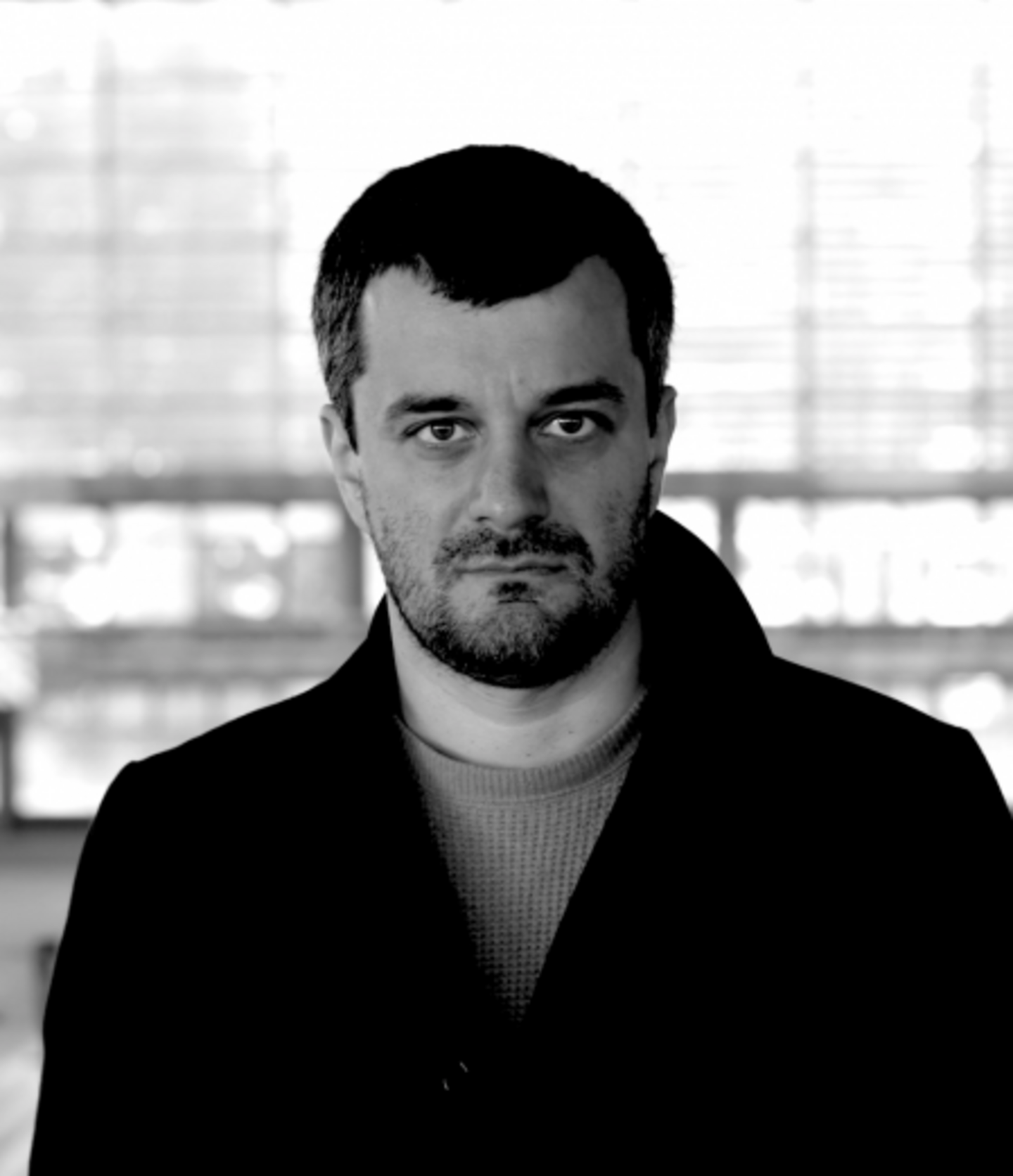
© Tiss: Pier Paolo Tamburelli
Univ.Prof. Prof. Dott.arch. Pier Paolo Tamburelli, opens an external URL in a new window was appointed as University Professor for Design and Theory of Design with effect of 1 September 2021. He is assigned to the Institute of Architecture and Design (E253) within the Faculty of Architecture and Planning, opens an external URL in a new window.
Pier Paolo Tamburelli, born in the region of Piemont (Italy), studied architecture at the University of Genoa, as well as at the Berlage Institute, opens an external URL in a new window in Rotterdam. In 2004 he founded together with five other collegues baukuh, opens an external URL in a new window, which is a architecture office located in Milan and Genoa and was listed recently at "Domus 50 Best Architecture Firms 2020, opens an external URL in a new window". Baukuh participated in several exhibitions (e.g. Tirana Student City, opens an external URL in a new window at the Biennale d´Architecture et du Paysage in Versailles 2019, The world in our Eyes, opens an external URL in a new window at the Lisbon Triennale 2016 etc.) and competitions (Ghent Gravensteen Transformation 2019: 2. price, Entrance pavilion, Poretti Brewery in Varese/Italien 2017: 1. price, Metro station in Tabriz/Iran 2016: 4. price etc.). In addition a lot of projects could be realised in Italy (e.g. House of Memory, opens an external URL in a new window, Milan/Italy), Switzerland and Albania. Besides, Pier Paolo Tamburelli was one of the founders and editors of the architectural magazine "San Rocco, opens an external URL in a new window".
Pier Paolo Tamburellis scientific base at TU Wien is the Research Unit of Design and Theory of Design, opens an external URL in a new window at the Institute of Architecture and Design, where he the Head of.
Publications by Pier Paolo Tamburelli in ReposiTUm, opens an external URL in a new window.
AUGUST 2021
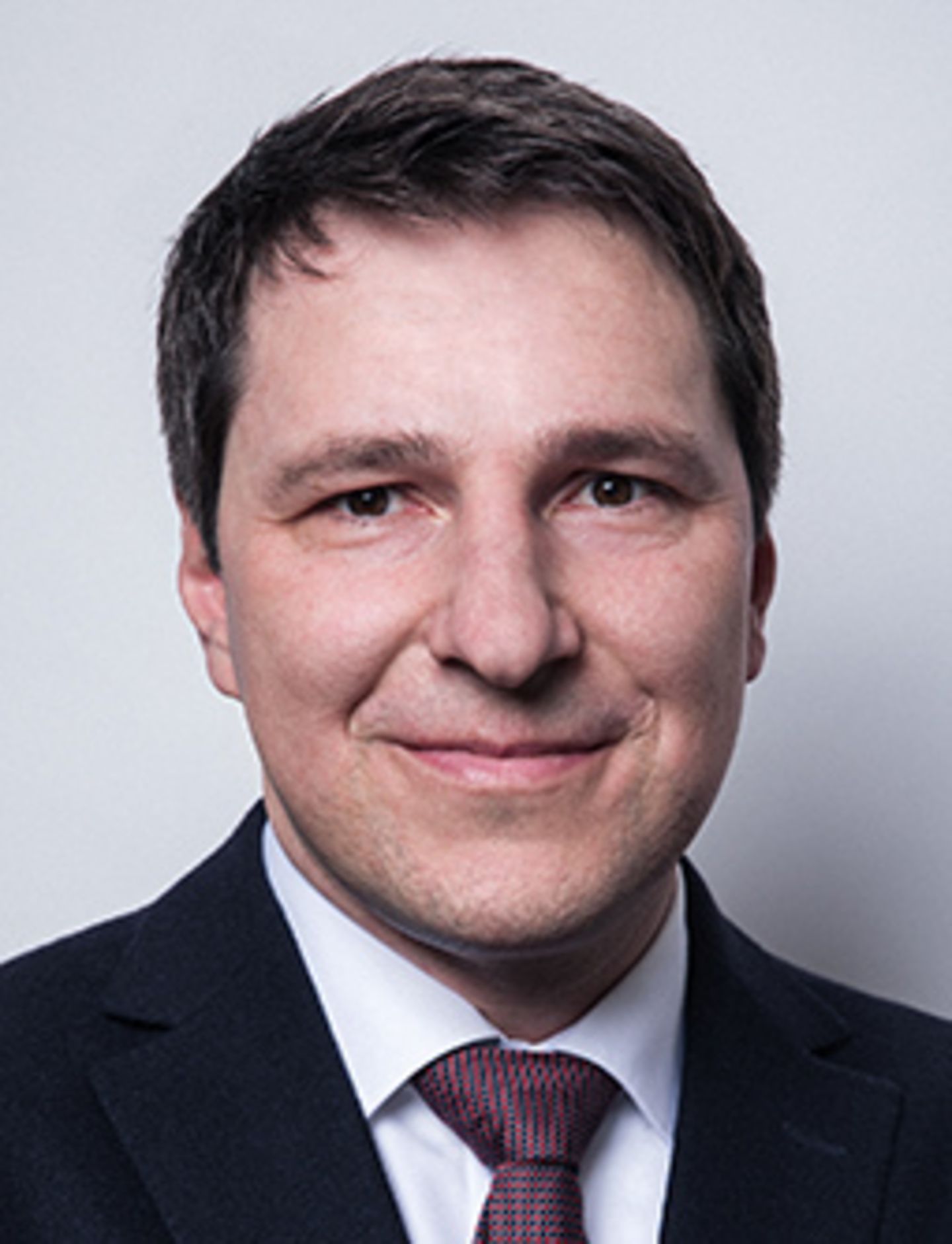
© Tiss: Johannes Edelmann
Univ.Prof. Dipl.-Ing. Dr.techn. Johannes Edelmann, opens an external URL in a new window was apointed University Professor for Technical Dynamics with effect from 1 August 2021. He is assigned to the Institute of Mechanics and Mechatronics, opens an external URL in a new window (E325) within the Faculty of Mechanical and Industrial Engineering, opens in new window at the TU Wien.
Johannes Edelmann studied Mechanical Engineering at TU Wien and was awarded his doctorate in 2008 for his thesis on "Driver models in vehicle dynamics simulation, opens an external URL in a new window". In 2012 he obtained his Venia Docendi, thus qualifying him to teach in the field of Technical Dynamics with a habilitaiton on "Consistent modelling in vehicle dynamics, opens an external URL in a new window". In 2014, he successfully applied for a tenure-track position on the topic of "Angewandte Mehrkörpersystemdynamik", which he successfully completed in 2018. From 2018 on he was therefore assigned to the Institute of Mechanics and Mechatronics as Associated Professor.
From Ocotober 2021 on he will be Head of the Resarch Unit Technical Dynamics and Vehicle System Dynamics, opens an external URL in a new window at the Institute of Mechanics and Mecahtronics. In addition he is the Data Protection Coordinator of the whole faculty.
Publications by Johannes Edelmann in ReposiTUm, opens an external URL in a new window.
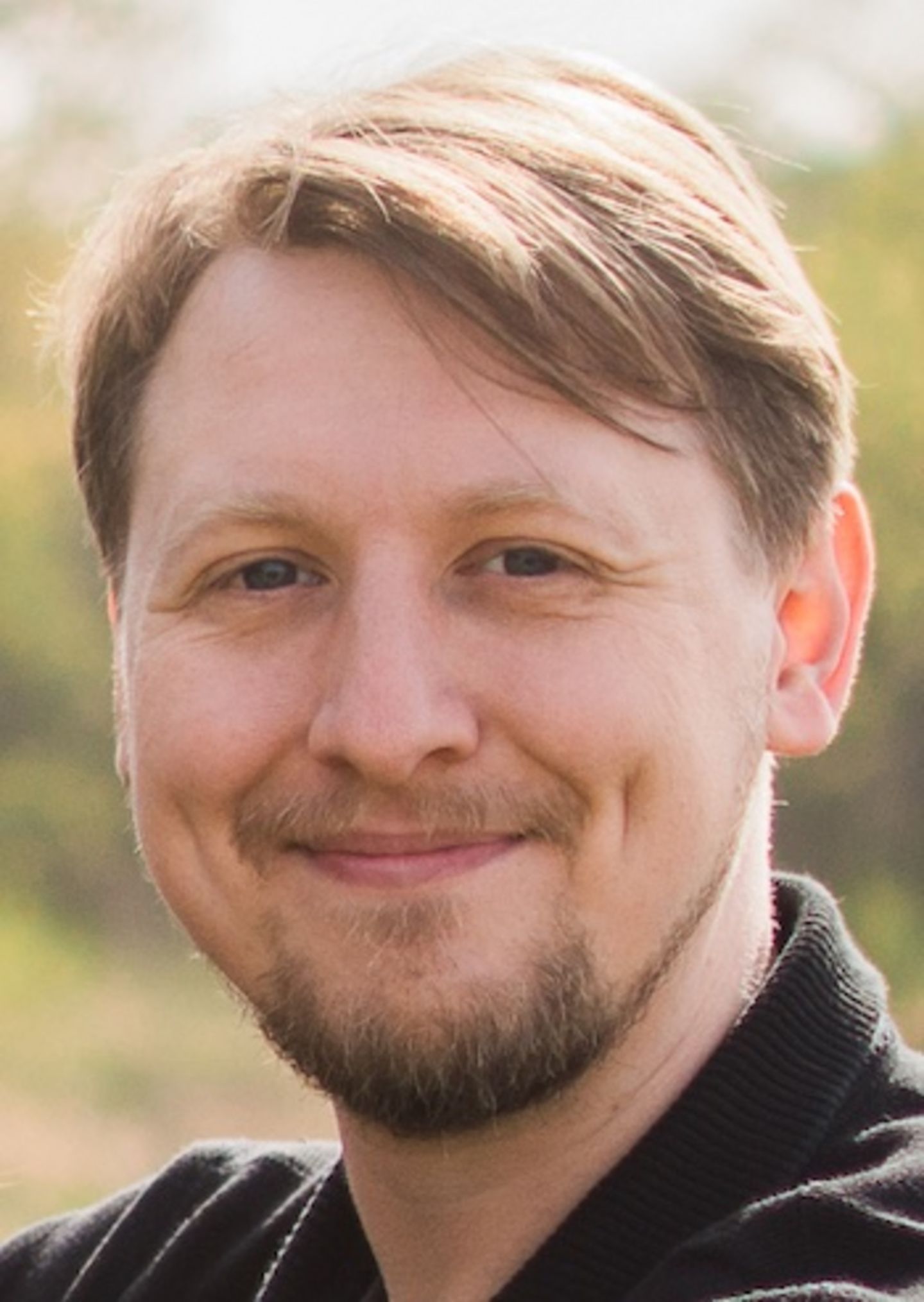
© Tiss: Bernd Knees
Associate Prof. Dipl.Ing. Dr.techn. Peter Knees, opens an external URL in a new window was assigned to the Institute of Information Systems Engineering, opens an external URL in a new window (E194) within the Faculty of Informatics, opens an external URL in a new window at the TU Wien, assuming his post as Associate Professor for "Information Retrieval", with effect from 1 August 2021.
Peter Knees has studied Informatics at TU Wien and then moved to the University Linz, where he completed his doctorate in 2010 with a dissertation on "Text-based description of music for indexing, retrieval, and browsing, opens an external URL in a new window". After another 6 years as a university assistant at the University of Linz he successfully applied for a tenure-track position at TU Wien, which he completed successfully in 2021 as Associate Professor. In addition, in 2021 he obtained his Venia Docendi, thus qualifiying him to teach in the area of "Informatics", with his habilitation on "Information retrieval and recommender systems for music listening and creation, opens an external URL in a new window".
Peter Knees scientific base is the Research Unit of Information and Software Engineering, opens an external URL in a new window. There he is doing research in the area of Music Information Retrieval (MIR), Web Information Retrieval, Multimedia Retrieval, Recommender Systems and Digital Media Arts.
Publications by Peter Knees in ReposiTUm, opens an external URL in a new window.
JULY 2021
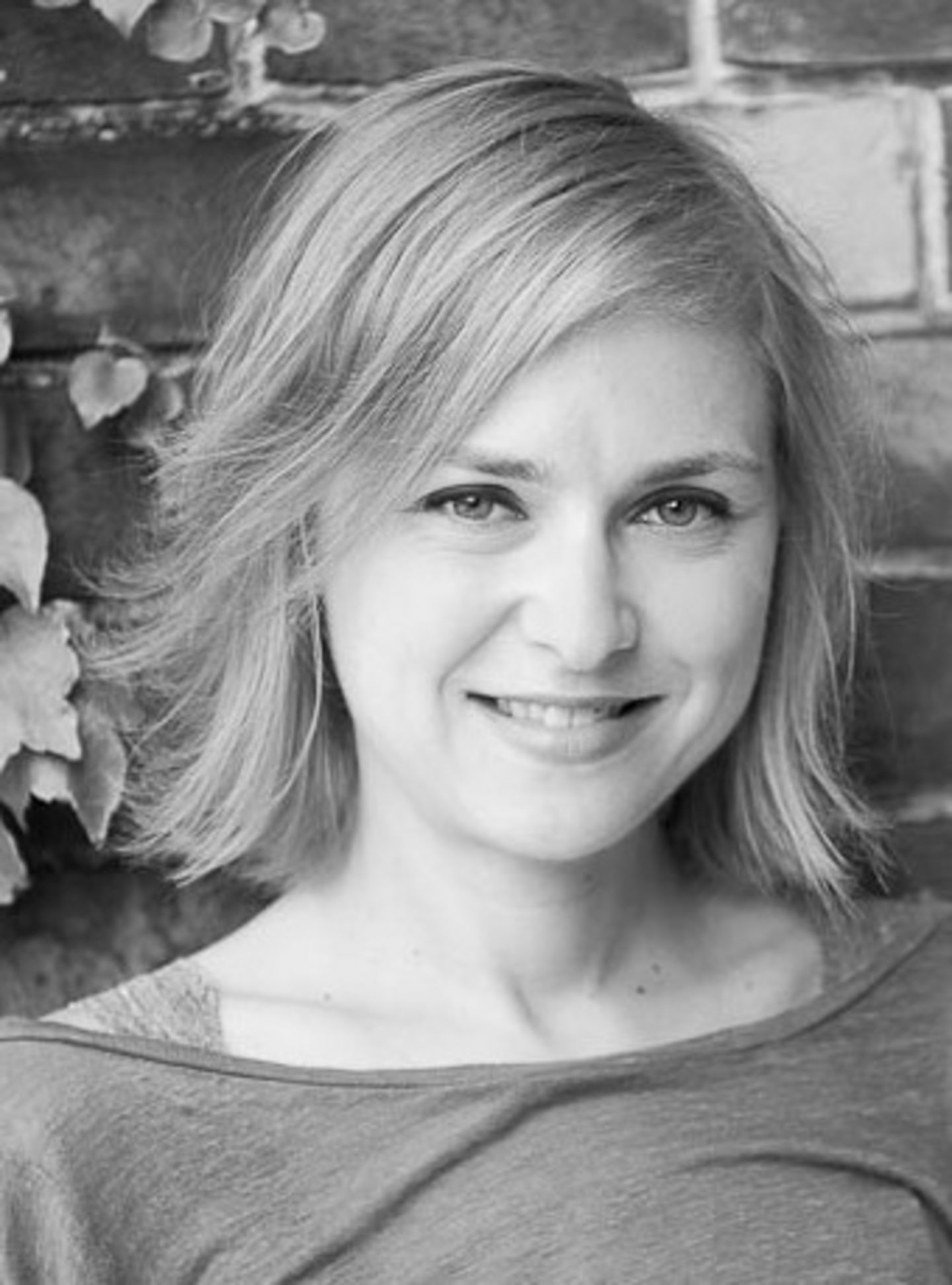
© Tiss: Ivona Brandic
Univ.Prof. Mag.rer.soc.oec. Dr.rer.soc.oec. Ivona Brandic, opens an external URL in a new window was confirmed permanently as University Professor for "High Performance Computing" with effect from 1 July 2021. She is assigned to the Institute of Information Systems Engineering, opens an external URL in a new window (E194) within the Faculty of Informatics, opens an external URL in a new window at TU Wien,
Ivona Brandic, born in what is now Bosnia-Herzegovina, came to Austria as a secondary school student in 1992 and studied Business Informatics at the University of Vienna and TU Wien. She finished her doctoral studies in 2007 with a dissertation on "Specification and planning of grid workflows with multiple constraints, opens an external URL in a new window" and subsequently worked as a post-doc since then at the Institute of Information Systems of TU Wien. In 2008 she was a visiting researcher at the University of Melbourne, Australia. In 2013 she obtained her Venia Docendi, thus qualifiying her to teach in the area of Practical Informatics with her habilitation on "Autonomic cloud computing, opens an external URL in a new window". In 2015 she won a START-Preis, opens an external URL in a new window of the FWF with the topic "Rucon - Runtime Control on Multi Clouds", which enabled her form February 2016 on a temporary professorship for High Performance Computing Systems at the TU Wien.
Ivona Brandic is working on Cloud-Computing, in specific with runtime optimisation of ultra-scale systems. Since 2016 she is member of the Young Academy, opens an external URL in a new window of the Austrian Academy of Science. Her scientific base is the Research Unit of E-Commerce, opens an external URL in a new window (E194-04) at the Institute for Information Systems Engineering.
Publications by Ivona Brandic in ReposiTUm, opens an external URL in a new window.
[Website Ivona Brandic, opens an external URL in a new window Wikipedia]
JUNE 2021
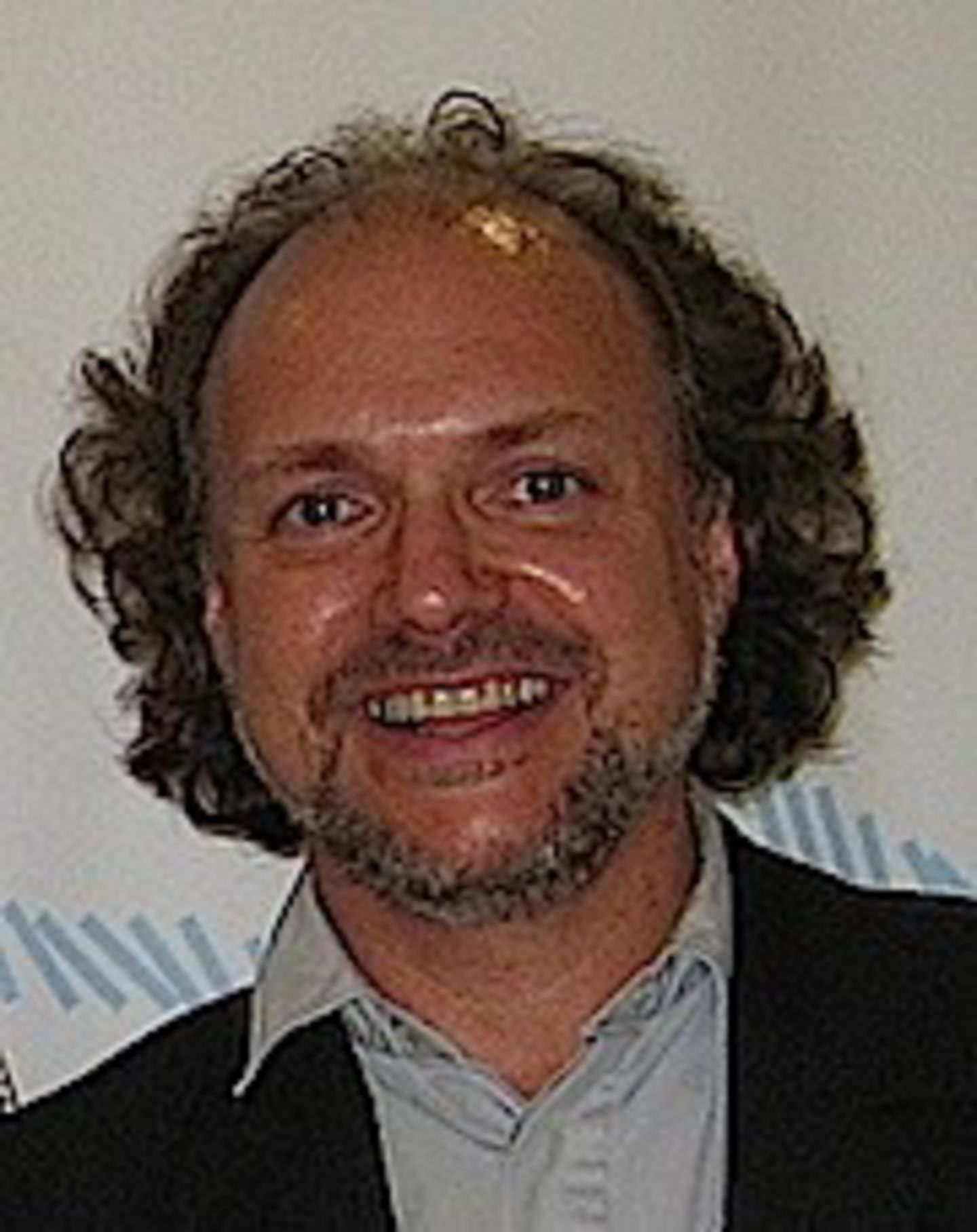
© Tiss: Andreas Farnleitner
Univ.Prof. Mag. Dr.rer.nat. Andreas Farnleitner, MSc.Tox., opens an external URL in a new window was appointed as University Professor for "Microbiology and Molecular Diagnostics" at TU Wien with effect from 1 June 2021. He is assigned to the Institute of Chemical, Environmental and Bioscience Engineering, opens an external URL in a new window (E166) within the Faculty of Technical Chemistry, opens an external URL in a new window at TU Wien,.
Andreas Farnleitner has studied Microbiology and Ecology at the University of Vienna. He then changed to TU Wien to work on his Doctoral Theses, which he completed 1999 on "Development, adaptation and optimisation of molecular biological and physiological solutions for environmental analytical problems in the field of aquatic microbiology, opens an external URL in a new window". In addition he completed a postgraduate study in toxicology at the MedUni Vienna (Msc.Tox.). 2007 he obtained his Venia Docendi, thus qualifiying him to teach in the area of "Environmental Microbiology" with a habilitation about "Neue Ansätze zur Analyse der mikrobiologischen Wasserqualität: vom Biomolekül zum Ökosystem, opens an external URL in a new window". After gaining experience abroad e.g. at the University of Bangor (UK), TU Berlin and the Netherlands Institute of Sea Research, he succsefully apllied for a tenure-track position at TU Wien on "Microbiology and Toxicology in Water and Health", which he completed as Associate Professor in April 2019.
He is Head of the Research Group for Environmental Microbiology and Molecular Diagnostics, opens an external URL in a new window within the Research Unit of Biochemical Technology (E166-05) and also Head of the Service Unit of Research Center Water and Health, opens an external URL in a new window. In addition he is heading the Research Unit Water Quality and Health, opens an external URL in a new window at the Department Pharmacology, Physiology and Microbiology of the Karl Landsteiner Universität in Krems and one of the TU Wien members of the Interuniversity Cooperation Center Water & Health, opens an external URL in a new window.
Publications by Andreas Farnleitner in ReposiTUm, opens an external URL in a new window.
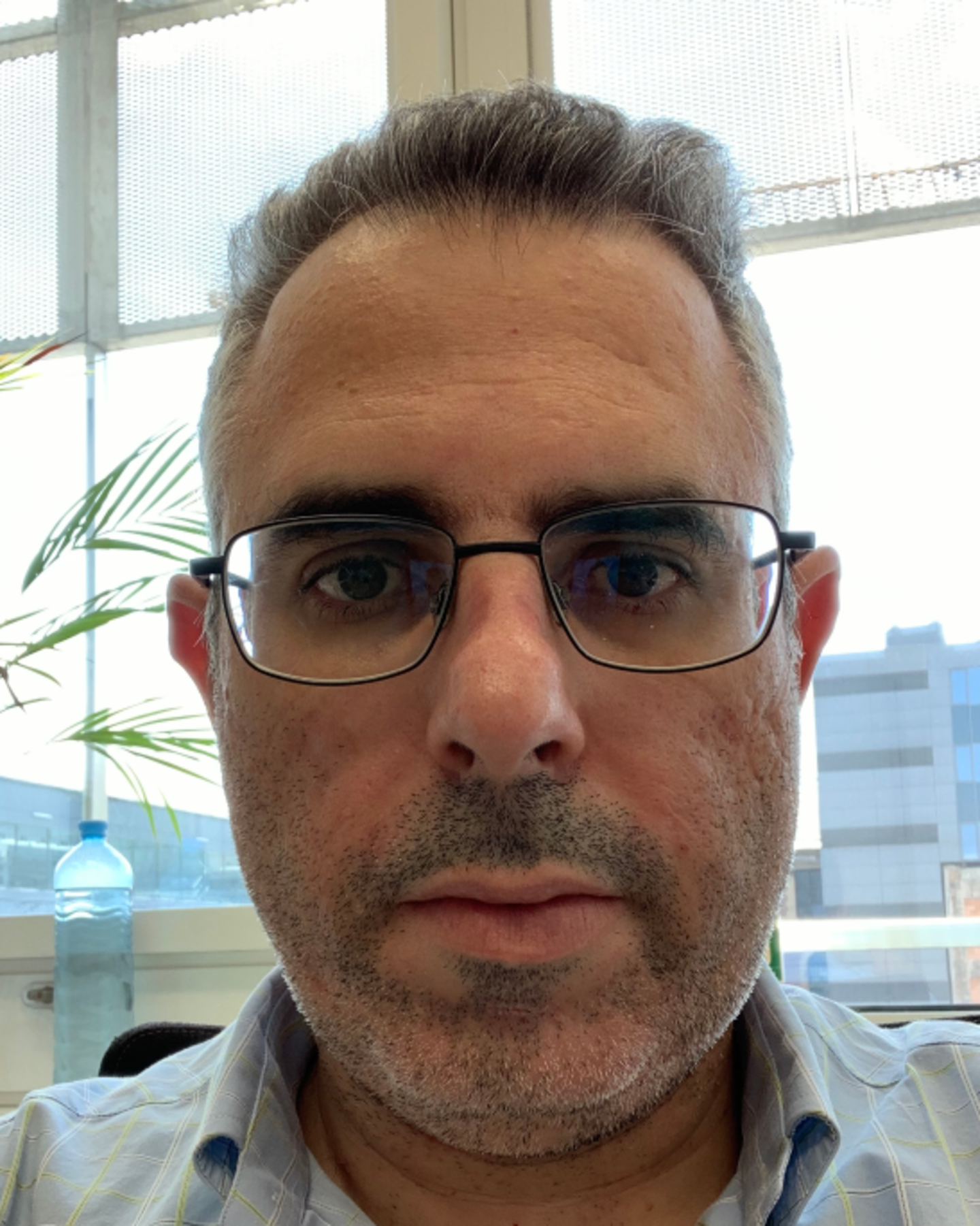
© Tiss: Stavros Papadokonstantakis
Univ.Prof. Stavros Papadokonstantakis, MSc PhD, opens an external URL in a new window was appointed as University Professor for Process Systems Engineering at TU Wien with effect from 1 June 2021. He is assigned to the Institute of Chemical, Environmental and Bioscience Engineering, opens an external URL in a new window in the Faculty of Technical Chemistry, opens an external URL in a new window.
Stavros Papadokonstantakis graduated in Chemical Engineering from the National Technical University of Athens (NTUA), Greece, in 1998. He obtained his PhD from NTUA in 2006 with a dissertation on “Modeling chemical processes using artificial neural networks, opens an external URL in a new window”. In 2007 he then moved to Switzerland, first as a Post Doc later as a lecturer and senior research assistant at the Department of Chemistry and Applied Biosciences of ETH Zurich. After almost 8 years in Switzerland he moved to Sweden, taking over a position as Associate Professor in the Department of Energy and Environment at Chalmers University of Technology in Gothenburg.
The scientific home of Stavros Papdokonstantakis is the Research Unit of Bioresources and Plant Science., opens an external URL in a new window His current research focuses on process modelling and conceptual design coupled to key performance indicators and multi-criteria design decision making (i.e., combining techno-economic, LCA/LCC and SHE hazard analysis towards a holistic economic and environmental sustainability assessment of the production system life cycle), applied to biorefinery design and industrial symbiosis systems.
Publications by Stavros Papadokonstantakis in ReposiTUm, opens an external URL in a new window.
MAY 2021
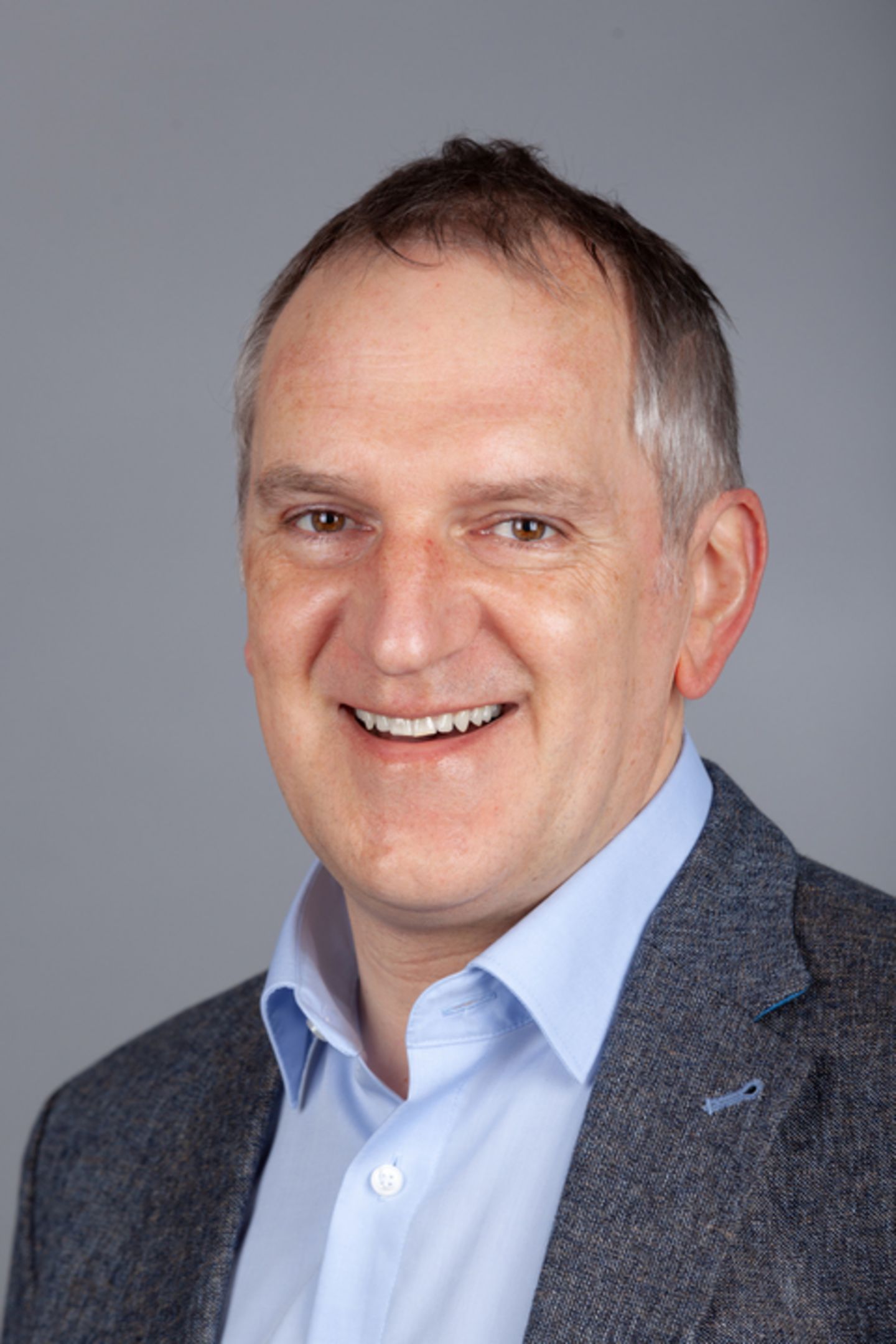
© Tiss: Martin Berens
Univ.Prof. Dr. Martin Berens, opens an external URL in a new window was appointed as University Professor of Aircraft Design at TU Wien with effect from 1 May 2021. He is assigned to the Institute of Engineering Design and Product Development (E307), opens an external URL in a new window in the Faculty of Mechanical and Industrial Engineering, opens in new window.
Martin Berens studied Mechanical and Aeronautical Engineering at TU Berlin. As part of his studies, he was also able to complete postgraduate training at Cranfield University (formerly "College of Aeronautics") - a university specialising in aeronautics north of London with its own airfield - which he completed with a Master of Science (Aerodynamics) in 1997. After his graduation he stayed at TU Berlin working as research assistant and was awarded his doctorate in the year 2008 with the topic "Potential of Multi-Winglet Systems to Improve Aircraft Performance, opens an external URL in a new window", opens an external URL in a new window. In 2006 he changed to Airbus, opens an external URL in a new window where he has since held a variety of project manager/engineer positions. Since 2016, e.g. he has been the "Technical Skill Leader" for engine simulation and since 2014 he has been the Head of the transnational, cross-departmental, multidisciplinary "Propulsion Simulation Network".
Martin Berens´ scientific base is the Research Unit of Machine Elements and Transmissions for Aviation where he is the Head of the Research Group for Aircraft Systems, opens an external URL in a new window.
Publications by Martin Berens in ReposiTUm, opens an external URL in a new window.

© Tiss: Albana Ilo
Associate Prof. Dr. Albana Ilo, opens an external URL in a new window is assigned to the Institute of Energy Systems and Electrical Drives, opens an external URL in a new window (E370) within the Faculty of Electrical Engineering and Information Technology, opens an external URL in a new window at TU Wien, assuming her post as Associate Professor for "Electrical Energy Systems" with effect from 1 May 2021.
Albana Ilo originates from Tirana (Albania) where she studied electrical engineering at Tirana University. In the year 1991 she moved to Austria and later received her doctorate from TU Wien with the topic "Flux distribution and power loss in transformer cores as a function of joint design, opens an external URL in a new window" in the year 1998. She then switched to industry (Siemens AG Austria), where she was working on many projects worldwide as a recognised expert and later as a Prinicipal Key Expert Consultant in the field of power supply systems. In 2013 she moved back to TU Wien and successfully applied for a tenure-track position. In 2020, she obtained her Venia Docendi, thus qualifying her to teach in the area of "Electrical Energy Systems" with a habilitation on "LINK-based holistic architecture for future power systems, opens an external URL in a new window".
Albana Ilo´s scientific base is the Research Unit of Energy Systems and Networks, opens an external URL in a new window. There she works on topics related to tintegrating distributed generation or smart grids and their impact on transmission and distribution networks. Her merit is the LINK Paradigm and the holistic solution for smart grids derived from it, that enables the decarbonisation of the economy (Sector Coupling) and the democratisation of the electricity industry (Energy Communities) for which she received the "50 most impactful green LEADERS (global listing)" award. She is the author of 3 international patents.
Publications by Albana Ilo in the ReposiTUm, opens an external URL in a new window.
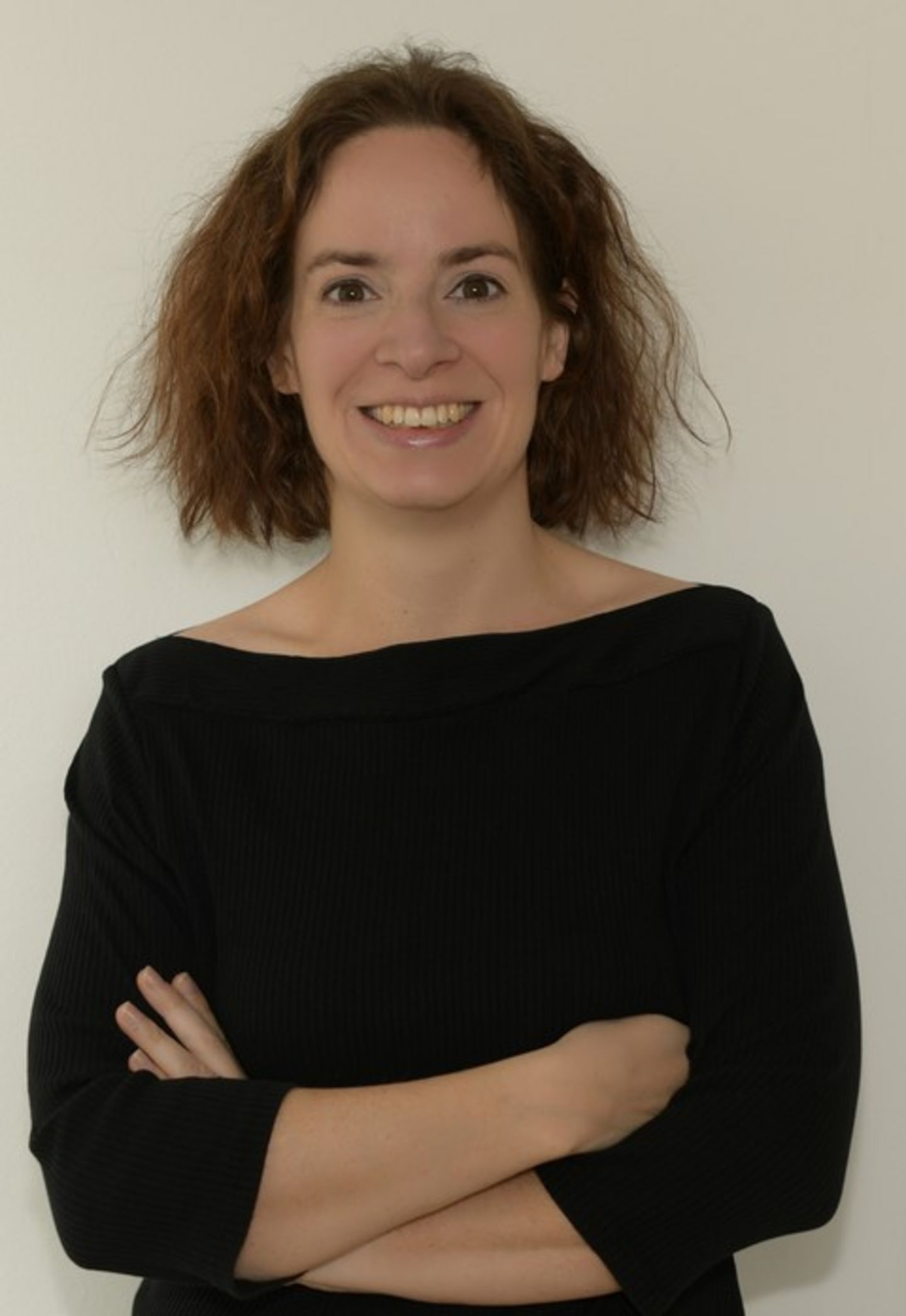
© Tiss: Katharina Schröder
Univ.Prof. Dr. Katharina Schröder, opens an external URL in a new window is assigned to the Institute of Applied Synthetic Chemistry (E163), opens an external URL in a new window within the Faculty of Technical Chemistry, opens an external URL in a new window at TU Wien, assuming her post as University Professor for "Sustainable Chemistry", with effect from 1 May 2021.
Katharina Schröder studied Technical Chemistry at the TU Wien and was awarded her doctorate in 2008 for the thesis "Chiral and metal functionalized ionic liquids in organic synthesis", opens an external URL in a new window. A 2-year research stay at Queen’s University in Belfast (Northern Ireland, UK) with Prof. Kenneth R. Seddon and Prof. Robin D. Rogers allowed her to specialize in sustainable (green) chemistry and ionic liquids. A subsequent research stay in 2009 took her to the DTU (Denmark's Technical University) in Copenhagen. In 2010 she returned to TU Wien and in 2015 obtained her Venia Docendi for "Organic Chemistry" with the habilitation thesis "Functionalized Ionic Liquids and their Applications". Since 2016 she has held a tenure-track position on the subject of "Sustainable Synthesis"; Associate Professor since 2018. In 2019 she was able to win an ERC Consolidator Grant., opens an external URL in a new window
Her scientific home is the Research Unit of Organic and Biological Chemistry at the Institute of Applied Synthetic Chemistry. Here she heads the Research Group for Sustainable Organic Chemistry and Catalysis , opens an external URL in a new windowand deals with new catalytic processes in asymmetrical synthesis.
Publications by Katharina Schröder in ReposiTUm, opens an external URL in a new window.
APRIL 2021
Univ.Prof. Dr.sc. Susann Ahn,, opens an external URL in a new window and Univ.Prof. Dr.-Ing. Thomas E. Hauck, opens an external URL in a new window were appointed as University Professors for Landscape Architecture at TU Wien with effect from 1 April 2021. They are assigned to the Institute of Urban Design and Landscape Architecture, opens an external URL in a new window (E260) in the Faculty of Architecture and Planning, opens an external URL in a new window.
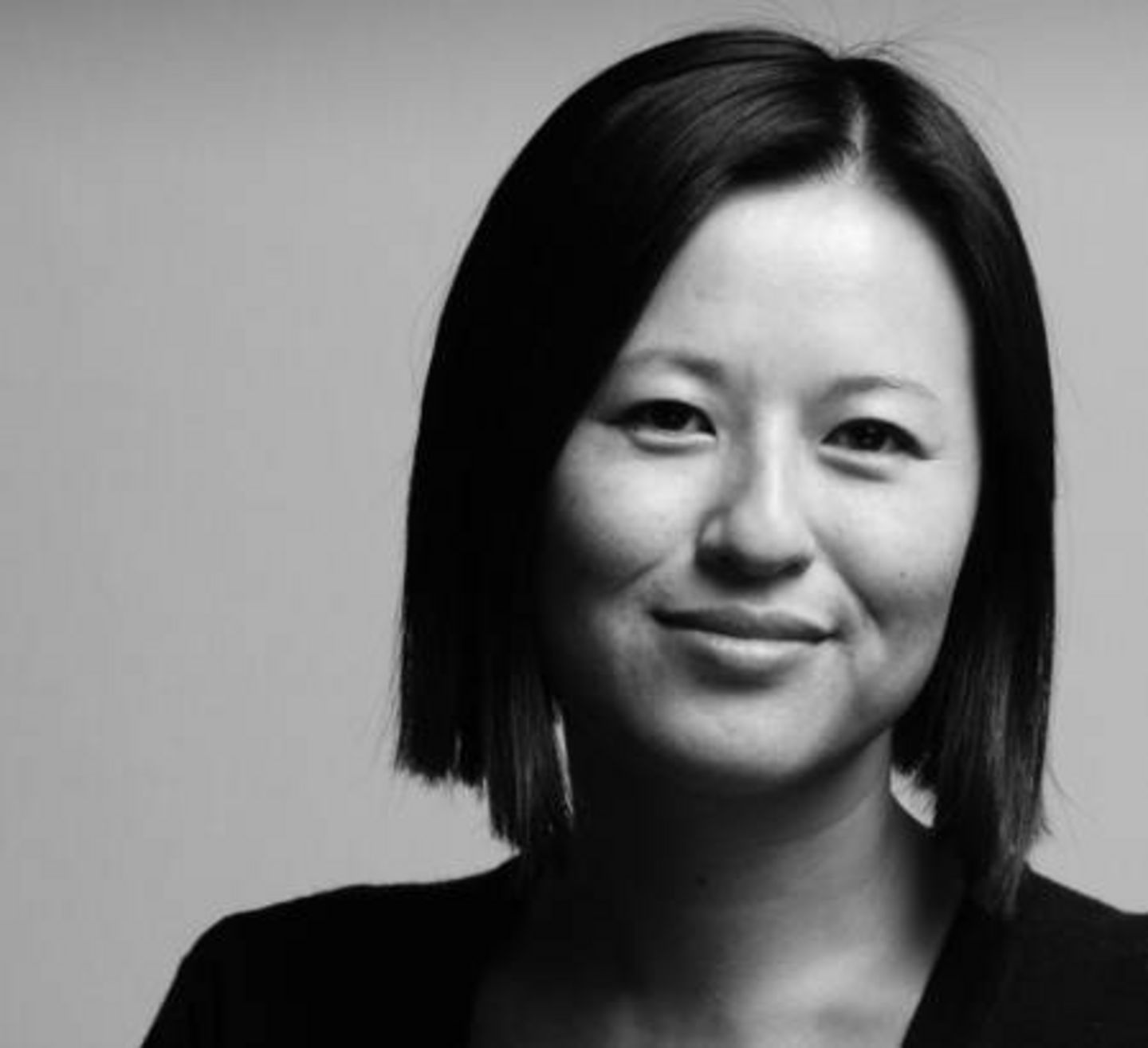
© Tiss: Susann Ahn
Susann Ahn studied Landscape Architecture and Landscape Planning at TU München and was awarded her doctorate in 2019 at ETH Zürich with the theme "Cultural Laboratory Seoul. Emergence, Narrative and Impact of Culturally Related Landscape Meanings, opens an external URL in a new window". She was coordinating international projects in various landscape architecture offices for several years, starting her own business in the area of landscape architecture and mediation in 2013 („Ahn Landschaftsarchitektur Mediation, opens an external URL in a new window“). Moreoever she is Co-Founder of „amedida group, opens an external URL in a new window". Besides she worked at the TU Munich and ETH Zurich from 2011-2021, doing research and teaching. Her research focuses at the nexus of planning and communication using as well artisitic-participative, process-oriented and conflict-resolving planning and design methods.
Publications by Susann Ahn in ReposiTUm, opens an external URL in a new window.
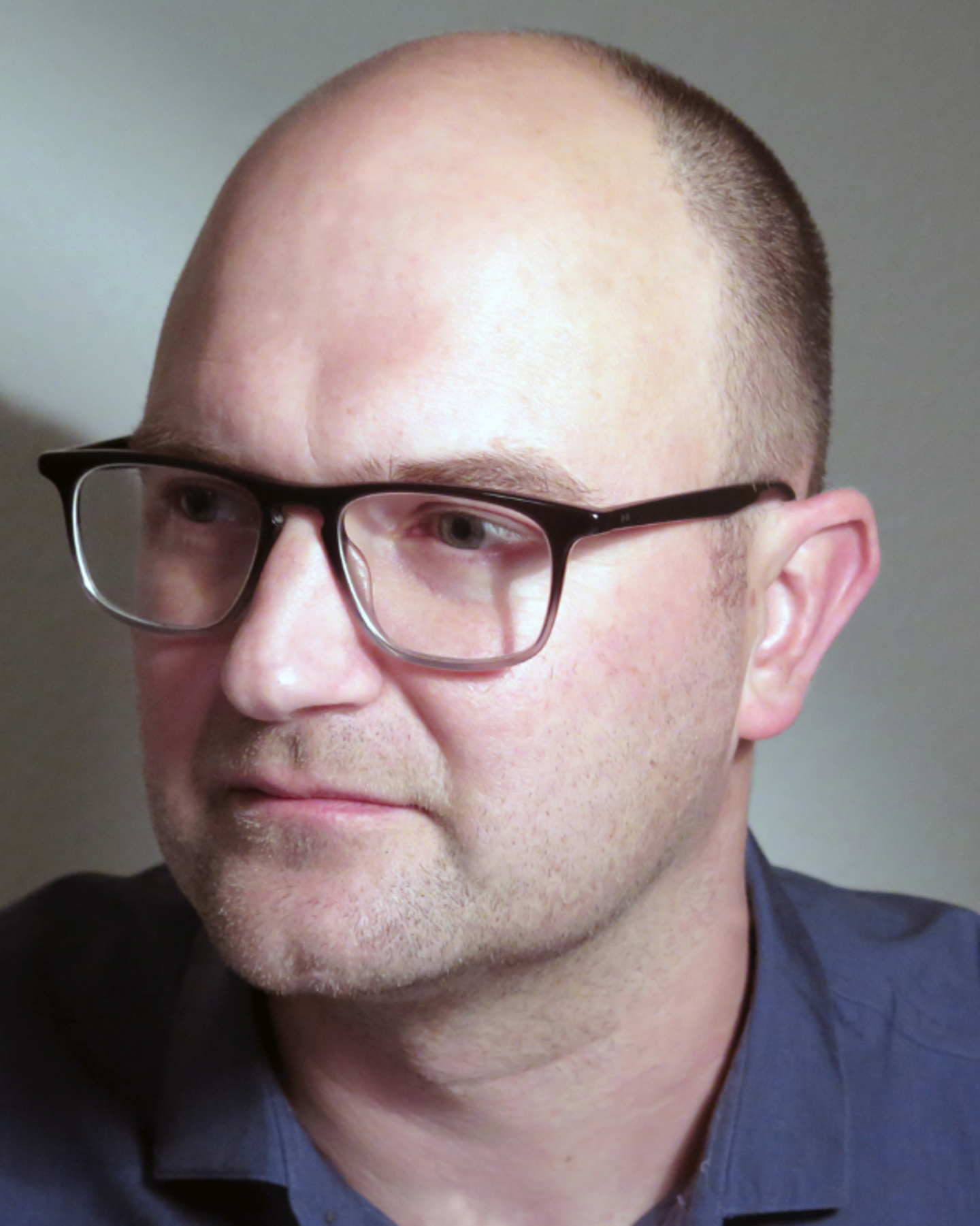
© Tiss: Thomas Hauck
Thomas E. Hauck has studied Landscape Architecture at the University of Hannover and at the Edinburgh College of Art and was awarded his doctorate 2013 at TU München with the theme „Landschaft und Gestaltung – Die Vergegenständlichung ästhetischer Ideen am Beispiel von Landschaft, opens an external URL in a new window“. He was conducting research and teaching from 2005 to 2014 at TU München and from 2014 on at the University of Kassel. Besides he is Co-Partner at "Polinna Hauck Landscape+Urbanism“ und Managing Director of „Studio Animal-Aided Desig, opens an external URL in a new windown“. His research focuses at the design of Urban Landscapes, where self-dynamic processes are possible and on the development of concepts linking Urban Planning and Co-Habitation.
Publications by Thomas E. Hauck in ReposiTUm, opens an external URL in a new window.
Susann Ahn und Thomas E. Hauck share together the professorship for Landscape Architecture and are based within the Research Unit of Landscape Architecture, opens an external URL in a new window.
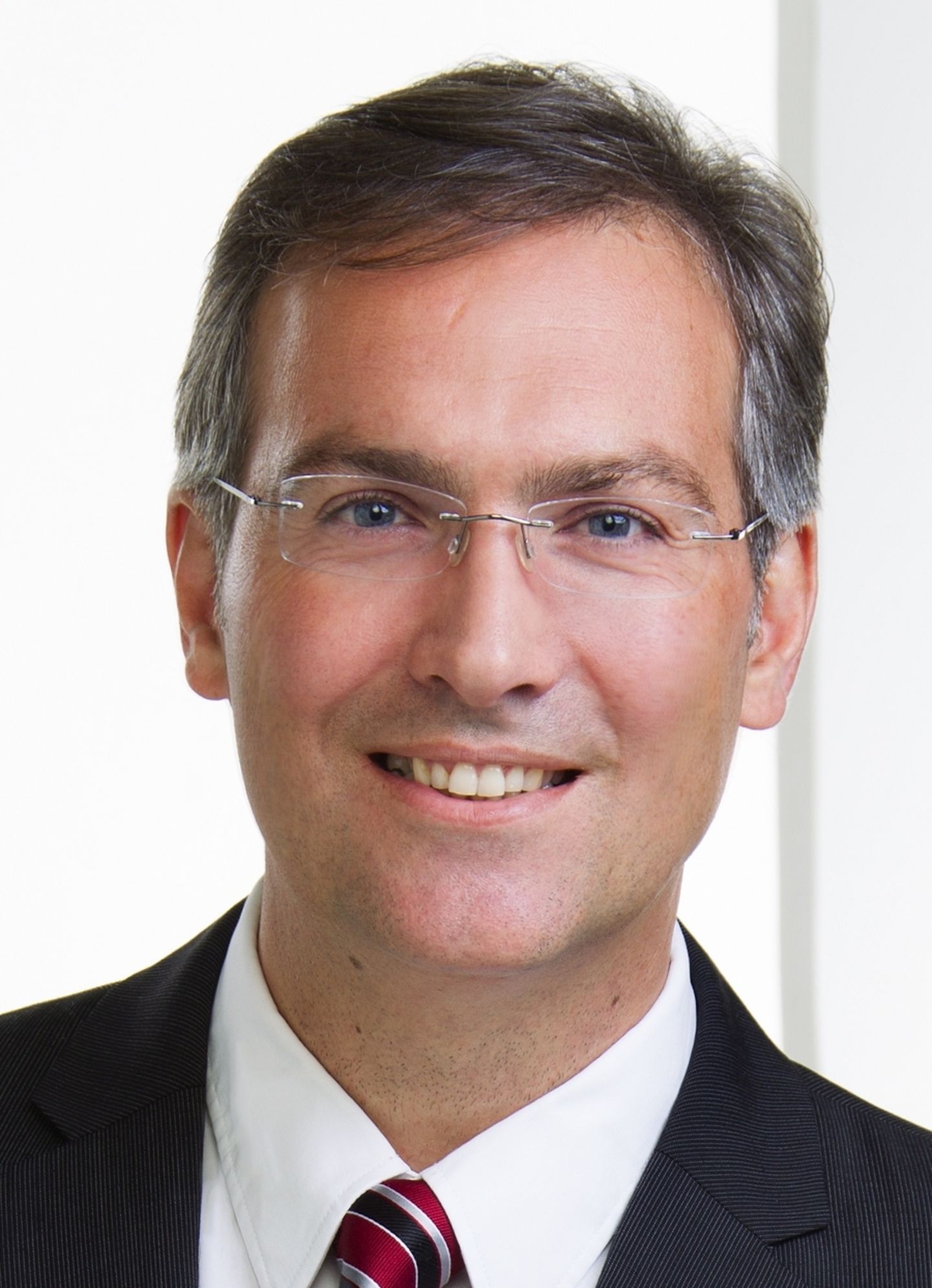
© Tiss: Peter Ertl
Univ.Prof. Dipl.-Ing. Dr. Peter Ertl, opens an external URL in a new window was confirmed permanently as University Professor for Lab-on-a-Chip Systems in Bioscience Technologies at TU Wien with effect from 1 April 2021. He is assigned to the Institute of Applied Synthetic Chemistry, opens an external URL in a new window (E163) and the Institute of Chemical Technologies and Analytics, opens an external URL in a new window (E164) in the Faculty of Technical Chemistry, opens an external URL in a new window.
Peter Ertl has studied Food Science and Biotechnology at the University of Natural Resources and Life Sciences (BOKU) in Vienna. He then moved to Canada where he conducted his scientific work for his docotoral theses at the University of Waterloo (Toronto) and was awarded his doctorate in 2001 for his thesis on "Development of an electrochemical biosensor for the rapid identification and quantitation of microorganisms, opens an external URL in a new window". Subsequently he did a PostDoc at the University of California, Berkeley (San Francisco, USA) 2003-2004. In addition he was Co-founder of a Biotech Start-up during this period. 2005 he moved back to Austria to AIT (Austrian Institute of Technology), working there as a senior researcher. 2011 he obtained his Venia Docendi, thus qualifiying him to teach in the area of "Nanobiotechnology", with his habilitation "Development of biosensors and microsystems for biomedical applications, opens an external URL in a new window" at the BOKU. Due to a Fulbright Stipendia he could spent another PostDoc at the University of California, Berkeley, as well as doing research at the Center of Biomimetic Sensor Science of the Nanyang Technological University, opens an external URL in a new window in Singapore and - again back in the USA - at the UCSF Health. In 2016 Peter Ertl was able to achieve a temporary professorship for "Lab-on-a-Chip Systems in Bioscience Technologies" at TU Wien. In 2019 he was a Visiting Researcher at the Imperial College London.
Peter Ertl was Head of the Research Group for Cell Chip, opens an external URL in a new window, within the Research Unit of Organic and Biological Chemistry (E163-03) as well as within the Research Unit of Environmental Analytics, Process Analytics and Sensors (E164-02). Moreover he is Chief Technology Officer of the Start-Up SAICO, opens an external URL in a new window, which was founded 2017. He is also Vice-Rector for Research, Innovation and International Affairs since October 2023.
Publications by Peter Ertl in ReposiTUm, opens an external URL in a new window.
[Webseite Peter Ertl, opens an external URL in a new window]
MARCH 2021
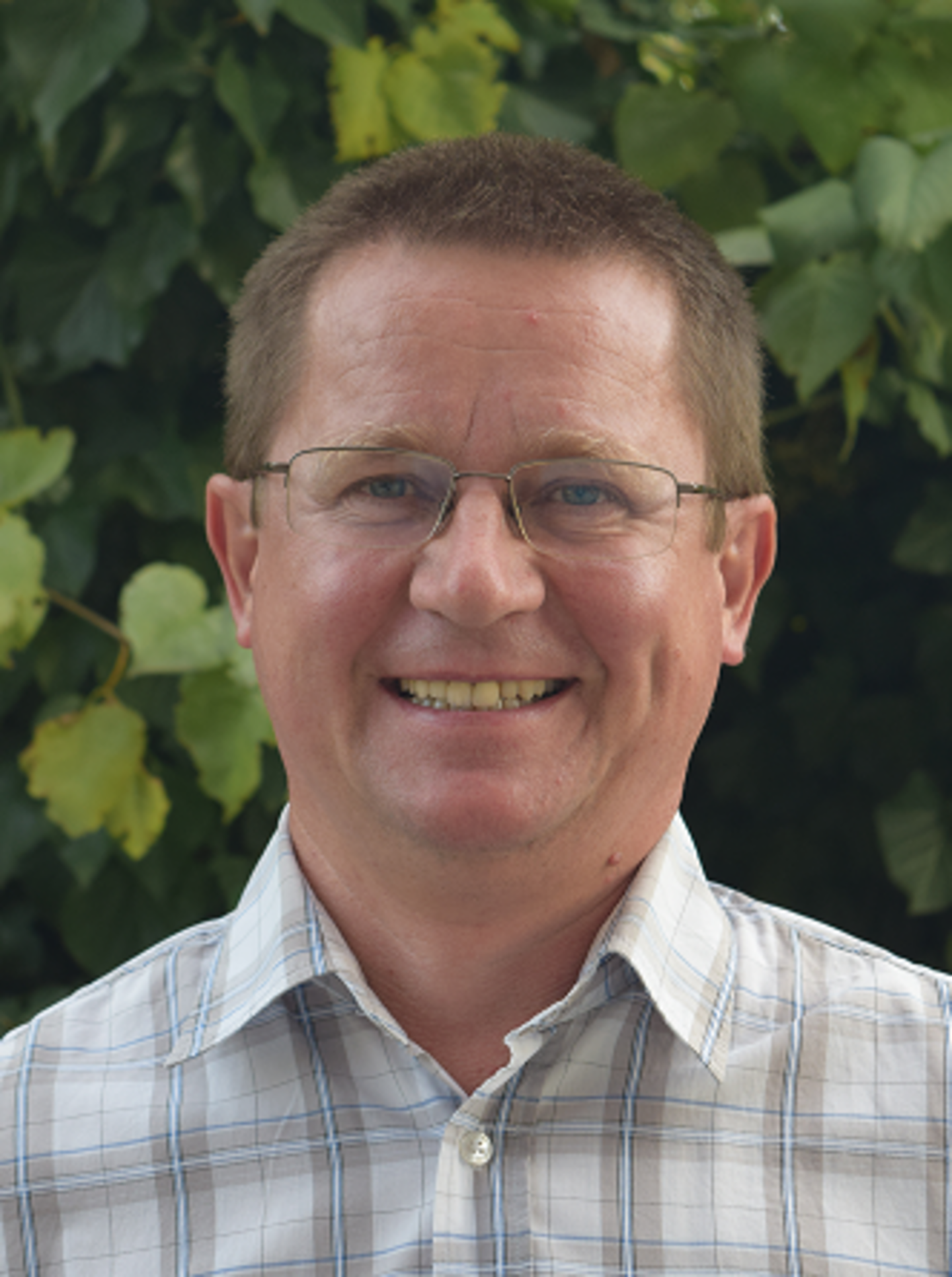
© Tiss: Johann Auer
Associate Prof. Dipl.-Ing. Dr.techn. Johann Auer, opens an external URL in a new window was assigned to the Institute of Energy Systems and Electrical Drives, opens an external URL in a new window (E370) within the Faculty of Electrical Engineering and Information Technology, opens an external URL in a new window at TU Wien, assuming his post as Associate Professor for "Economy and Regulation of the Energy Markets", with effect from 1 March 2021.
Johannn Auer has studied Electrical engineering at TU Wien was awarded his doctorate in the year 2000 for his thesis "Conditions for real competition in a european electricity market, opens an external URL in a new window". At the time of writing his thesis he could gain experience abroad at the University of California/Berkeley, (USA) as well as at the TU Berlin. Johann Auer remained loyal to TU Wien starting here his further scientific career. In the year 2012 he obtained his Venia Docendi, thus qualifiying him to teach in the area of "Energy Economy" with a habilitation about "Grid regulation in competitive electricity markets : methods, implementation, experience, and requirements for the future, opens an external URL in a new window", opens an external URL in a new window. In the year 2019 he successfully applied for a tenure-track position at TU Wien, which he completed in 2021.
His scientific base is the Research Unit of Energy Economics and Efficiency, opens an external URL in a new window (also known as Energy Economics Group). Here he works since more then 20 years on the topic of "energy markets" and in specific "on the integration of renewable energy sources into those markets" and is thus an essential member of the specific scientific community, also through the coordination and participation in important national and international research projects.
Publications by Johann Auer in ReposiTUm, opens an external URL in a new window.
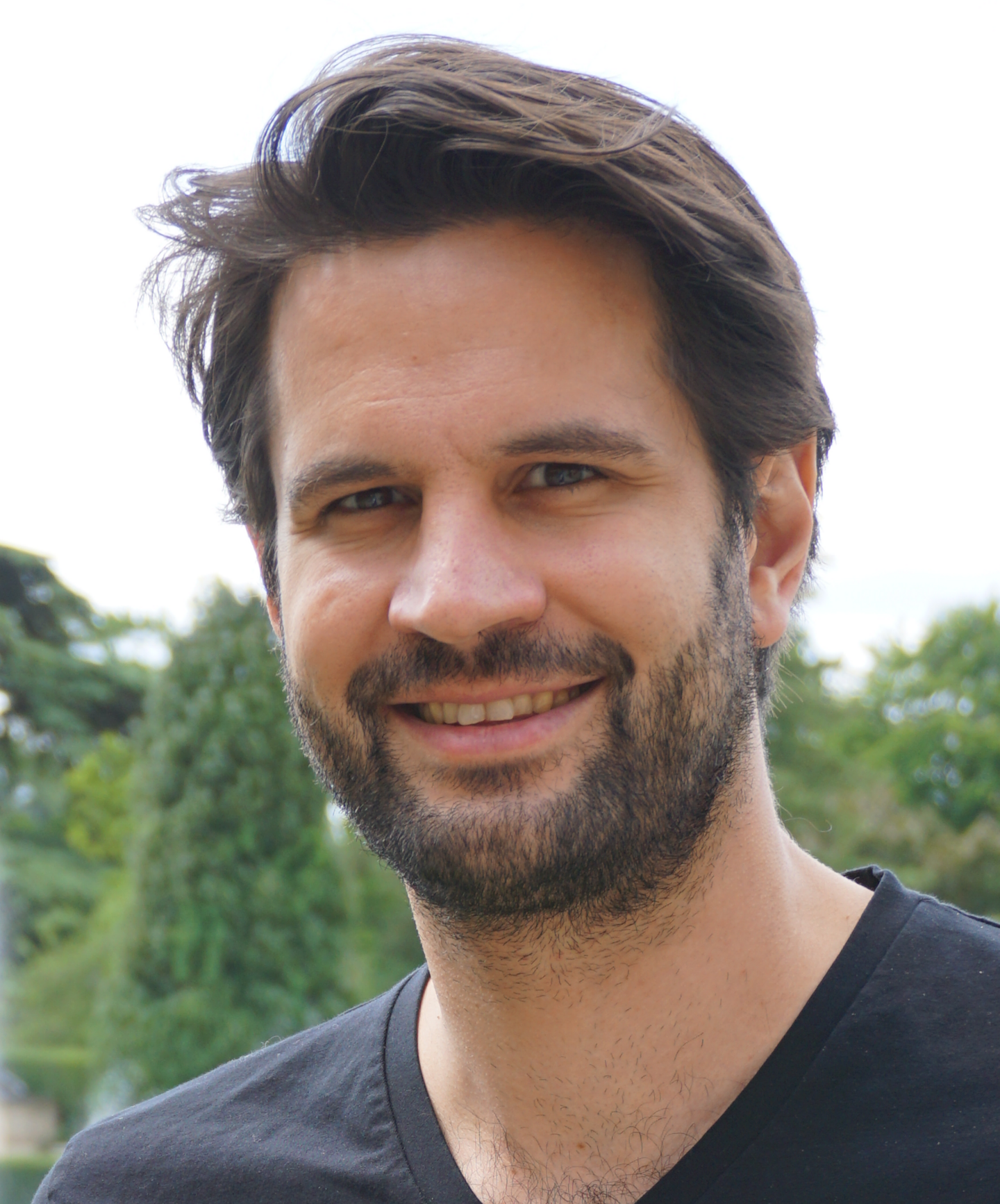
© Tiss: Josef Füssl
Univ.Prof. Dipl.-Ing. Dr.techn. Josef Füssl, opens an external URL in a new window was appointed as University Professor for Structure simulation and Timber Engineering at TU Wien with effect from 1 March 2021. He is assigned to the Institute of Mechanics of Materials and Structures, opens an external URL in a new window (E202) in the Faculty of Civil and Enviromental Engineering, opens an external URL in a new window.
Josef Füssl studied Civil Engineering at TU Wien and was awarded his doctorate with the thesis „Multiscale fracture modeling of bituminous mixtures - from fatigue behavior to ultimate strength properties of asphalt concrete, opens an external URL in a new window“. After a research stay abroad at the University of Oxford he obtained his Venia Docendi, thus qualifiying him to teach in the area of "Material simulation and structural mechanics" with the habilitation „Novel computational mechanics approaches for wood, asphalt concrete, and paving block constructions, opens an external URL in a new window“ in the year 2017. In addition he successfully applied for a tenure-track position on the subject of "Material simulation and structural mechanics" in the same year and since April 2019 he was Associate Professor at the Institute of Mechanics of Materials and Structures. In the year 2018 he received the START Preis, opens an external URL in a new window (one of the most prestigious grants for young scientists) [only in German] for the project "Making wood predictable through computational methods, opens an external URL in a new window".
Josef Füssl is Head of the Research Unit of Simulation of Materials and Structures, opens an external URL in a new window (E202-02) and is Faculty Member of the TU Wien Research Center "Geometry and Computational Design“ (E057-16). There he is Head of the Research group „Mechanics of Materials and Structures, opens an external URL in a new window“.
Publications of Josef Füssl in ReposiTUm, opens an external URL in a new window.
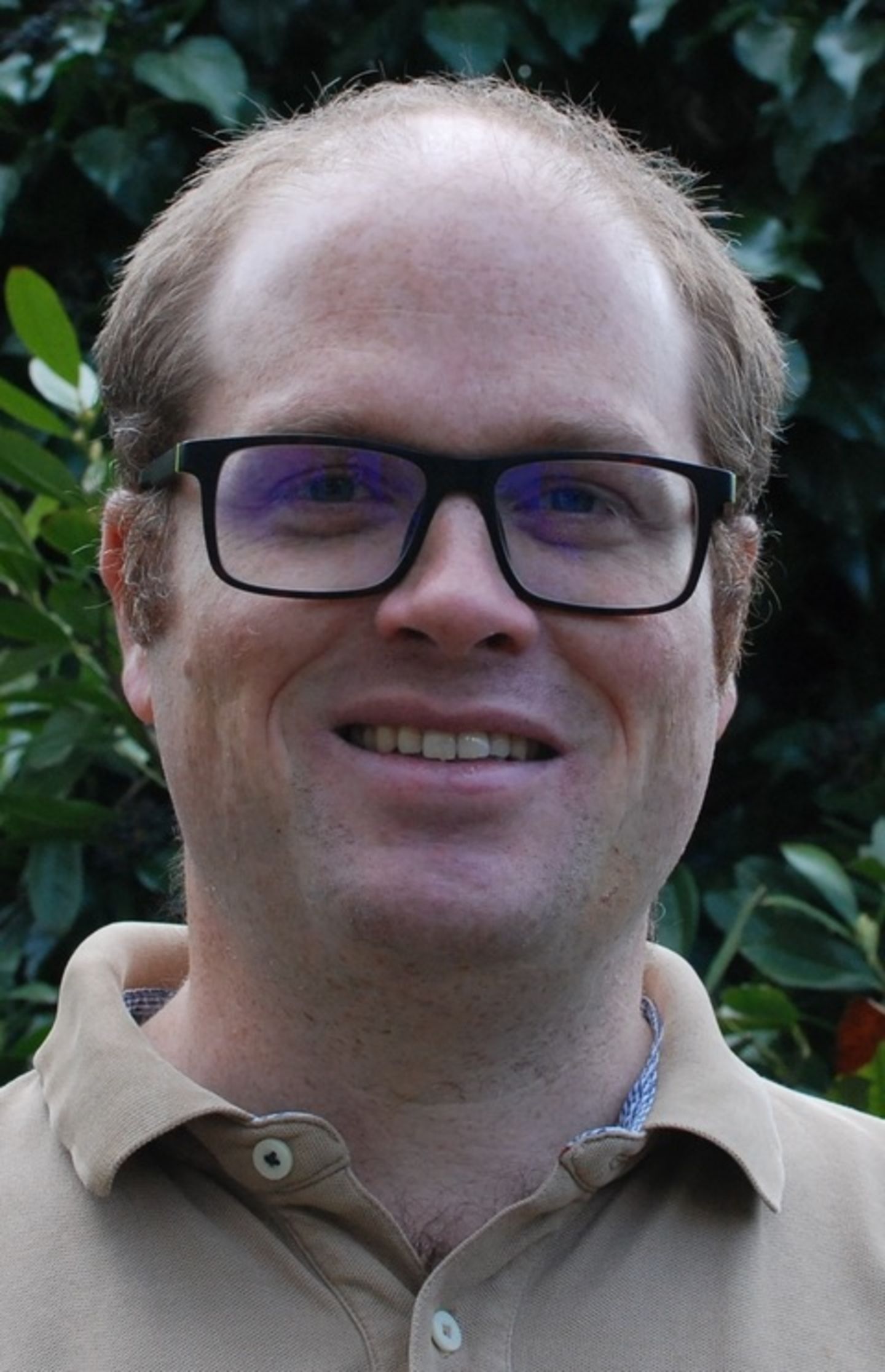
© Tiss: Stefan Gerhold
Univ.Prof. Dipl.-Ing. Dr.techn. Stefan Gerold, opens an external URL in a new window was appointed as University Professor for Mathematics at TU Wien with effect from 1 March 2021. He is assigned to the Institute of Statistics and Mathematical Methods in Economics, opens an external URL in a new window (E105) in the Faculty of Mathematics and Geoinformation, opens an external URL in a new window.
Stefan Gerhold has studied Technical Mathematics at the Johannes Kepler University Linz and was awarded his doctorate 2005 with the thesis "Combinatorial sequences: non-holonomicity and inequalitie, opens an external URL in a new window, opens an external URL in a new windows, opens an external URL in a new window". In the year 2006 he moved to TU Wien and - after a short research visit at the Joint Centre Microsoft Research/INRIA (Orsay close to Paris, F) - he obtained his Venia Docendi, thus qualifiying him to teach in the area of "Mathematics" with the habilitation about "Special functions : from Lindelöf integrals to volatility smiles, opens an external URL in a new window" in the year 2011. Since 2015 he was Associate Professor for "Finance- and Actuarial Mathematics" at the Institute of Statistics and Mathematical Methods in Economics, He is the recipient of the Cardinal Innitzer Promotion Prize for Natural Sciences (2012).
His scientific base is the Research Unit of Risk Management in Financial and Actuarial Mathematics, opens an external URL in a new window. His focus are asymptotic methods in the area of financial mathematics.
Publications by Stefan Gerhold in ReposiTUm, opens an external URL in a new window.
[Webpage Stefan Gerhold, opens an external URL in a new window]
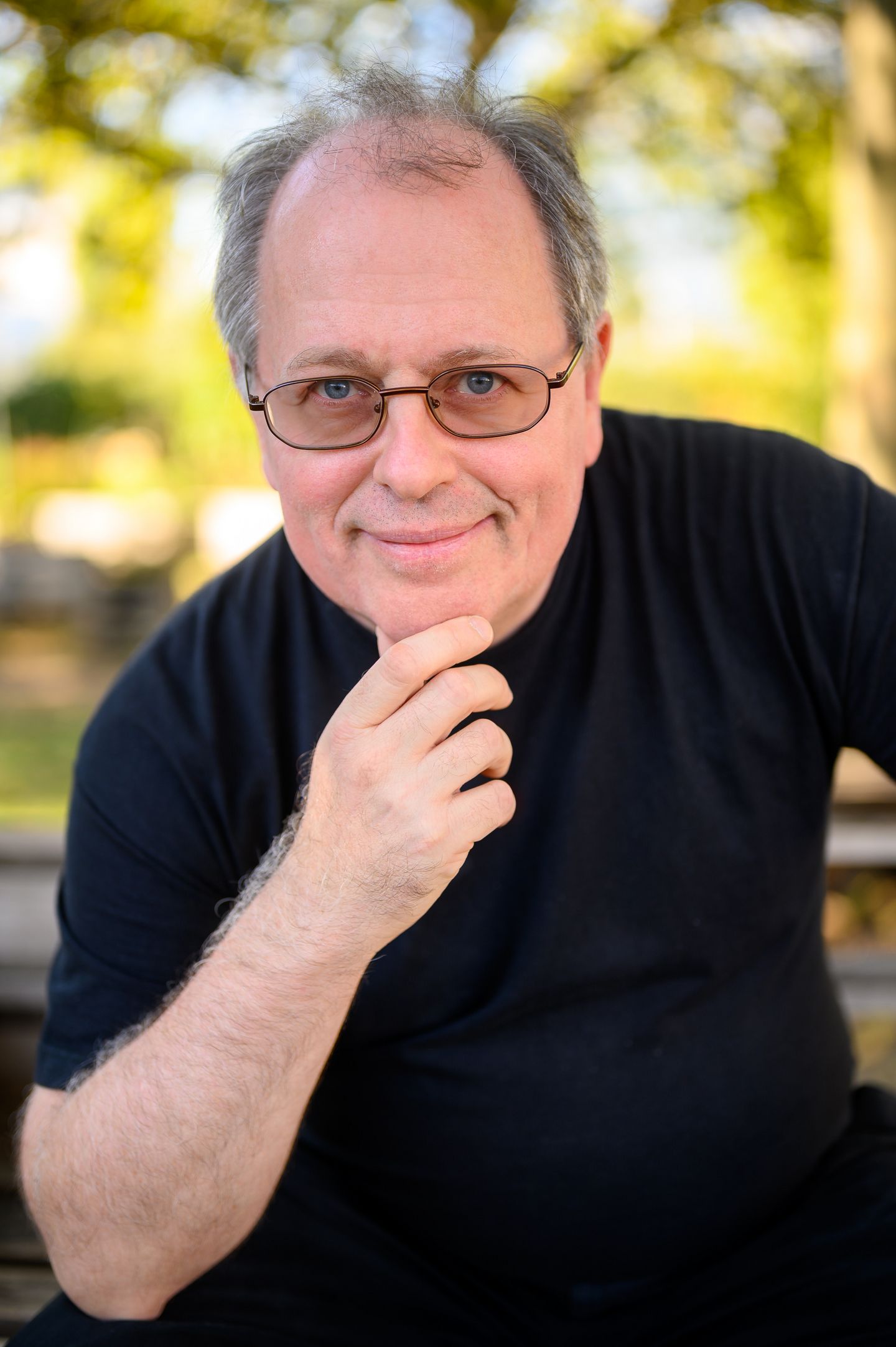
© Copyright TU Wien, Foto: Matthias Heisler
Univ.Prof. Dipl.-Ing. Dr.techn. Martin Goldstern, opens an external URL in a new window was appointed as University Professor for Mathematics at TU Wien with effect from 1 March 2021. He is assigned to the Institute of Discrete Mathematics and Geometry, opens an external URL in a new window (E104) in the Faculty of Mathematics and Geoinformation, opens an external URL in a new window.
Martin Goldstern has studied Informatics and Technical Mathematics at TU Wien and was awarded his doctorate 1986 with the thesis "Asymptotische Verteilung spezieller Folge, opens an external URL in a new window", supervised by Robert F. Tichy. Besides he is author of an additional thesis with the theme "Sets of reals and countable support iteration, opens an external URL in a new window", which he was finalising 1991 under the supervision of Jack Silver und Haim Judah during his research stay at the University of California (Berkley, USA). During this time, he also worked as a PostDoc at the Hebrew University of Jerusalem and Bar Ilan University (both in Israel), as well as at the Free University of Berlin. Since 1993 he is working at TU Wien where he also obtained his Venia Docendi, thus qualifiying him to teach in the area of "Mathematical Logic" in the year 1993 with the habliltaiton "Tools for your forcing construction, opens an external URL in a new window", opens an external URL in a new window. Further research stays then took him again to the Free University of Berlin and again to the USA (Carnegie Mellon University, Pittsburgh and Rutgers University, NJ).
Martin Goldstern is Head of the Research Unit of Algebra, opens an external URL in a new window (E104-01). His scientific focus is mathematical logics and universal algebra.
Publications by Martin Goldstern in ReposiTUm, opens an external URL in a new window.
[Webpage Martin Goldstern, opens an external URL in a new window]
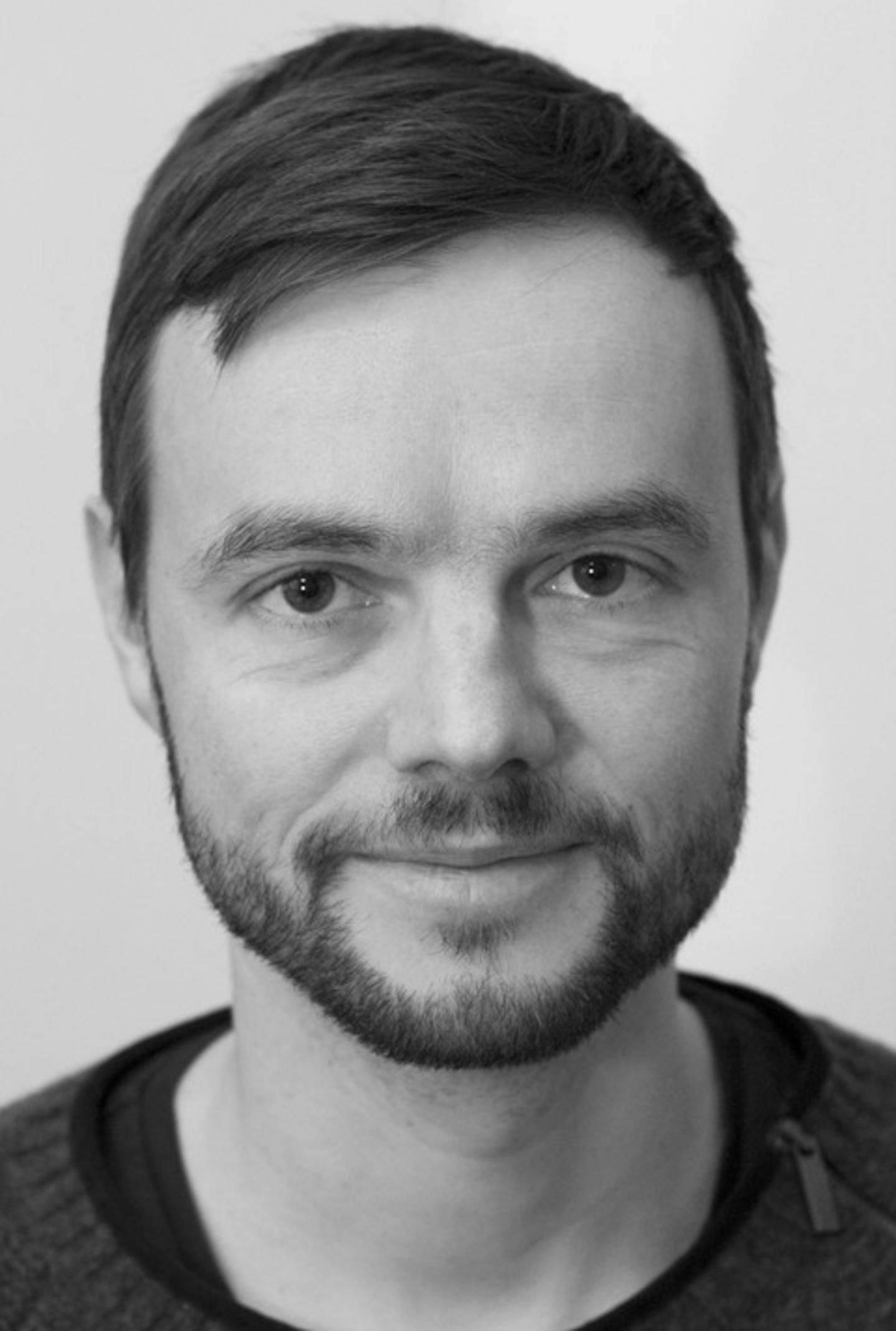
© Tiss: Sascha Hunold
Associate Prof. Dipl.-Inform. Dr.rer.nat. Sascha Hunold, opens an external URL in a new window was assigned to the Institute of Computer Engineering, opens an external URL in a new window (E191) within the Faculty of Informatics, opens an external URL in a new window, assuming his post as Associate Professor for "Run-time systems and scheduling for High-Performance Computing" with effect from 1 March 2021.
Sascha Hunold originates from Merseburg (Sachsen-Anhalt, Germany) and has studied Informactics at the Martin Luther University of Halle-Wittenberg. In 2009 he was awarded his doctorate at the University of Bayreuth (Germany) with the thesis "Evaluation der Leistungsfähigkeit von gemischt-parallelen Programmen in homogenen und heterogenen Umgebungen unter Berücksichtigung effizienter Schedulingstrategien, opens an external URL in a new window" [in German]. In the year 2015 he successfully applied for a tenure-track position at TU Wien. In 2019 he obtained his Venia Docendi, thus qualifiying him to teach in the area of "Informatics" with the habilitaiton "Benchmarking and scheduling on parallel machines, opens an external URL in a new window".
The scientific base of Sascha Hunold is the Research Unit of Parallel Computing, opens an external URL in a new window (E191-04). His research focuses on topics about reproducible research, benchmarking Parallel Hardware and Software etc.
Publications by Sascha Hunold in ReposiTUm, opens an external URL in a new window.
[Website Sascha Hunold, opens an external URL in a new window]
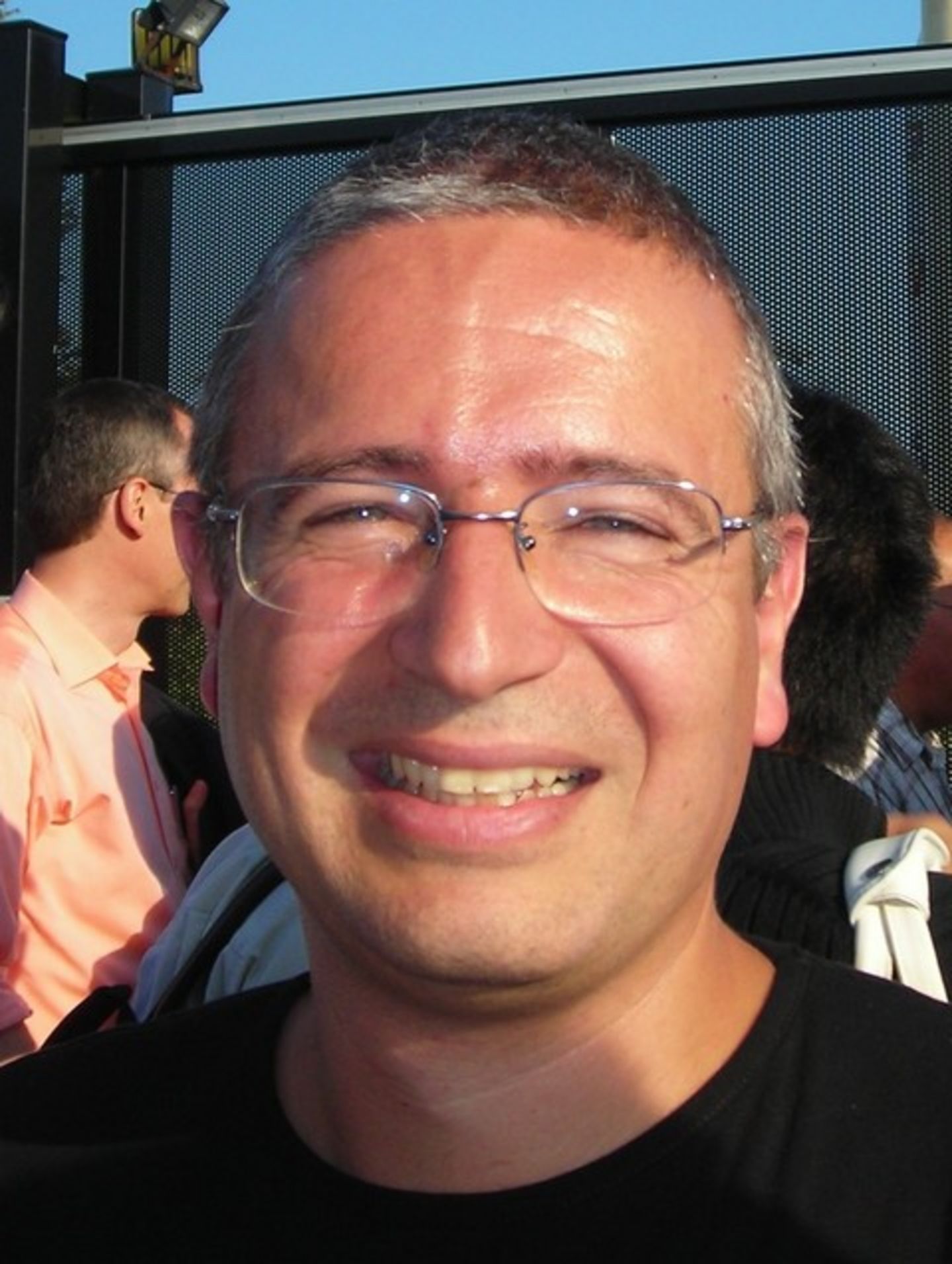
© Tiss: Peter Weinberger
Associate Prof. Dipl.-Ing. Dr.techn. Peter Weinberger, opens an external URL in a new window was assigned to the Institute of Applied Synthetic Chemistry, opens an external URL in a new window (E163) within the Faculty of Technical Chemistry, opens an external URL in a new window at TU Wien, assuming his post as Associate Professor for "Magneto- and Thermochemistry", with effect from 1 March 2021.
Peter Weinberger has studied Technical Chemistry at TU Wien and was was awarded his doctorate with the thesis with the theme "Structural, vibrational, quantumchemical and magnetochemical investigations on homo- and heteropolynuclear copper compounds with cobalt and vanadium,, opens an external URL in a new window" in the year 1998. Staying at TU Wien he finally obtained his Venia Docendi, thus qualifiying him to teach in the area of "Inorganic Chemistry" with a habilitation about "Magneto-optic Fe(II) spin-crossover compounds : a systematic study on structure - property relationships, opens an external URL in a new window". In the year 2018 he successfully applied for a tenure-track position at TU Wien, which he completed in 2021.
The scientific home of Peter Weinberger is the Research Unit of Inorganic Chemistry, where he is Head of the Research Group for Magneto- and Thermochemistry, opens an external URL in a new window. Besides he is a he is a longstanding active member of the Committee on Equal Treatment, opens in new window and since 2020 active in the Ally-Network, opens an external URL in a new window [in German]. He is also - due to numerous television and stage appearance - known to the public as part of the Science Busters, opens an external URL in a new window [in German] and thus ccontributes to the communivation of science and research.
Publications by Peter Weinberger in ReposiTUm, opens an external URL in a new window.
FEBRUARY 2021
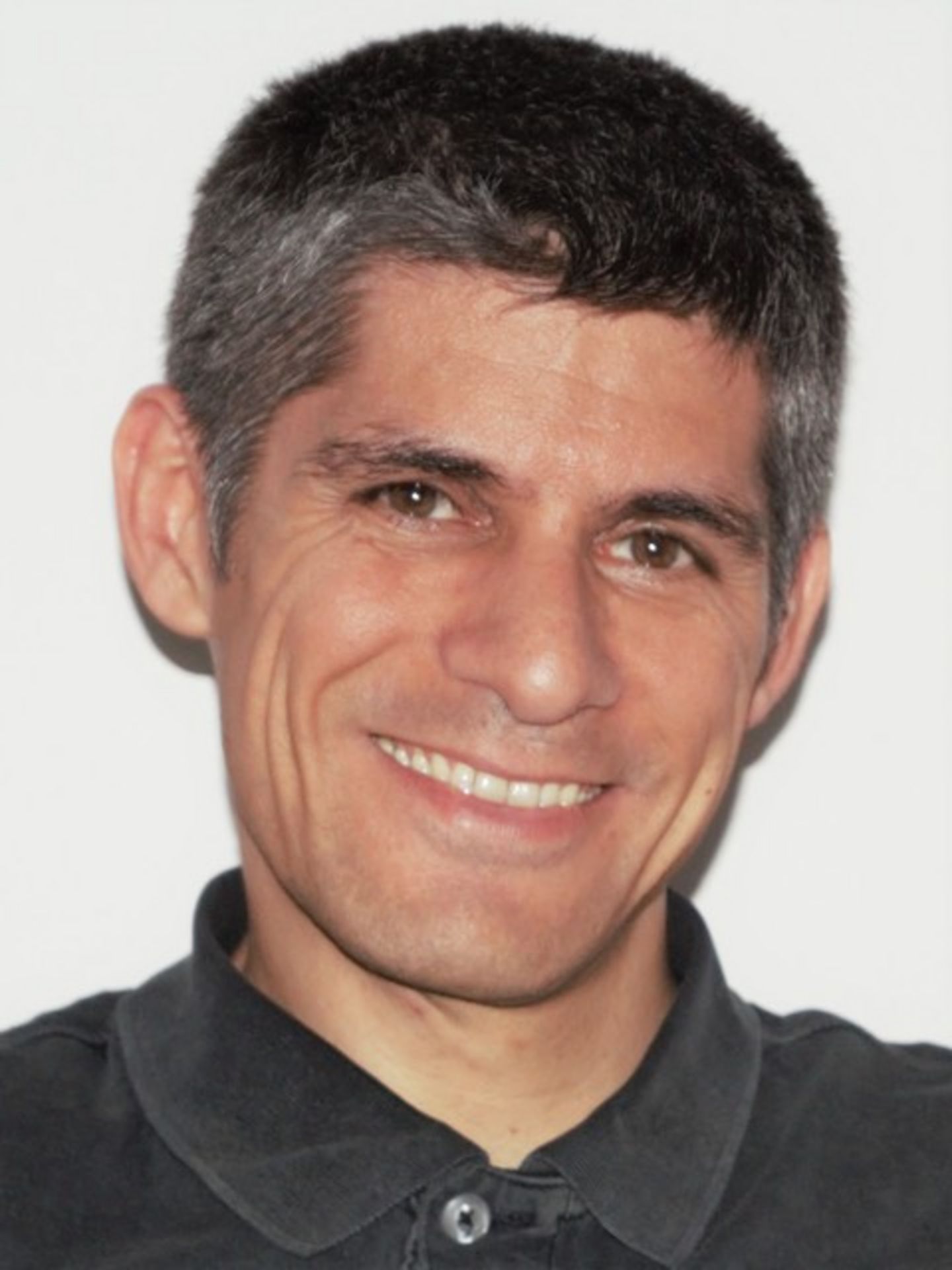
© Tiss: Andreas Limbeck
Univ.Prof. Dipl.-Ing. Dr.techn. Andreas Limbeck, opens an external URL in a new window was appointed as University Professor for Analytical Chemistry of Materials at TU Wien with effect from 1 February 2021. He is assigned to the Institute of Chemical Technologies and Analytics (E164), opens an external URL in a new window in the Faculty of Technical Chemistry, opens an external URL in a new window.
Andreas Limbeck studied Technical Chemistry at TU Wien an was awarded his doctorate in the year 2001 with the thesis "Investigation of the atmospheric behavior of dicarboxylic acids and other polar organic aerosol constituents, opens an external URL in a new window" under the supervision of Prof. Hans Puxbaum. 2009 he obtained his Venia Docendi, thus qualifying him to teach in the area of "Instrumental Analytical Chemistry", with his habilitation "I, opens an external URL in a new windowmprovements in the element specific analysis of environmental samples through development and application of new sample preparation techniques, opens an external URL in a new window". Since 2013 he successfully applied for a tenure-track position on the subject of "Atomic spectroscopy" and since February 2015 he was Associate professor at the Institute of Chemical Technologies and Analytics.
His scientific home is the Research Unit of Instrumental and Imaging Analytical Chemistry (E164-01), where he is Head of the , opens an external URL in a new windowResearch Group for Surface Analytics, Trace Analytics and Chemometry , opens an external URL in a new windowfocusing on inorganic trace analysis (composition of materials, distribution analysis – Imaging and Measurement of depth profiles).
Publications by Andreas Limbeck in ReposiTUm, opens an external URL in a new window.
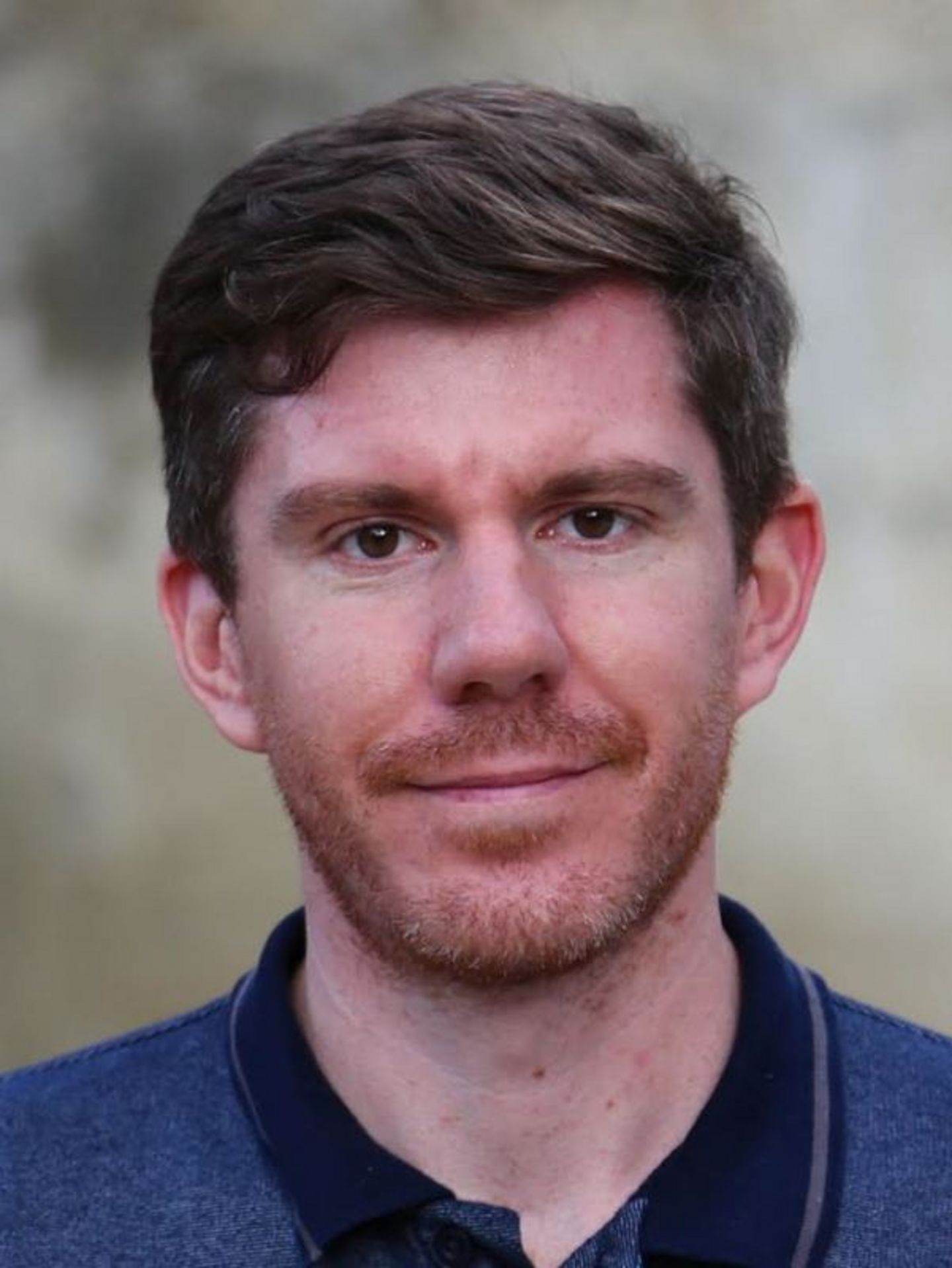
© Tiss: Gareth Parkinson
Univ. Prof. Gareth Parkinson PhD, opens an external URL in a new window was appointed as University Professor for Surface Reactivity at TU Wien with effect from 1 Febrary 2021. He is assigned to the Institute of Applied Physics , opens an external URL in a new window(E134) in the Faculty of Physics, opens an external URL in a new window.
Gareth Parkinson originates from Darlington (North East England), UK. He studied Physics at the University of Warwick (West Midlands) and was awarded a doctorate 2007 with his thesis "Studies of surface and interface structure using medium energy ion scattering, opens an external URL in a new window". Soon afterwards he moved abroad to the Tulane University in New Orleans LA (USA) where he worked as a Postdoctoral Researcher with Prof. Ulrike Diebold. 2010 he started his career at TU Wien as University Assistant. 2015 he was awarded a FWF START price, opens an external URL in a new window [in German]. In addition in 2015 he successfully applied for the tenure-track position "Surface Physics" and from 2017 on he was assigned to the Institute of Applied Physics as Associate Professor. In 2016 he obtained his Venia Docendi, thus qualifying him to teach "Experimental Physics" with his habilitation "Iron oxide surfaces, opens an external URL in a new window". 2019 he has been awarded an ERC Consolidator Grant, opens an external URL in a new window by the European Research Council (ERC) to study how individual atoms can be used as catalysts.
Gareth Parkinson´s scientific home is the Research Unit of Surface Physics, opens an external URL in a new window . He aims to understand the atomic-scale processes underlying reactivity on metal-oxide surfaces.
Publications by Gareth Parkinson in ReposiTUm, opens an external URL in a new window.
[Webpage Gareth Parkinson, opens an external URL in a new window]
JANUARY 2021
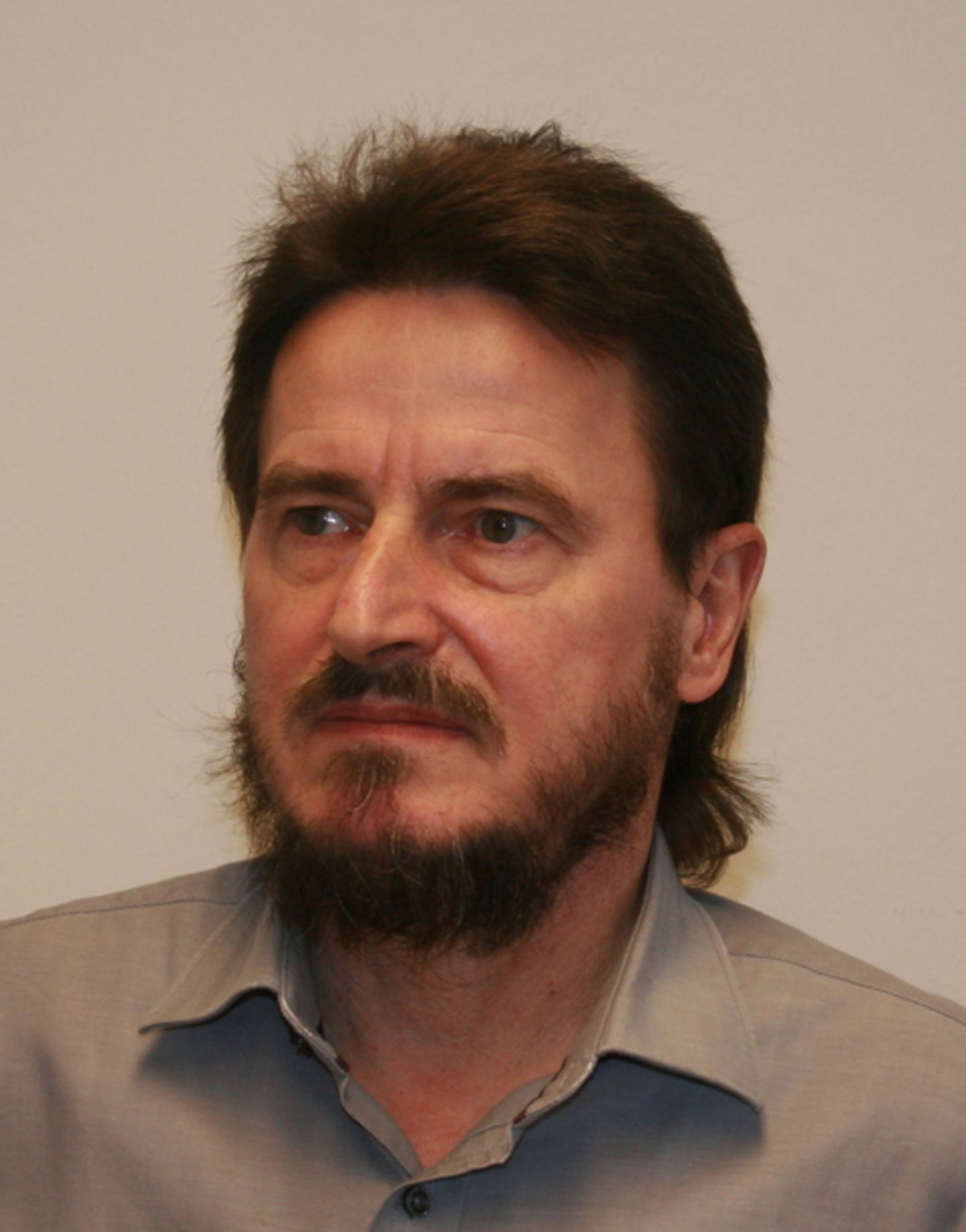
© Tiss: Eduard Gröller
Univ.Prof. Dipl.-Ing. Dr.techn. Eduard Gröller, opens an external URL in a new window was appointed as University Professor for Visualization at TU Wien with effect from 1 January 2021. He is assigned to the Institute of Visual Computing and Human-Centered Technology (E193), opens an external URL in a new window in the Faculty of Informatics, opens an external URL in a new window.
Eduard Gröller studied Computer Science at TU Wien and was awarded his doctorate also by TU Wien based on a dissertation about "Coherence in computer graphics, opens an external URL in a new window" in 1993 (Promotio sub auspiciis | TU Wien, opens in new window). Subsequently he gained internationla experience at the University of Kansas, USA (Fulbright Grant). 1996 he obtained his Venia Docendi, thus qualifiying him to teach in the area of "Practical Computer Science", with his habilitation "Visualization of nonlinear dynamical systems, opens an external URL in a new window". Since 1997 he was extraordinary university professor (außerordentlicher Universitätsprofessor) at the former Institute for Computergraphcis and Algorithms and was involved in the development of VRVis, opens an external URL in a new window (Zentrum für Virtual Reality und Visualisierung Forschungs-GmbH), where he is still working as Key Researcher.
Eduard Gröller is heading the Research Unit of Computer Graphics, opens an external URL in a new window (E193-02). His research interests are Visual Computing, Computer Graphics, Scientific Visualization, Information Visualization and Volume Visualization, as well as Visual Analytics.
Publications by Eduard Gröller in ReposiTUm, opens an external URL in a new window.
[Wikipedia, german: Dr. Eduard Gröller, opens an external URL in a new window]
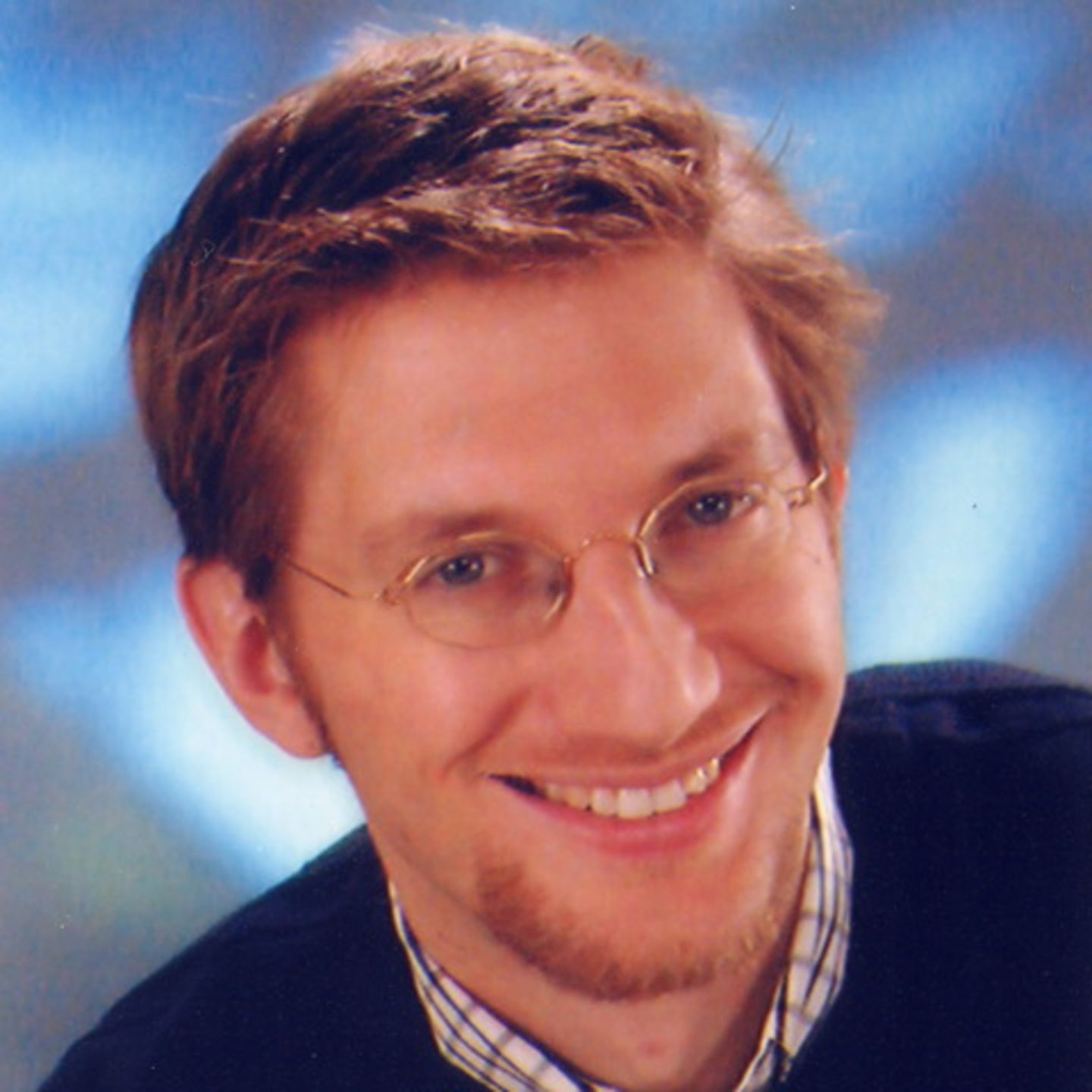
© Tiss: Michael Wimmer
Univ.Prof. Dipl.-Ing. Dr.-techn. Michael Wimmer, opens an external URL in a new window was appointed as University Professor for Computer Graphics at TU Wien with effect from 1 January 2021. He is assigned to the Institute of Visual Computing and Human-Centered Technology (E193), opens an external URL in a new window in the Faculty of Informatics, opens an external URL in a new window.
Michael Wimmer studied Informatics at TU Wien and was awarded his doctorate also by TU Wien based on a dissertation about "Representing and rendering distant objects for real-time visualization, opens an external URL in a new window" in 2001 (supervision: Univ. Prof. Michael Gervautz). 2007 he obtained his Venia Docendi, thus qualifiying him to teach in the area of "Practical Computer Science", with his habilitation on "Real-time rendering, opens an external URL in a new window". Since October 2009 he was Asscoiate Prof. at the former Institute for Computergraphcis and Algorithms.
Michael Wimmer leads the Research Group for Renderung and Modeling, opens an external URL in a new window at the Research Unit of Computer Graphics (E193-02). In addition he is heading the Center for Geometry and Computational Design, opens an external URL in a new window at TU Wien and is Key Researcher at the VRVis, opens an external URL in a new window (Zentrum für Virtual Reality und Visualisierung Forschungs-GmbH). His research interests are in the area of Computer Graphics with a focus on Rendering (Real-Time Rendering, Phtorealistic Presentations, Point-Based Graphics), Modeling (Procedural Modeling, Reconstruction of Surfaces, Geometry Processing), on Computational Design as well as the usage of this technology in all kind of developments regarding Virtual Reality.
Publications by Michael Wimmer in ReposiTUm, opens an external URL in a new window.
DECEMBER 2020
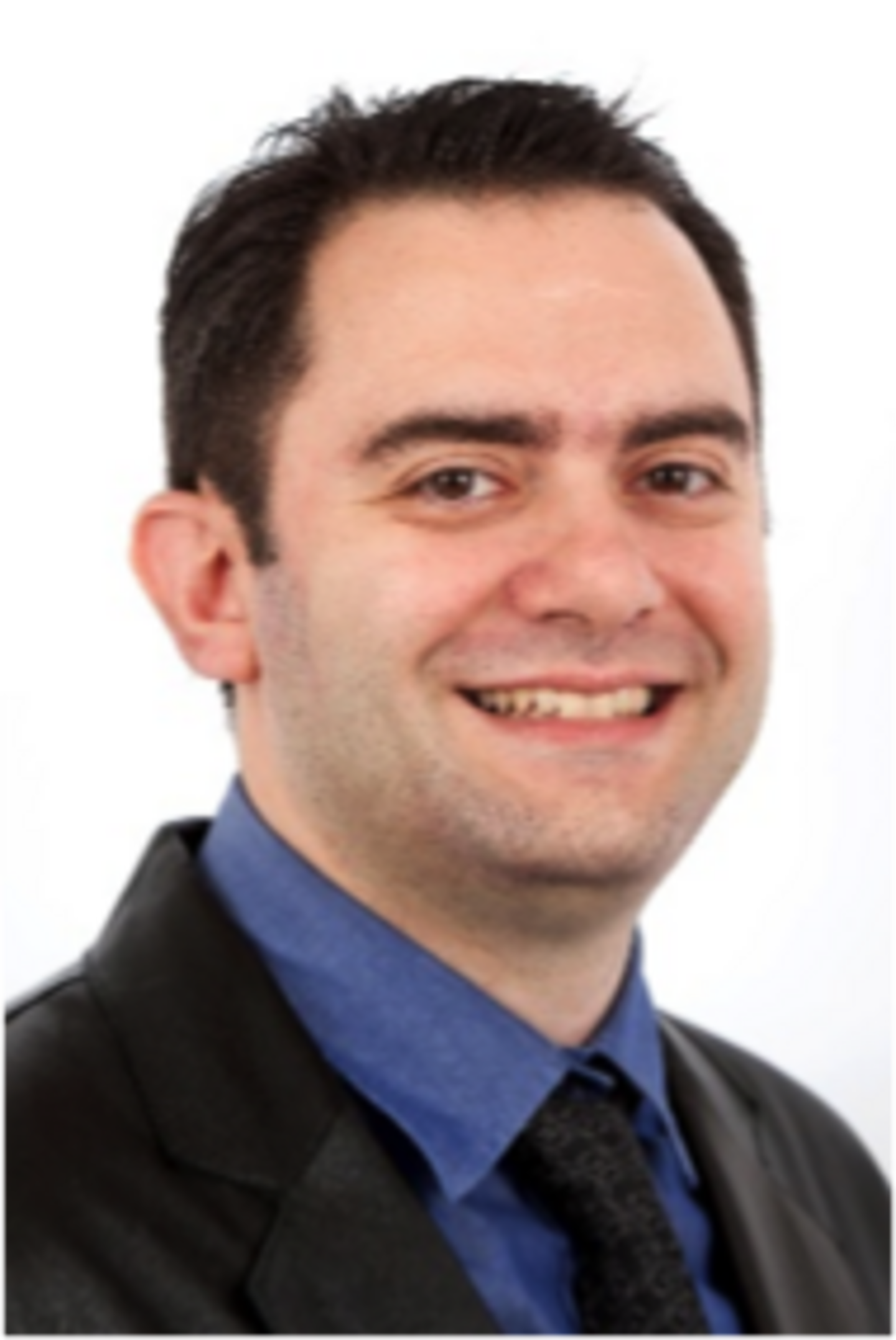
© Tiss: Ezio Bartocci
Univ.Prof. Dr. Ezio Bartocci, opens an external URL in a new window was appointed as University Professor of Formal Methods in Cyber-Physical Systems Engineering at TU Wien with effect from 1 December 2020. He is assigned to the Institute of Computer Engineering, opens an external URL in a new window (E191) in the Faculty of Informatics, opens an external URL in a new window.
Ezio Bartocci has studied informatics at the University of Camerino, opens an external URL in a new window in Italy focusing in bioinformatics and was awarded his doctorate for the thesis "A Formal Framework for Modeling, Simulating and Analyzing Networks of Excitable Cells" in the year 2009. After doing postdoctoral research at the New York State University at Stony Brook ("Department of Computer Science" ) he moved to TU Wien in the year 2012, working as an university assistant. In the year 2015 he successfully applied for a tenure-track position on the subject of "Medical Cyber-Physical Systems", which he succeeded in completing in 2019, thus qualifying as Associate Professor from 1/7/2019 on. In addition he was being awarded his authorisation to teach (venia docendi) in 2018 in "Computer Science" for his habilitation theses "Formal analysis of cyber-physical systems, opens an external URL in a new window".
He leads the Research Group on "Trustworthy cyber-physical systems" (TrustCPS, opens an external URL in a new window) at the Research Unit of Cyber-Physical Systems (E191-01) and is a principal member of the Faculty Council of Informatics. Moreover he is an advisory board member of the Docotoral College on Resilient Embedded Systems, opens an external URL in a new window . He is also the scientific coordinator of the ICT Project “ProbInG: Distribution Recovery for Invariant Generation of Probabilistic Programs, opens an external URL in a new window” funded by the. Vienna Science and Technology Fund.
Publications by Ezio Bartocci in ReposiTUm, opens an external URL in a new window.
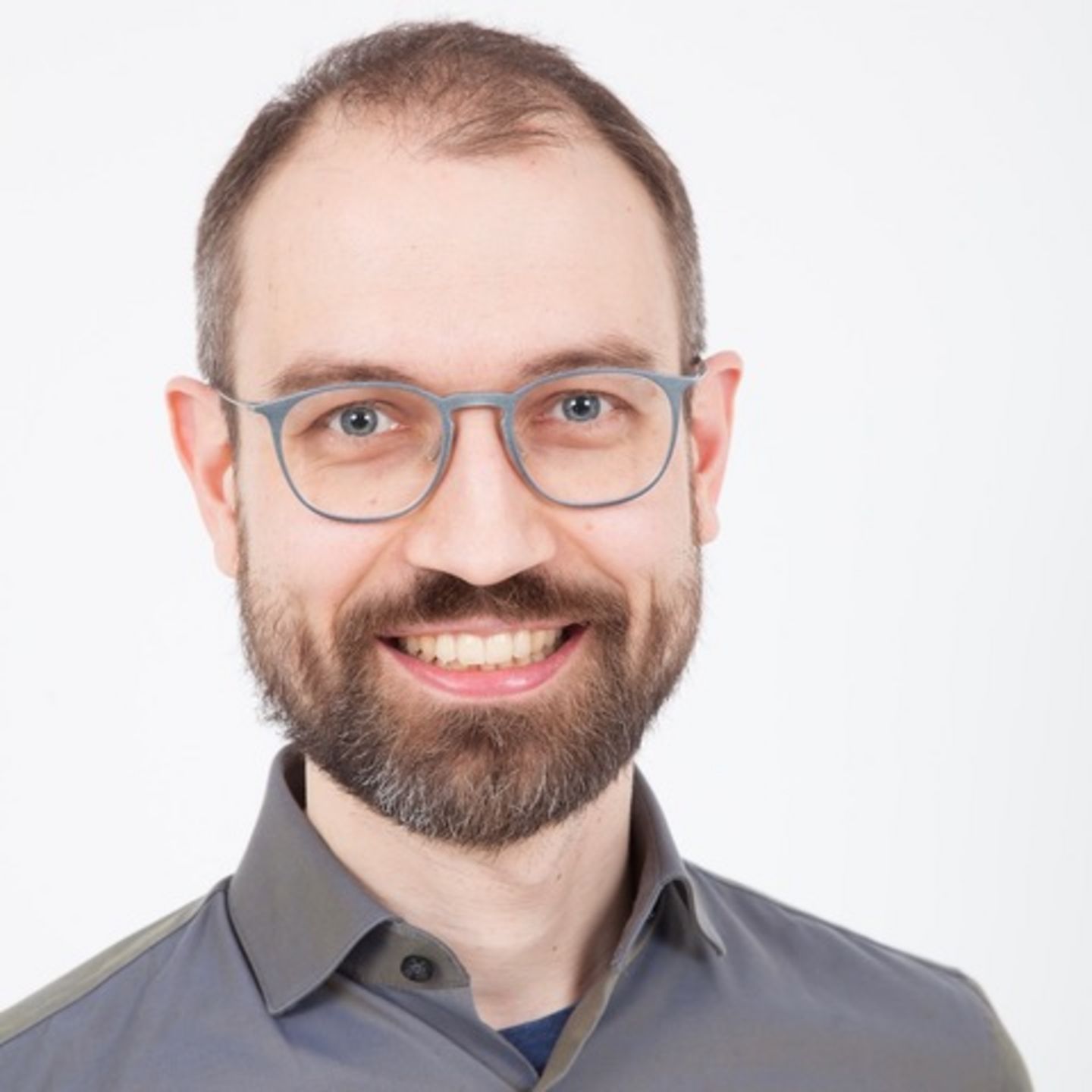
© Tiss: Martin Nöllenburg
Univ.Prof. Dipl.Inform. Dr.rer.nat. Martin Nöllenburg, opens an external URL in a new window was appointed as University Professor for Graph und Geometric Algorithms at TU Wien with effect from 1 December 2020. He is assigned to the Institute for Logic and Computation, opens an external URL in a new window (E192) within the Faculty of Informatics, opens an external URL in a new window.
Martin Nöllenburg has studied Computer Science at KIT (Karlsruher Institut für Technologie) and graduated with the best final degree in Informatics 2005/06! He was awarded his doctorate also by KIT based on a dissertation about "Network Visualization: Algorithms, Applications, and Complexity, opens an external URL in a new window" , receiving a KIT Award, opens an external URL in a new window in the year 2010. Afterwards he continued staying at KIT, first as Head of the Young Investigator Group (YIG) Algorithmen zur Geovisualisierung, opens an external URL in a new window, later doing some PostDoc Work abroad (u.a. UC Irvine, California, USA). 2015 he obtained his Venia Docendi, thus qualifiying him to teach in the area of "Computer Science", with his habilitation "Visualization of graphs and maps - an algorithmic perspective, opens an external URL in a new window". In the same year he applied successfully for the tenure-track position "Geometric and Graph Algorithms" at TU Wien which he successfully completed in 2017 and thus was assigned to the Institute for Logic and Computation as Associate Professor with effect from 17/11/2017.
He is part of the Research Unit Algorithms and Complexity, opens an external URL in a new window (E192-01). At the moment he is coordinating two research projects funded by FWF and WWTF in the area of Algorithm Engineering in Data Visualisation and is furthermore member of the Editorial Board of the Journal of Graph Algorithms and Applications, opens an external URL in a new window and member of the Steering Committee of the "International Symposium on Graph Drawing and Network Visualization (2020, opens an external URL in a new window)".
Publications by Martin Nöllenburg in ReposiTUm, opens an external URL in a new window.
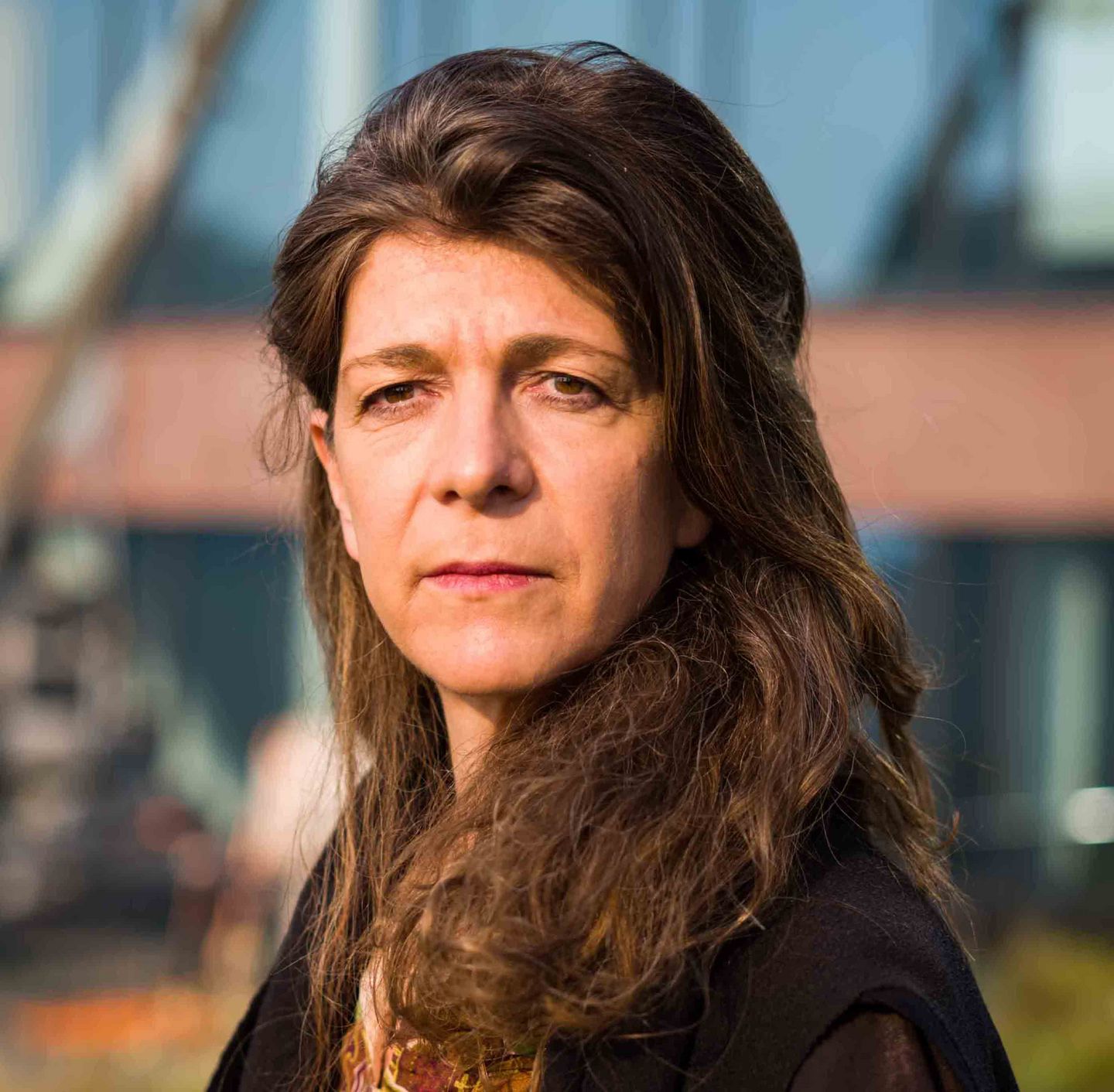
© Tiss: Ute Schneider
Univ.Prof. Dipl.-Ing. Ute Schneider, opens an external URL in a new window was assigned to the Institute of Urban Design and Landscape Architecture , opens an external URL in a new window(E260) within the Faculty of Architecture and Planning, opens an external URL in a new window at TU Wien, assuming her post as University Professor for "Urban Design", with effect from 1 December 2020.
After training as a carpenter and several years of experience as an interior designer, Ute Schneider studied at the University of Stuttgart from 1990, where she graduated in architecture and urban planning in 1998. During her studies, she worked in various German and Dutch, internationally operating architecture firms, including at Neutelings Riedijk Architects. In 1998 she founded the architecture office Zipherspaceworks , opens an external URL in a new windowtogether with three partners (Ippolito, Fleitz and Weismann)in Stuttgart with a focus on working on various disciplines ranging from urban planning, architecture, exhibition design and product design to graphic and web design. In 2002 she founded her own office "umaoffice". In 2003 Ute Schneider started her collaboration with the architecture office KCAP , opens an external URL in a new windowfrom Rotterdam, founded their Swiss branch in Zurich in 2006 and took over the management there in 2009. She has been a partner of KCAP since 2016.
In addition to her work as a planner, Ute Schneider has worked on various exhibitions and publications for KCAP and is active in numerous competition juries and design advisory boards. She is regularly invited to give lectures and reviews as well as teaching at various international universities. From 2012 to 2018 she was in charge of urban planning integration at the University of Liechtenstein. In 2018 she held a visiting professorship at the Technical University of Munich.
Ute Schneider is the head of the urban design, opens an external URL in a new window research area (E260-01).
Publications by Ute Schneider in ReposiTUm, opens an external URL in a new window.
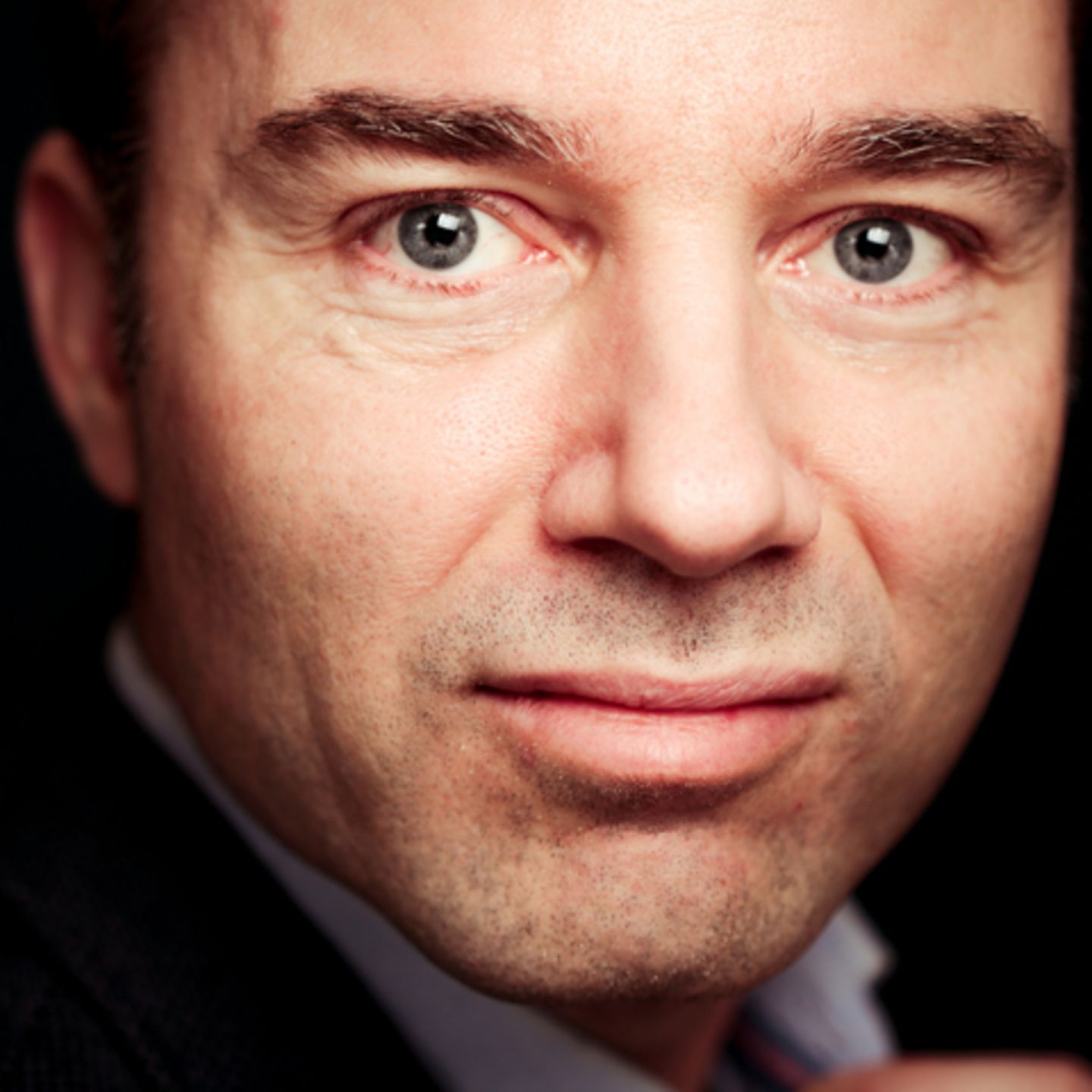
© Tiss: Georg Weissenbacher
Univ.Prof. Dipl.-Ing. Georg Weissenbacher DPhil, opens an external URL in a new window was appointed as University Professor for Rigorous Systems Engineering at TU Wien with effect from 1 December 2020. He is assigned to the Institute for Logic and Computation, opens an external URL in a new window (E192) within the Faculty of Informatics, opens an external URL in a new window.
Georg Weissenbacher has studied Telematics at TU Graz (Graduation year 2003) and was awarded his doctorate 2010 at the University of Oxford in the area of Computer Science with his thesis "Program Analysis with Interpolants, opens an external URL in a new window", supervised by Prof. Daniel Kröning (his stay abroad was finansed by the "Microsoft Research European PhD scholarship"). Afterwards he was working as Postdoctoral Research Associate and Lecturer for almost two years at the Princeton University, New Jersey (USA). 2012 he successfully applied for the tenure-track position "Rigorous Software Engineering" at TU Wien ( WWTF Vienna Research Groups for Young Investigators Grants,, opens an external URL in a new window), which he successfully completed in 2017 and was assigned to the Insitute for Logic and computation as Associate Professor. In the year 2016 he obtained his Venia Docendi, thus qualifiying him to teach in the area of "Computer Science", with his habilitation "Logical methods in automated hardware and software verification, opens an external URL in a new window".
He is based within the "Research Unit FORSYTE - Formal Methods in Systems Engineering, opens an external URL in a new window" (E192-04).
Publications by Georg Weissenbacher in ReposiTUm, opens an external URL in a new window.
NOVEMBER 2020
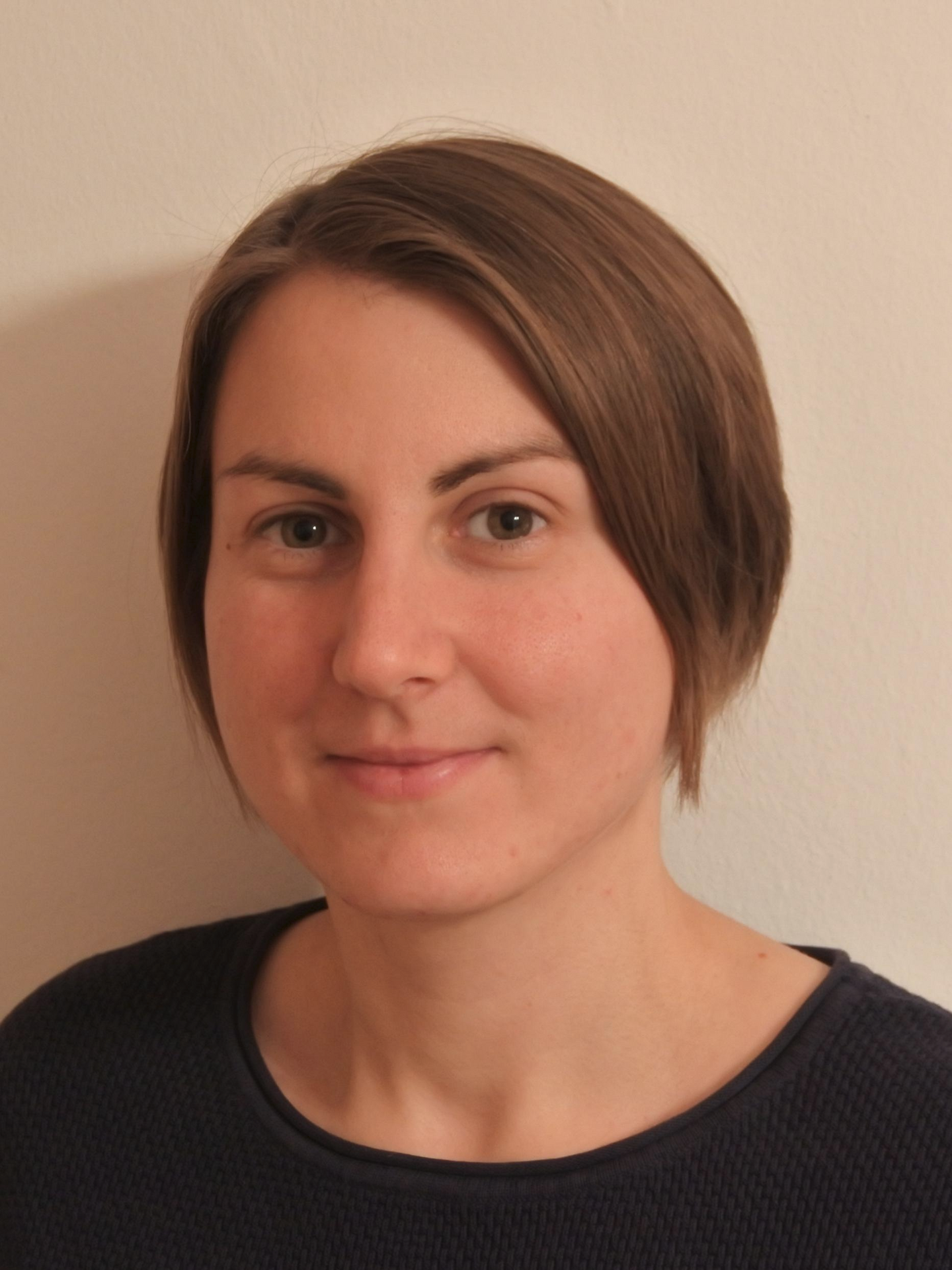
© Tiss: Melanie Todt
Associate Prof. Dipl.-Ing. Dr.techn. Melanie Todt, opens an external URL in a new window was assigned to the Institute for Lightweight Design and Structural Biomechanics, opens an external URL in a new window (E317) within the Faculty of Mechanical and Industrial Engineering, opens in new window at TU Wien, assuming her post as Associate Professor of "Lightweight Design", with effect from 1 December 2020.
In 2008, Melanie Todt graduated in Engineering and Industrial Engineering from TU Wien and in 2012 was awarded her doctorate, supervised by Prof. Rammerstorfer, for her thesis "Continuum shell models for multi-layer carbon nanostructures, opens an external URL in a new window". She continued to be affiliated with TU Wien and, in 2016, successfully applied for a tenure-track position on the subject of "Computer-based multiscale modelling of high-performance materials", which she also successfully completed in 2020.
Melanie Todt is part of the Research Unit for Lightweight Design, opens an external URL in a new window (E317-01). She is also a member of the Committee on Equal Treatment,, opens an external URL in a new window at TU Wien.
Publications of Melanie Todt in ReposiTUm, opens an external URL in a new window.
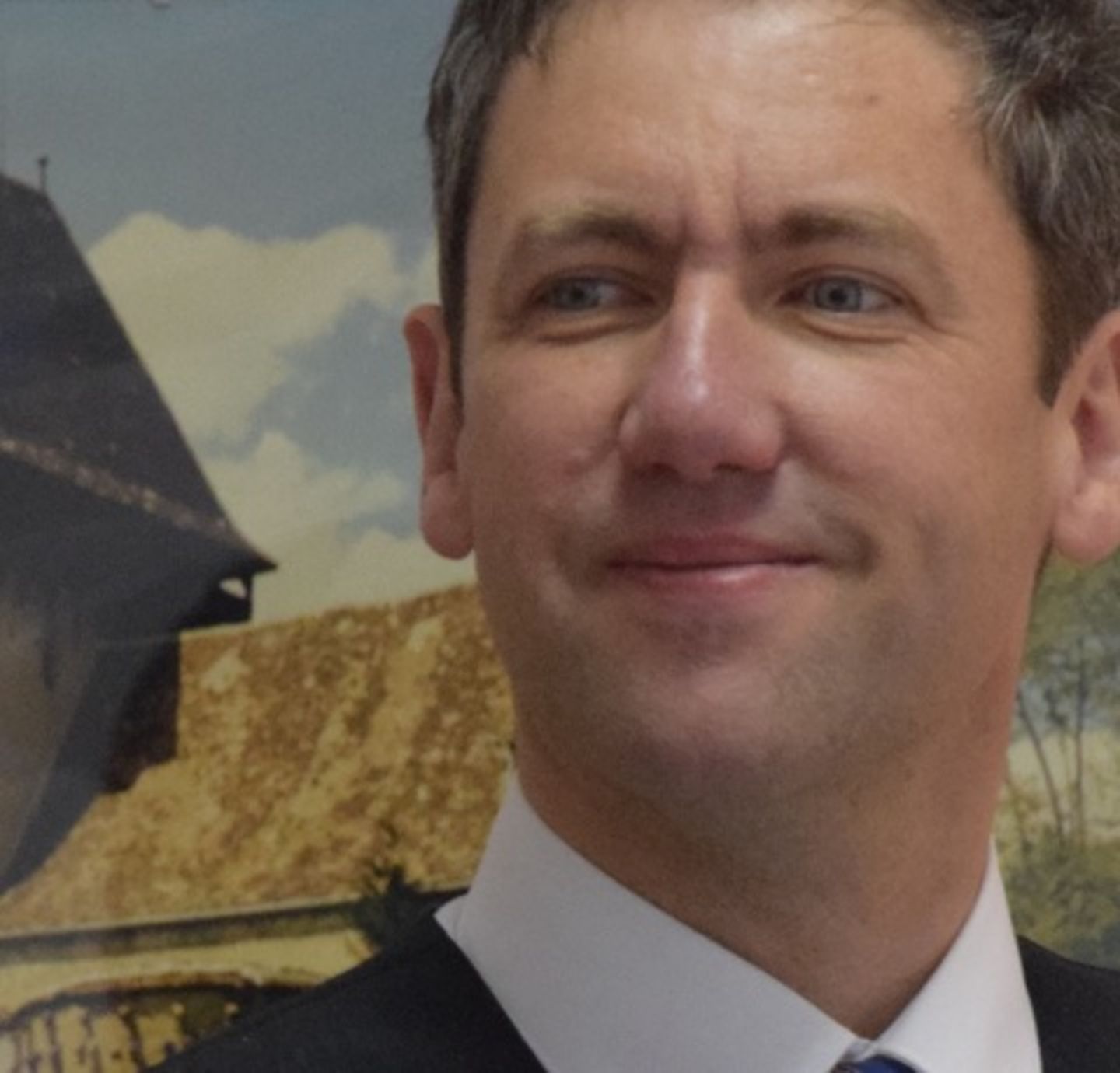
© Tiss: Günther Zeck
Univ.Prof. Dipl.-Phys. Univ. Dr.rer.nat. Günther Michael Zeck, opens an external URL in a new window was appointed as University Professor of Biomedical Electronics and Systems at TU Wien with effect from 1/11/2020. He is assigned to the Institute of Electrodynamics, Microwave and Circuit Engineering, opens in new window (E354) within the Faculty of Electrical Engineering and Information Technology, opens an external URL in a new window.
Günther Zeck studied Physics at the Technical University of Munich (TUM), graduating in 1998. He then specialised in the field of Biophysics and was awarded his doctorate by TUM in 2002 for his thesis "Halbleiterchip mit einfachem biologischen neuronalen Netz, opens an external URL in a new window" ("Semiconductor chip with simple biological neural network"). From 2002-2005 he went to the USA as a post-doc to take up a position at the Massachusetts General Hospital & Harvard Medical School in Boston to pursue his interests in medicine in greater depth. In 2006, he returned to Germany's Max Planck Institute of Neurobiology, opens an external URL in a new window in the Munich suburb of Martinsried. Since 2010, he has been Group Leader of the Neurophysics working group at the NMI, opens an external URL in a new window at the University of Tübingen.
He is Head of the Research Unit for Biomedical Electronics (E354-03).
Univ.Prof. Dipl.-Phys. Univ. Dr.rer.nat. Günther Michael Zeck, opens an external URL in a new window was appointed as University Professor of Biomedical Electronics and Systems at TU Wien with effect from 1/11/2020. He is assigned to the Institute of Electrodynamics, Microwave and Circuit Engineering, opens in new window (E354) within the Faculty of Electrical Engineering and Information Technology, opens an external URL in a new window.
Günther Zeck studied Physics at the Technical University of Munich (TUM), graduating in 1998. He then specialised in the field of Biophysics and was awarded his doctorate by TUM in 2002 for his thesis "Halbleiterchip mit einfachem biologischen neuronalen Netz, opens an external URL in a new window" ("Semiconductor chip with simple biological neural network"). From 2002-2005 he went to the USA as a post-doc to take up a position at the Massachusetts General Hospital & Harvard Medical School in Boston to pursue his interests in medicine in greater depth. In 2006, he returned to Germany's Max Planck Institute of Neurobiology, opens an external URL in a new window in the Munich suburb of Martinsried. Since 2010, he has been Group Leader of the Neurophysics working group at the NMI, opens an external URL in a new window at the University of Tübingen.
He is Head of the Research Unit for Biomedical Electronics (E354-03).
Publications of Günther Zeck in ReposiTUm, opens an external URL in a new window.
SEPTEMBER 2020
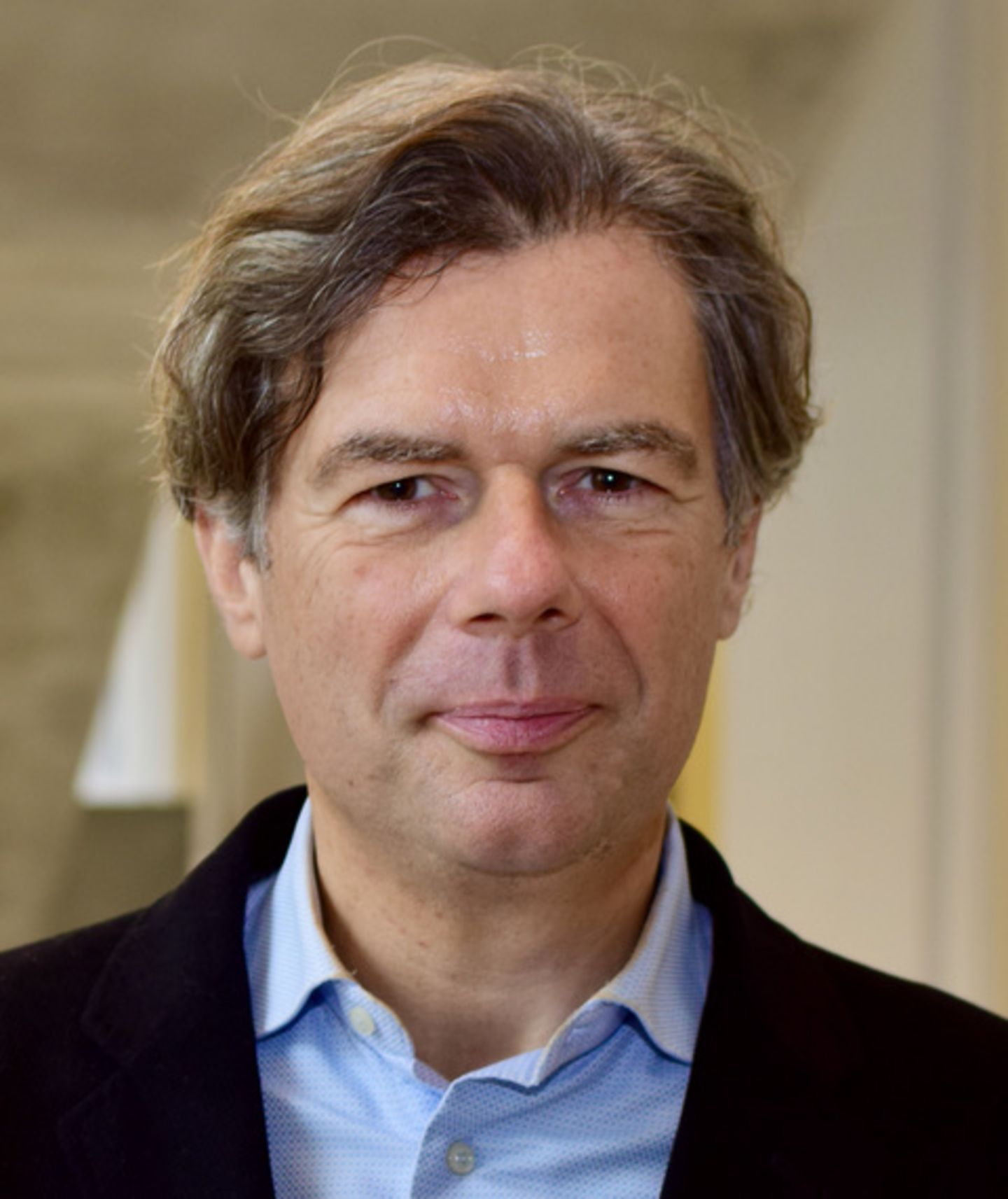
© Tiss: Wolfgang Güttel
Univ.Prof. MMag. Dr. Wolfgang Güttel, opens an external URL in a new window was appointed as University Professor of Human Resources and Corporate Governance at TU Wien with effect from 01/09/2020. He is assigned to the Institute of Management Science, opens an external URL in a new window (E330) in the Faculty of Mechanical and Industrial Engineering, opens in new window. He is also Head of the TU Wien Academy for Continuing Education at TU Wien.
Wolfgang Güttel studied Economics and Social Sciences at the Vienna University of Economics and Business (WU) and Political Science at the University of Vienna. In 2002, he was awarded his doctorate (summa cum laude) from WU for his thesis "The Identification of Strategic Intangible Assets in the Post-Merger Integration Process: Resource and Knowledge Management in Mergers and Acquisitions, opens an external URL in a new window". After some years as a management consultant, he became an Assistant in the Department of Management at WU in 2002. Periods abroad at this time took him to the University of Liverpool and the University of Padua. In 2008, he was awarded authorisation to teach (venia docendi) with his postdoctoral thesis "Dynamic capabilities: The Evolution of the Organisational Knowledge and Competence Base, opens an external URL in a new window". In the period from 2007-2009, he was also (temporarily) a W3 Professor at the University of Hamburg and University of Kassel. In 2009, Wolfgang Güttel became a full Professor at the Johannes Kepler University Linz (JKU) and head of the Institute of Leadership and Change Management. From 2011 to 2015 he was also Head and Management Director of the LIMAK Austrian Business School, opens an external URL in a new window at JKU, where he was appointed to the position of a Dean in 2019. In 2016 and 2017 he was also a visiting professor at the Ruhr University Bochum and at the University of Geneva.
At TU Wien he is - besides being Head of the CEC - assigned to the Research Unit Leadership & Strategy, opens an external URL in a new window (E330-01).
Publications of Wolfgang Güttel in ReposiTUm, opens an external URL in a new window.
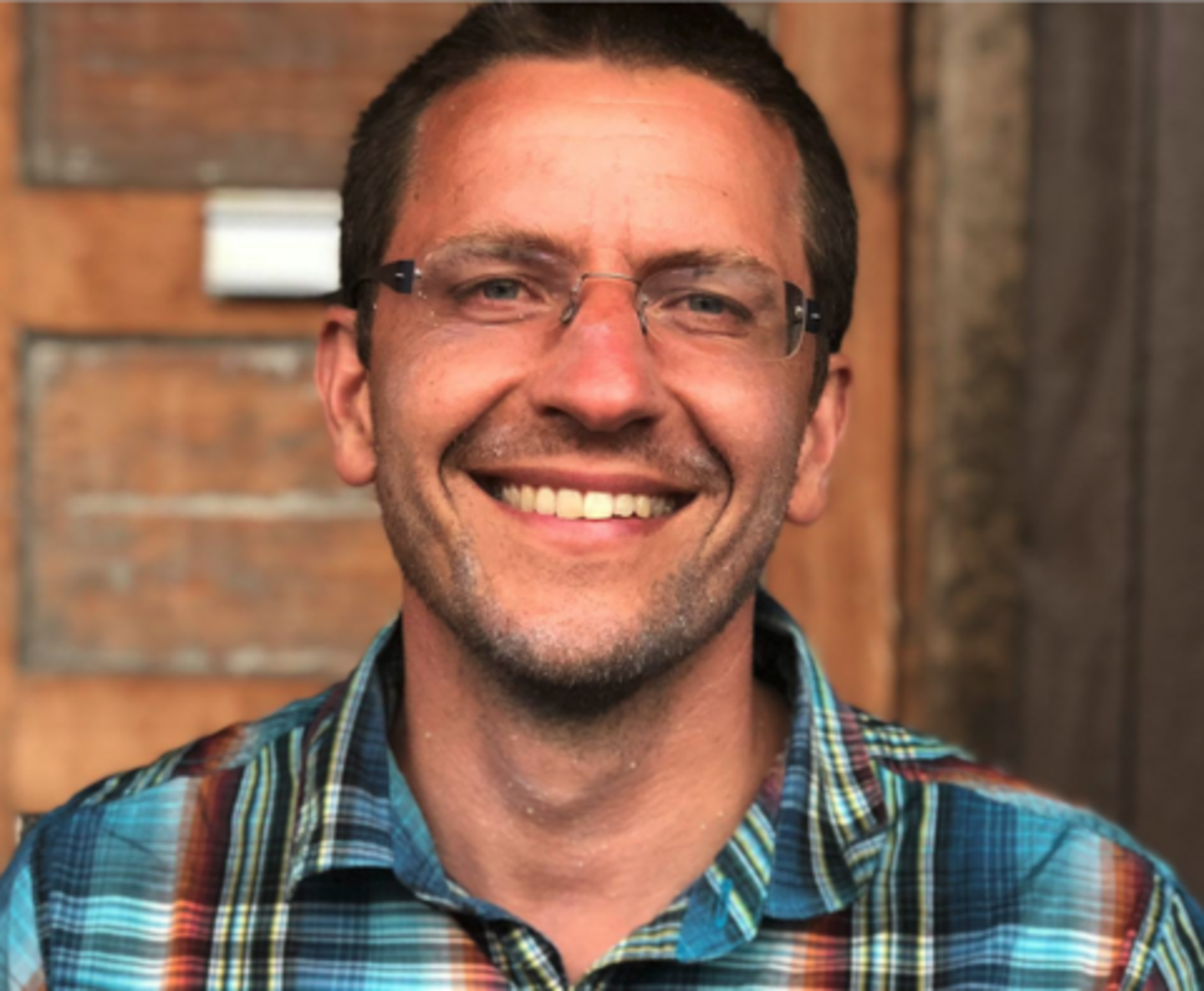
© Tiss: Florian Michahelles
Univ.Prof. Dipl.Inf. Dr.sc.techn. Florian Michahelles, opens an external URL in a new window was appointed as University Professor for Ubiquitous Computing at TU Wien with effect from 01/09/2020. He is assigned to the Institute of Visual Computing and Human-Centred Technology, opens an external URL in a new window (E193) in the Faculty of Informatics, opens an external URL in a new window.
Florian Michahelles studied Computer Sciences at the University of Munich (MSc in 2001) and then moved to ETH Zurich, where he was awarded his doctorate in 2004 for his thesis "Innovative application development for ubiquitous and wearable computing, opens an external URL in a new window". He stayed at ETH Zurich and held various positions until 2013. As Associate Director of the Auto-ID Lab, opens an external URL in a new window and Manager of the laboratories of Prof. Fleisch in the Department of Management, Technology and Economics, opens an external URL in a new window, he was responsible for the topics of RFID, IoT Architecture and mobile application managers. In 2013, he moved into industry, to Siemens Corporate Research in Berkeley, USA, initially as Head of Research Group Web of Systems (until 2017), and subsequently as Head of Research Group Artificial & Human Intelligence (until 2020), where he and his team conducted research on the Digital Companion – the interface between AI and employees.
He is a member of the editorial board of the IEEE Pervasive Computing journal, opens an external URL in a new window and co-founder of 42matters AG, opens an external URL in a new window. At TU Wien he is assigned to the Research Unit of Multidisciplinary Design and User Research, opens an external URL in a new window (E193-04).
Publications of Florian Michahelles in ReposiTUm, opens an external URL in a new window.
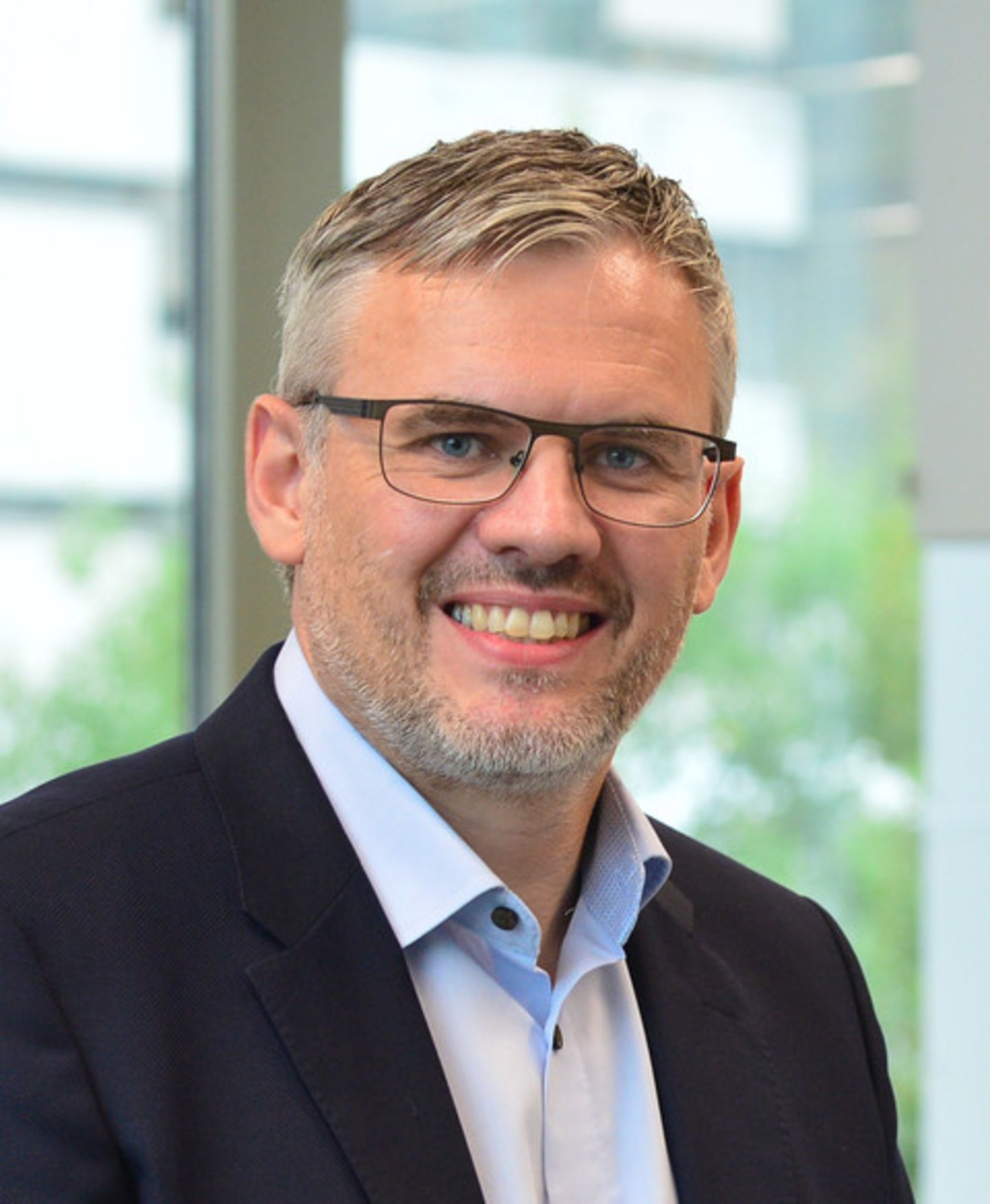
© Tiss: Dieter Pahr
Univ.Prof. Dipl.Ing. Dr.techn. Dieter Pahr, opens an external URL in a new window was appointed as University Professor of Computational Biomechanics at TU Wien with effect from 01/09/2020. He is assigned to the Institute for Lightweight Design and Structural Biomechanics (E317), opens an external URL in a new window in the Faculty of Mechanical and Industrial Engineering, opens in new window.
Dieter Pahr studied Mechanical and Industrial Engineering at TU Wien, where he was awarded his doctorate in 2003 for his thesis "Experimental and Numerical Investigations of Perforated FRP-Laminates, opens an external URL in a new window", supervised by Prof. Rammerstorfer (E317). After being awarded his authorisation to teach (venia docendi) in 2008 in "Computational Solid Mechanics", for his postdoctoral thesis "Computational multi-scale modelling of synthetic and natural composites, opens an external URL in a new window", supervised by Prof. Zysset, he successfully applied for a tenure-track position on the subject of "Computational Biomechanics", which he succeeded in completing in 2012, thus qualifying as Associate Professor. Since 2013, he has also been the CEO of Dr. Pahr Ingenieurs e.U, opens an external URL in a new window, formed as a spin-off of TU Wien. In 2016, Dieter Pahr was appointed University Professor for Musculoskeletal Biomechanics at the Karl Landsteiner University, opens an external URL in a new window of Health Sciences in Krems an der Donau, where he was head of the Biomechanics Service Unit, opens an external URL in a new window in the Anatomy and Biomechanics Department.
At TU Wien he is Head of the Research Group for Computational Biomechanics, opens an external URL in a new window in the Research Unit of Biomechanics (E317-02).
Publications of Dieter Pahr in ReposiTUm, opens an external URL in a new window.
AUGUST 2020
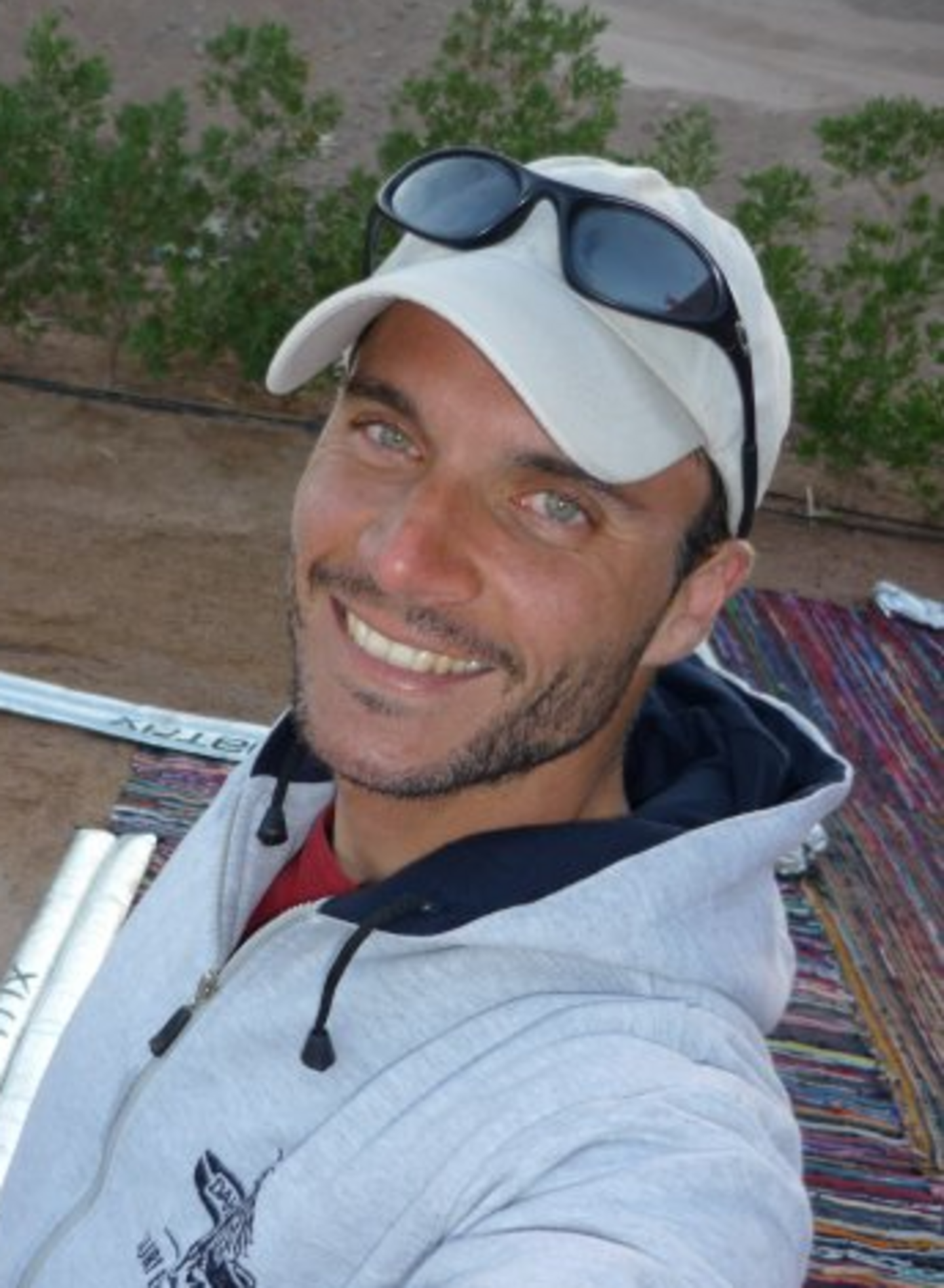
© Tiss: Florian Rudroff
Associate Prof. Dipl.-Ing. Dr.techn. Florian Rudroff, opens an external URL in a new window was assigned to the Institute of Applied Synthetic Chemistry, opens an external URL in a new window (E163) in the Faculty of Technical Chemsitry, opens an external URL in a new window at TU Wien assuming his post as Associate Professor of "Bioorganic Synthetic Chemistry" with effect from 1 August 2020.
Florian Rudroff studied Technical Chemistry at TU Wien at completed his studies in 2007 with his dissertation on "Recombinant whole-cell mediated baeyer-villiger oxidation from parallel mini-scale screening to fermenter up-scaling for natural product synthesis, opens an external URL in a new window". He then moved abroad - having successfully applied and thus having received an "Erwin Schrödinger fellowship" - working as PostDoc at ETH Zürich until 2011. After returning back to TU Wien he successfully applied for the tenure-track position "Synthetic Systems-Biocatalyses" in 2017, which he successfully completed in 2020. In the year 2018 he obtained his Venia Docendi, thus qualifying him to teach, in "Bioorganic Chemistry" with his habiltitation on "?".
Florian Rudroff is Head of the Research Group for Bioorganic Synthetic Chemistry, opens an external URL in a new window at the Research Unit of Organic and Biological Chemistry (E163-03). In the year 2017 he was awarded - together with Dean Prof. Marko Mihovilovic, Assoc. Prof. Katharina Schröder und Assoc. Prof. Michael Schnürch - the Best Lecture Award, opens an external URL in a new window for the lecture "Organic Chemistry".
Publications of Florian Rudroff in ReposiTUm, opens an external URL in a new window.
JULY 2020
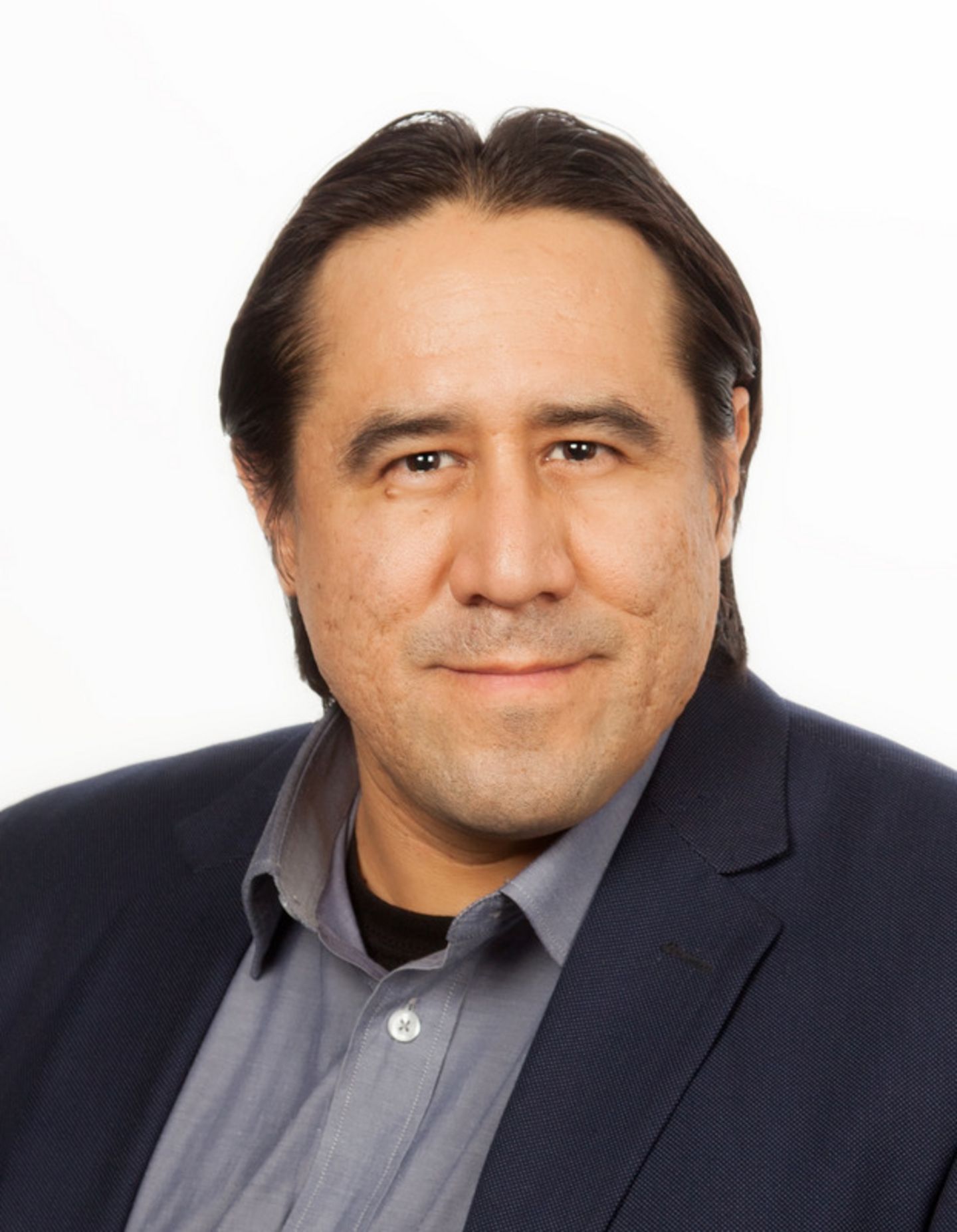
© Tiss: Adrian Flores-Orozco
Associate Prof. Dr.rer.nat. Adrian Flores-Orozco, opens an external URL in a new window was assigned to the Department of Geodesy and Geoinformation, opens an external URL in a new window (E120) in the Faculty of Mathematics and Geoinformation, opens an external URL in a new window at TU Wien assuming his post as Associate Professor of "Geophysics" with effect from 1 July 2020.
Born in Mexico, Adrian Flores-Orozco studied Geophysics at the Universidad Nacional Autónoma de México (UNAM) until 2004. In 2004, he was awarded a scholarship to attend the four-semester course in "Applied Environmental Geoscience" at the University of Tübingen in Germany. From 2008 to 2012, he was a Research Associate of the "Applied Geophysics" group at the University of Bonn, where he was awarded his doctorate in 2012 for his thesis "Characterization of contaminated sites and monitoring of processes accompanying bioremediation using spectral induced polarization imaging, opens an external URL in a new window". Since 2013, he has been with TU Wien in the Department of Geodesy and Geoinformation. In 2015, Adrian Flores-Orozco was appointed to a tenure-track position for his work on "Geophysics", which he successfully completed in 2020, thus qualifying as an Associate Professor. In 2020, he was also granted the authorisation to teach (venia docendi) in the field of "Geophysics". His habilitation is entitled "Imaging of biogeochemical processes at the field scale – advancing the application of geophysical electrical methods for environmental applications".
Adrian Flores-Orozco is the Head of the Research Unit of Geophysics, opens an external URL in a new window (E120-03). His research and teaching focus primarily on the field of electrical imaging processes, particularly spectral induced polarisation (SIP) for the characterisation of hydrogeological processes and natural hazards and innovative applications of geophysical methods for the characterisation of geochemical and microbiological processes in the subsoil.
Publications of Adrian Flores-Oroco in ReposiTUm, opens an external URL in a new window.
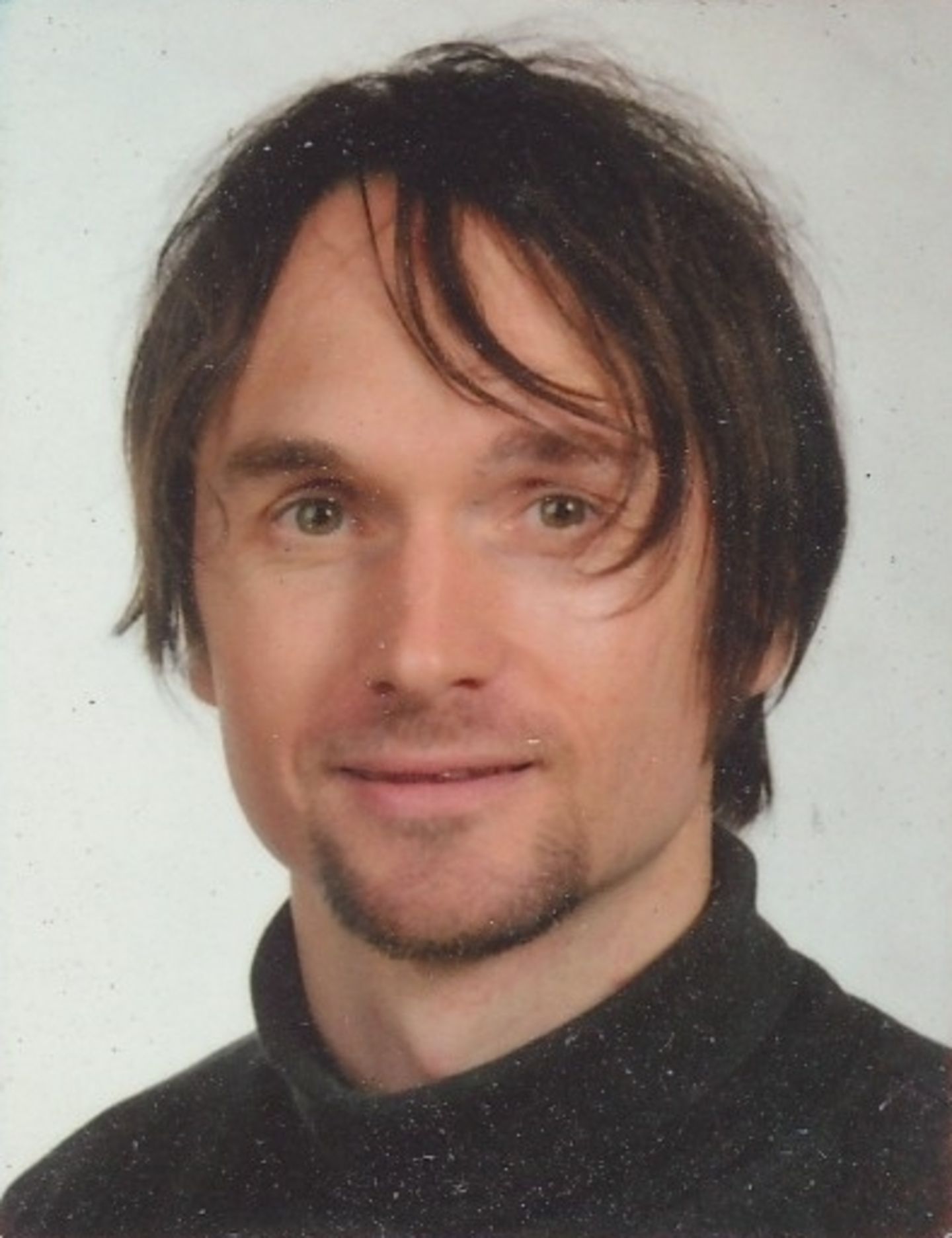
© Tiss: Erwin Povoden-Karadeniz
Associate Prof. Dr.sc. Erwin Povoden-Karadeniz, opens an external URL in a new window was assigned to the Institute of Materials Science and Technology, opens an external URL in a new window (E308) in the Faculty of Mechanical and Industrial Engineering, opens in new window at TU Wien, assuming his post as Associate Professor of "Computational Materials Engineering", with effect from 1 July 2020.
In 2000, Erwin Povoden-Karadeniz graduated in Petrology from the University of Graz. From 2005, he was employed at ETH Zurich as a Research Assistant, where he also completed his doctorate in 2008 with his thesis "Thermodynamic database of the La-Sr-Mn-Cr-O oxide system and applications to solid oxide fuel cells, opens an external URL in a new window". Since 2009, he has been with the Institute of Materials Science and Technology at TU Wien. In March 2016, Erwin Povoden-Karadeniz was appointed to a tenure-track position for his work on "Computational Materials Engineering", which he successfully completed in 2020, thus qualifying as an Associate Professor.
Erwin Povoden-Karadeniz is Head of the Research Group of Computational Materials Engineering, opens an external URL in a new window at the Research Unit of Materials Technology (E308-03). His research and teaching focus primarily on the field of computer-assisted modelling and simulation of materials and the physical processes occurring with materials (diffusion, material transport, etc.), specifically as regards multi-material systems.
Publications of Erwin Povoden-Karadeniz in ReposiTUm, opens an external URL in a new window.
JUNE 2020
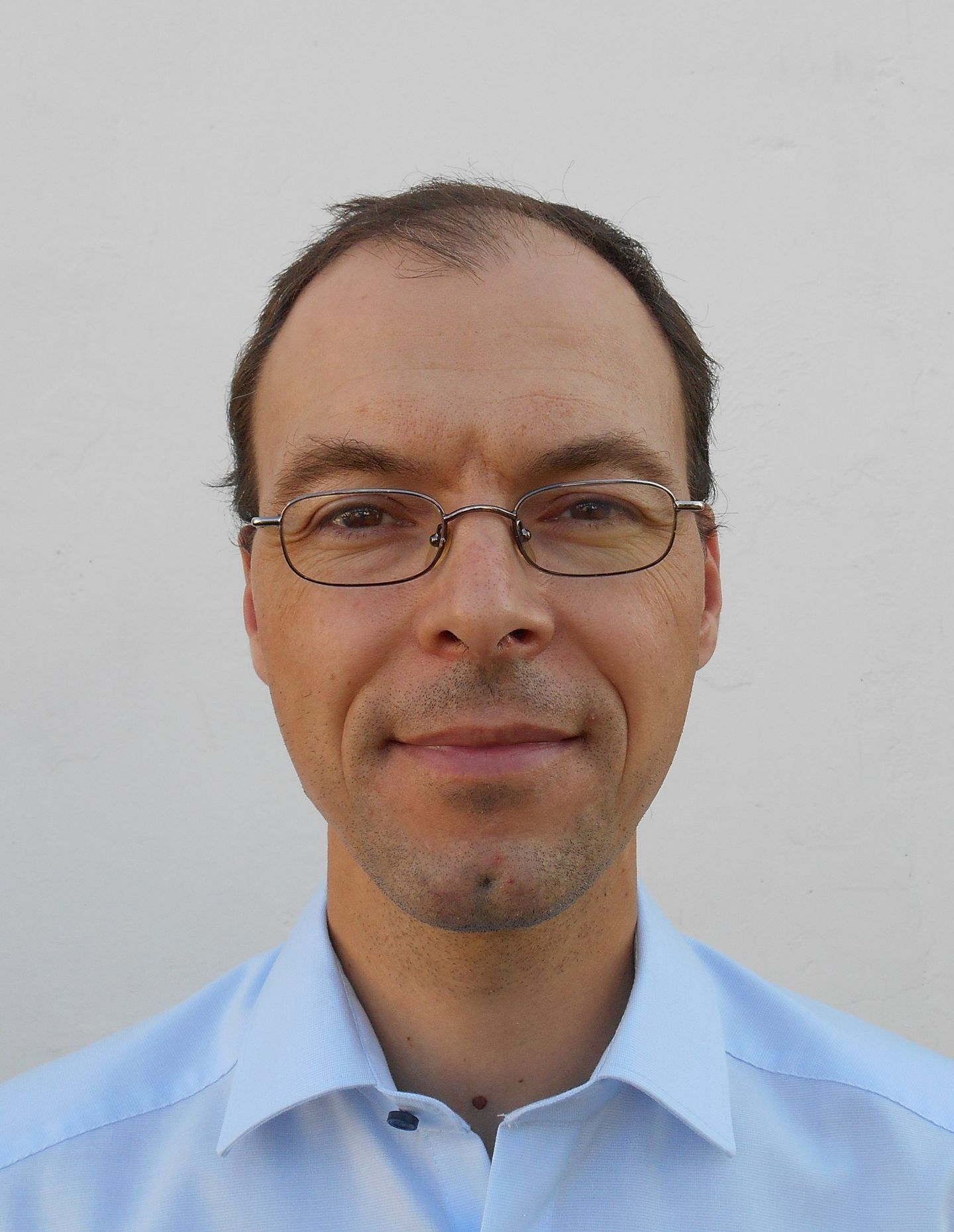
© Tiss: Andreas Steinböck
Associate Prof. DI Dr.techn. Andreas Steinböck, opens an external URL in a new window was assigned to the Automation and Control Institute, opens an external URL in a new window (E376) at the Faculty of Electrical Engineering and Information Technology , opens an external URL in a new windowof TU Wien, assuming his post as Associate Professor for "Advanced Control of Industrial Production Processes", with effect from 1 June 2020.
Andreas Steinböck graduated in Mechatronics at the Universities Loughborough (UK) and Linz as well as in Business, Economics and Social Sciences at the Vienna University of Economics and Business. Since 2007, he has been with the Automation and Control Institute of TU Wien, where he finished his doctorate with the thesis "Model-Based Control and Optimization of a Continuous Slab Reheating Furnace, opens an external URL in a new window" in 2011. From then on, he researched on "Nonlinear Model Predictive Control of Continuous Production Processes" supported by a three-year Apart Fellowship of the Austrian Academy of Sciences. He teaches and researches in the fields mathematical modeling, systems theory, observer design, nonlinear control, and mathematical optimization. His research focusses on applications in the metals industry. In 2016, Andreas Steinböck obtained a tenure track position on "Advanced Control of Industrial Production Processes", which succesfully ended 2020. In addition he obtained the habilitation degree (venia docendi) in the field "Systems Theory and Control". The title of his habilitation thesis is "Model-Based Analysis and Control of Industrial Production Processes, opens an external URL in a new window".
Andreas Steinböck is assigned to the Research Unif of Complex Dynamical Systems, opens an external URL in a new window (E376-02).
Publications of Andreas Steinböck in ReposiTUm, opens an external URL in a new window.
MAY 2020
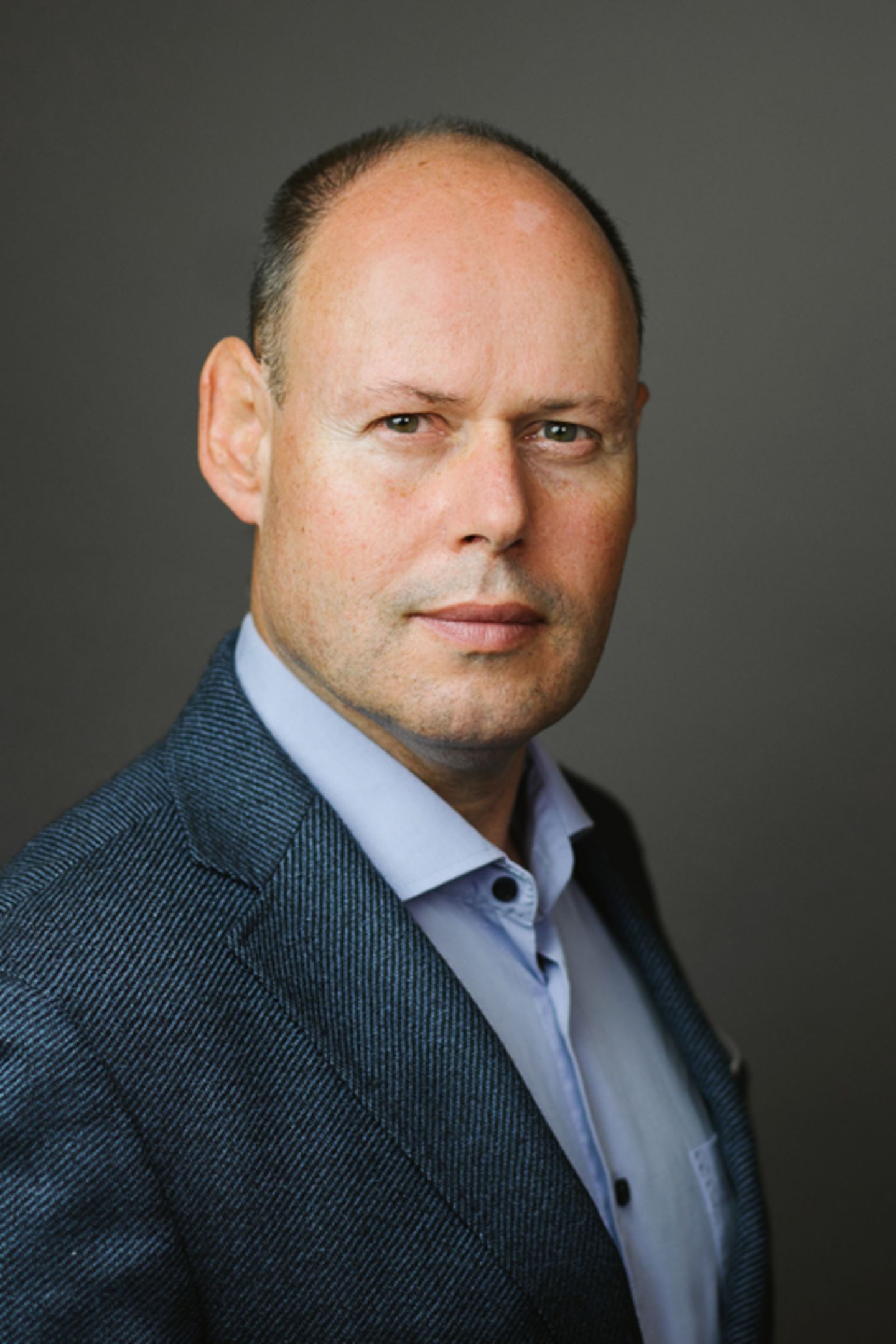
© Tiss: Hinrich Grothe
Univ.Prof. Dipl.-Chem. Dr.rer.nat. Hinrich Grothe, opens an external URL in a new window was appointed University Professor for Physical Chemistry of the Atmosphere at TU Wien with effect of 1 May 2020. He is assigned to the Institute of Materials Chemistry, opens an external URL in a new window (E165) in the Faculty of Technical Chemistry, opens an external URL in a new window.
Hinrich Grothe studied Chemistry at the TU Dresden and the Leibniz Universität Hannover and was awarded his doctorate in 1996 for his thesis on "Fragmentierung thermolabiler Verbindungen in neue Radikale (ClO3 und ClO4)". His works have even been supported by the „Fonds der Chemischen Industrie (VCI)” in 1996. For his Postdoc he had chosen a stay at the Universitetet i Oslo. In 1996 he moved to Austria and is - since winter 1996 - employed at TU Wien, where he was was honoured with an award from the Wirtschaftskammer Wien for an industrial- related project in the year 2005. 2006 he obtained his Venia Docendi, thus qualifiying him to teach in the area of "Physical Chemistry of the Atmosphere", with his habilitation "Physicochemical laboratory models of metastable atmospheric aerosols, opens an external URL in a new window" and since 2007 he was Associate professor (ao. Univ.-Prof.) for Physical Chemistry. Since then he is Visiting Professor at the Universität of Bayreuth, the University of Hawai‘i at Mãnoa as well as at the Virginia Tech.
He is Head of the Research Group for Physical Chemistry of Aerosol Particles, opens an external URL in a new window at the Research Unit of Physical Chemistry (E165-01).Besides he was president of the Chemical-Physical Society (CPG), opens an external URL in a new window.
Publications of Hinrich Grothe in ReposiTUm, opens an external URL in a new window.
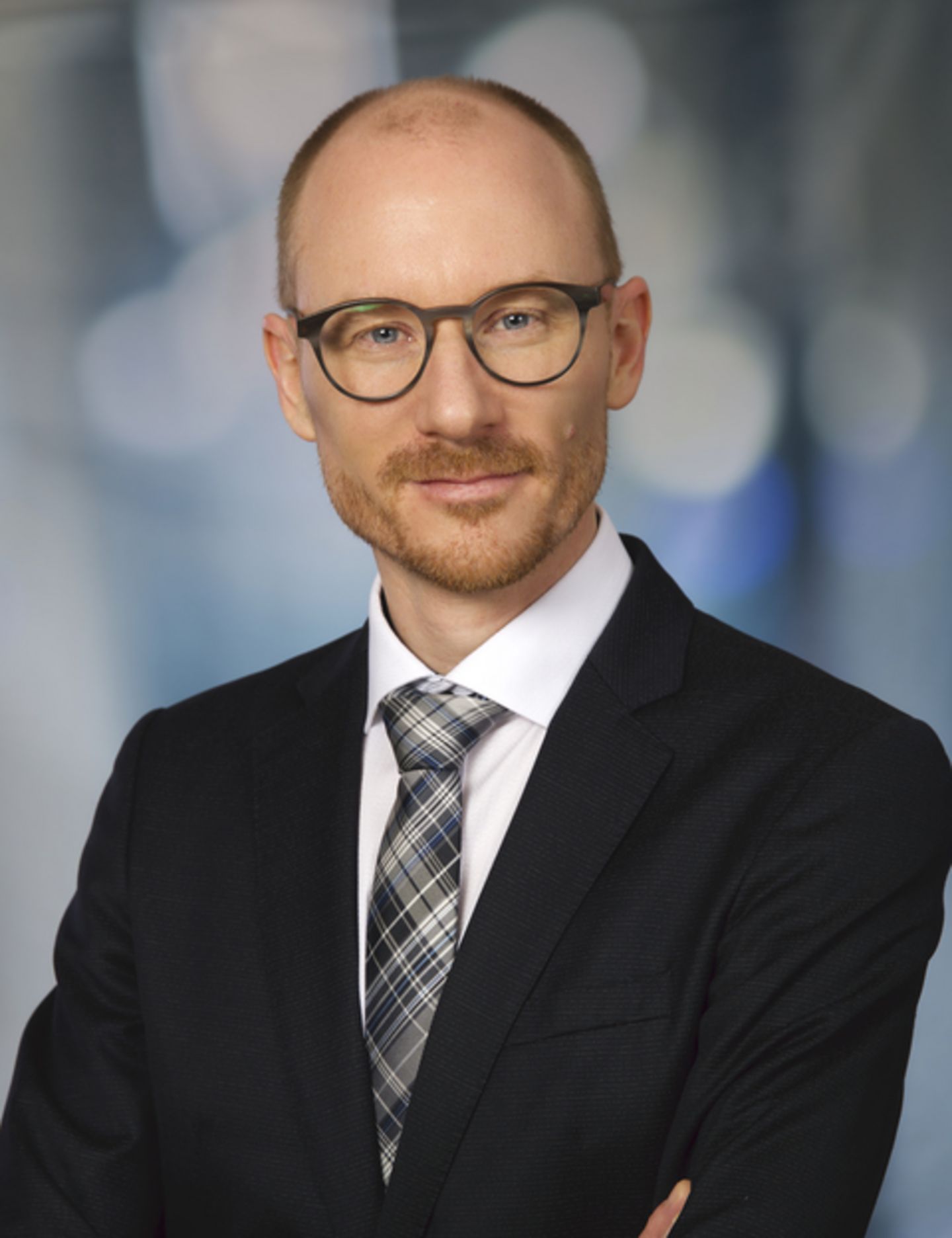
© Tiss: Rene Hofmann
Univ.Prof. Dipl.-Ing. Dr.techn. Rene Hofmann, opens an external URL in a new window was appointed as University Professor Industrial Energy Systems at TU Wien with effect from 1 May 2020. He is assigned to the Institute of Energy Systems and Thermodynamics, opens an external URL in a new window (E302) in the Faculty of Mechanical and Industrial Engineering, opens in new window.
Rene Hofmann studied Mechanical Engineering at TU Wien and was awarded his doctorate in 2009 for his thesis on “Experimental and Numerical Gas-Side Performance Evaluation of FinnedTube Heat Exchangers, opens an external URL in a new window" with distinction. Between 2009-2015 he gained industrial work experience at the Josef Bertsch GmbH & Co KG. From 2015 on he got an endowed professorship for Industrial Energy Systems at both, TU Wien and at AIT (Austrian Institute of Technology GmbH). In 2019 he obtained his habilitation, thus qualifying him to teach in the field of Industrial Energy systems, with his habilitation on „Aspects of Design Optimization and Operational Optimization for Industrial Energy Systems“.
He is the Head of the Institute of Energy Systems and Thermodynamics and the since 2015 also Head of the Research Group for Industrial Energy Systems, opens an external URL in a new window within the Research Unit of Thermodynamics and Thermal Engineering (E302-01). He leads also the Doctoral School "Smart Industrial Concept (SIC), opens an external URL in a new window" (E056-06).
Publications of Rene Hofmann in ReposiTUm, opens an external URL in a new window.
APRIL 2020
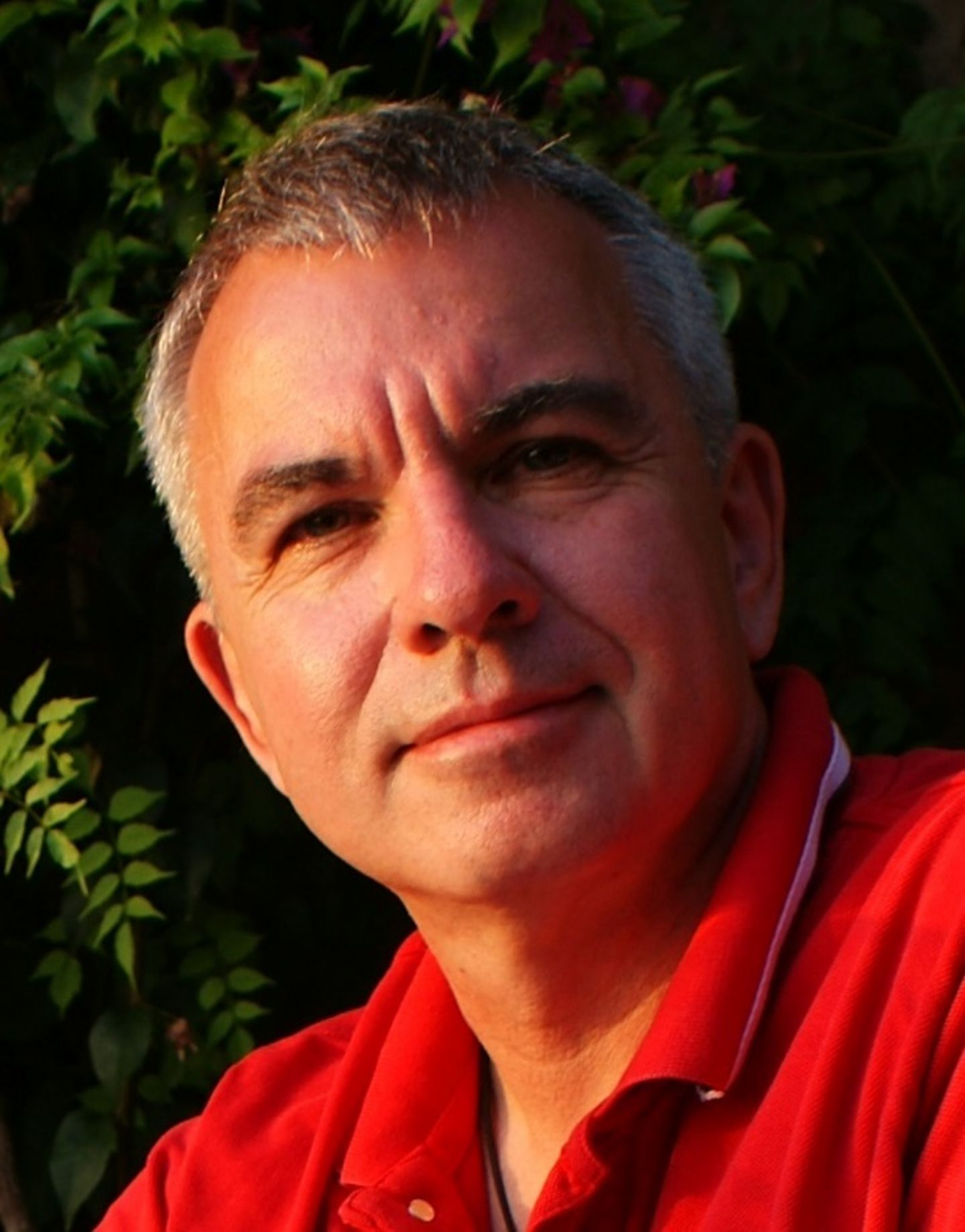
© Tiss: Karl Kirchner
Univ.Prof. Dipl.-Ing. Dr.techn. Karl Kirchner, opens an external URL in a new window was appointed as University Professor for Base Metal Catalysis at TU Wien with effect from 1 April 2020. He is assigned to the Institute of Applied Synthetic Chemistry, opens an external URL in a new window (E163) in the Faculty of Technical Chemistry, opens an external URL in a new window.
Karl Kirchner studied Technical Chemistry at TU Wien and was awarded his doctorate in 1987 for his thesis on "Outer-sphere redoxkinetics substitutionally unstable iron complexes in acetonitrile, opens an external URL in a new window". Between 1988 and 1991, he spent the years abroad at Washington State University (USA) and then at Stanford University (USA), working with the Nobel Prize winner, Henry Tauber. In 1994, he obtained his habilitation, thus qualifying him to teach in the n the field of "Organometallic Chemistry", with his habilitation on "Synthesis and reactivity of 4-cyclopentadienone ruthenium complexes, opens an external URL in a new window".
Since January 2020, he has been the Head of the Institute of Applied Synthetic Chemistry, opens an external URL in a new window at TU Wien as well as the Head of the Research Unit Inorganic Chemistry (E163-01). His scientific home is based in the Research Group for Organometal Chemistry and Catalysis, opens an external URL in a new window, where he is also Head of.
Publications of Karl Kirchner in the databases Dimensions, opens an external URL in a new window and Web of Science, opens an external URL in a new window and in ReposiTUm, opens an external URL in a new window.
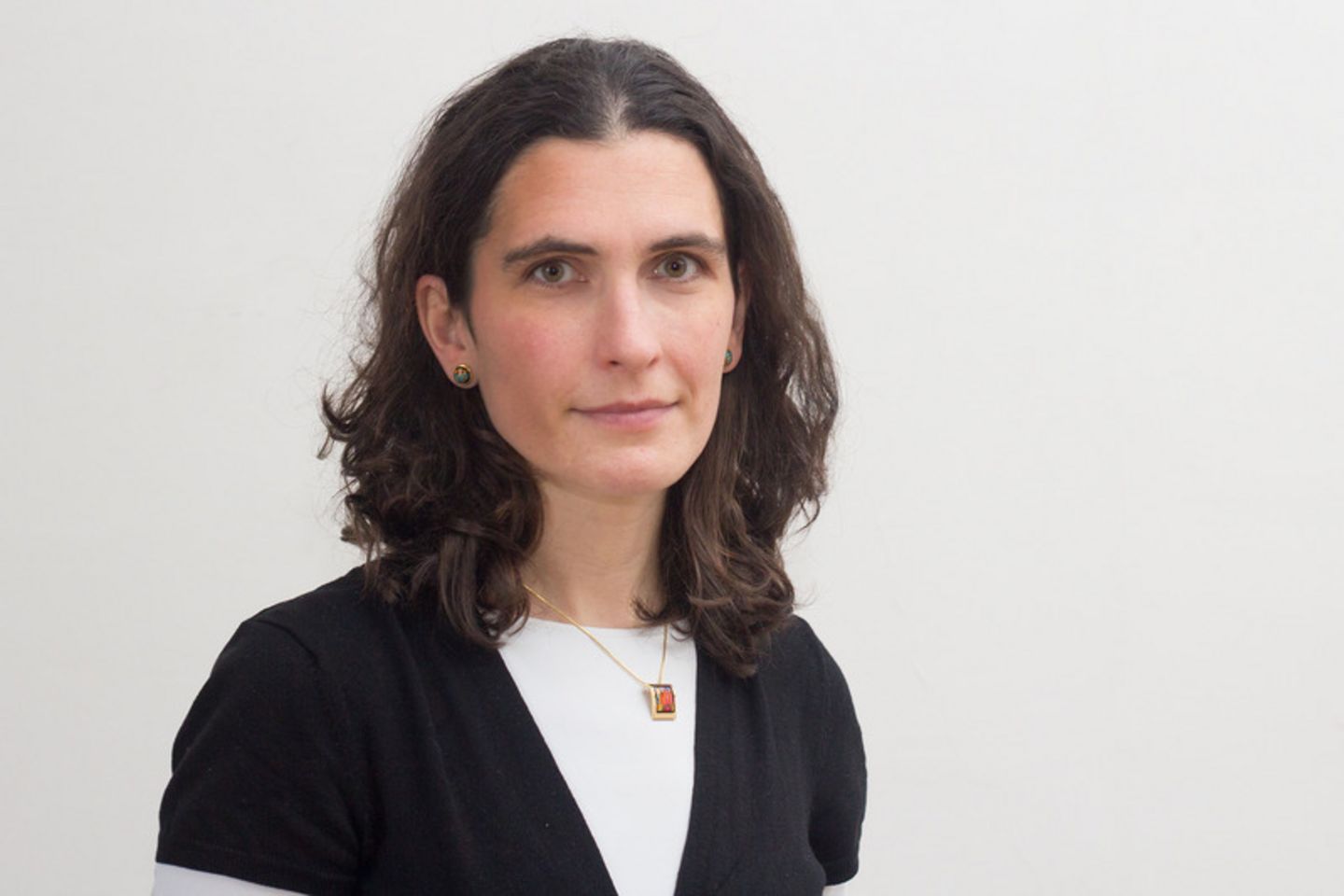
© Tiss: Laura Kovacs
Univ.Prof. Dipl.-Ing. Dr.techn. Laura Kovacs, opens an external URL in a new window was confirmed permanently as University Professor of Automated Program Reasoning at TU Wien with effect from 1 April 2020. She is assigned to the Institute of Logic and Computation, opens an external URL in a new window (E192) in the Faculty of Informatics, opens an external URL in a new window.
Laura Kovacs - born in Resita, Romania - studied at the West University of Timişoara, opens an external URL in a new window. She subsequently moved to Austria, studying at the University of Linz, where she was awarded her doctorate in 2007 for her thesis on "Automated invariant generation by algebraic techniques for imperative program verification in Theorema, opens an external URL in a new window". After spending time abroad at ETH Zurich and EPFL Lausanne, she was employed at TU Wien in 2010 (due to a Hertha-Firnberg scholarship). In 2012, she obtained her Venia Docendi, thus qualifying her to teach "Applied and Theoretical Computer Science", for her habilitation on "Symbol elimination in program analysis", opens an external URL in a new window. In 2013 she moved to Sweden, acting as Associate Prof. at the Chalmers University of Technology in Gothenburg, (she is still Visiting Professor there). 2014, she received an ERC Starting Grant, 2018 she was awarded an ERC Proof of Concept Grant and 2020 an ERC Consolidator Grant., opens an external URL in a new window Since April 2016 she has been back at TU Wien where she held a temporary professorship for Automated Program Reasoning.
She is Head of the Research Unit for Formal Methods in Systems Engineering, opens an external URL in a new window.
Publications of Laura Kovacs in ReposiTUm, opens an external URL in a new window.
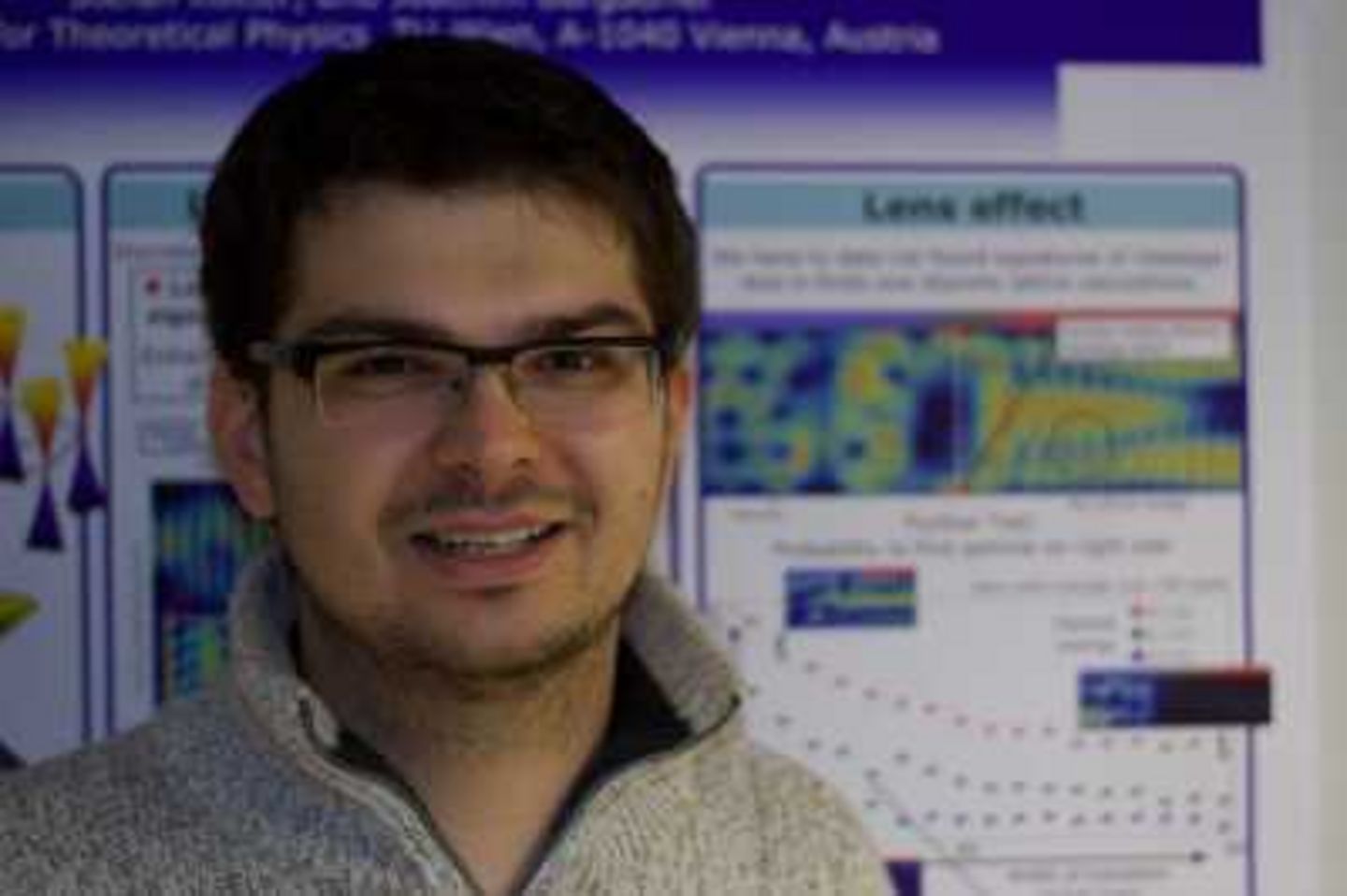
© Tiss: Florian Libisch
Associate Prof. Dipl.-Ing. Dr.techn. Florian Libisch, opens an external URL in a new window was assigned to the Institute of Theoretical Physics (E136), opens an external URL in a new window in the Faculty of Physics, opens an external URL in a new window at TU Wien, assuming his post as Associate Professor, with effect from 1 April 2020.
Florian Libisch studied Physics at TU Wien and was awarded his doctorate (summa cum laude) in 2008 for his thesis on "Electronic structure and transport in mesoscopic devices, opens an external URL in a new window" under supervision of Univ. Prof. Burgdörfer. Since 2009, he has worked as an assistant at the Institute of Theoretical Physics. From 2011 to 2013, he was a Max Kade Postdoctoral Research Fellow at Princeton University (USA), and later became a Postdoctoral Research Associate. In 2016, he successfully applied for a tenure-track position on the topic of "Theoretical solid state physics". In 2018, he obtained his Venia Docendi, thus qualifying him to teach "Solid State Physics", with a habilitation on the topic of ", opens an external URL in a new windowElectronic structure of nanoscale devices", opens an external URL in a new window.
He is also Head of the Doctoral School Unravelling Advanced 2D Materials, opens an external URL in a new window (TU-D).
Publications of Florian Libisch in ReposiTUm, opens an external URL in a new window.
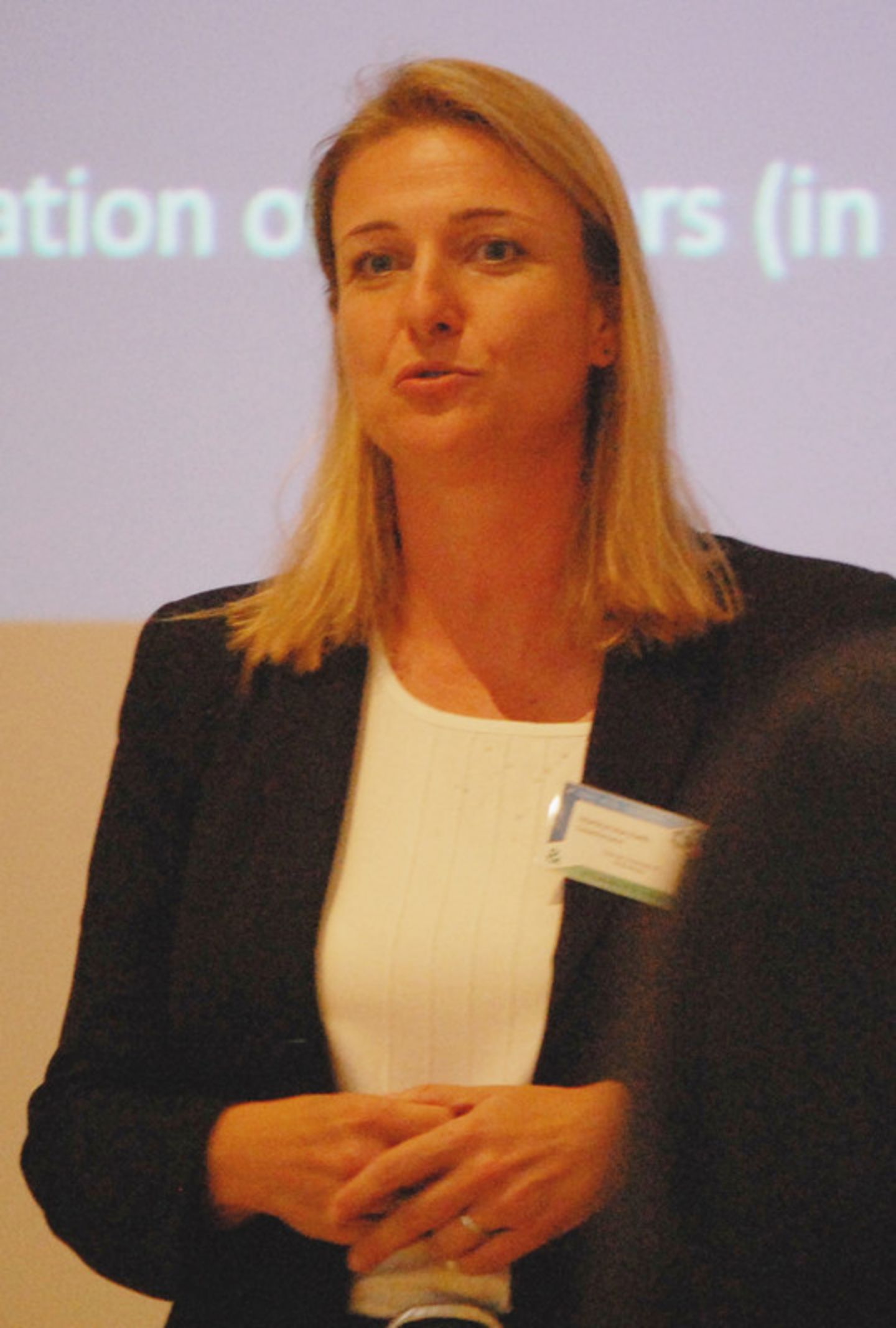
© Tiss. Martina Marchetti-Deschmann
Univ.Prof. Mag.rer.nat. Dr.rer.nat. Martina Marchetti-Deschmann, opens an external URL in a new window was appointed as University Professor of Mass Spectrometric Methods at TU Wien with effect from 1 April 2020. She is assigned to the Institute of Chemical Technologies and Analytics , opens an external URL in a new window(E164) in the Faculty of Technical Chemistry, opens an external URL in a new window.
Martina Marchetti-Deschmann studied Chemistry at the University of Vienna, where she was awarded her doctorate in 2003 for her thesis on "Characterization of allergy-related proteins and peptides in natural latex gloves and flowers of Sambucus Nigra, opens an external URL in a new window". She has been at TU Wien since 2003, and in 2013 she obtained her Venia Docendi, thus qualifying her to teach, in the field of "Instrumental Bioanalytical Chemistry" with the habilitaiton on "From proteomics to mass spectrometric imaging - Mass spectrometry and electrophoresis as central bioanalytical tools to assess complex biological samples", opens an external URL in a new window. Since 2013 she is Associate Prof. and from 2016-17 she was Visiting Prof. at the Vanderbilt University (Nashville, US).
Since 2018 she is Head of the Resarch Groupd for Mass Spectrometric Bio and Polymer Analytics, opens in new window (also "Omics Technologies") - which is now part of the Research Unit of Instrumental and Imaging Analytical Chemistry (E164-01) - focussing on the development of mass spectrometric methods with focus on correlative imaging mass spectrometry in the area of life science and material science. Besides she is member of the Works Council at TU Wien, opens an external URL in a new window and was, from 2010-2020, member of the Senate. From 2012-2020 she was member of the Faculty Council, having the chair in the last years.
Publications of Martina Marchetti-Deschmann in ReposiTUm, opens an external URL in a new window.
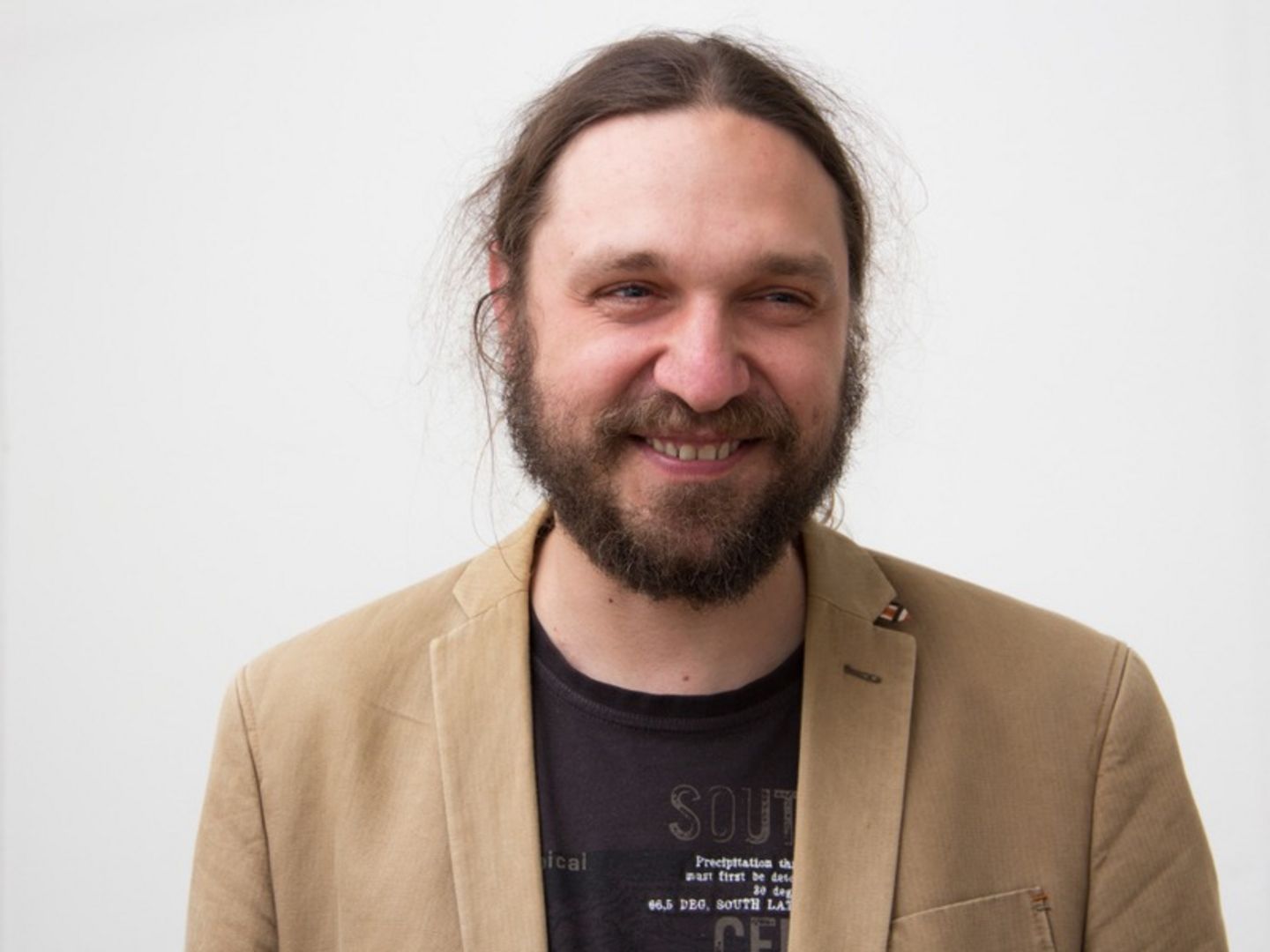
© Tiss: Stefan Woltran
Univ.Prof. Dipl.-Ing. Dr.techn. Stefan Woltran, opens an external URL in a new window was confirmed permanently as University Professor of Formal Foundations of Artificial Intelligence at TU Wien with effect from 1 April 2020. He is assigned to the Institute of Logic and Computation, opens an external URL in a new window (E192) in the Faculty of Informatics, opens an external URL in a new window.
Stefan Woltran studied Informatics at TU Wien, where he was awarded his doctorate (with distinction) in 2003 for his thesis on "Quantified boolean formulas - From theory to practice, opens an external URL in a new window". In 2009, he obtained his Venia Docendi, thus qualifying him to teach in the field of "Information Systems" with his habilitation on "Contributions to advanced equivalence checking in answer set programming", opens an external URL in a new window. In 2013, he received the FWF'S START award for the topic of "Decomposition and dynamic programming for complex calculation problems". After spending some time abroad at the University of Leipzig, he was appointed Associate Professor of Formal Foundations of Artificial Intelligence in 2015. Since Febuary 2015 he was holding a temporary professorship for Formal Foundations of Artificial Intelligence.
He is currently Head of the Research Unit for Databases and Artificial Intelligence (AI), opens an external URL in a new window (E192-02). He is also Vice Dean of Academic Affairs, opens an external URL in a new window of the Faculty of Informatics.
Publications of Stefan Woltran in ReposiTUm, opens an external URL in a new window.
MARCH 2020
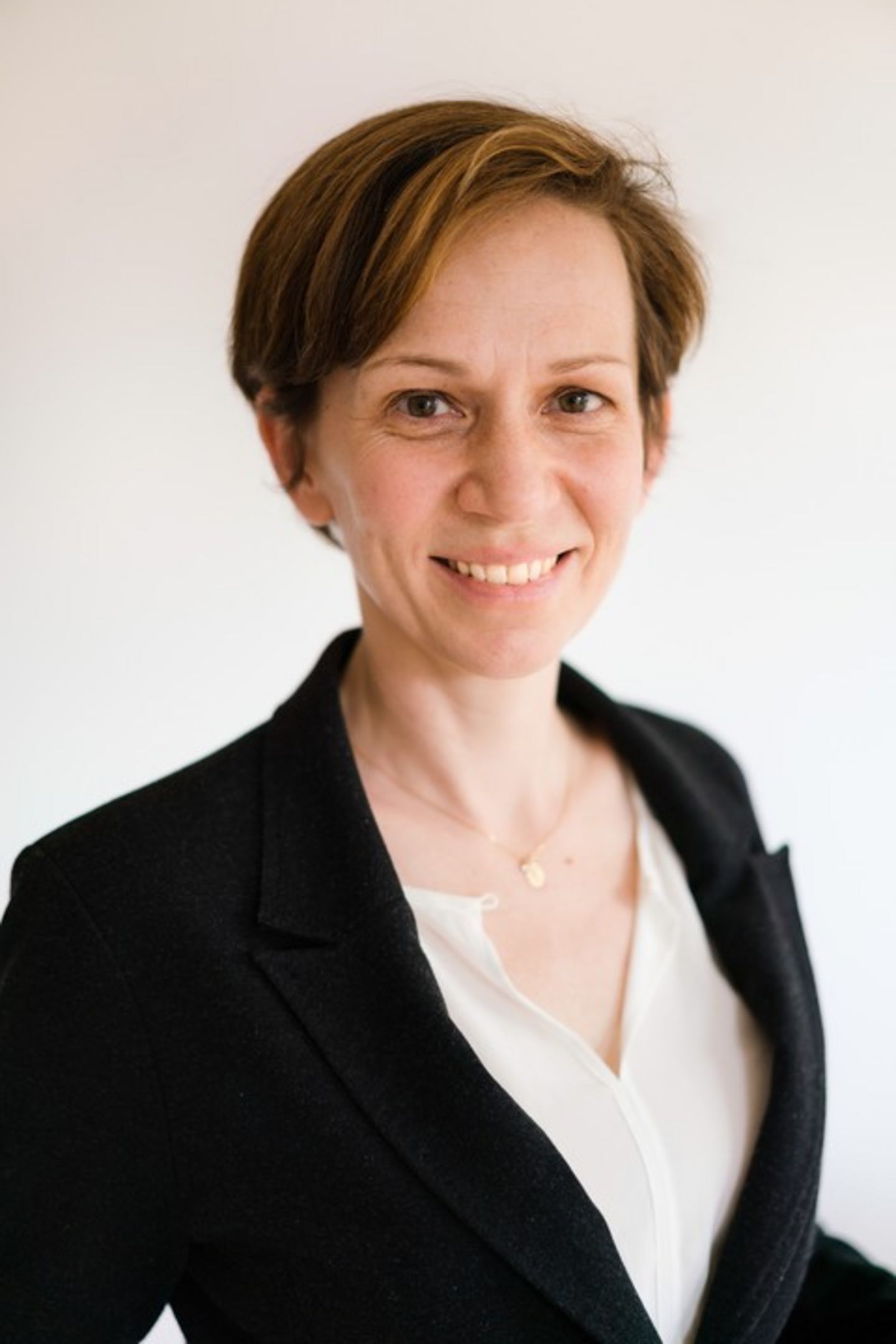
© Tiss: Dragana Damjanovic
Univ.Prof. Mag.iur. , opens an external URL in a new windowDr.iur. Dragana Damjanovic, opens an external URL in a new window was appointed as University Professor of Public Economic Law at the TU Wien with effect from 1 March 2020. She is assigned to the Institute of Spatial Planning (E280), opens an external URL in a new window in the Faculty of Architecture and Planning, opens an external URL in a new window.
Dragana Damjanovic studied law at the University of Vienna and achieved a PhD 2001 with the theme “Regulierung der Kommunikationsmärkteunter Konvergenzbedingungen, opens an external URL in a new window“. Soon afterwards she completed a postgraduate study (LL.M.) at the University of California, Berkeley, School of Law and was lecturer and later assistant professor in the Department of Public Law and Tax Law of the Vienna University of Economics and Business (WU Wien). In 2015 she obtained her Venia Docendi, thus qualifying her to teach in the field of "Public and European Law" for her habilitation on “Legal structure of the EU social market economy, opens an external URL in a new window“. From March 2018 on she was Deputy Head of the Institute of Law at BOKU Wien.
She is currently Head of the Research Unit of Law., opens an external URL in a new window Her research focuses on public economic law and in particular its societal and ecological aspects: economic constitution, law of the network industries and services of general economic interest; sustainable housing; social, ecological and innovative procurement; environmental law.
Publications of Dragana Damjanovic in ReposiTUm, opens an external URL in a new window.
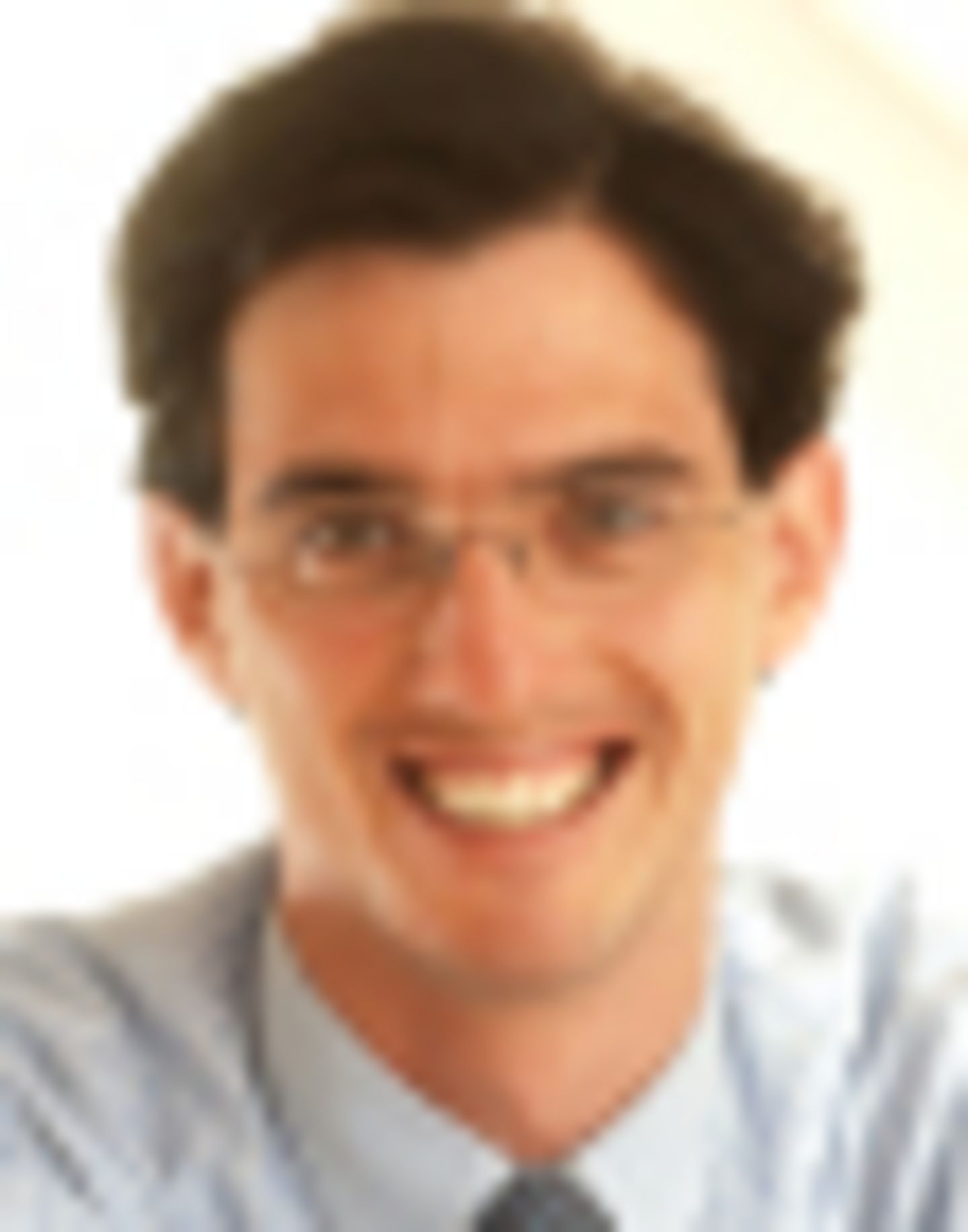
© Tiss: Bernhard Pichler
Univ.Prof. Dipl.-Ing. Dr.techn. Bernhard Pichler, opens an external URL in a new window was appointed as University Professor of Structural Analysis and Experimental Mechanics at the TU Wien with effect of 1 March 2020. He is assigned to the Institute of Mechanics of Materials and Structures , opens an external URL in a new window(E202) in the Faculty of Civil Engineering, opens an external URL in a new window.
Bernhard Pichler studied Civil Engineering at the TU Wien and achieved his PhD in the year 2003 (with distinction) addressing the following theme “Parameter identification as the basis for prognoses in geotechnical engineering, opens an external URL in a new window”. From 2005 to 2009 he was PostDoc abroad, e.g.at the ENPC in Paris. In 2009, he obtained his Venia Docendi, thus qualifying him to teach Strength of Materials and Structural Analysis, with a postdoctoral thesis (habilitation) on the topic "Strength of microheterogeneous materials exhibiting brittle failure, opens an external URL in a new window". Since 2011 he is Associate Professor.
He is Head of the Research Unit for Structural Analysis and Experimental Mechanics, opens an external URL in a new window (E202-03) and the Laboratory for Macroscopic Material Testing, opens an external URL in a new window of TU Wien. He is winner of the Best Teacher Award 2018, opens an external URL in a new window and the Best Lecturer Award 2017, opens in new window und 2019, opens in new window for the lecture "Structural analysis - statics" together with Ass. Prof. Aminbaghai.
Publications of Bernhard Pichler in ReposiTUm, opens an external URL in a new window.

© Tiss: Golta Khatibi Damavandi
Associate Prof. Mag.rer.nat. Dr.techn. Golta Khatibi Damavandi, opens an external URL in a new window was appointed as Associate Professor of Werkstoffkunde at the TU Wien with effect from 1 March 2020. She isassigned to the Institute of Chemical Technologies and Analytics, opens an external URL in a new window (E164) in the Faculty of Technical Chemistry, opens an external URL in a new window.
Golta Khatibi Damavandi has a BSc in Materials Science and an MSc in Technical Chemistry. She received her doctorate from TU Wien in 1989 with the topic “Process control in the production of dispersion-hardened Al materials, opens an external URL in a new window”. She was awarded the Venia Docendi for “Materials Science of Inorganic Materials” in 2019 with the habilitation thesis “Relationship between microstructure and mechanical properties of small-scaled materials and structures, opens an external URL in a new window”. Since 2014, she has headed the Mechanical Properties and Reliability research group and the CD laboratory “Lifetime and Reliability of Interfaces in Complex Multilayer Structures of Electronics, opens an external URL in a new window”, in which she cooperated with leading commercial companies (press article, opens an external URL in a new window from December 10, 2015).
In the Chemical Technologies research area, she heads the Mechanical Properties and Reliability research group, opens an external URL in a new window (E164-03-2). The focus of her research and teaching was on investigating the time- and temperature-dependent properties of materials under static and dynamic loads.
Publications of Golta Khatibi Damavandi in ReposiTUm, opens an external URL in a new window.
FEBRUARY 2020

© Tiss: Aaron Maxwell Andrews
Associate Prof. Aaron Maxwell Andrews, PhD, opens an external URL in a new window was assigned to the Institute of Solid State Electronics (E362), opens an external URL in a new window in the Faculty of Electrical Engineering and Information Technology, opens an external URL in a new window at TU Wien, assuming his post as Associate Professor with effect from 1 February 2020.
Aaron Maxwell Andrews studied Materials Science at the University of California Los Angeles and went on to study at the University of California Santa Barbara, where he was awarded his doctorate in 2003 for his thesis on "Cross surface morphology and lateral oxidation in lattice-mismatched thin films,, opens an external URL in a new window". He began working at TU Wien in 2004, in the Photonics Institute, and moved to the Institute of Solid State Electronics in 2009. In 2015, he successfully applied for the tenure-track position in "Epitaxy of advanced optoelectronic nanostructures", which he successfully completed in 2020. In 2019, he also obtained his venia docendi, and thus his qualification to teach in the area of "Semiconductor Technology" with a habilitation on "Growth of intersubband optoelectronic devices, opens an external URL in a new window".
Assigned to the Research Unit for Solid State Electronics, opens an external URL in a new window, he focuses on the development, analysis and characterisation of nanomaterials and structures.
Publications of Aaron Maxwell Andrews in ReposiTUm, opens an external URL in a new window.
JANUARY 2020

© Tiss: Fabio Toninelli
Univ.Prof. Fabio Toninelli, PhD, opens an external URL in a new window was appointed as University Professor for Probability at the TU Wien with effect from 20 January 2020. He is assigned to the Institute for Statistics and Mathematical Methods in Economics , opens an external URL in a new window(E105) in the Faculty of Mathematics and Geoinformation, opens an external URL in a new window.
Fabio Toninelli studied Physics at the Sapienza University of Rome. In the year 2002 he achieved his PhD in Physics at the Scuola Normale Superiore in Pisa (cum laude) addressing the following theme “Rigorous results for mean field spin glasses: thermodynamic limit and sum rules for the free energy, opens an external URL in a new window”. From 2002 to 2004 he was PostDoc at TU Eindhoven and at the University of Zurich and from 2004 to 2012 he was a CNRS junior researcher at the Physics Department of ENS Lyon. He obtained his habilitation, thus qualifying him to teach in the field of Mathematics, with his postdoctoral thesis on "Polymeres en milieu aléatoire: Localisation, Phénomènes critiques et Critére de Harris, opens an external URL in a new window". From 2012-2020 he was a CNRS senior researcher at the Department of Mathematics of the University Lyon 1.
He is currently Head of the Research Unit of Mathematical Stochastics, opens an external URL in a new window (E105-07). His main research interests are mostly in Statistical Mechanics, Mathematical Physics and Markov Chain mixing.
Publications of Fabio Toninelli in ReposiTUm, opens an external URL in a new window.
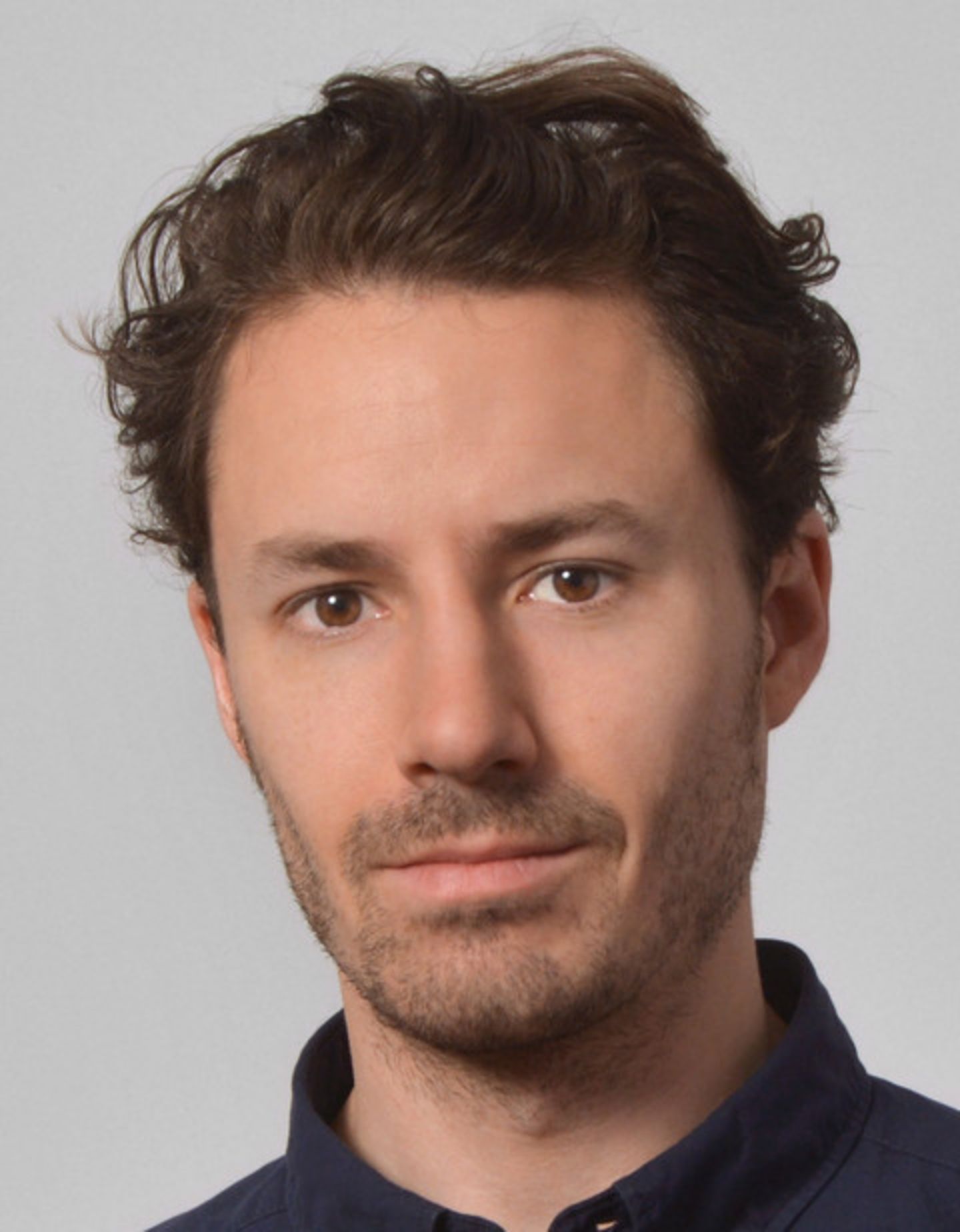
© Tiss: Georg Fuchsbauer
Associate Prof. Docteur Georg Fuchsbauer, opens an external URL in a new window was appointed as Associate Professor for Cryptography at the TU Wien with effect from 1January 2020. He is assigned to the Institute of Logic and Computation (E192), opens an external URL in a new window in the Faculty of Informatics, opens an external URL in a new window.
Georg Fuchsbauer studied mathematics at the University of Linz (with distinction) and obtained his PhD in 2011 (also with distinction) at the École normale supérieure in Paris under Prof. David Pointcheval. His dissertation was on the topic of “Automorphic Signatures and Their Applications, opens an external URL in a new window”. After a PostDoc stay at the University of Bristol (UK), he joined the cryptography research group of Krzysztof Pietrzak at IST Austria in 2013. In 2016 he became “chargé de recherche” (Assistant Prof.) at the “Institut national de recherche en informatique et en automatique (INRIA, opens an external URL in a new window)” in the cryptography research group, opens an external URL in a new window in Paris, France. He was also able to apply for an ANR starting grant. In 2019 he was a Visiting Scientist at the Simons Institute at UC Berkeley. In 2020 he moved to TU Wien as Asocciate Professor.
He is assigned to the research area Security and Privacy, opens an external URL in a new window (E192-06).
Publications by Georg Fuchsbauer in ReposiTUm, opens an external URL in a new window.
OCTOBER 2019
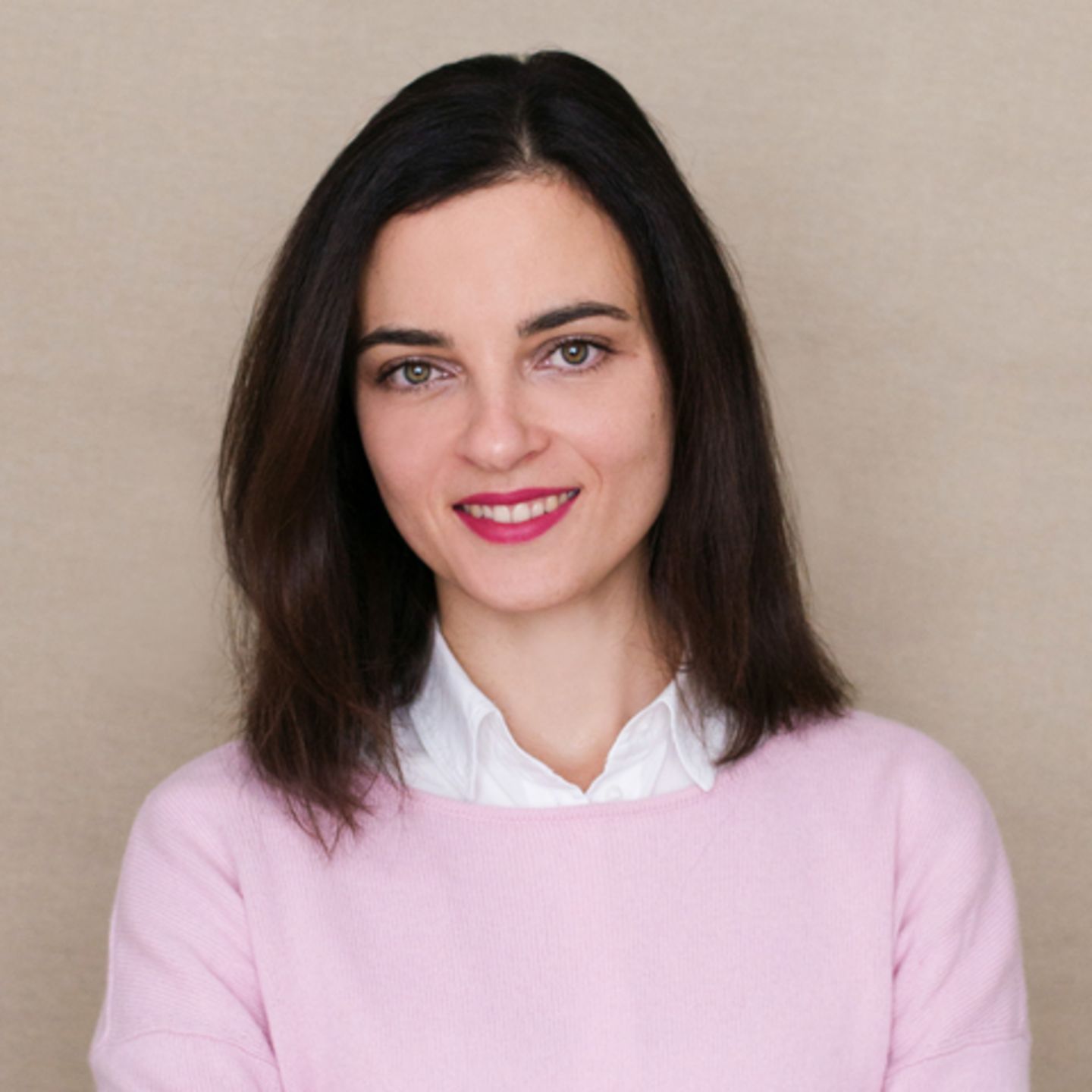
© Tiss: Ekaterina Benavente-Fokina
Associate Prof. Dipl.Ing.Mag.Dr techn. Ekaterina Benavente-Fokina PhD, opens an external URL in a new window was assigned to the Institute of Discrete Mathematics and Geometry (E104), opens an external URL in a new window in the Faculty of Mathematics and Geoinformation, opens an external URL in a new window, assuming her post as Associate Professor for Computational Logic, with effect from 1 October 2019.
Ekaterina Fokina, born in Novosibirsk - Akademgorodok (Russia), studied Mathematics at the State University of Novosibirsk. As a doctoral student, she spent one year at the University of Notre Dame in South Bend, USA. After graduating in 2008, she moved to Vienna and began working at the Kurt Gödel Research Center for Mathematical Logic of the University of Vienna. In 2013, she obtained her venia docendi, thus became qualified to teach "Mathematics", with her habilitaiton on "Complexity of equivalence relations, opens an external URL in a new window". She also received support for her research under the Elise-Richter programme, opens an external URL in a new window. She has been at TU Wien since 2015. In 2016 she submitted here her thesis (recognition-related) on the topic of "Algorithmic properties of equivalence relations".
She is based in the Research Unit for Computational Logic, opens an external URL in a new window (E104-02). Her main research focus is the analysis of algorthmic characteristics of mathematical structures.
Publications of Ekaterina Fokina in ReposiTUm, opens an external URL in a new window.
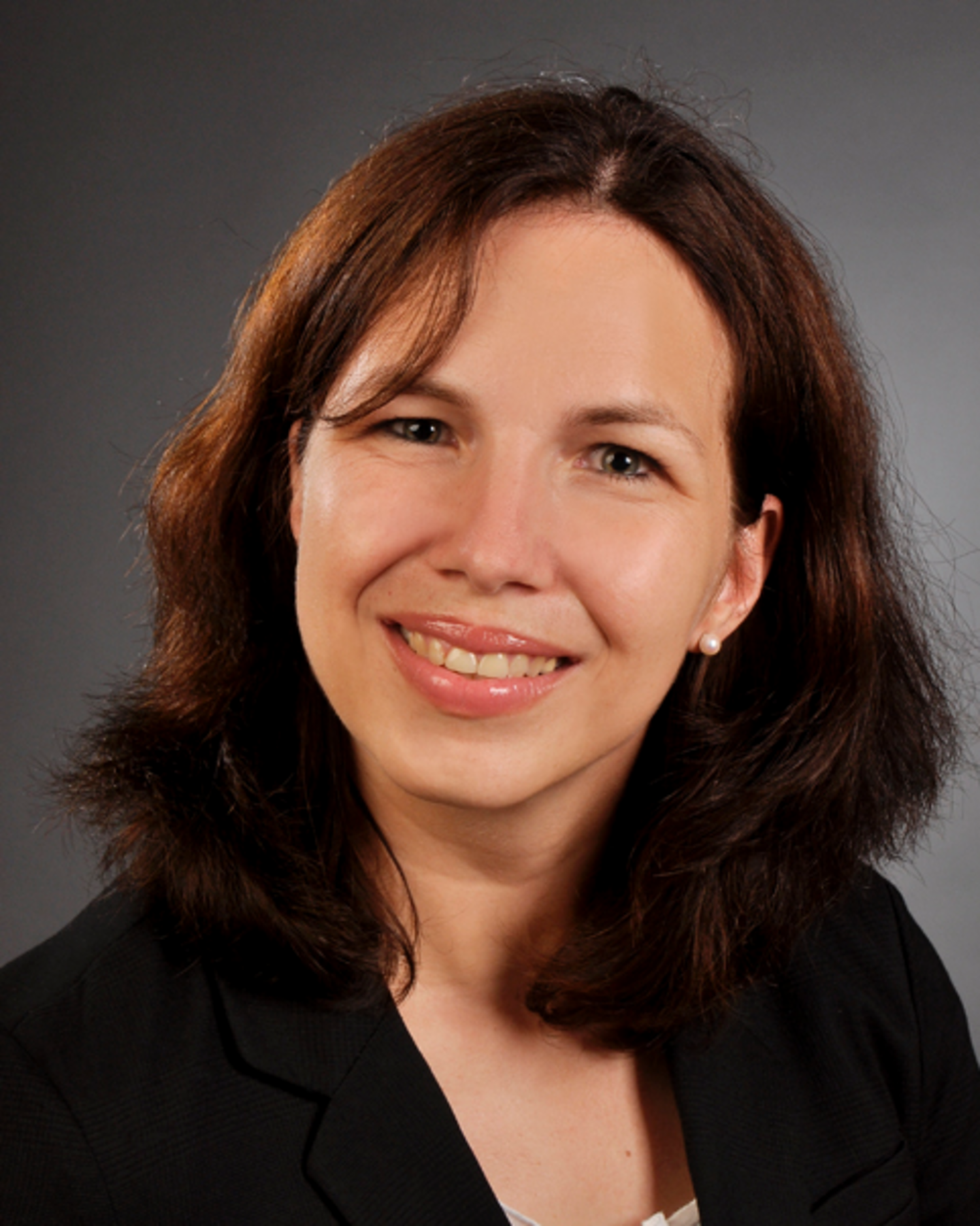
© Tiss: Stefanie Elgeti
Univ.Prof. Dr.-Ing. Stefanie Elgeti, opens an external URL in a new window was appointed as University Professor of Lightweight Design at TU Wien with effect from 1 October 2019. She is assigned to the Institute for Lightweight Design and Structural Biomechanics, opens an external URL in a new window (E317) of the Faculty of Mechanical and Industrial Engineering, opens in new window at TU Wien.
Stefanie Elgeti studied Mechanical Engineering, specialising in Manufacturing Techniques for Microsystems. She received her doctorate for the thesis "Free-Surface Flows in Shape Optimization of Extrusion Dies, opens an external URL in a new window" in 2011 and obtained her venia docendi, thus qualifying her to teach in the area of "Lightweight Design", with the habilitation, opens an external URL in a new window on "CAD-Conforming Finite Element Methods in Engineering Design" in 2016. Since the completion of her PhD thesis she was Head of the Research Group for "Production techniques" at CATS (Chair for Computational Analysis of Technical Systems) and later Deputy Head. She is still lecturer at CATS.
She is the Head of the Research Unit of Lightweight Design, opens an external URL in a new window (E317-01) at TU Wien. Her current research field is modelling, simulation and numerical design of components and production processes.
Publications of Stefanie Elgeti in ReposiTUm, opens an external URL in a new window.
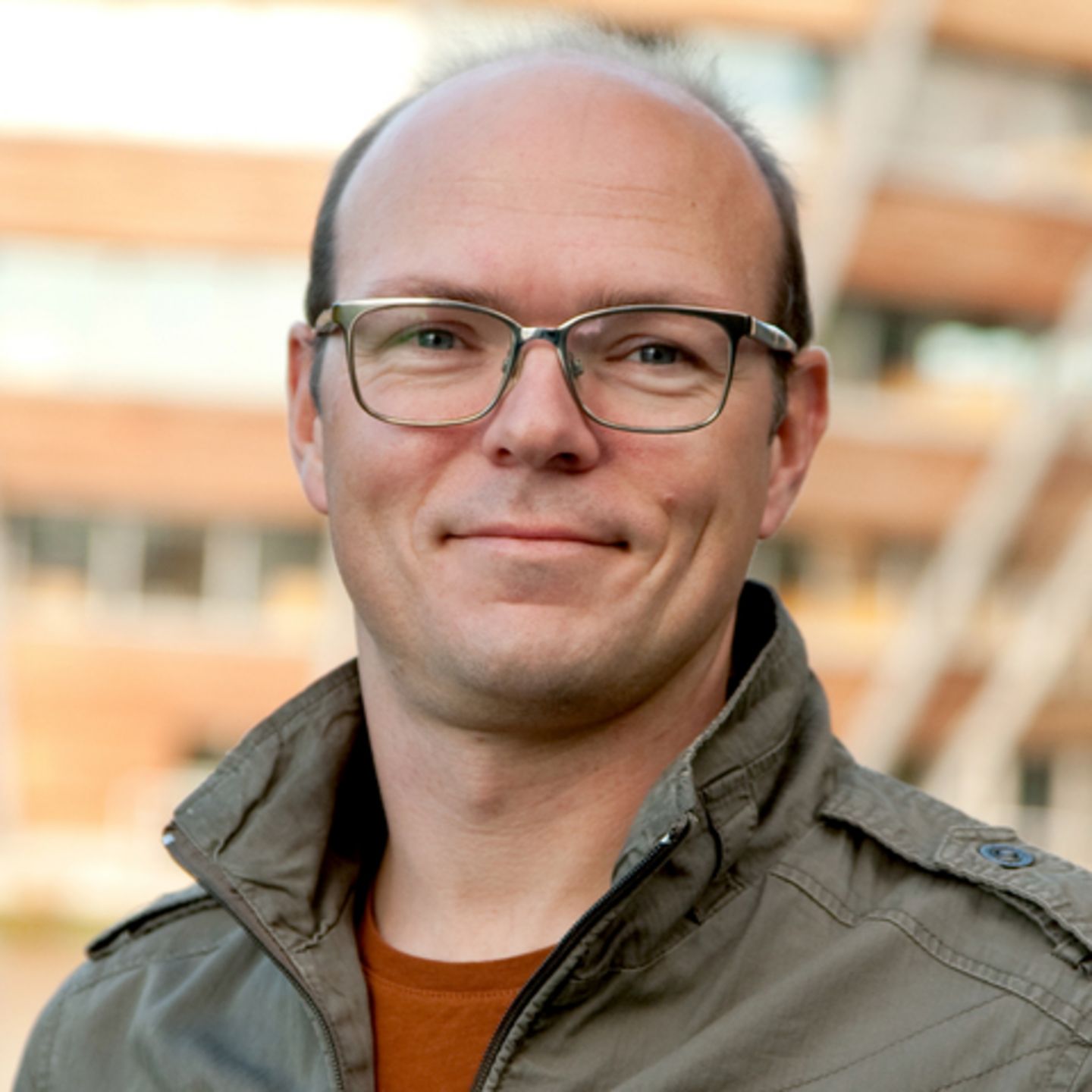
© Tiss: Thomas Gärtner
Univ.Prof. Dipl.-Ing.(BA) Dr.rer.nat. Thomas Gärtner, opens an external URL in a new window was appointed as University Professor of Machine Learning at TU Wien with effect from 1 October 2019. He is assigned to the Institute of Information Systems Engineering, opens an external URL in a new window (E194) of the Faculty of Informatics, opens an external URL in a new window at TU Wien.
Thomas Gärtner studied at the University of Bonn and received his doctorate there for the thesis "Kernels for structured data, opens an external URL in a new window" in 2005. In addition he holds a MSc from the University of Bristol (2000), and a Diplom (1999) as well as a degree as a certified engineering assistant (1998) from the University of Cooperative Education in Mannheim. After having received his PhD he then led a Research Group at the Fraunhofer Institute and the University of Bonn for Intelligent Analysis and Information Systems IAIS. From July 2015 to September 2019 he was Professor of Data Science at the University of Nottingham.
He is Head of the Research Unit for Machine Learning, opens an external URL in a new window (E194-06). His current research field is efficient and effective machine learning and data mining algorithms.
Publications of Thomas Gärtner in ReposiTUm, opens an external URL in a new window.
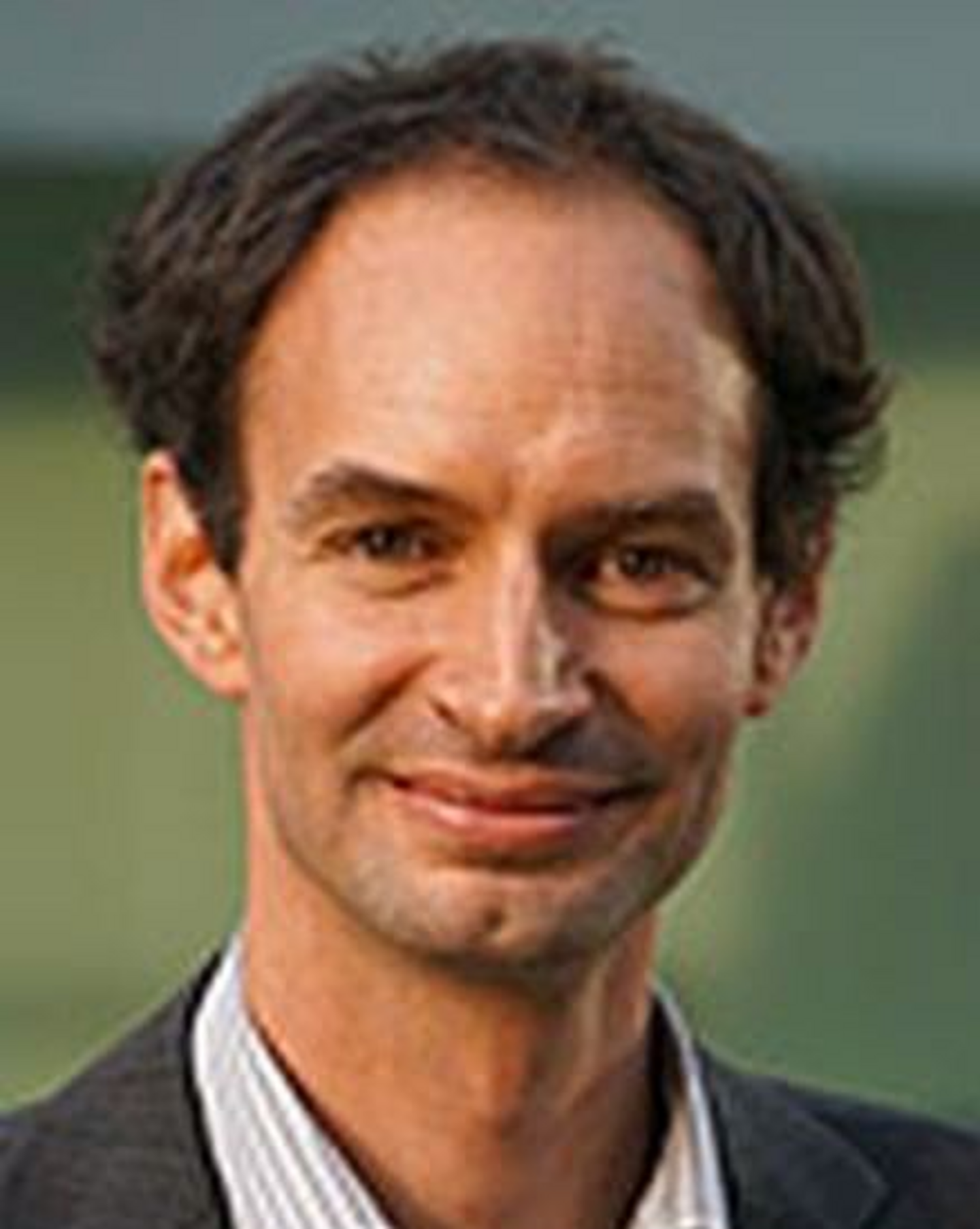
© Tiss: Michael Weber
Univ.Prof. Dipl.Ing. Dr.-Ing. Walter Michael Weber, opens an external URL in a new window was appointed as University Professor of Nanoelectronics at TU Wien with effect from 1 October 2019. He is assigned to the Institute of Solid State Electronics, opens an external URL in a new window (E362) of the Faculty of Electrical Engineering and Information Technology, opens an external URL in a new window at TU Wien.
Walter Michael Weber studied at the Technical University of Munich, where he received his doctorate in "Silicon to nickel silicide longitudinal nanowire heterostructures: synthesis, electrical characterization and novel devices, opens an external URL in a new window" in 2008. Between 2002 and 2008, Prof. Weber did research concerning the development of innovative nanometre-scale transistors and memory based on ultra-thin layers, 3D fins and nanowires at the central research departments of Infineon Technologies AG and Qimonda AG in Munich. He then moved to Dresden, where he led the "Emerging Devices" Research Group at the Nanoelectronic Materials Laboratory (NaMLab gGmbH) and was responsible for the development and operation of the clean room between 2008 and 2019. In parallel, he led the Research Group for Reconfigurable Electronics at the "Center for Advancing Electronics Dresden, CfAED" Cluster of Excellence at TU Dresden, from 2012 onwards.
He is Head of the Research Unit of Nanoelectronic Devices (E362-02). His field of research at TU Wien is the development of nanoelectronic components for energy-efficient and adaptable beyond CMOS applications and their potential for integration in modern circuits.
Publications of Walter Michael Weber in ReposiTUm, opens an external URL in a new window.
SEPTEMBER 2019
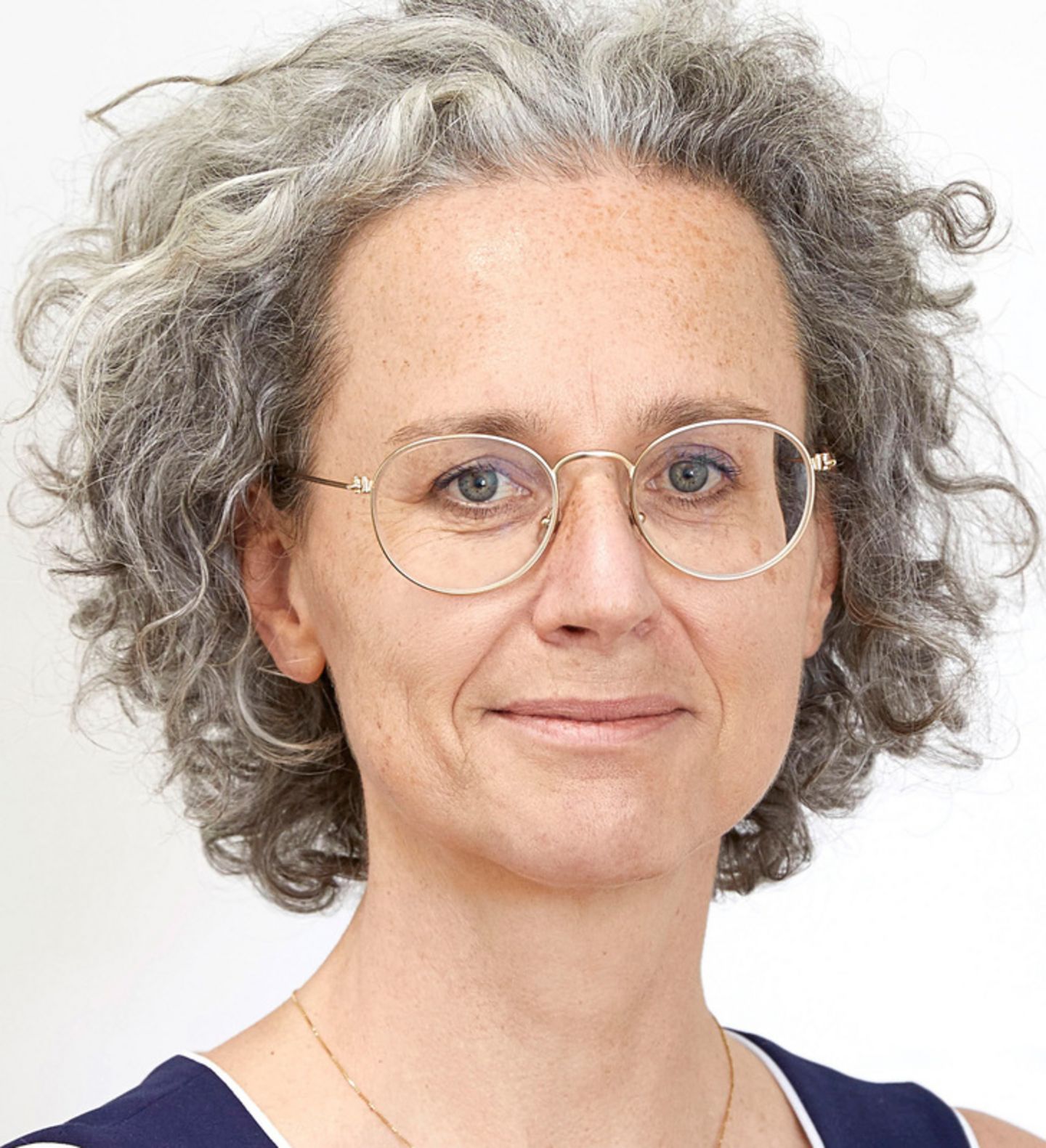
© Tiss: Angelika Psenner
Associate Prof. Dipl.Ing. Dr.techn. Angelika Psenner, opens an external URL in a new window was assigned to the Institute of Urban Design and Landscape Architecture, opens an external URL in a new window (E260) in the Faculty of Architecture and Planning, opens an external URL in a new window at TU Wien, assuming her post as Associate Professor, with effect from 1 September 2019.
Angelika Psenner, born in Bolzano (Italy), studied Architecture at TU Wien and at the Ecole La Villette Paris. In 2001, she was awarded her doctorate at TU Wien for her thesis on "Perception in urban public space: A field research project in Praterstrasse, Vienna/Leopoldstadt, opens an external URL in a new window". After numerous periods abroad and project work at TU Wien, she obtained her venia docendi 2019, thus qualifying her to teach "Urban Design" with her habilitation on "Urban design against the backdrop of current urban planning research, opens an external URL in a new window". She also received support for her research under the Elise-Richter programme, opens an external URL in a new window.
She is professor at the Research Unit of Urban Design, opens an external URL in a new window (E260-01).
Publications of Angelika Psenner in ReposiTUm, opens an external URL in a new window.
JULY 2019
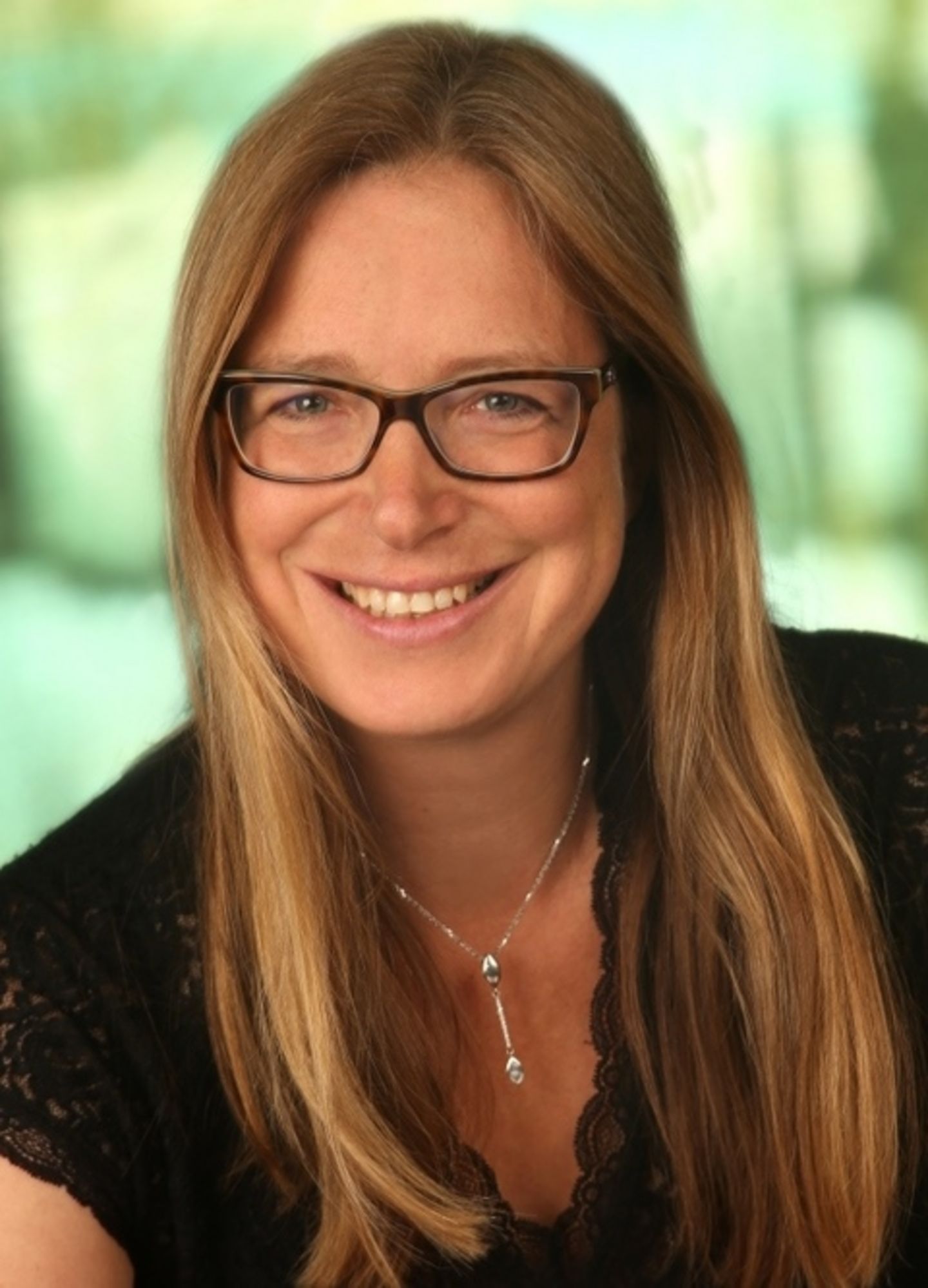
© Tiss: Ruth Birner-Grünberger
Univ.Prof. Dipl.Ing. Dr.techn. Ruth Birner-Grünberger, opens an external URL in a new window was appointed as Professor of Multimodal Analytical Chemistry at TU Wien with effect from 1 July 2019. She is assigned to the Institute of Chemical Technologies and Analytics, opens an external URL in a new window (E164) of the Faculty of Technical Chemistry, opens an external URL in a new window at TU Wien.
Ruth Birner-Grünberger received her doctorate in "Phosphatidylethanolamine - a key lipid of yeast mitochondria, opens an external URL in a new window" in 2002 at the Graz University of Technology and obtained her Venia Docendi, thus qualifying her to teach in the field of "Biochemistry" in the year 2007. She became Associate Professor there in 2011 and Coordinator of the Omics Cente Graz, opens an external URL in a new window in 2013. Between 2016 and 2018, she was a visiting professor at the University of the Witwatersrand in Johannesburg, South Africa, at UC Berkeley, USA and at ETH Zürich, Switzerland.
She is Head of the Research Unit of Instrumental and Imaging Analytical Chemistry, opens an external URL in a new window (E164-01). Her research focuses on proteomes, in particular the lipid metabolism, as well as the application of mass spectrometry in this research area. She has also the Chair of Faculty Council., opens an external URL in a new window
Publications of Ruth Birner-Grünberger in ReposiTUm, opens an external URL in a new window.
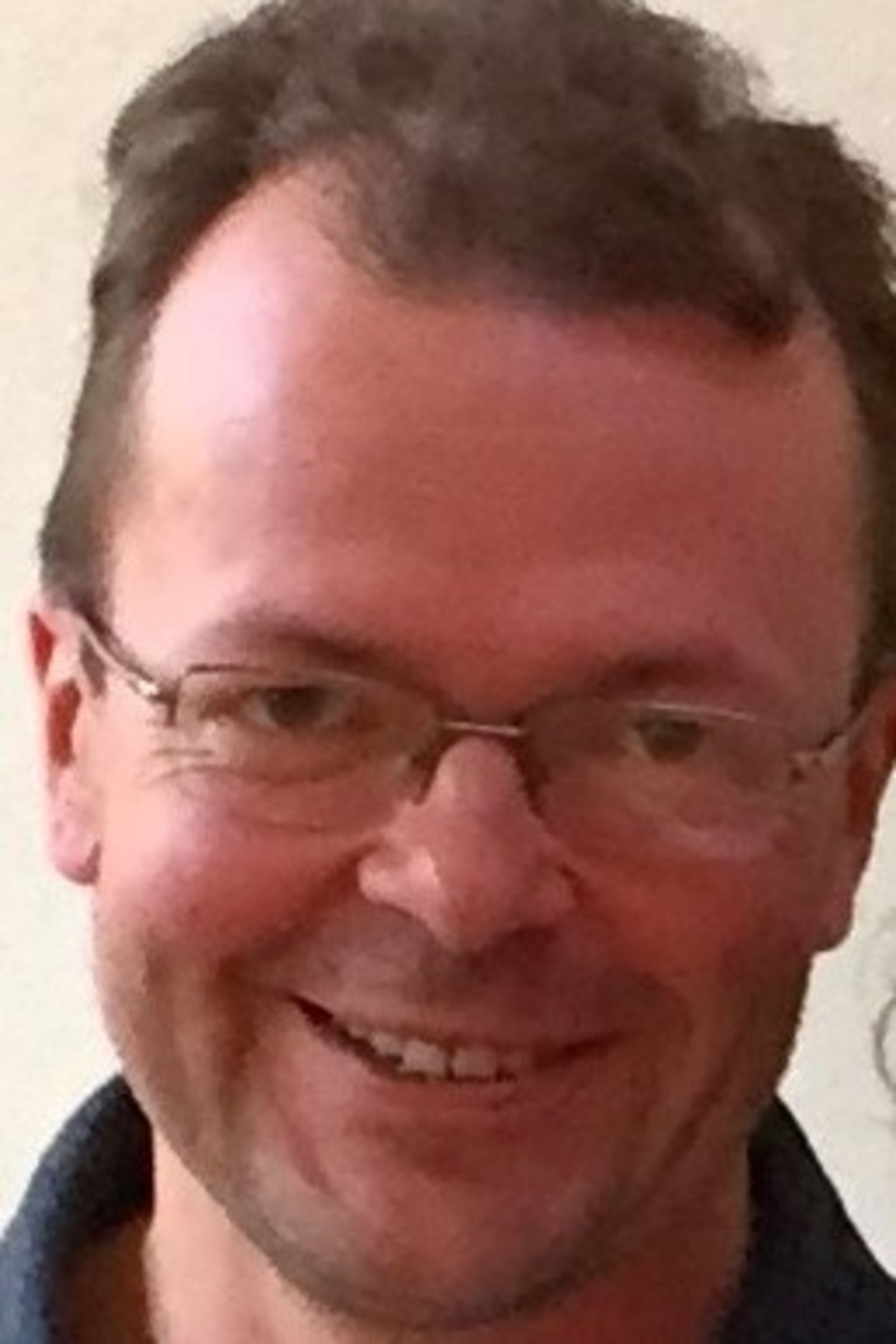
© Tiss: Ivan Izmestiev
Univ.Prof. Dr. Ivan Izmestiev, opens an external URL in a new window was appointed University Professor of Differential Geometry at TU Wien with effect from 1 July 2019. He is assigned to the Institute of Discrete Mathematics and Geometry, opens an external URL in a new window (E104) of the Faculty of Mathematics and Geoinformation, opens an external URL in a new window at TU Wien.
Ivan Izmestiev received his doctorate in "Geometry of manifolds with regular torus action, opens an external URL in a new window" at the Lomonosov Moscow State University (Victor M. Buchstaber) in 2001. Between 2005 and 2015, he worked at the Freie Universität Berlin and TU Berlin as a postdoctoral researcher and in 2011 he obtained his venia docenid with the habilitation "Discrete Hilbert-Einstein functional and rigidity, opens an external URL in a new window". Between 2015 and 2019, he worked as a Senior Lecturer at the University of Fribourg, Switzerland.
He is Head of the Research Unit of Differential Geometry and Geometric Structures, opens an external URL in a new window (E104-03). His research topics are questions on differential geometry, hyperbolic geometry and discrete curvature.
Publications of Ivan Izmestiev in ReposiTUm, opens an external URL in a new window.
JUNE 2019
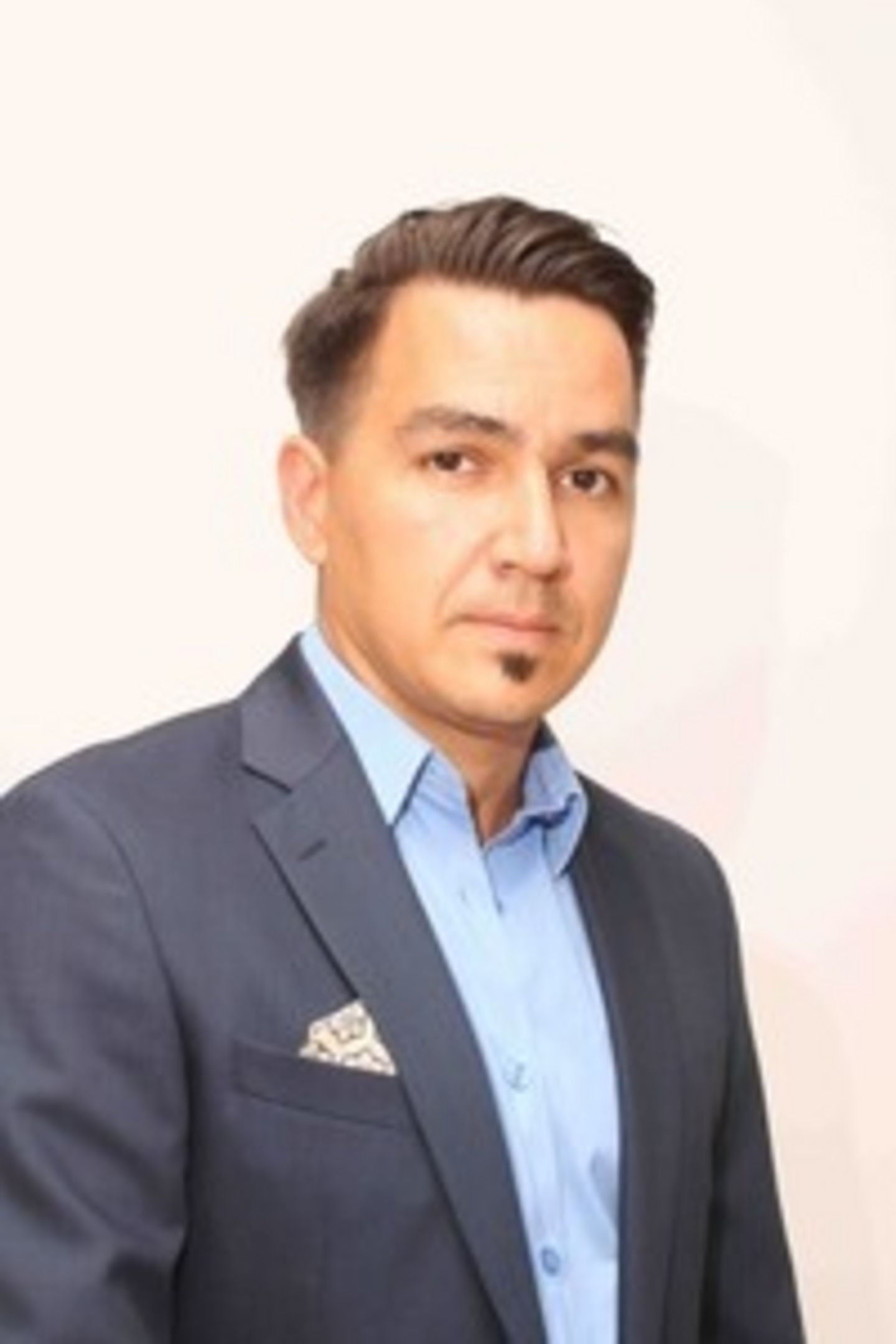
© Tiss: Aleksandr Ovsianikov
Univ.Prof. Dr.rer.nat. Aleksandr Ovsianikov, opens an external URL in a new window was appointed as University Professor of 3D Printing and Biofabrication at TU Wien with effect from 1 June 2019. He is a member of the Institute of Materials Science and Technology, opens an external URL in a new window (E308) in the Faculty of Mechanical and Industrial Engineering, opens in new window at TU Wien.
In 2008, Aleksandr Ovsianikov was awarded his doctorate at the Laser Zentrum Hanover (summa cum laude) of the University of Hanover for his thesis on "Investigation of two-photon polymerization technique for applications in photonics and biomedicine, opens an external URL in a new window". Since 2010, Aleksandr Ovsianikov has been with the Additive Manufacturing Technologies (AMT) Group at TU Wien. In 2012, he obtained an ERC Starting Grant, followed by an ERC Consolidator Grant. He obtained his Venia Docendi in 2017, thus qualifying him to teach in the field of Additive Manufacturing. His postdoctoral (habilitation) thesis focused on "Additive manufacturing technologies for biomedical applications, opens an external URL in a new window".
Together with a publisher-team he is responsible for a key publication in the specific field “3D Printing and Biofabrication", opens an external URL in a new window. Besides, he is co-founder and head of research of the TU Wien spin-off "UpNano GmbH, opens an external URL in a new window", aiming at the commercialization of high-resolution 3D printing and bioprinting. The company was honored with several prices and was Start-Up of the year 2019, opens an external URL in a new window [article in German].
He is Head of the 3D Printing and Biofabrication Research Group, opens an external URL in a new window in the Research Unit Polymer and Composite Materials (308-02). Moreover he is member of the Austrian Cluster for Tissue Regeneration, opens an external URL in a new window and was elected to the board of directors of the "International Society fo Biofabrication", opens an external URL in a new window.
Univ.Prof. Dr.rer.nat. Aleksandr Ovsianikov, opens an external URL in a new window was appointed as University Professor of 3D Printing and Biofabrication at TU Wien with effect from 1 June 2019. He is a member of the Institute of Materials Science and Technology, opens an external URL in a new window (E308) in the Faculty of Mechanical and Industrial Engineering, opens in new window at TU Wien.
In 2008, Aleksandr Ovsianikov was awarded his doctorate at the Laser Zentrum Hanover (summa cum laude) of the University of Hanover for his thesis on "Investigation of two-photon polymerization technique for applications in photonics and biomedicine, opens an external URL in a new window". Since 2010, Aleksandr Ovsianikov has been with the Additive Manufacturing Technologies (AMT) Group at TU Wien. In 2012, he obtained an ERC Starting Grant, followed by an ERC Consolidator Grant. He obtained his Venia Docendi in 2017, thus qualifying him to teach in the field of Additive Manufacturing. His postdoctoral (habilitation) thesis focused on "Additive manufacturing technologies for biomedical applications, opens an external URL in a new window".
Together with a publisher-team he is responsible for a key publication in the specific field “3D Printing and Biofabrication", opens an external URL in a new window. Besides, he is co-founder and head of research of the TU Wien spin-off "UpNano GmbH, opens an external URL in a new window", aiming at the commercialization of high-resolution 3D printing and bioprinting. The company was honored with several prices and was Start-Up of the year 2019, opens an external URL in a new window [article in German].
He is Head of the 3D Printing and Biofabrication Research Group, opens an external URL in a new window in the Research Unit Polymer and Composite Materials (308-02). Moreover he is member of the Austrian Cluster for Tissue Regeneration, opens an external URL in a new window and was elected to the board of directors of the "International Society fo Biofabrication", opens an external URL in a new window.
Publications of Aleksandr Ovsianikov in ReposiTUm, opens an external URL in a new window.
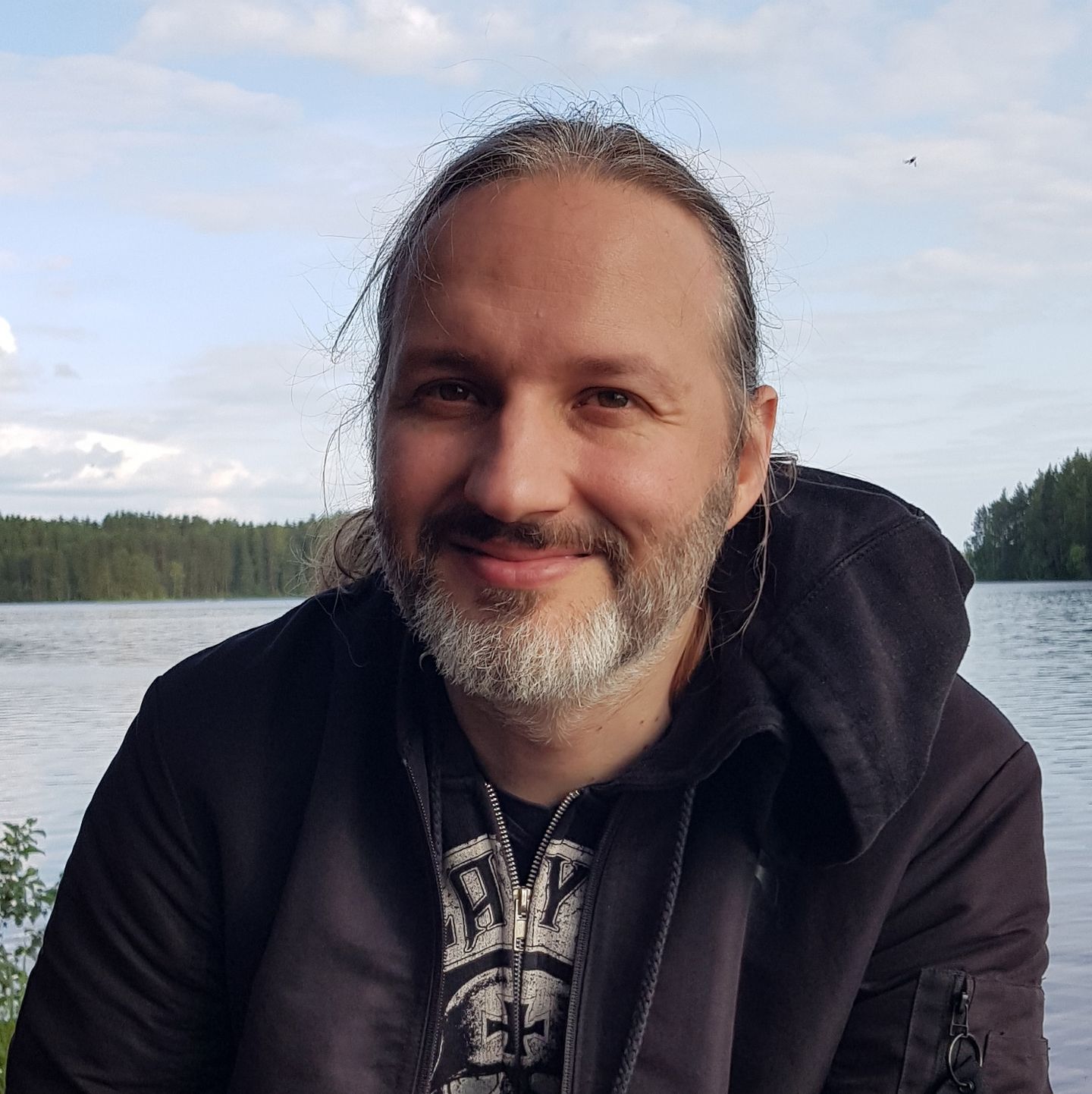
Associate Prof. Diplom-Statistiker Klaus Nordhausen, PhD, opens an external URL in a new window was assigned to the to the Institute of Statistics and Mathematical Methods in Economics, opens an external URL in a new window (E105) in the Faculty of Mathematics and Geoinformation, opens an external URL in a new window of TU Wien, assuming his post as Associate Professor with effect from 1 June 2019.
In 2003, he graduated from TU Dortmund in Statistics. He then moved to Finland and, in 2008, was awarded his doctorate in Biometrics, at the University of Tampere, for his thesis "On invariant coordinate selection and non-parametric analysis of multivariate data, opens an external URL in a new window". After ten years at the University of Tampere, he moved to the University of Turku in 2013, also in Finland. 2017 he applied for a tenure-track position on the topic of "Computational Statistics" at TU Wien, which he successfully completed in 2019.
He worked at TU Wien in the Research Unit for Computational Statistics, opens an external URL in a new window (E105-06) from 2017 to 2020 until he went back to Finland.
Publications of Klaus Nordhausen in ReposiTUm, opens an external URL in a new window.
MARCH 2019
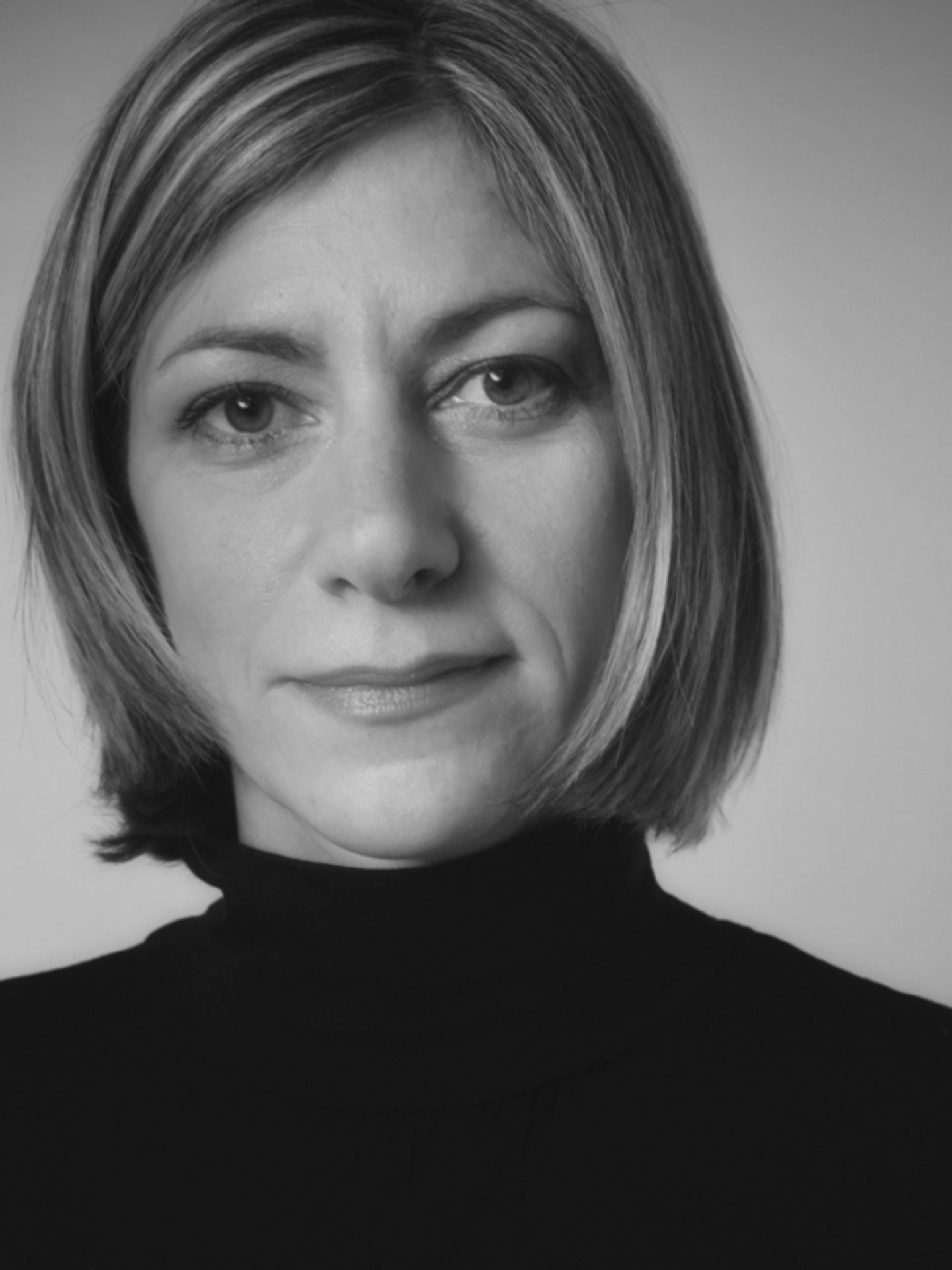
© Tiss: Iva Kovacic
Univ.Prof. Dipl.-Ing. Dr.techn. Iva Kovacic, opens an external URL in a new window was appointed as University Professor of Integral Planning at TU Wien with effect from 1 March 2019. She was assigned to the Institute of Interdisciplinary Construction Process Management, opens an external URL in a new window (E234) in the Faculty of Civil and Enviromental Engineering, opens an external URL in a new window.
Iva Kovacic studied Architecture at TU Wien and was employed as architct at various architectural offices in Vienna and Munich. In part-time she completed her postgraduate studies in Construction Project Management at the Bauhaus University, Weimar. After finishing her studies, she has been associated with the Institute of Interdisciplinary Construction Process Management since 2002, where she was awarded her doctorate in 2005 for her thesis on "Developing strategies for sustainable planning: building as a dynamic system, opens an external URL in a new window". In 2016, she obtained the venia docendi, thus qualifying her to teach in the area of "Integral Planning" with her habilitation on "Advances in integrated building design and planning methodology: exploratory studies for the optimisation of people - process - technology interaction in the architecture, engineering and construction (AEC) industry, opens an external URL in a new window".
Till 31.8.2022 she was Head of the Research Unit for Integral Construction Planning and Industrial Building (E324- 02). From 1.9.2022 on she is the Head of the new Institute of Building- and Industrial Construction (E210). There, her scientific home is the Research Unit of Integrated Planning and Industrial Building (E210-01), where she is also the Head of. She is also member and Principal Investigator within the Coooperation Centre at GCD - The Center for Geometry and Computational Design, opens an external URL in a new window and leading researcher of the FWF Special Research Programmes (SRP) “Advanced Computational Design“. She is also the spokesperson for the group of professors in the Senate, opens an external URL in a new window for the period 2019-2022.
Publications of Iva Kovacic in ReposiTUm, opens an external URL in a new window.
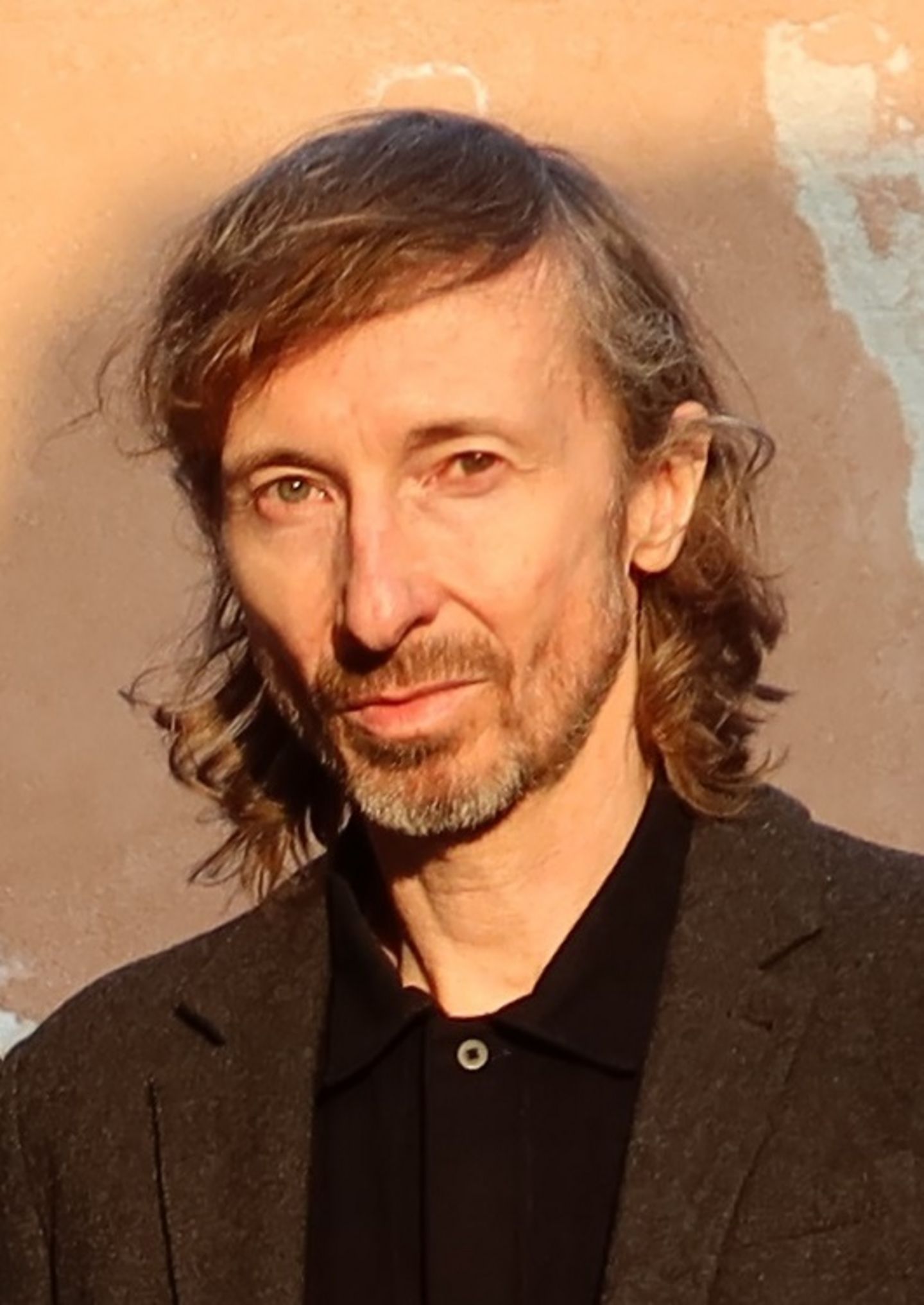
© Tiss: Peter Mörtenböck
Univ.Prof. Dipl.-Ing. Mag.phil. Dr.phil. Peter Mörtenböck, opens an external URL in a new window was appointed as University Professor of Visual Culture with effect from 1 March 2019. He is assigned to the Institute of Art and Design, opens an external URL in a new window (E264) in the Faculty of Architecture and Planning, opens an external URL in a new window at TU Wien.
Peter Mörtenböck studied architecture at TU Wien and psychology at the University of Vienna. Together with Helge Mooshammer he works as curator and researcher in the area of architecture since more than 20 years, e.g. they are both responsible for the Austrian contribution to the Biennale Architettura 2020, opens an external URL in a new window. Since 1997 he has been at TU Wien. 1998 he received a Schroedinger grant and 2000 a guest professorship for visual arts at the University of Art and Design Linz. After obtaining his habilitation, thus qualifying him to teach in the area of Cultural History with his postdoctoral thesis on "Die virtuelle Dimension : Architektur, Subjektivität und Cyberspace, opens an external URL in a new window" (TU Graz), he was offered a professorship for media aesthetics at the University of Paderborn, which he rejected (he acted there as deputy professor in 2002). VFrom 2005 to 2007, he was a Marie Curie Intra-European Fellow at Goldsmiths, University of London. 2018 and 2019 he was offered again professorships at the Academy of Fine Arts Vienna and the University of Applied Arts Vienna.
He is Head of the Research Unit for Visual Culture, opens an external URL in a new window (E264-03) and since 2015 member and rapporteur of COST activities in his research field.
Publications of Peter Mörtenböck in ReposiTUm, opens an external URL in a new window.
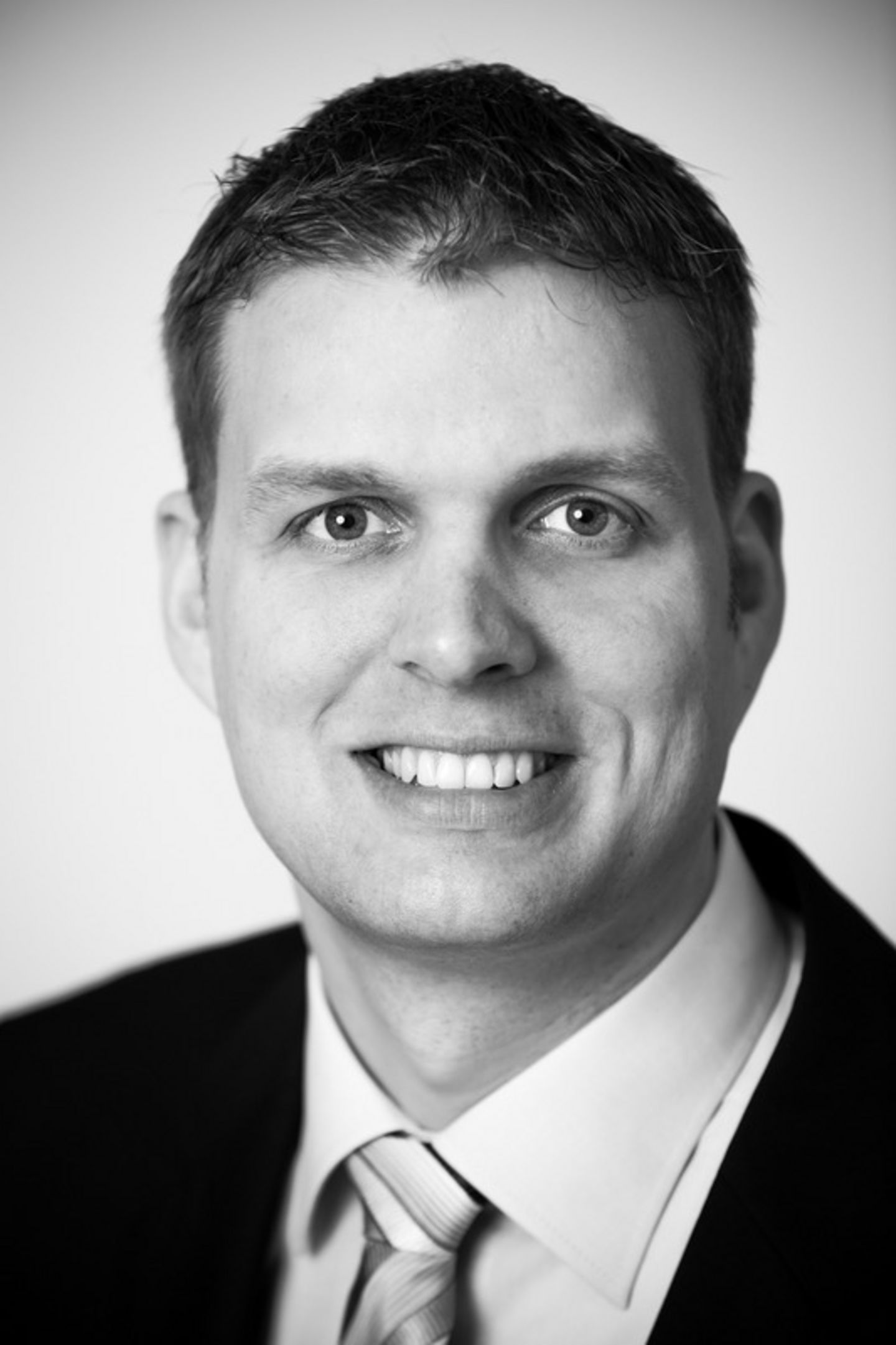
© Tiss: Stefan Schulte
Associate Prof. Dr.-Ing. Stefan Schulte, opens an external URL in a new window was assigned to the Institute of Information Systems Engineering, opens an external URL in a new window (E194) in the Faculty of Informatics, opens an external URL in a new window at TU Wien, assuming his position as Associate Professor with effect from 1 March 2019.
Stefan Schulte graduated from the University of Oldenburg in 2006 with a Master's in Economics and a Bachelor's degree in Computer Science. He also has a "Master's in Information Technology" awarded by the University of Newcastle, New South Wales, Australia. In 2010, he was awarded his doctorate (summa cum laude) at TU Darmstadt for his thesis on "Web service discovery based on semantic information: query formulation and adaptive matchmaking, opens an external URL in a new window" in the Computer Science Service Unit. He then became Head of the "Service-Oriented Computing" Research Group at TU Darmstadt. In 2011, Stefan Schulte moved to TU Wien thus successfully having applied for the tenure-track position "Industrial Cyber-Physical Systems", which he successfully completed in 2019. In 2018, he obtained his Venia Docendi, thus qualifying him to teach, in Computer Science with his habilitation on "Adaptive resource and task scheduling for the industrial internet, opens an external URL in a new window".
He is a team member of the Research Unit Distributed Systems, opens an external URL in a new window (E194-02). Since January 2020, he has been Vice Dean of Academic Affairs, opens an external URL in a new window for the Faculty for Informatics at TU Wien.
FEBRUARY 2019
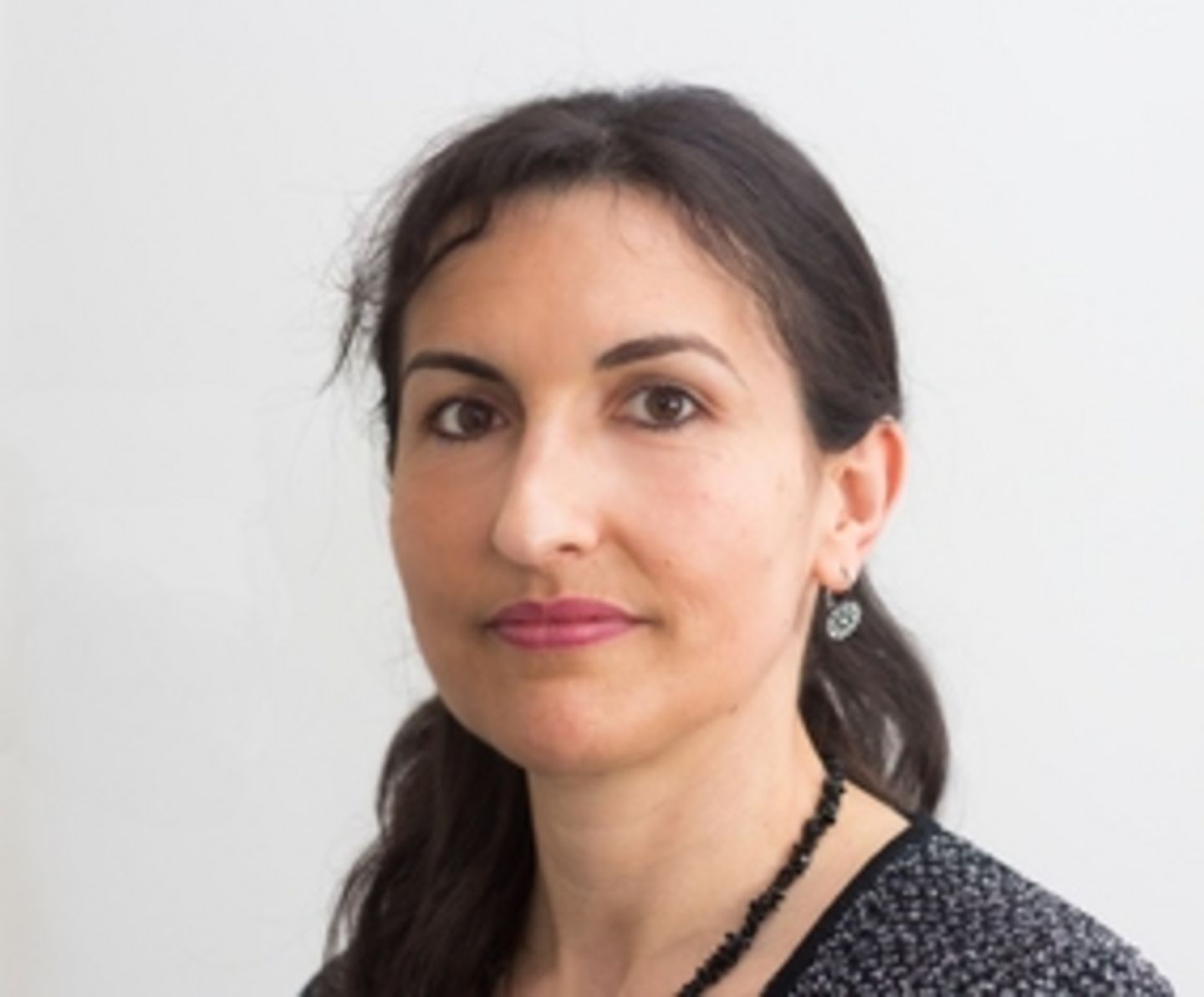
© Tiss: Azra Korjenic
Univ.Prof. Dipl.-Ing. Dr.techn. Azra Korjenic, opens an external URL in a new window was appointed as University Professor of Ecological Construction Technologies at TU Wien with effect from 1 February 2019. She is part of the Institute of Material Technology, Building Physics and Building Ecology, opens an external URL in a new window (E207) in the Faculty of Civil and Enviromental Engineering, opens an external URL in a new window.
Azra Korjenic, born in Sarajevo (Bosnien and Herzegowina), studied Civil Engineering at TU Wien and was awarded her doctorate in 2003 for her thesis on "Application of building simulation for the evaluation of renovation concepts, opens an external URL in a new window" at the Institute of Building Construction and Technology. In 2012, she obtained her qualification to teach (venia docendi) in the field of "Building Physics" with her habilitation on "Methodical approaches to improving energy efficiency in the building sector - further development of the calculation rules, validation and practical implementation, opens an external URL in a new window". Since 2013, she has been Associate Professor in the Institute of Building Construction and Technology in the Research Unit for Building Physics and Sound Insulation. She is (together with Univ. Prof. Thomas Bednar und Sebastian Zilles) winner of the Best Lecture Award 2018, opens an external URL in a new window for the course "Building Physics".
At the Institute of Material Technology, Building Physics and Building Ecology, she is Head of the Research Unit for Ecological Building Technologies, opens an external URL in a new window (E207-03). She is also a member of the Committee on Equal Treatment at TU Wien.
Publications of Azra Korjenic in ReposiTUm, opens an external URL in a new window.